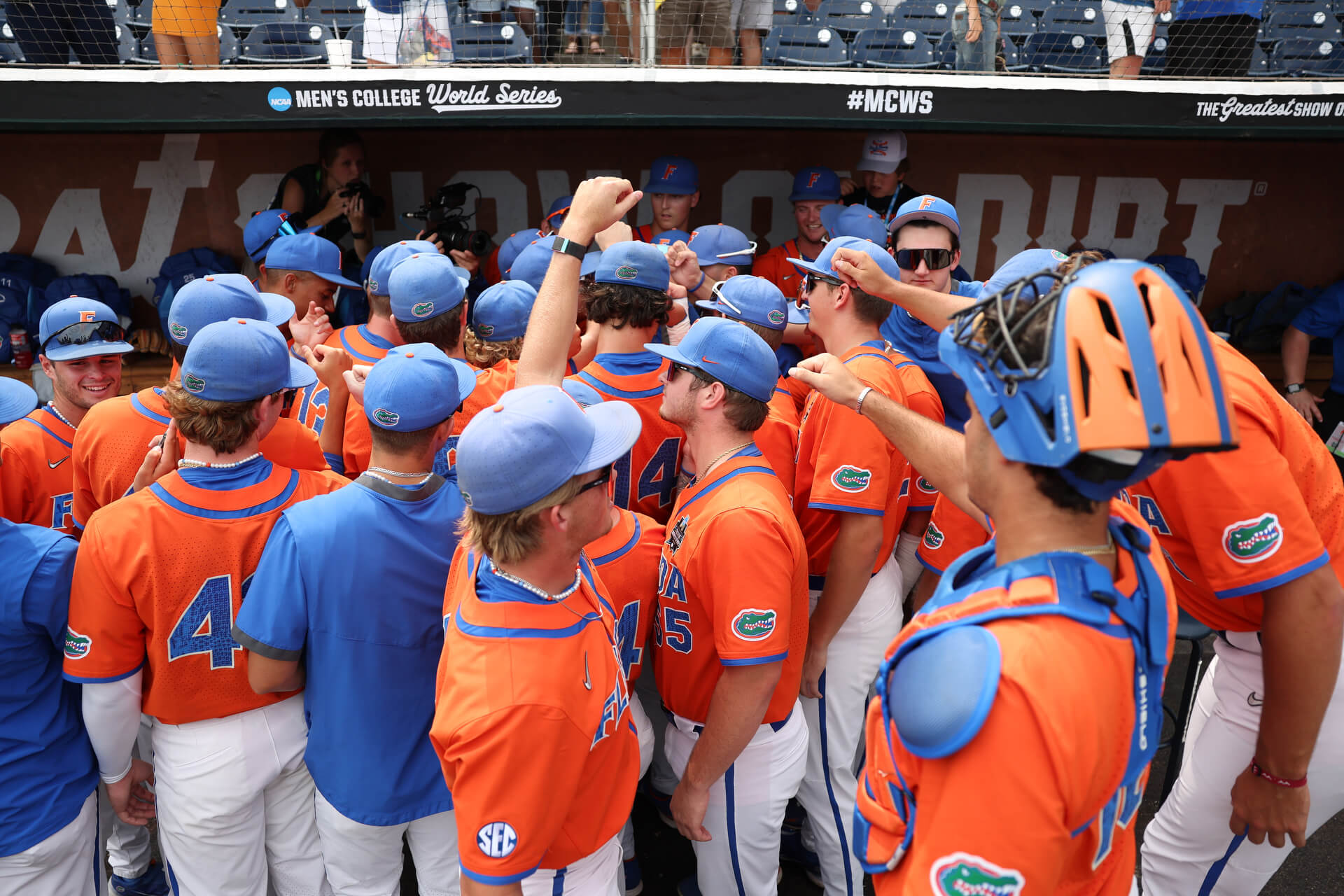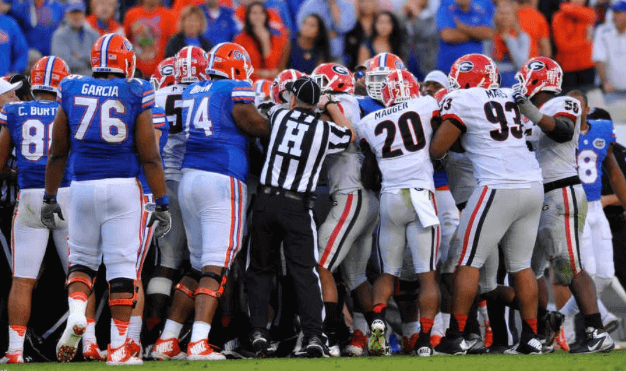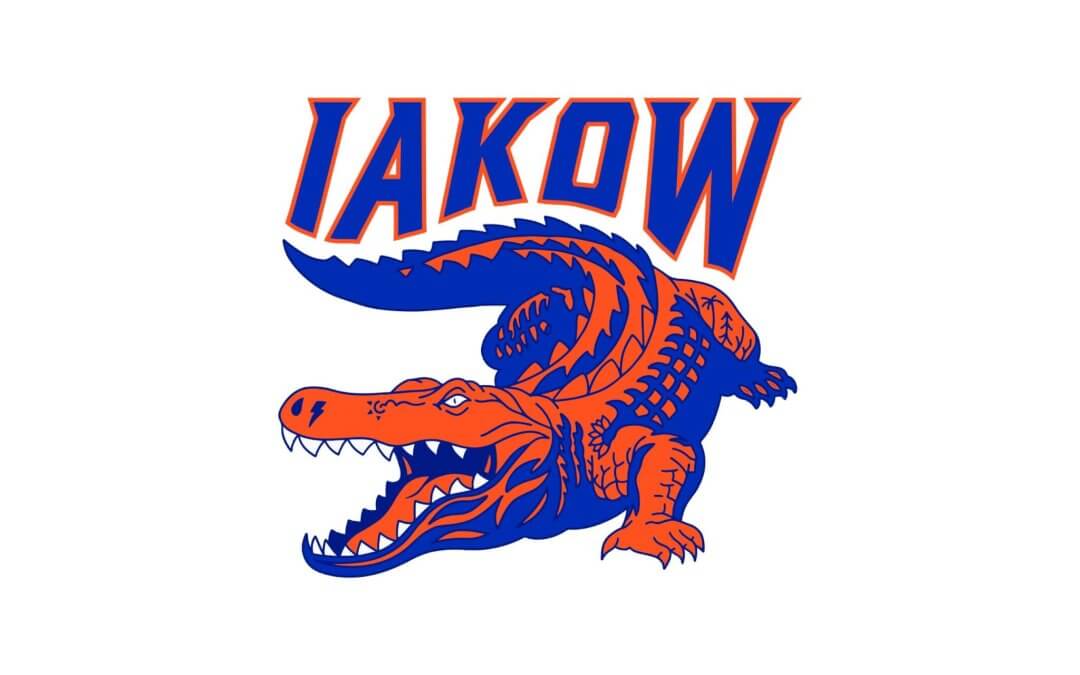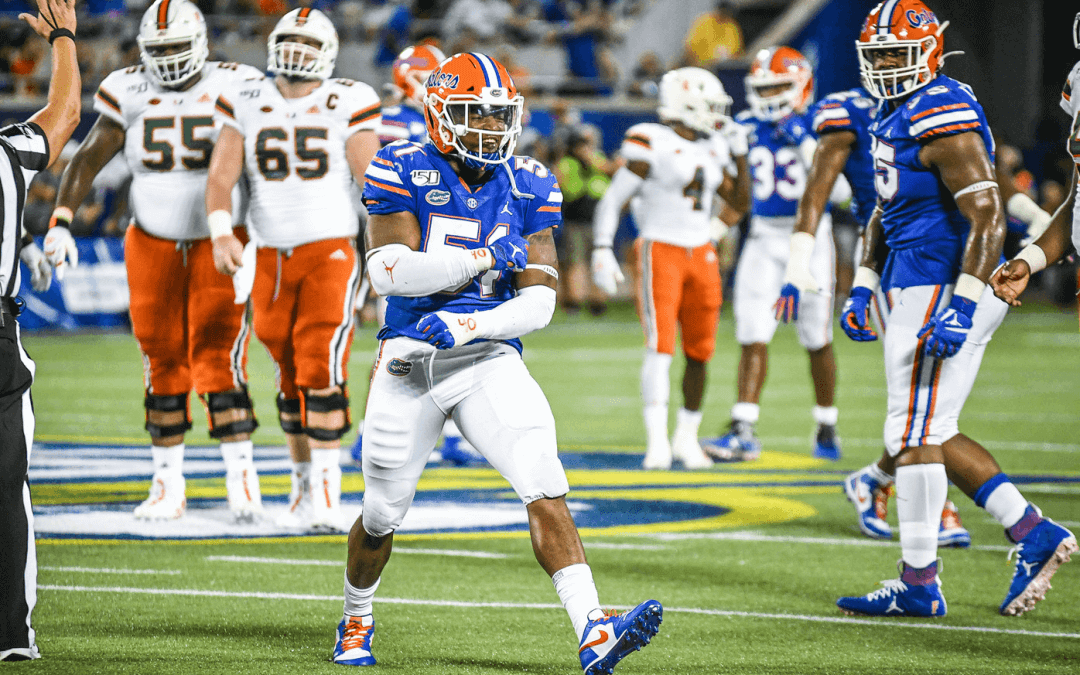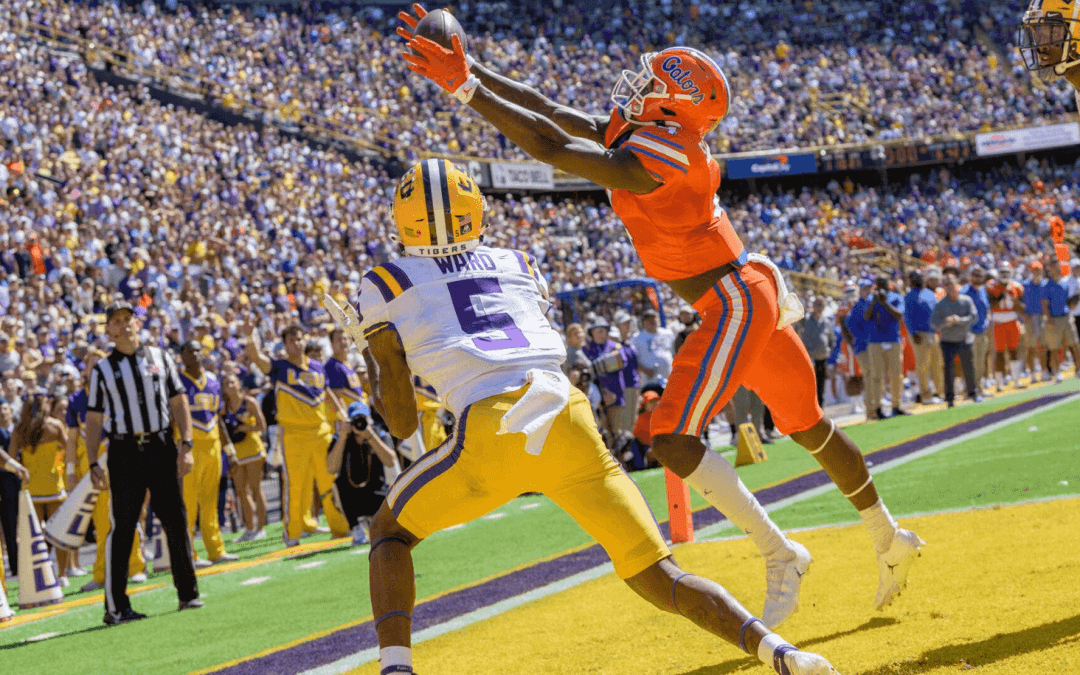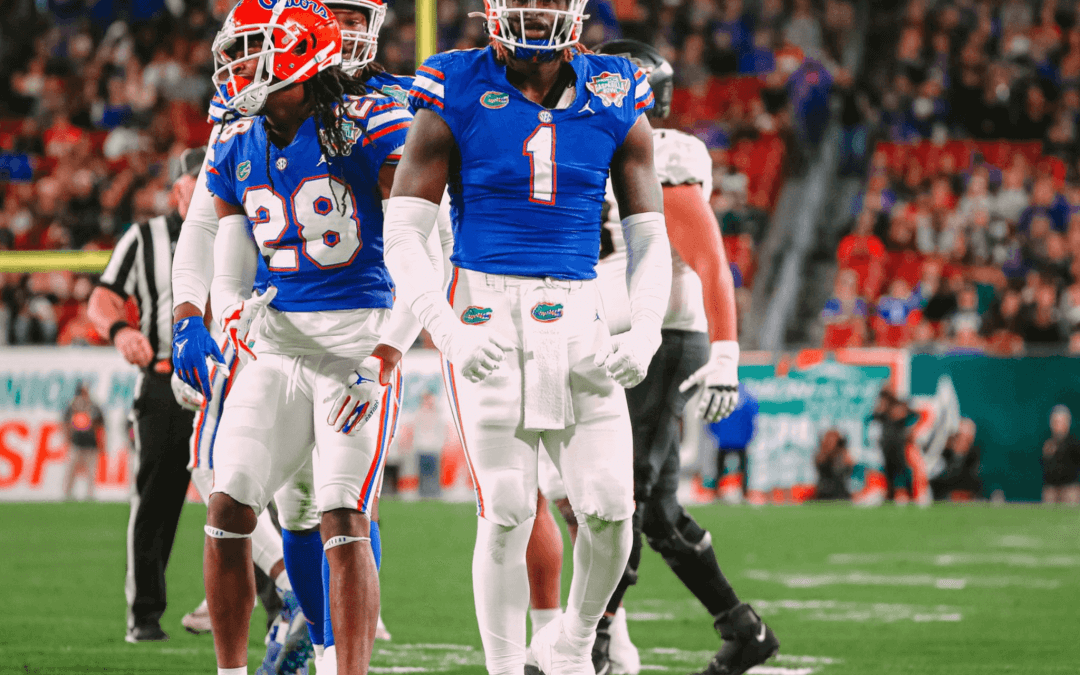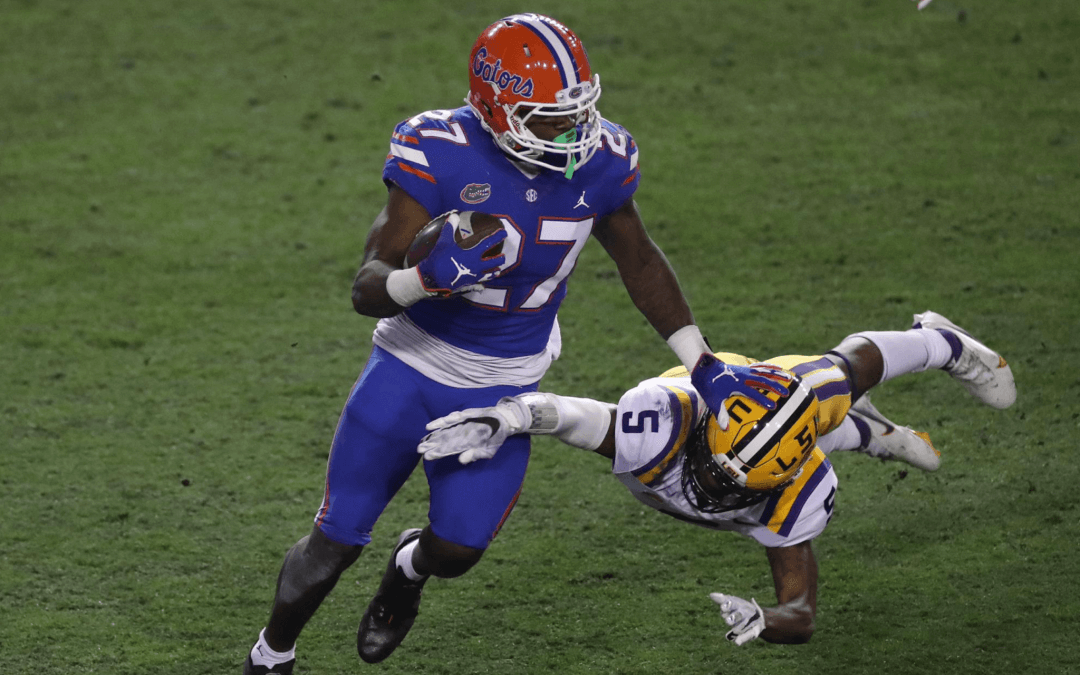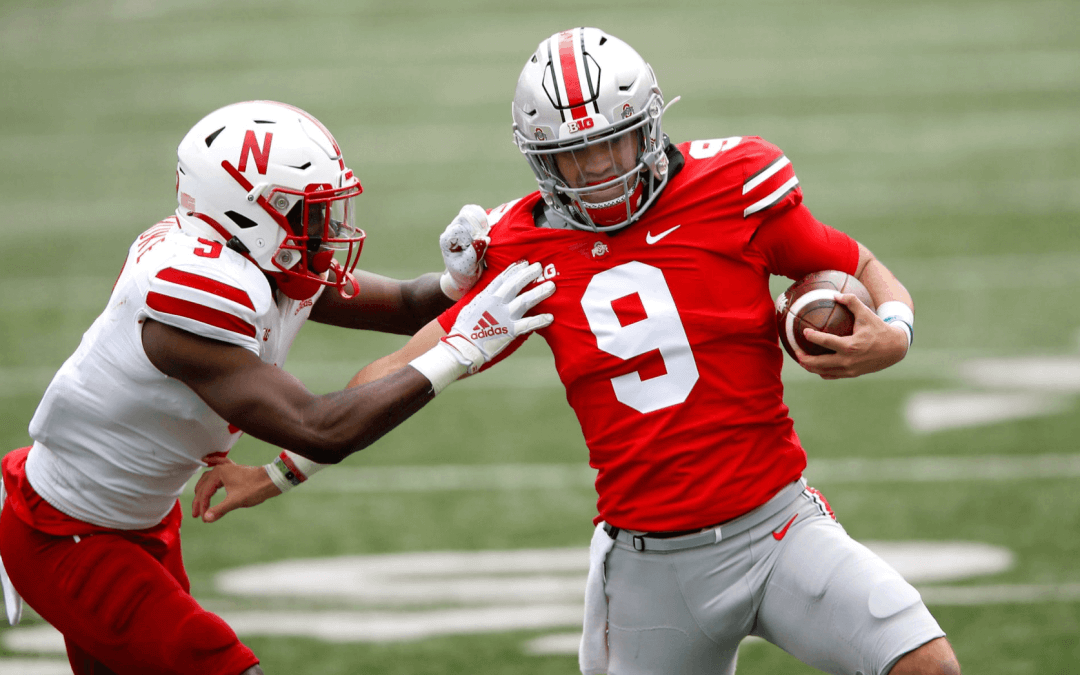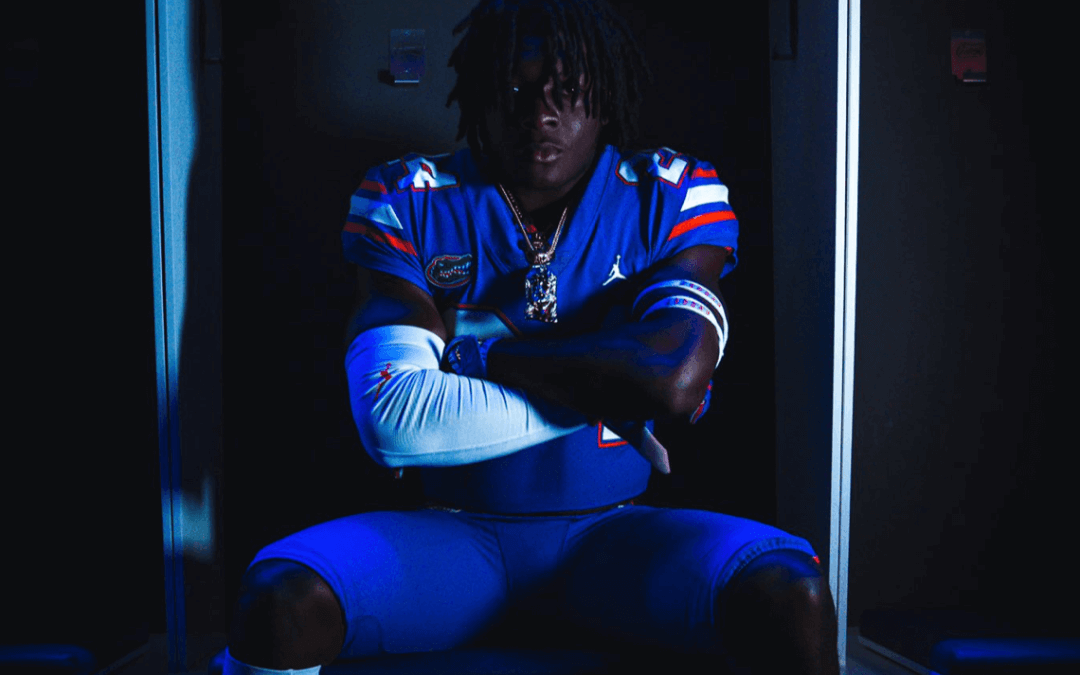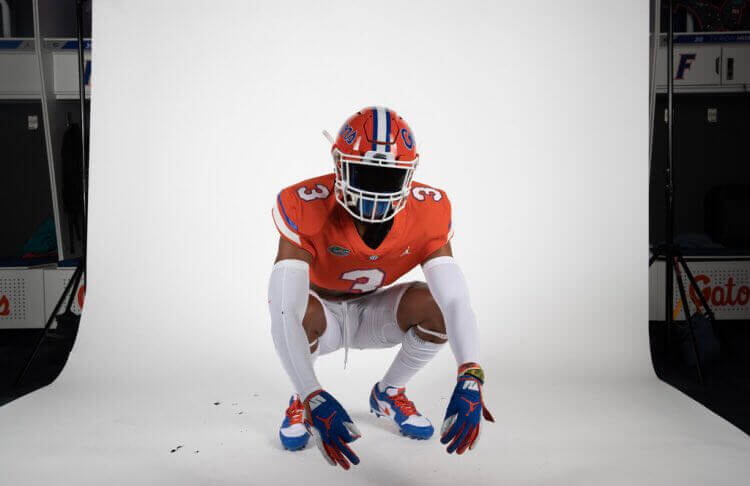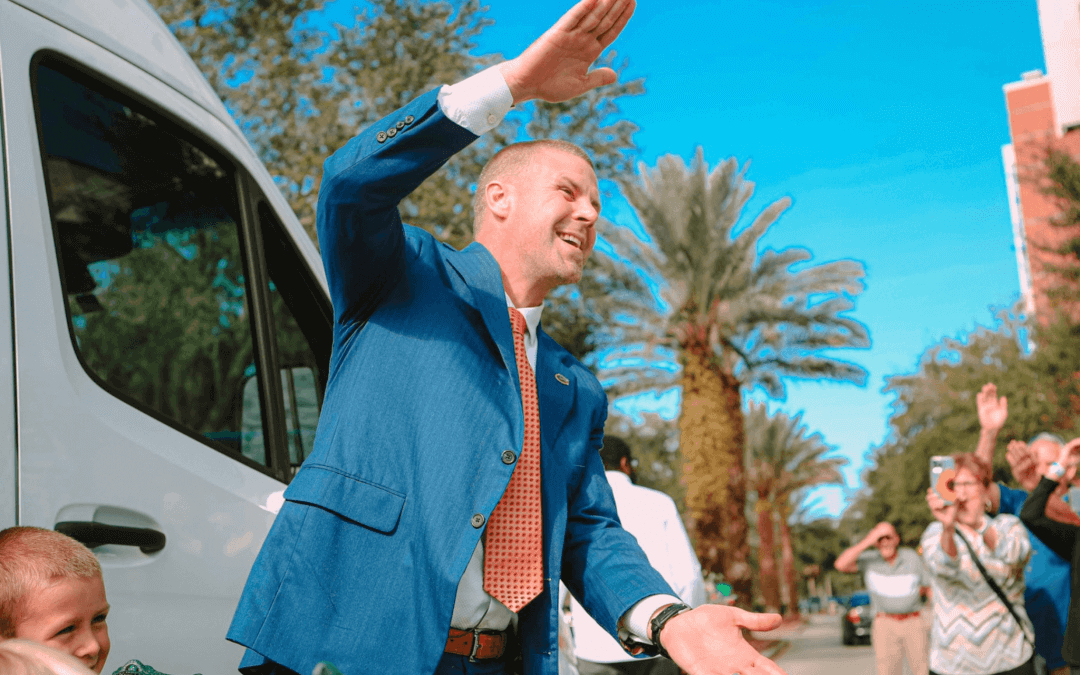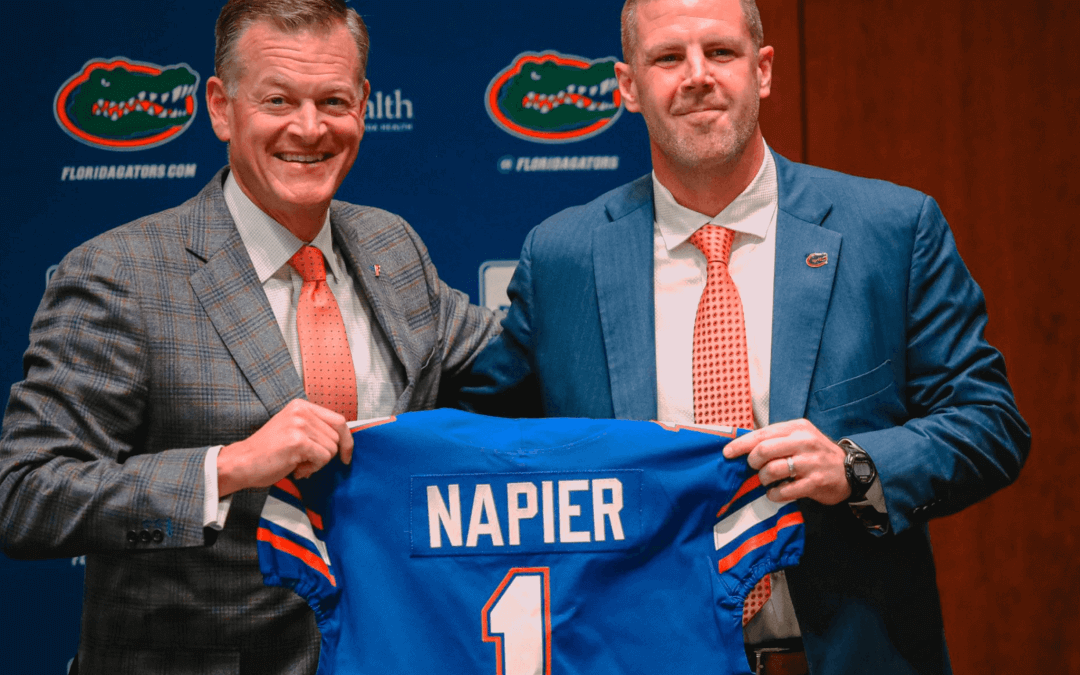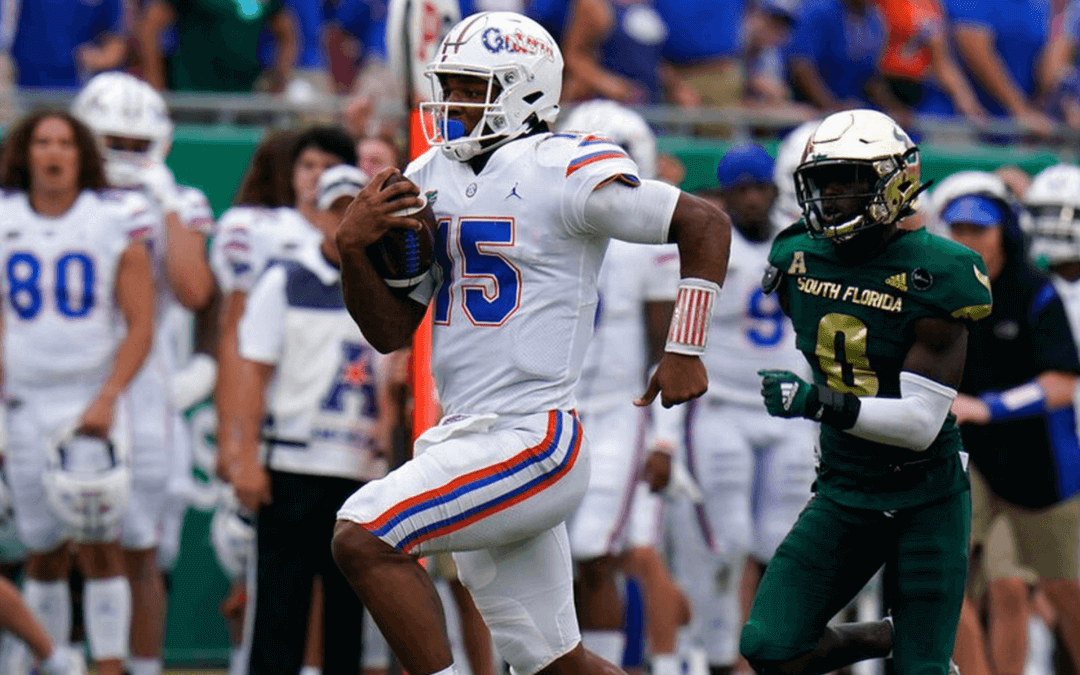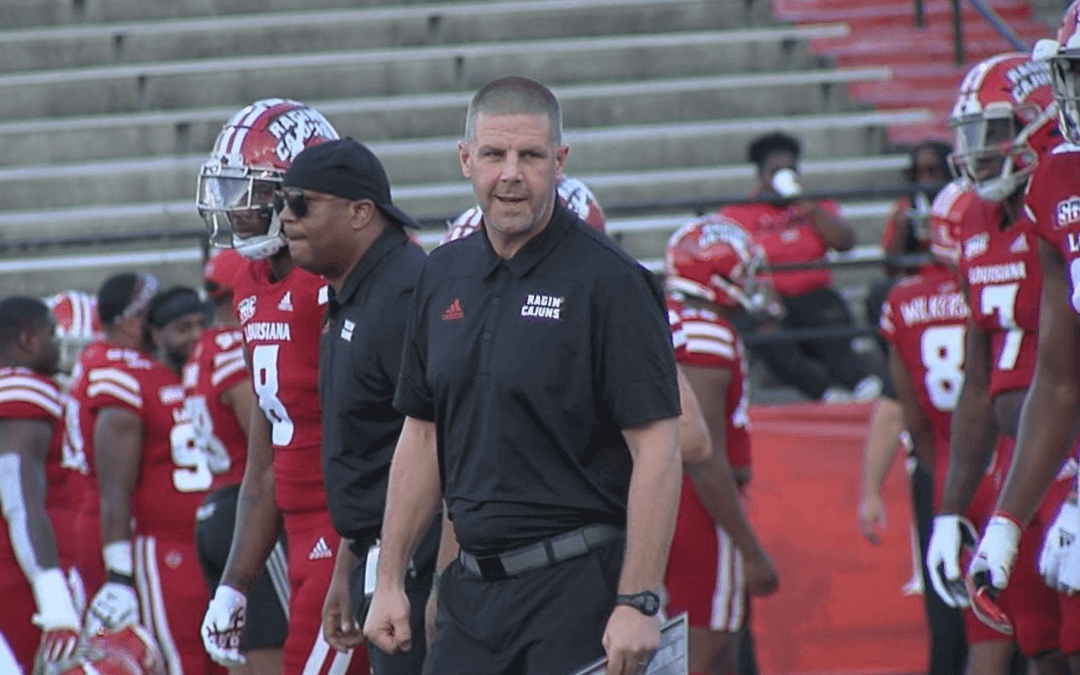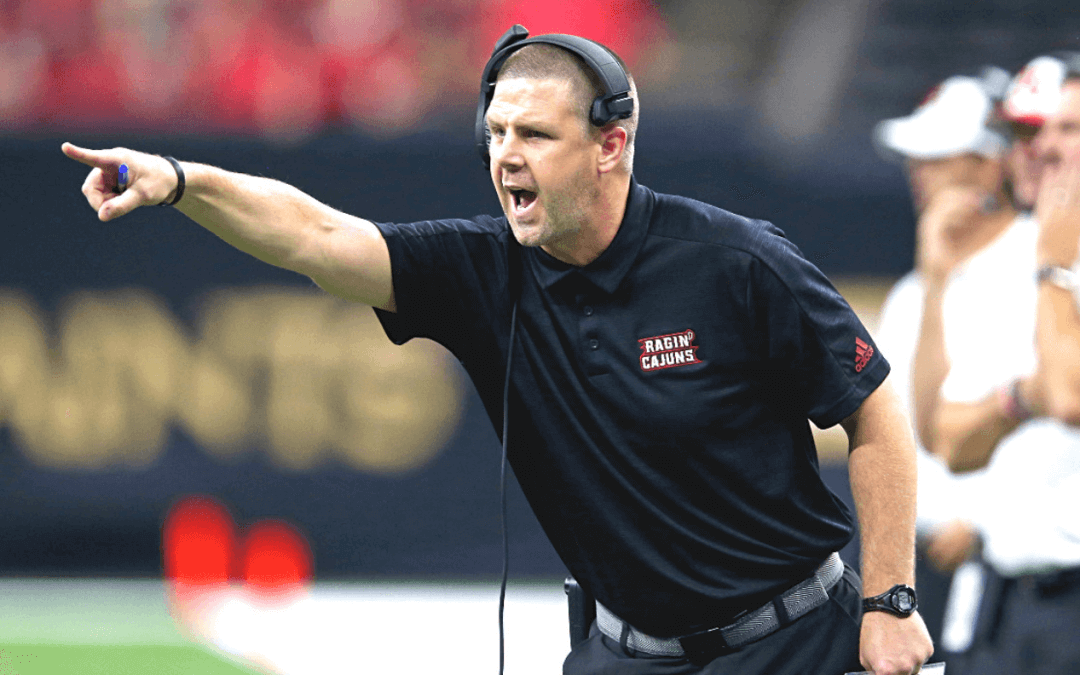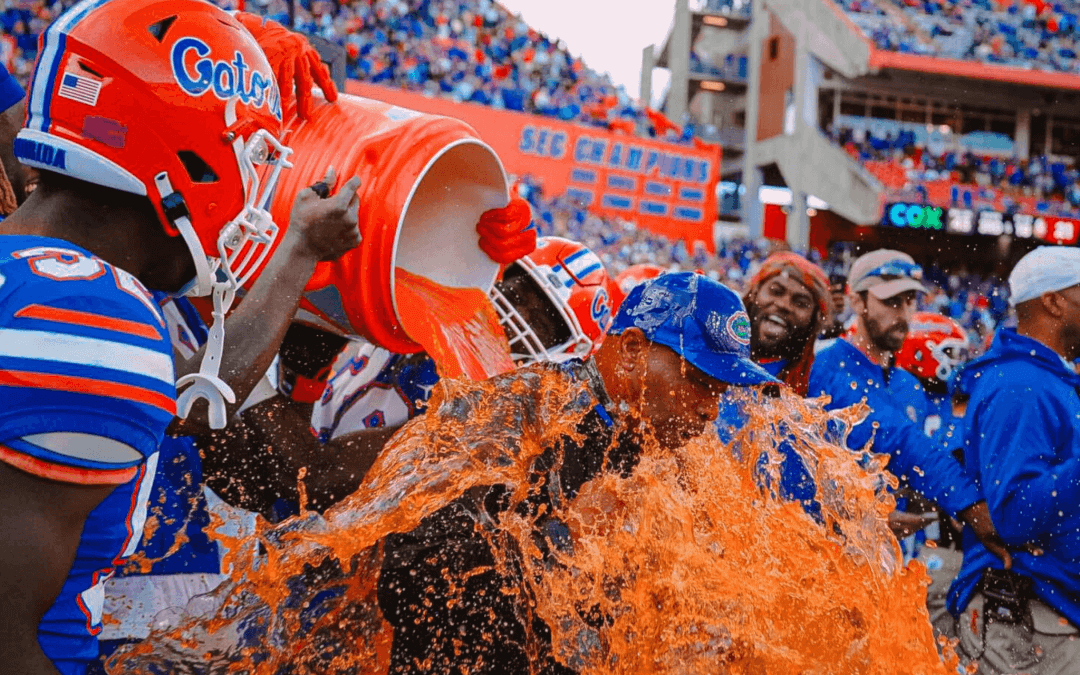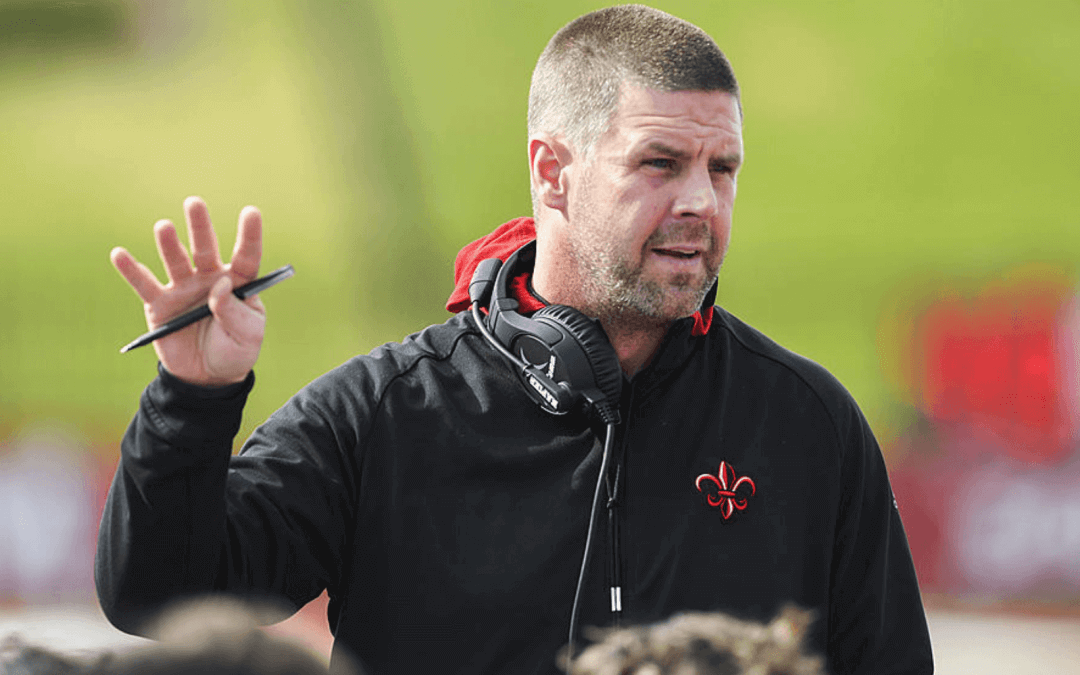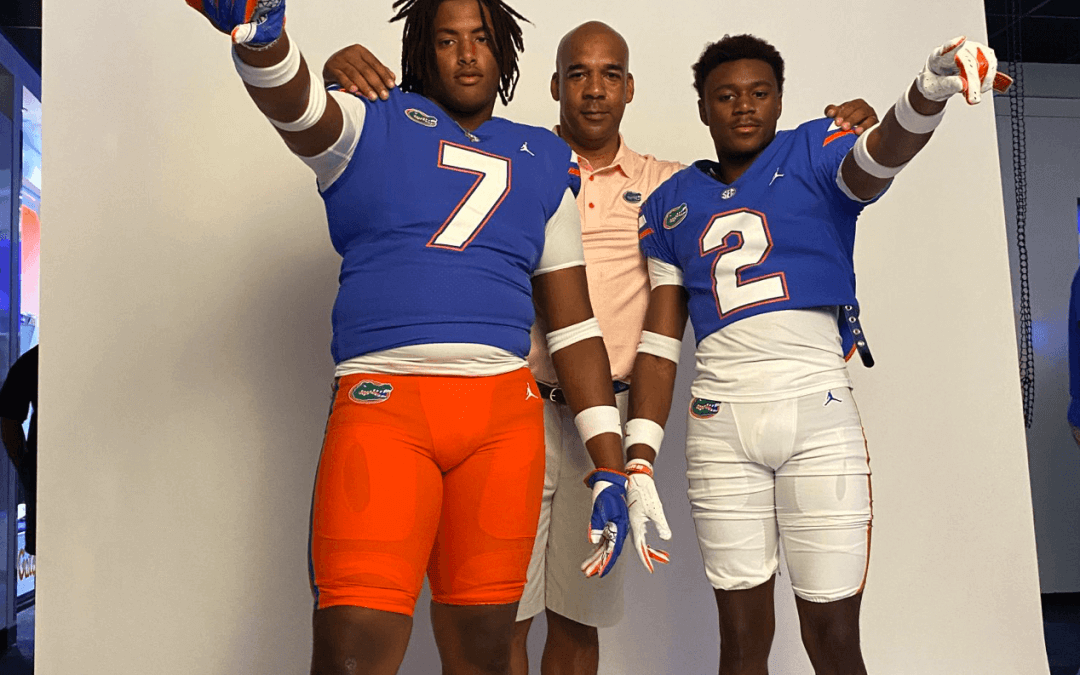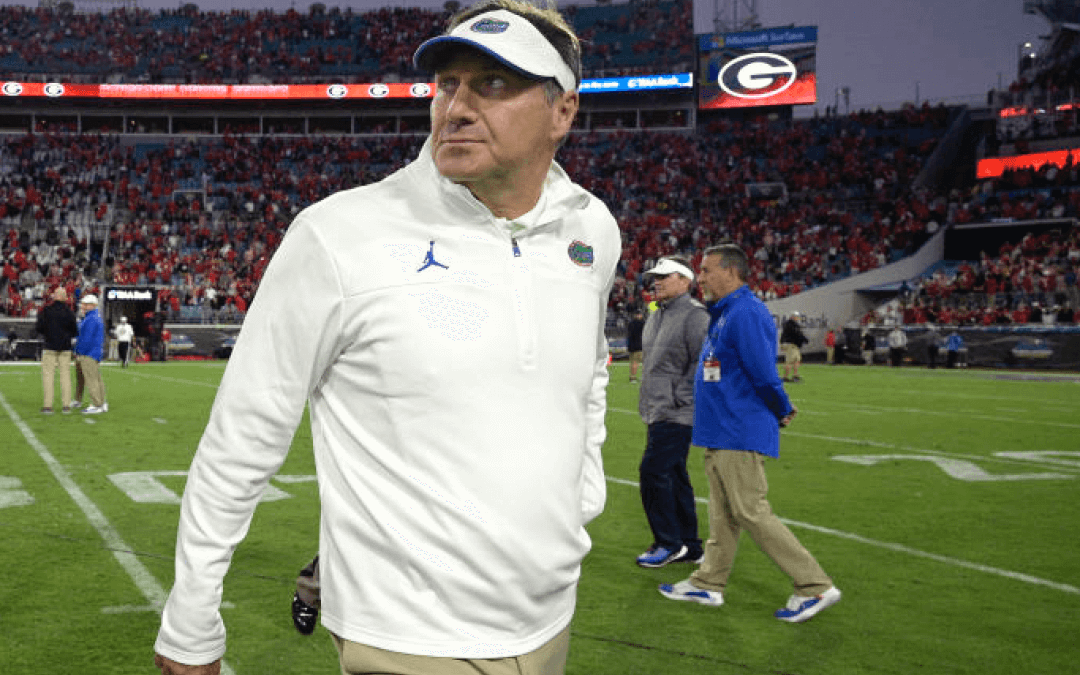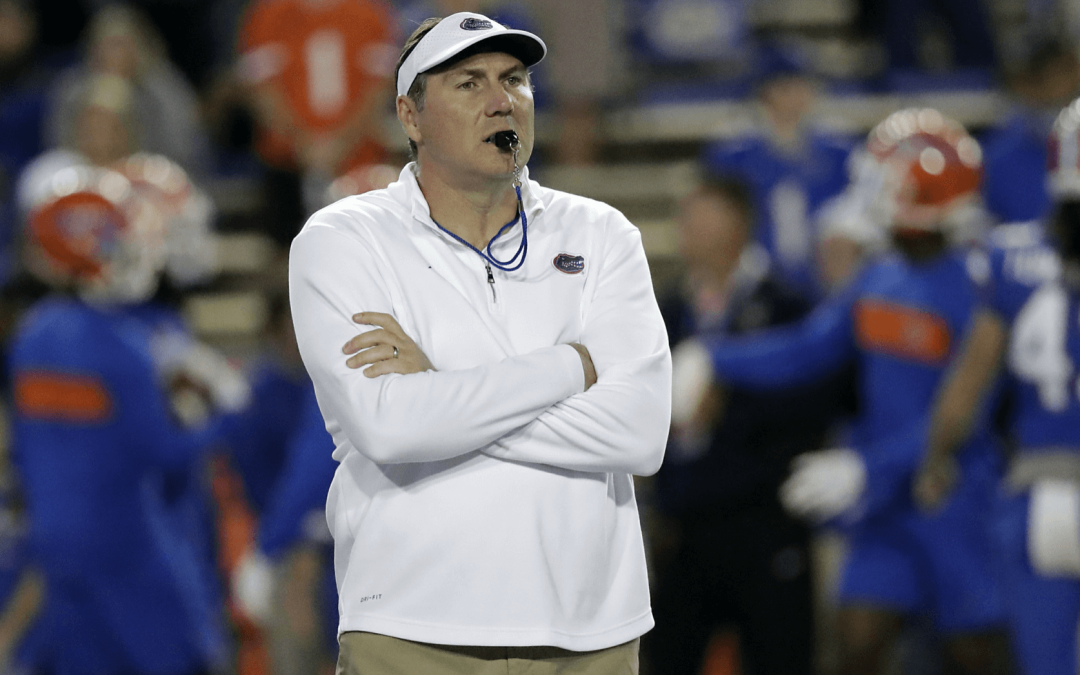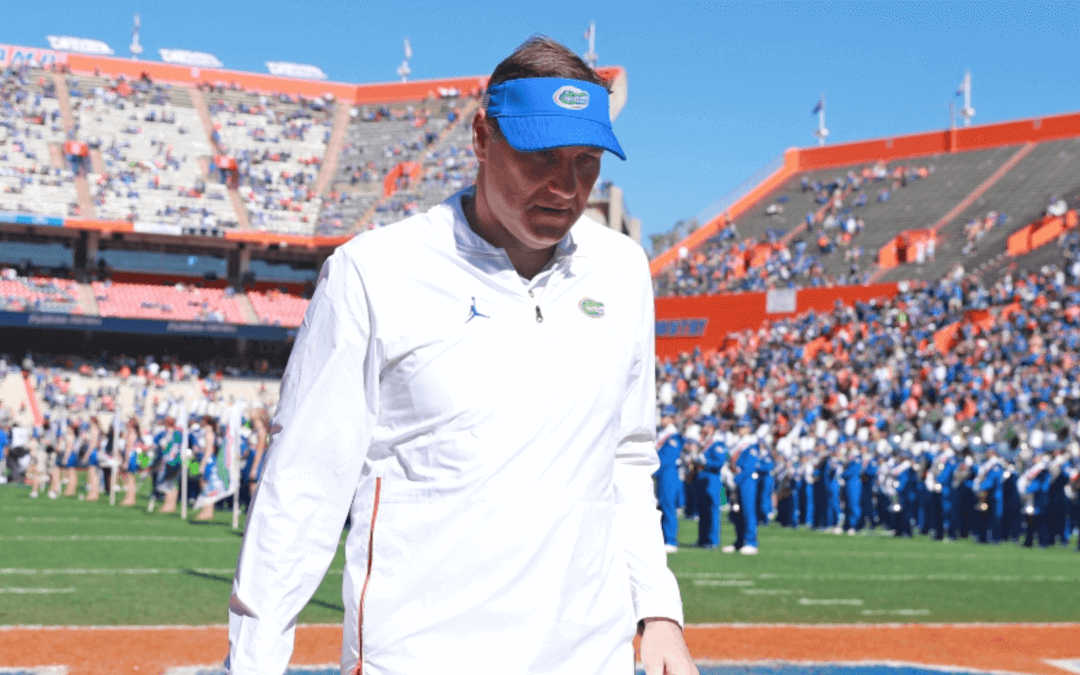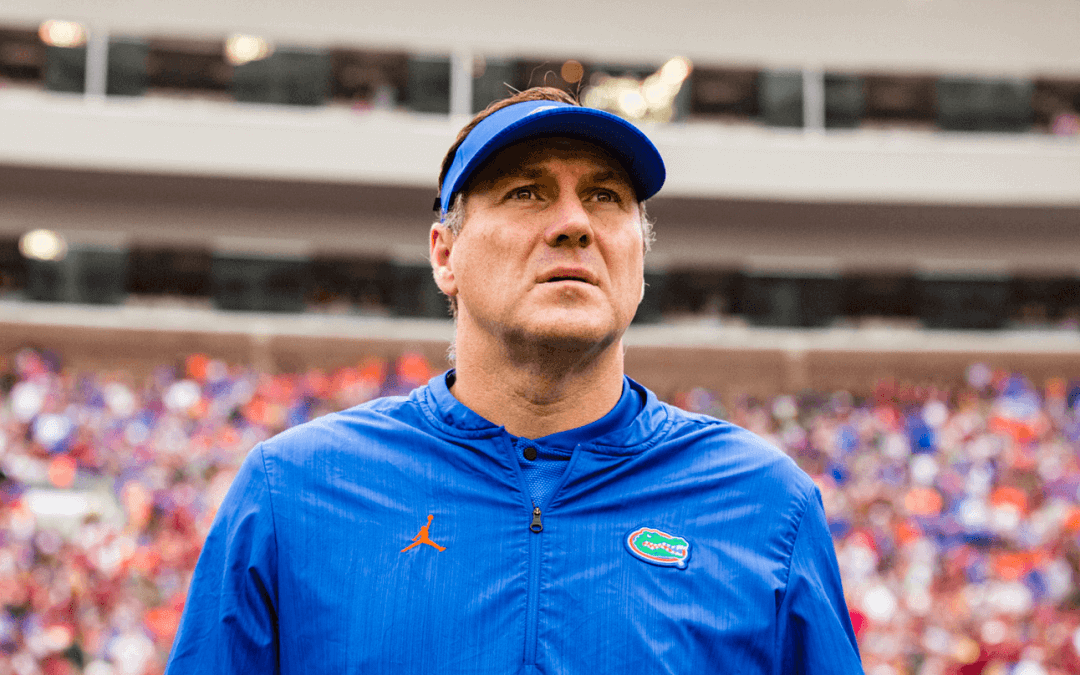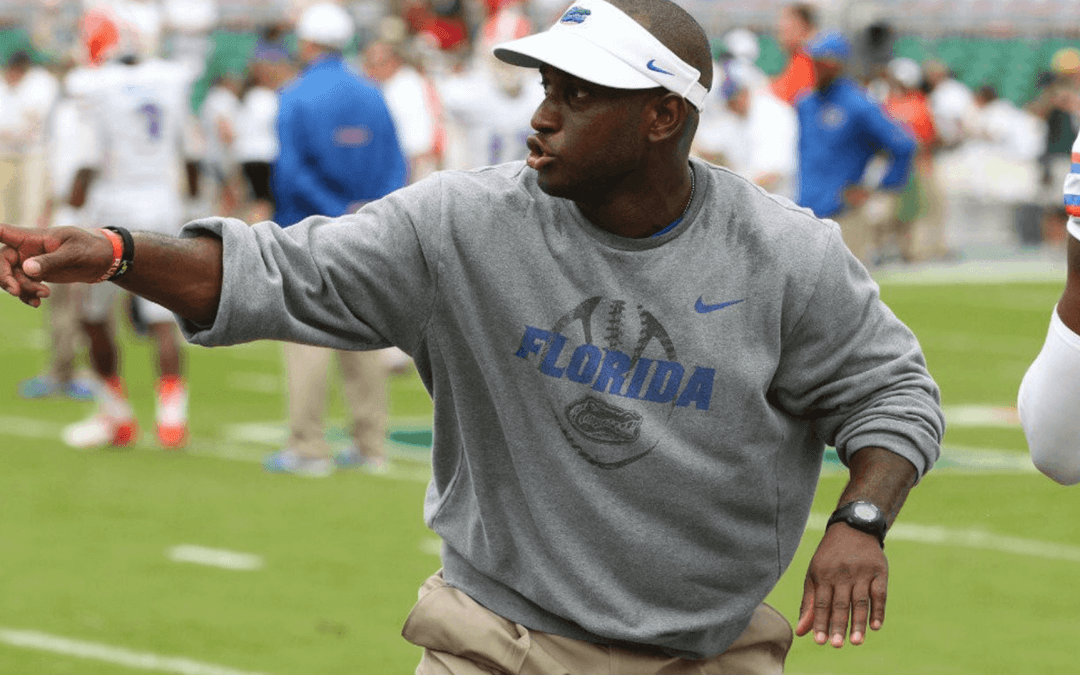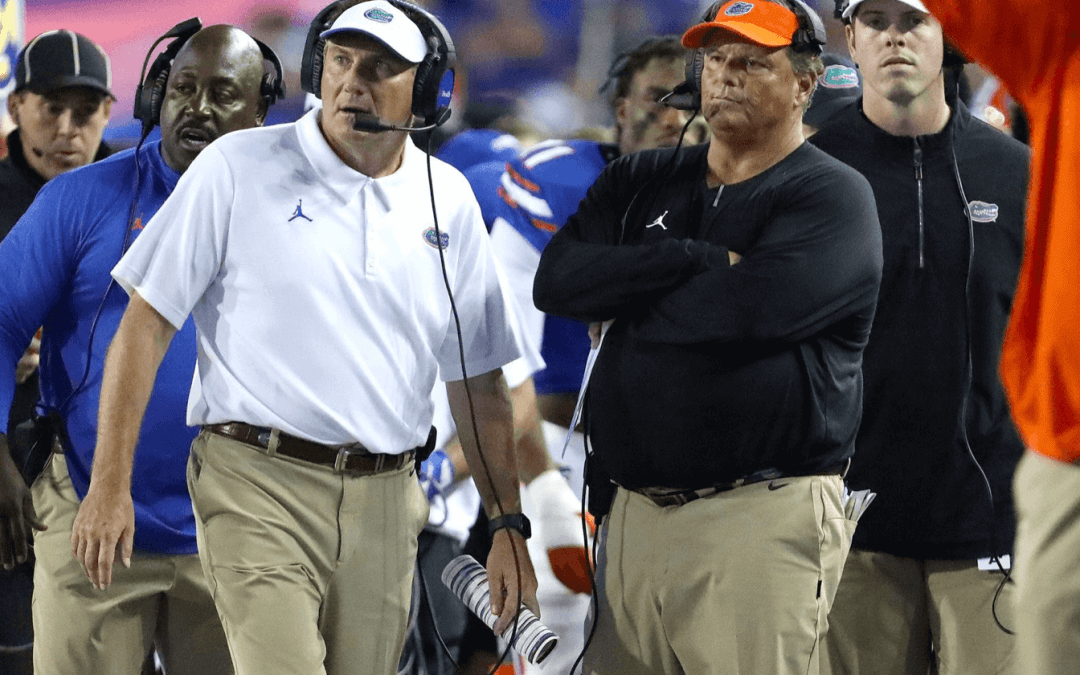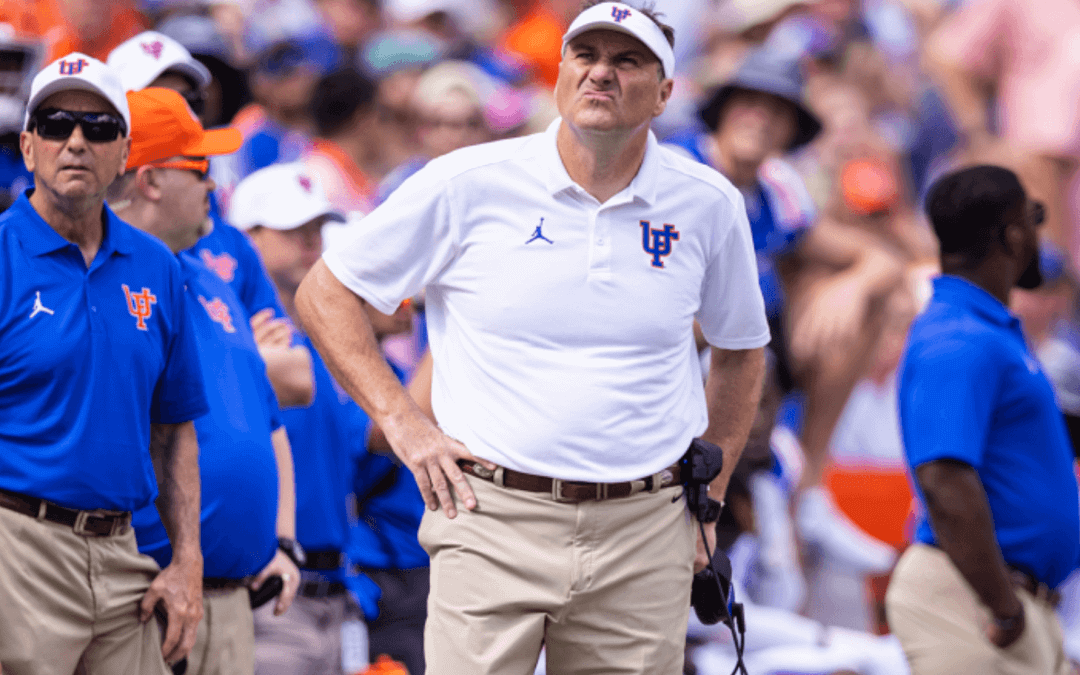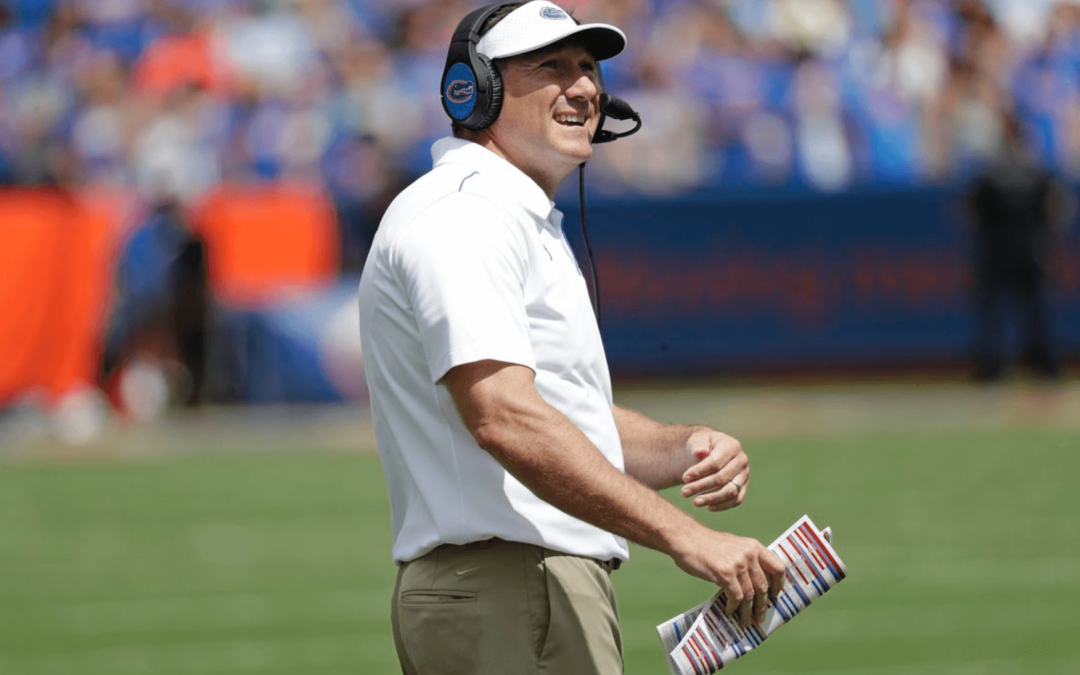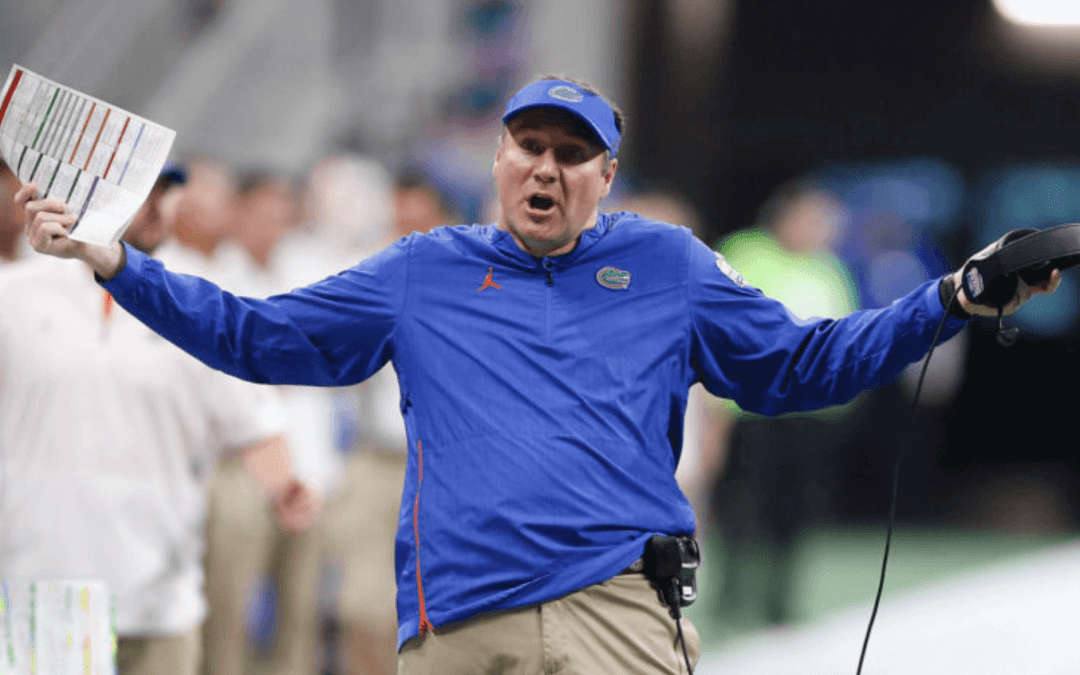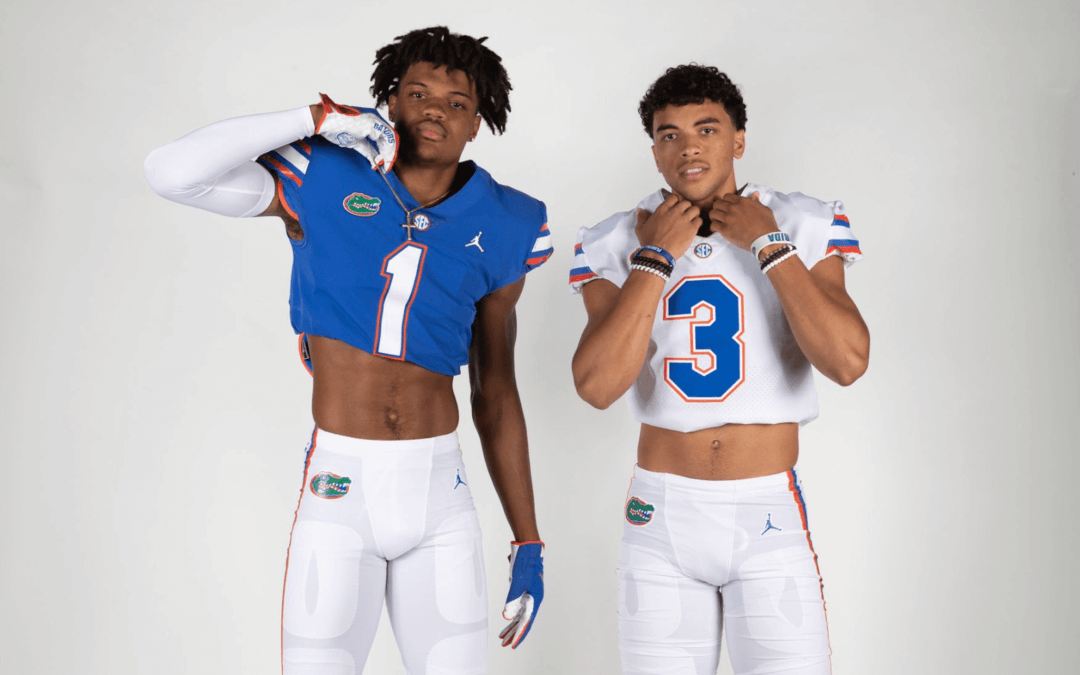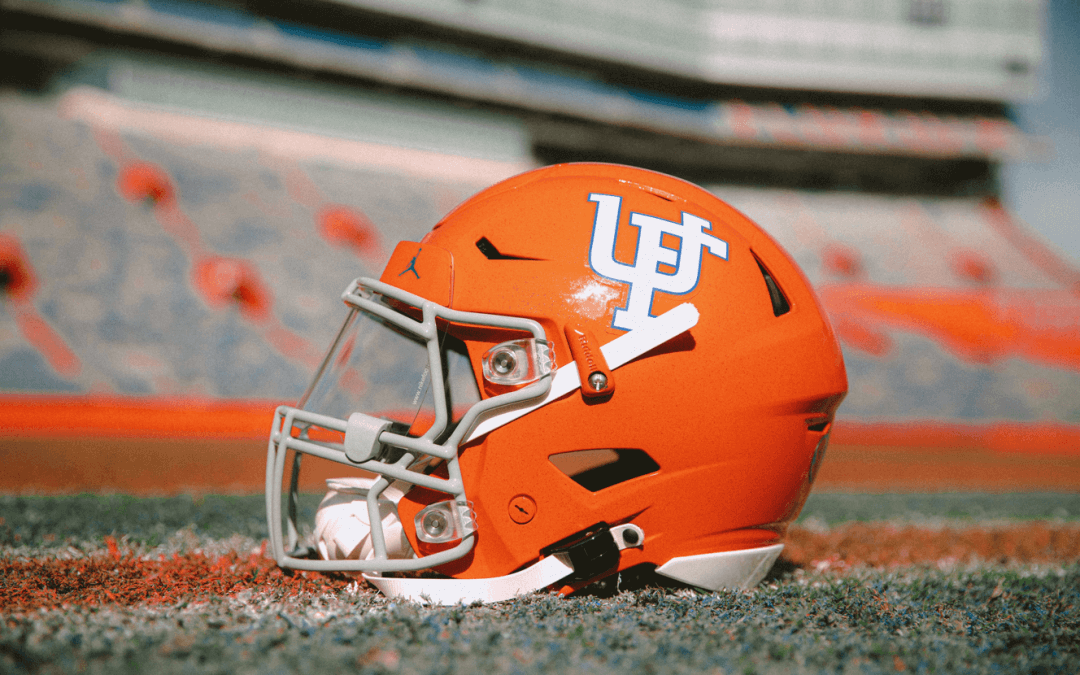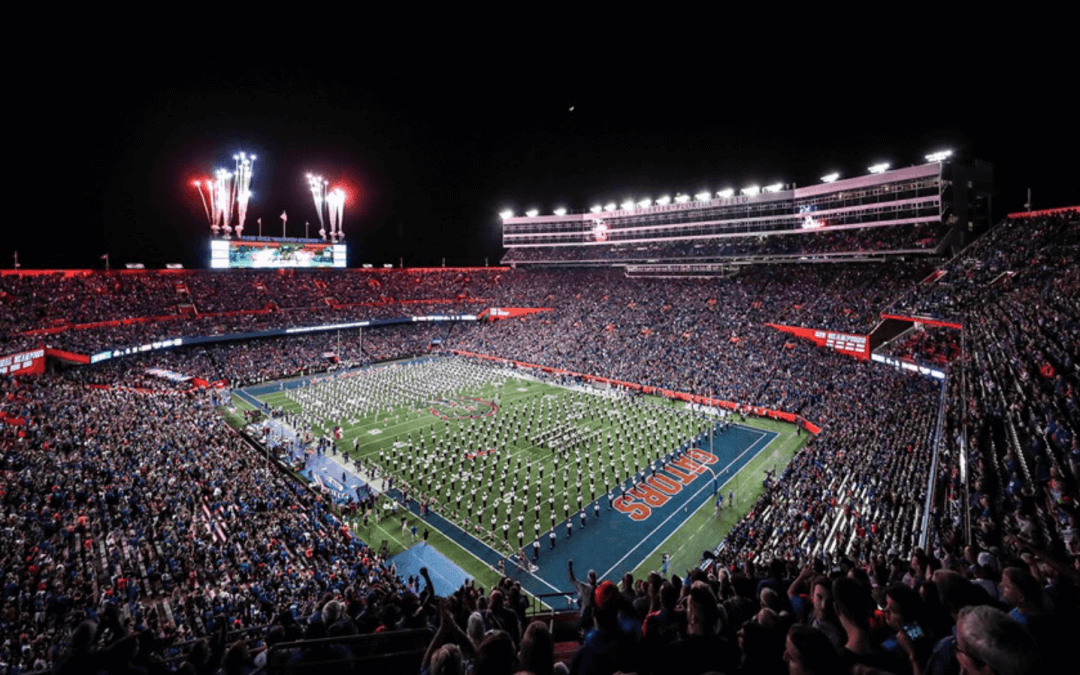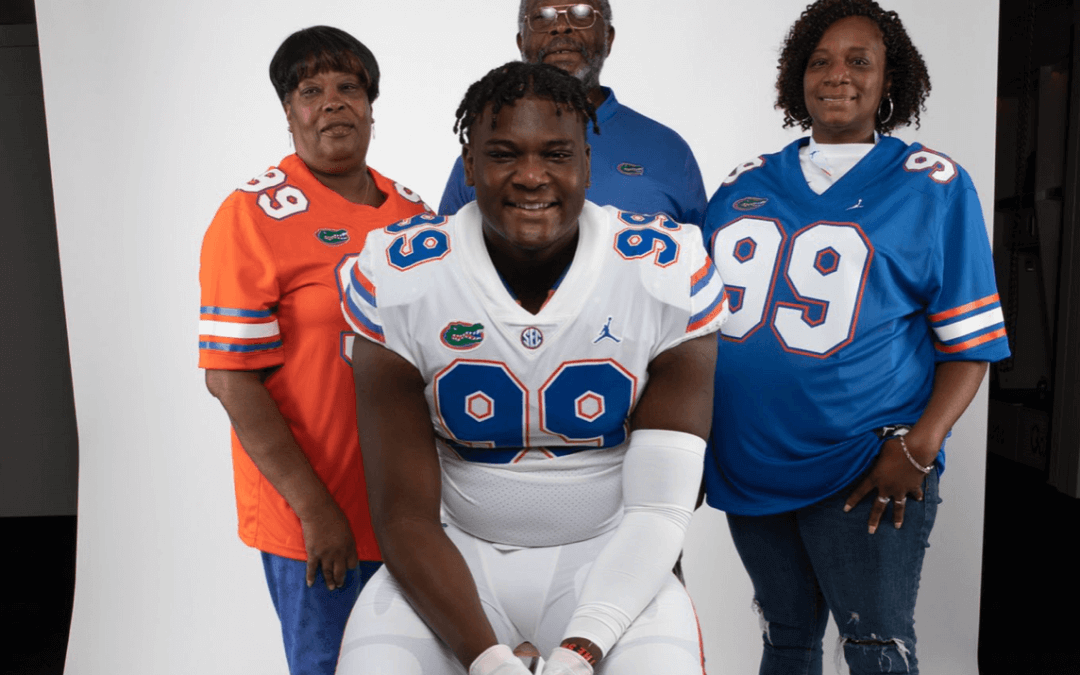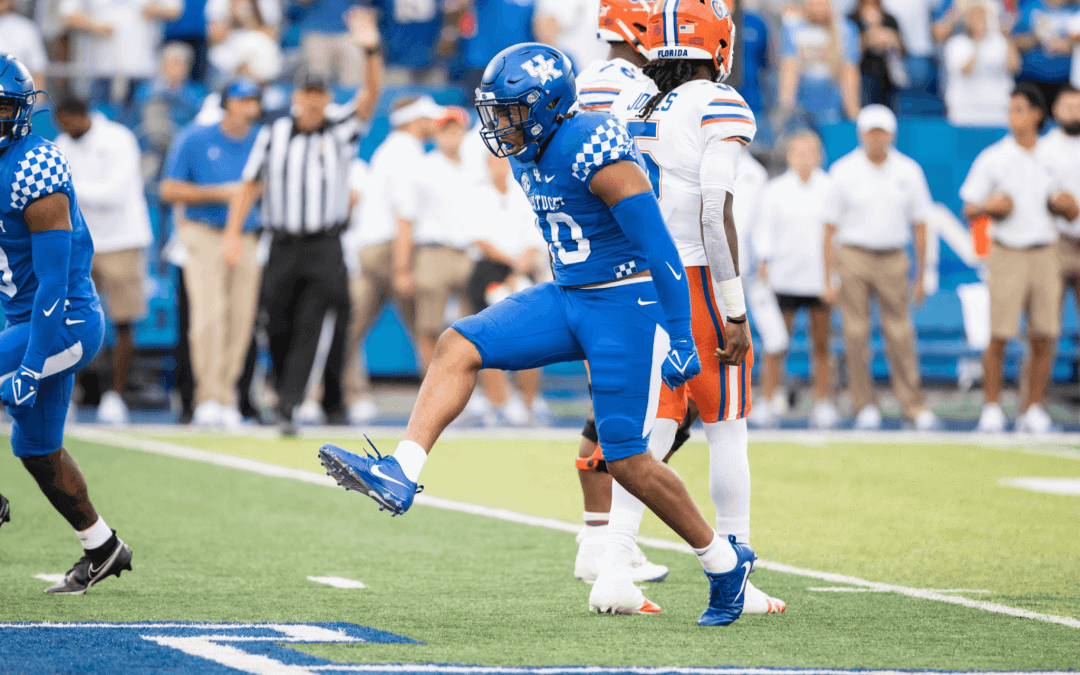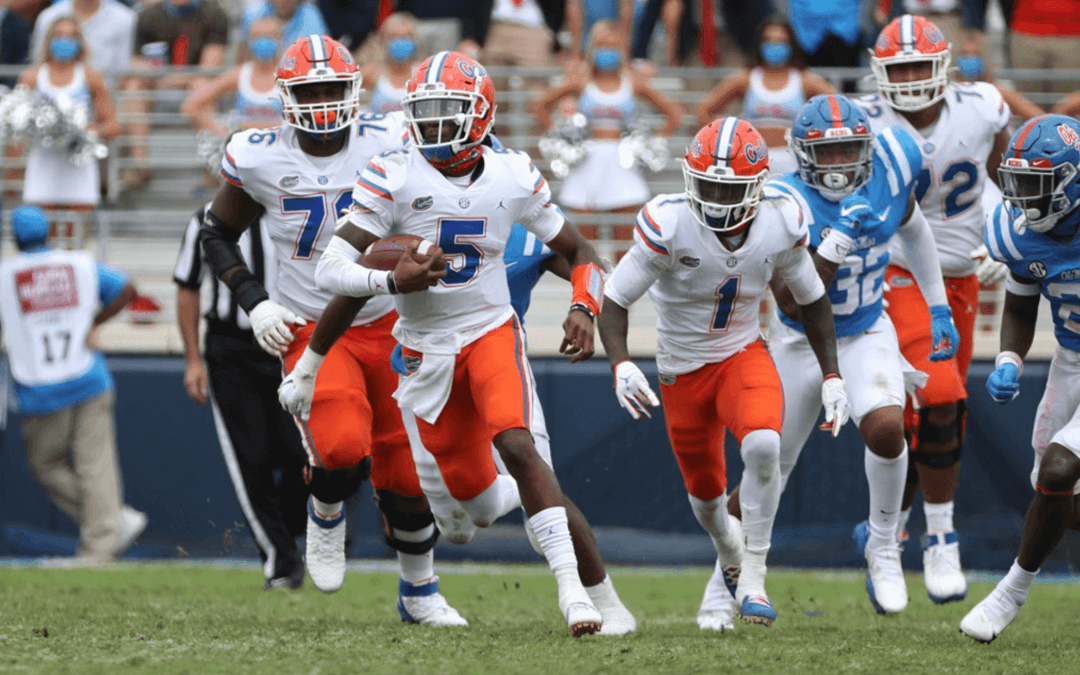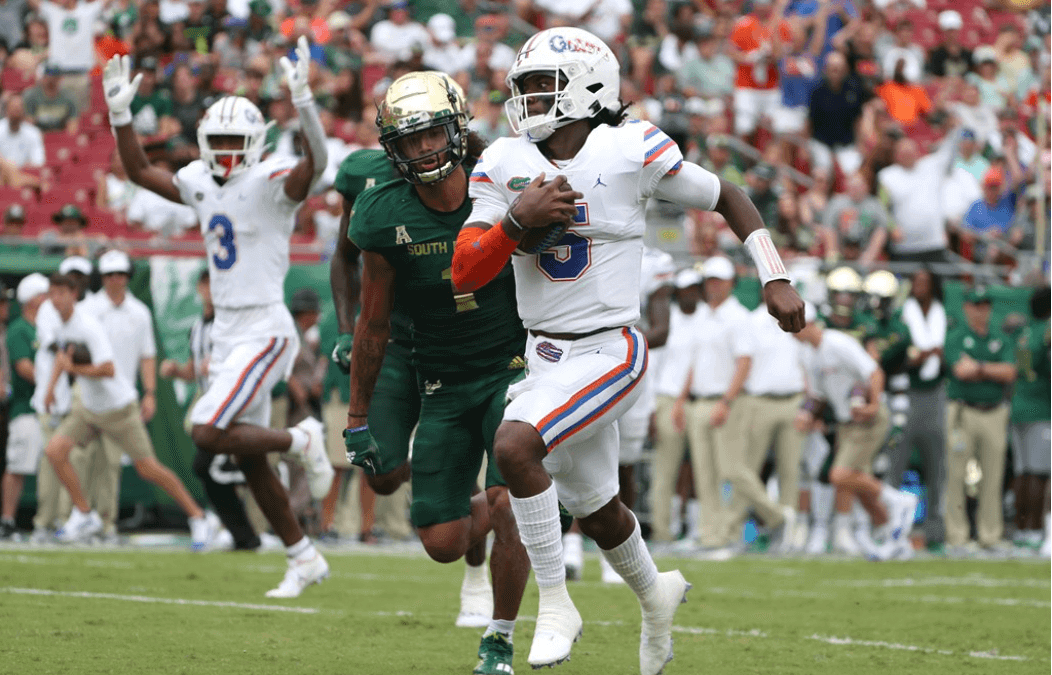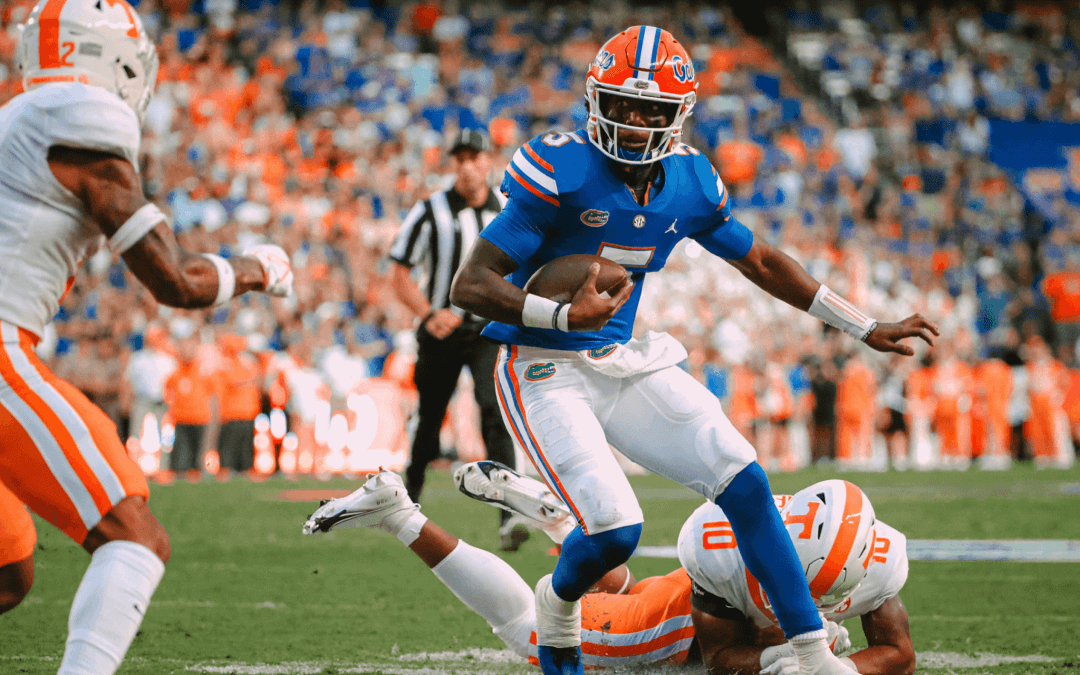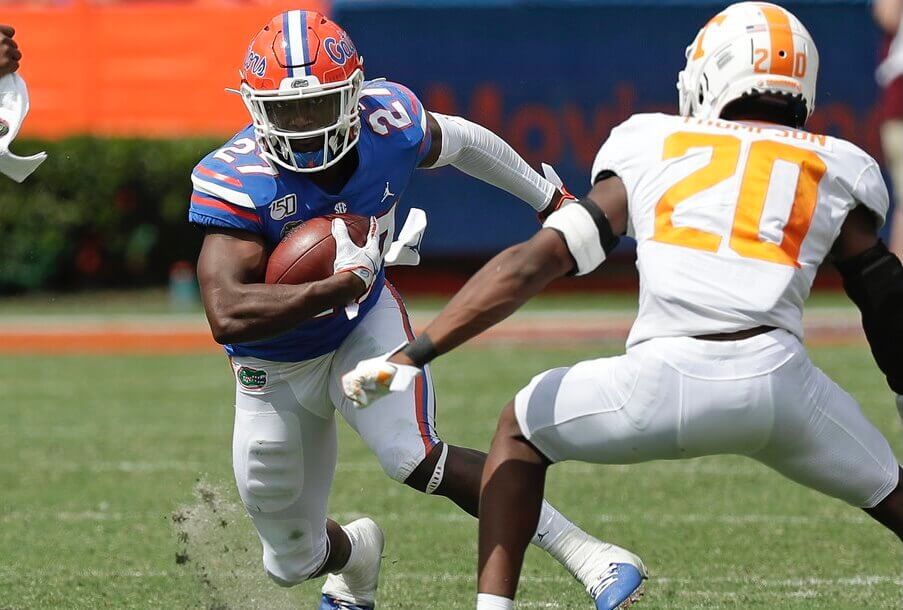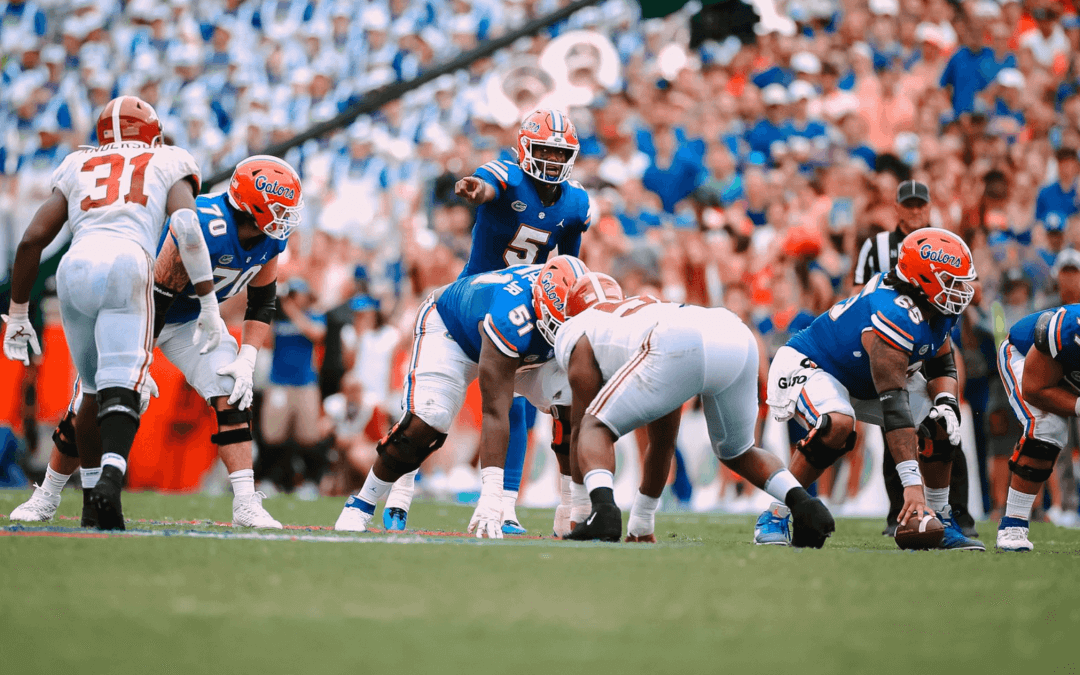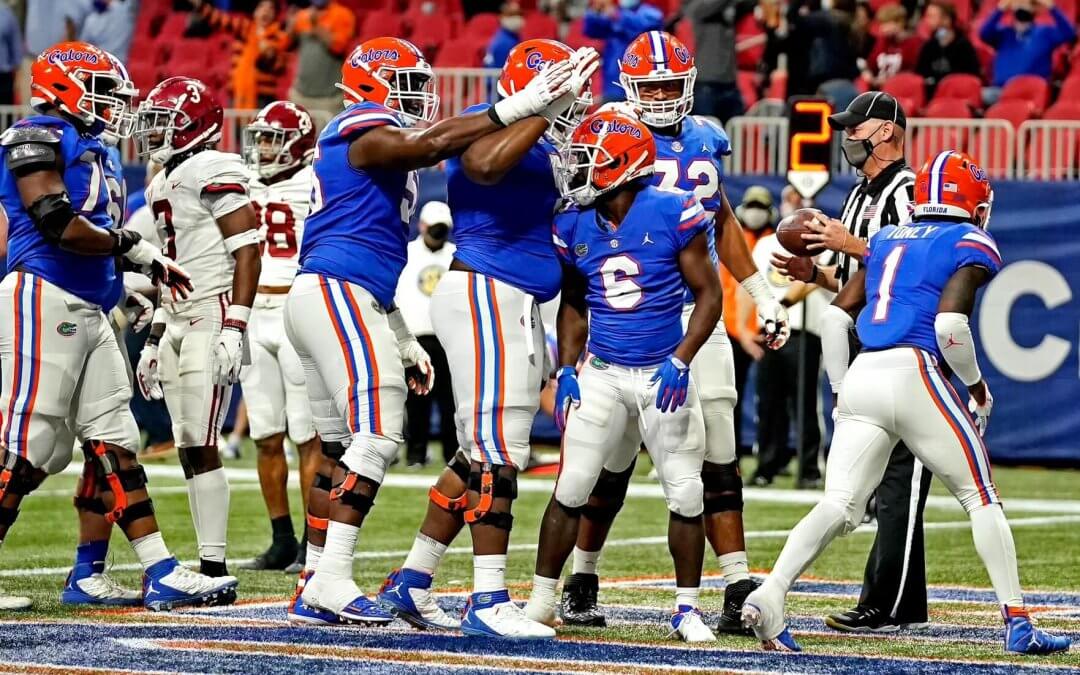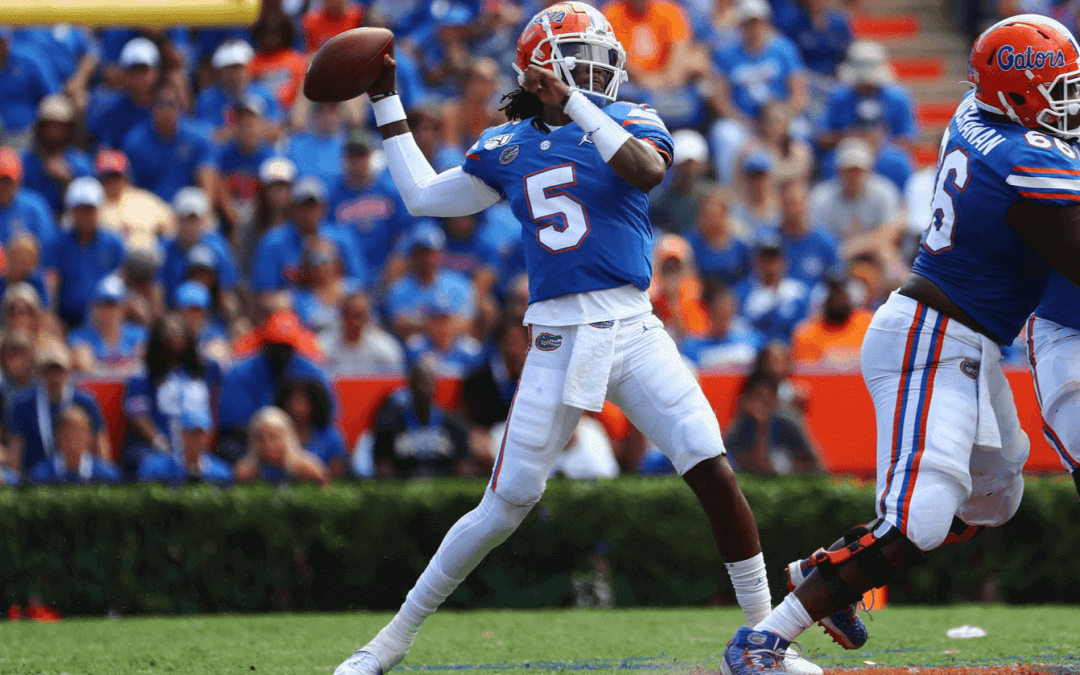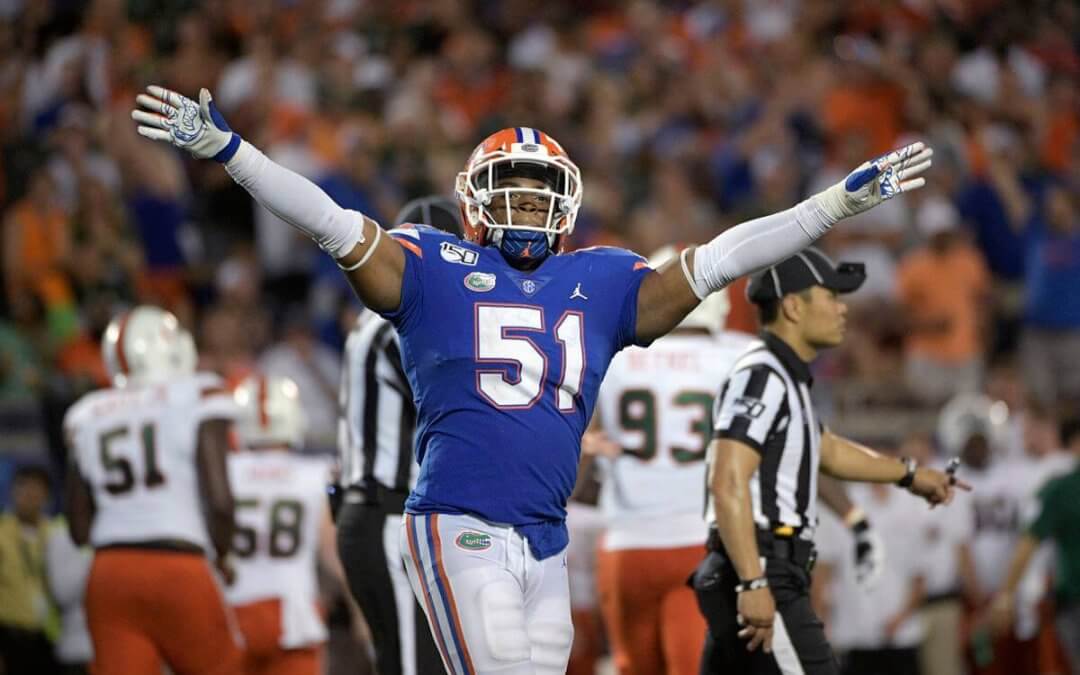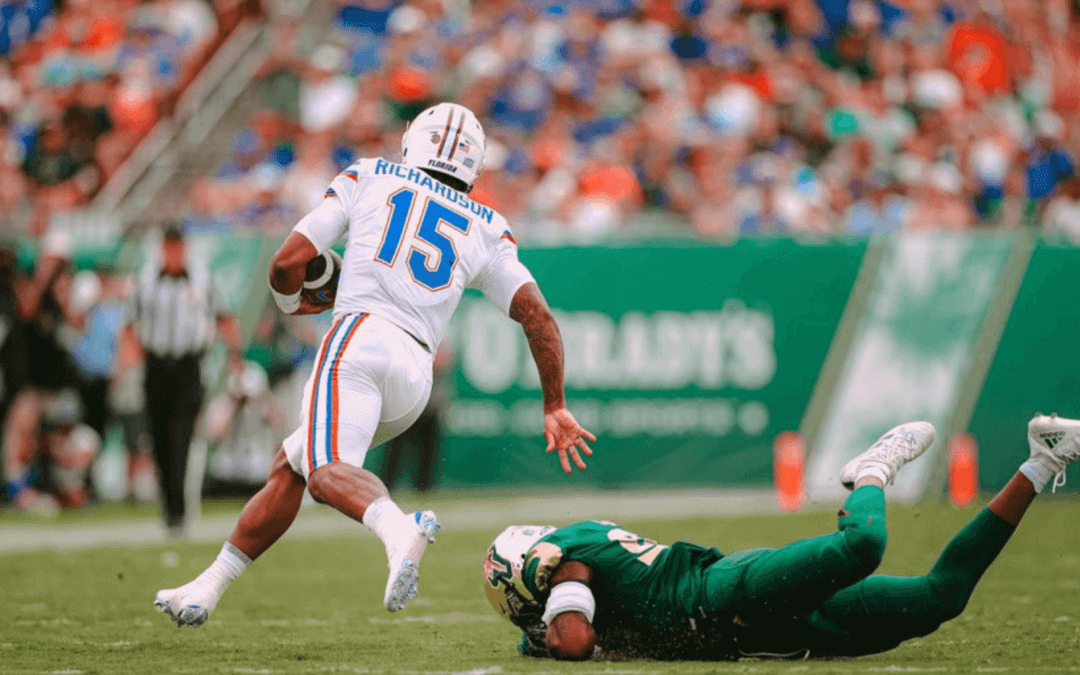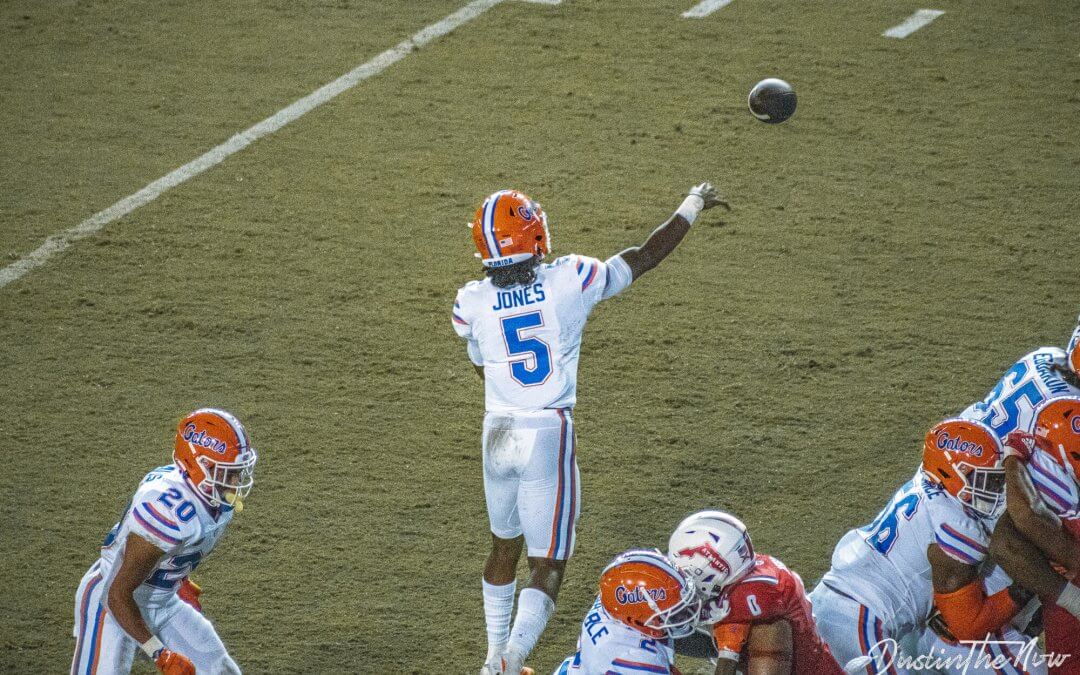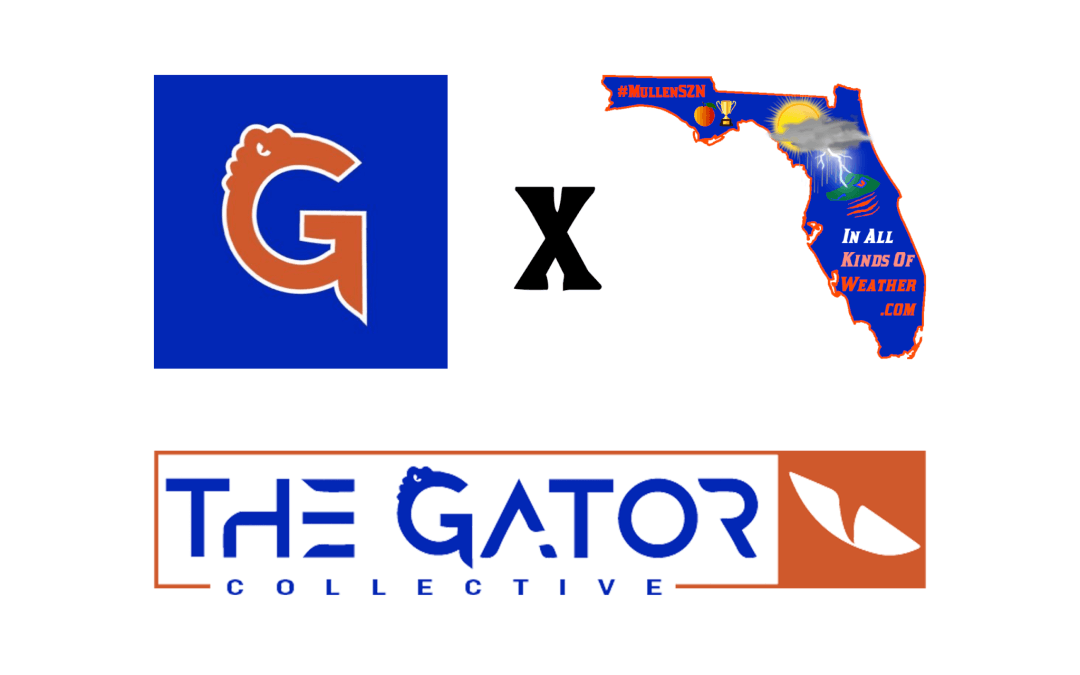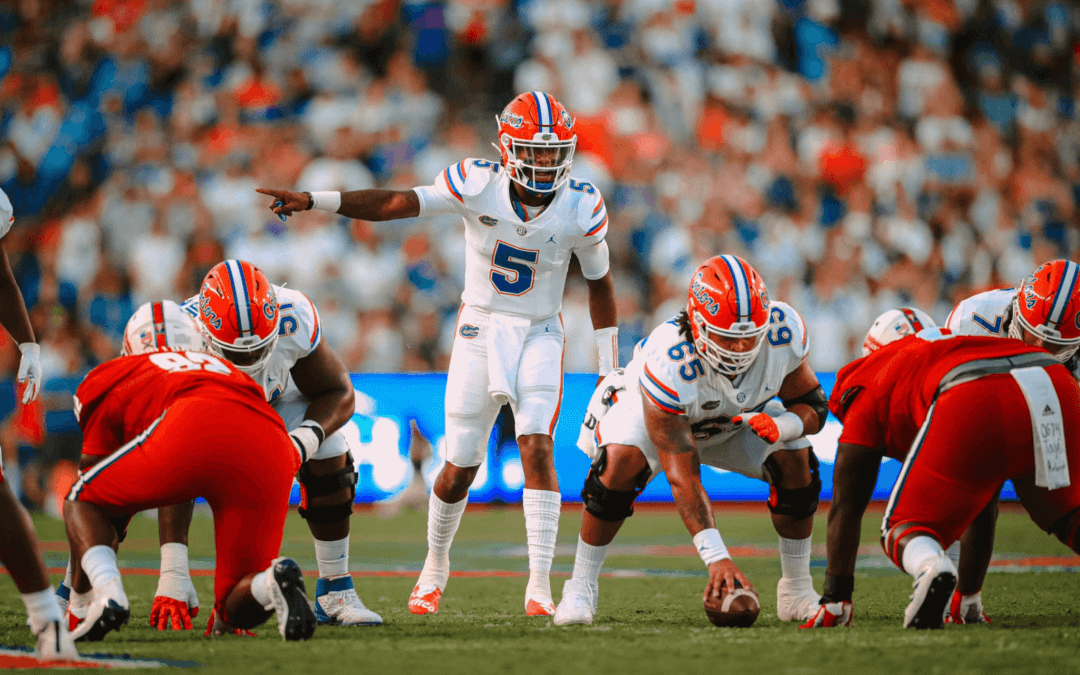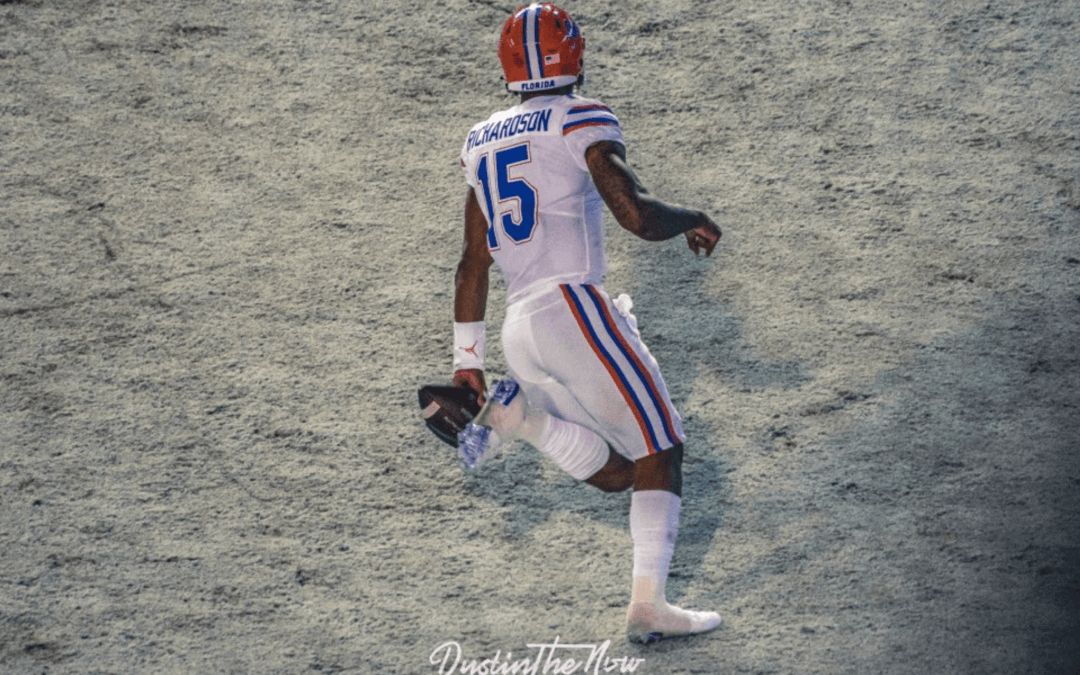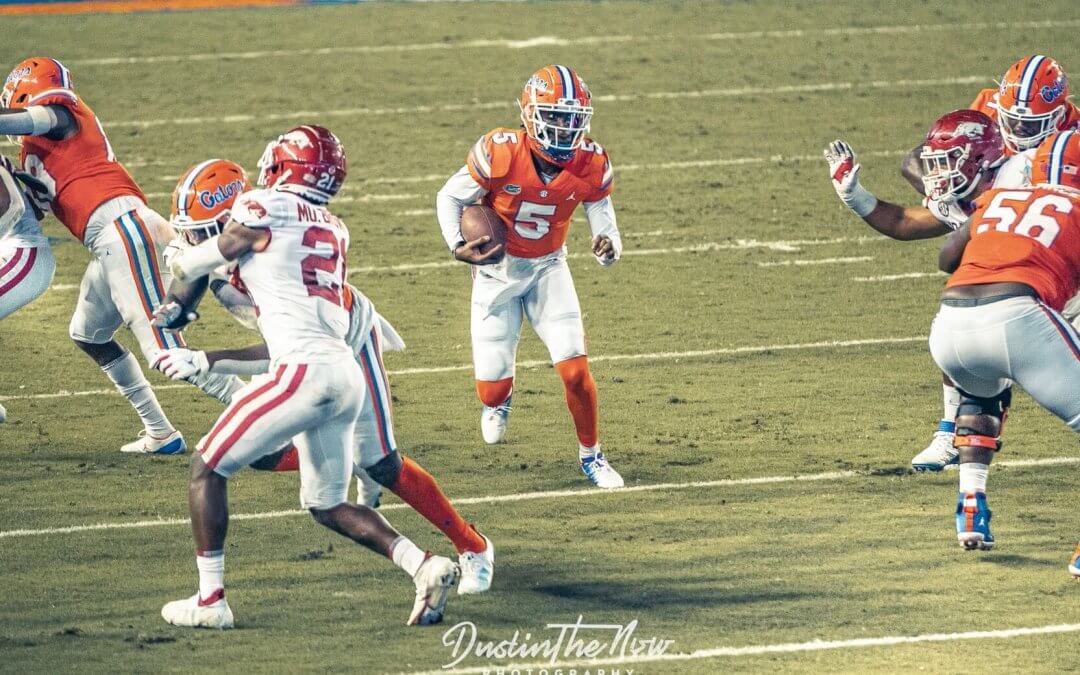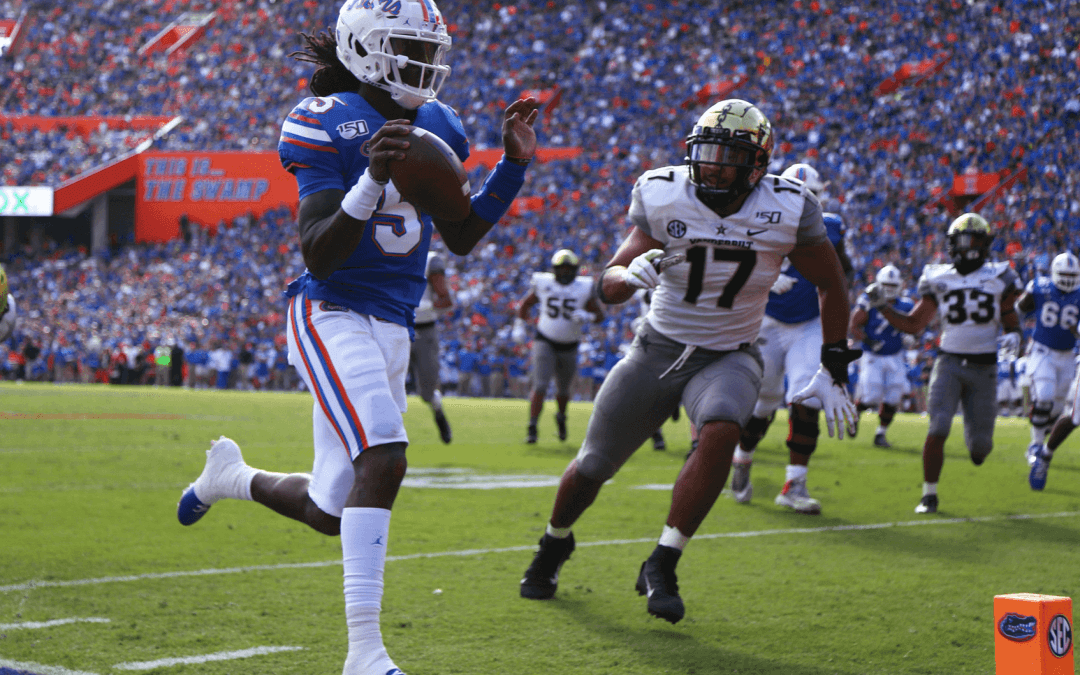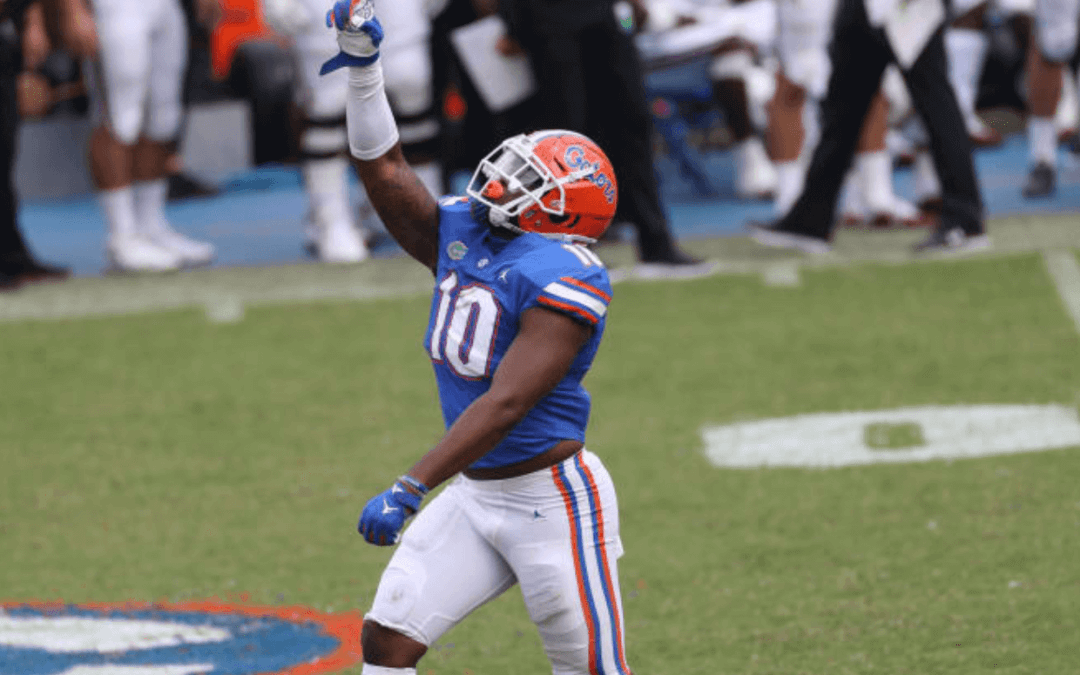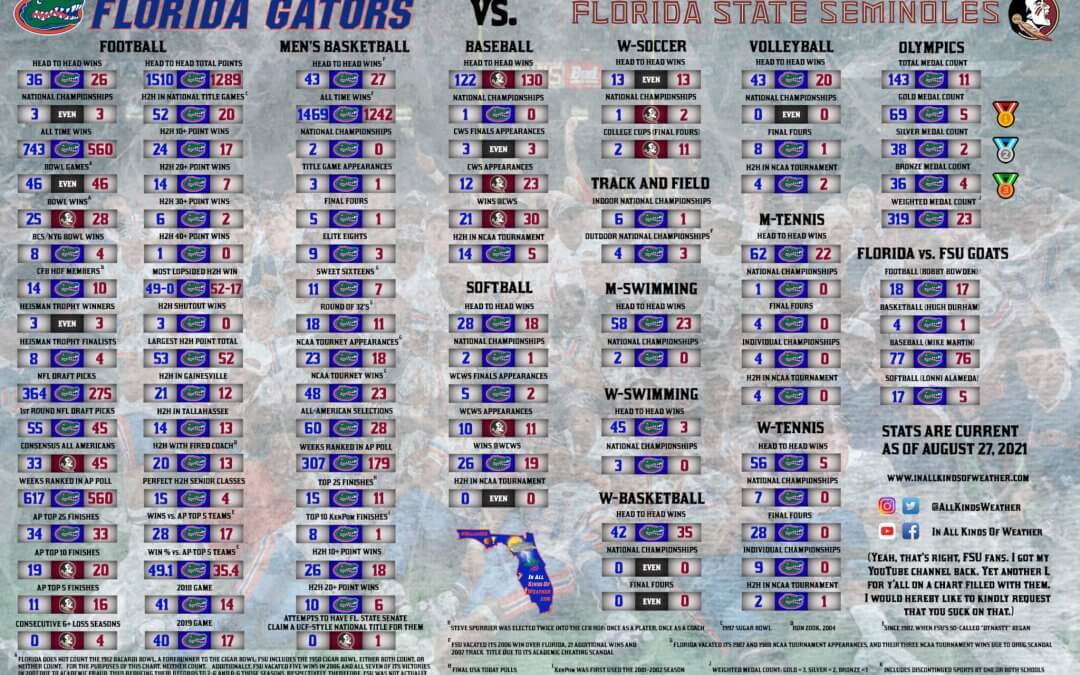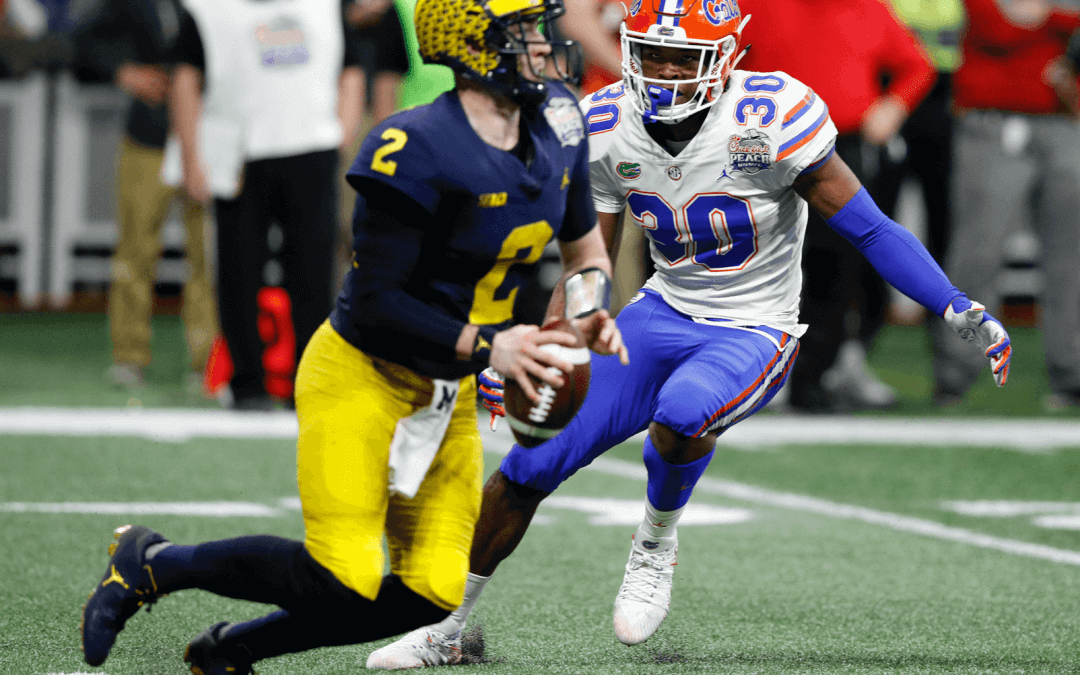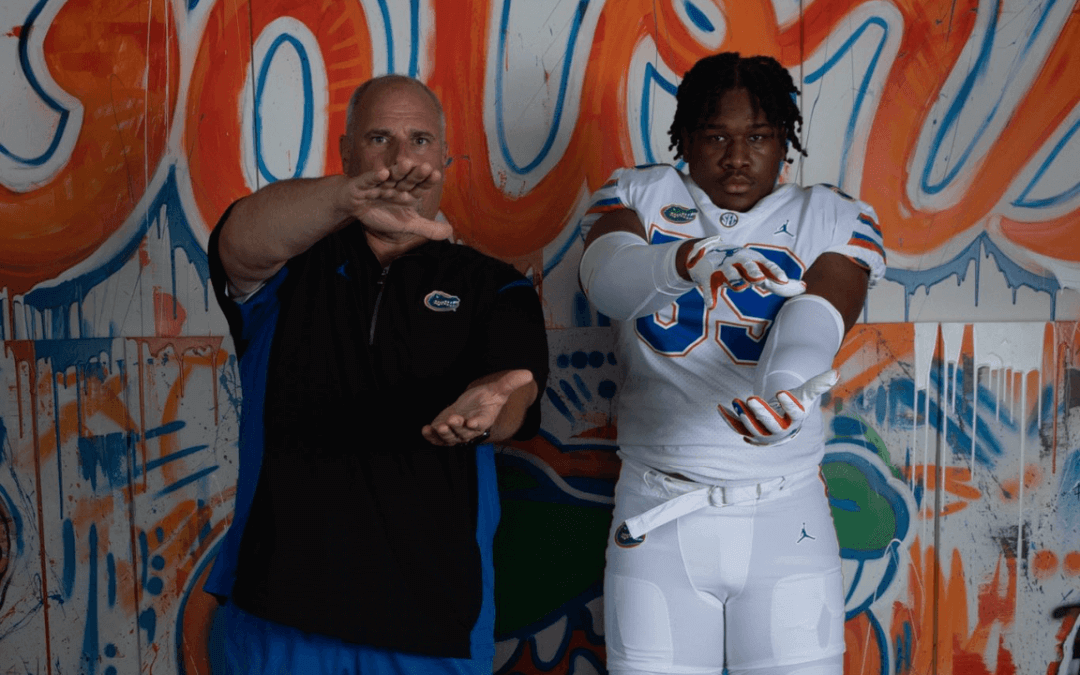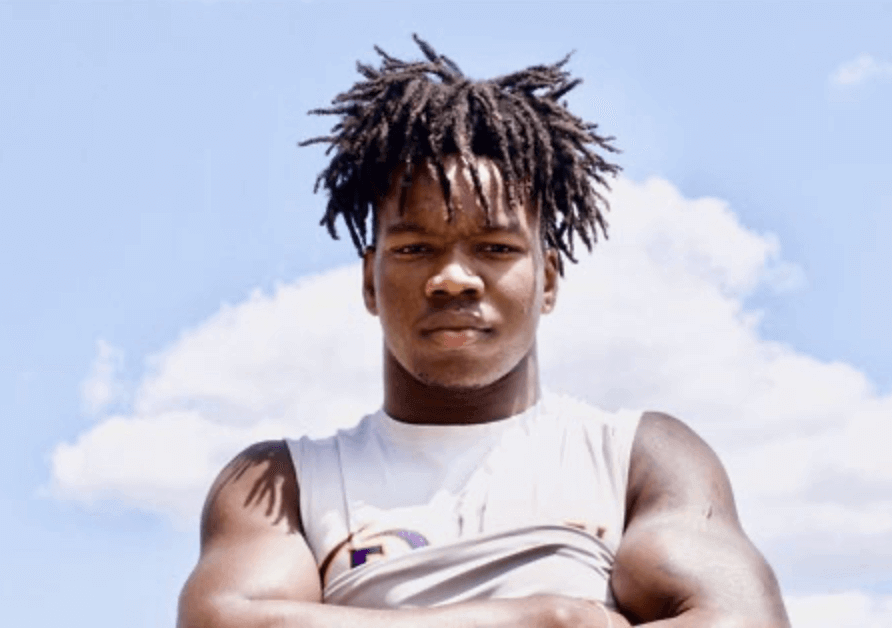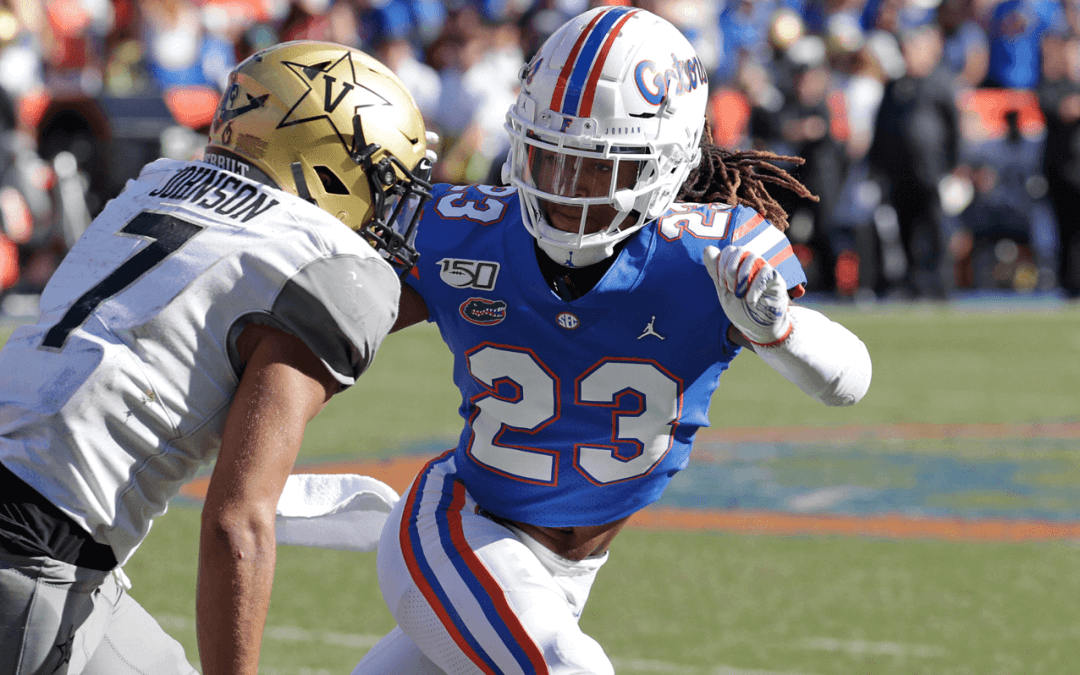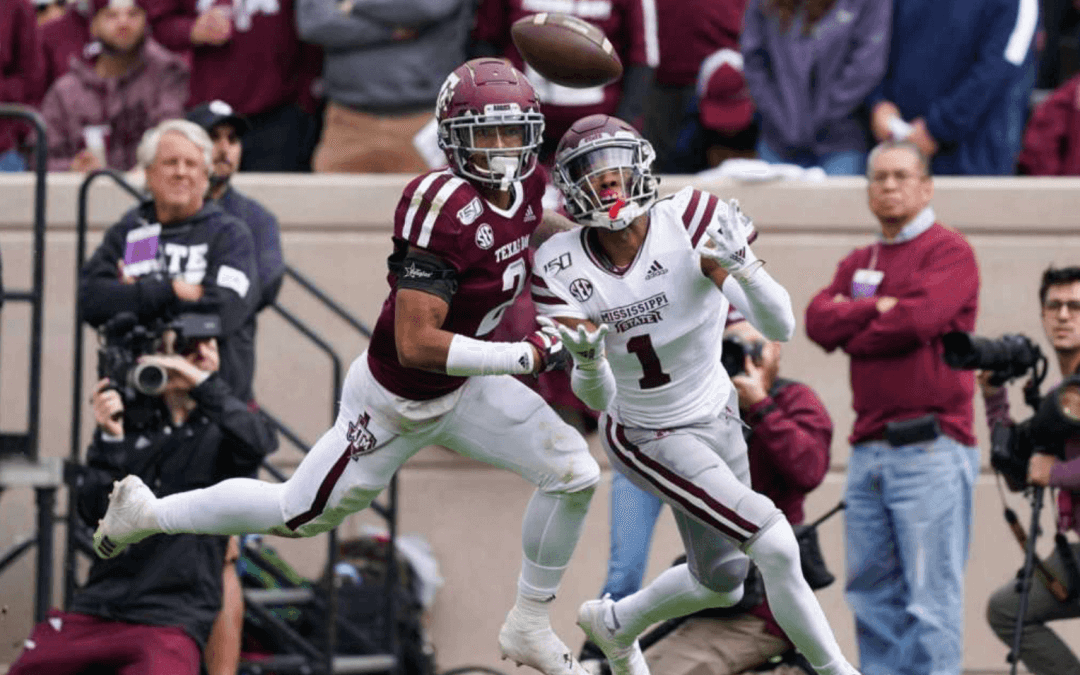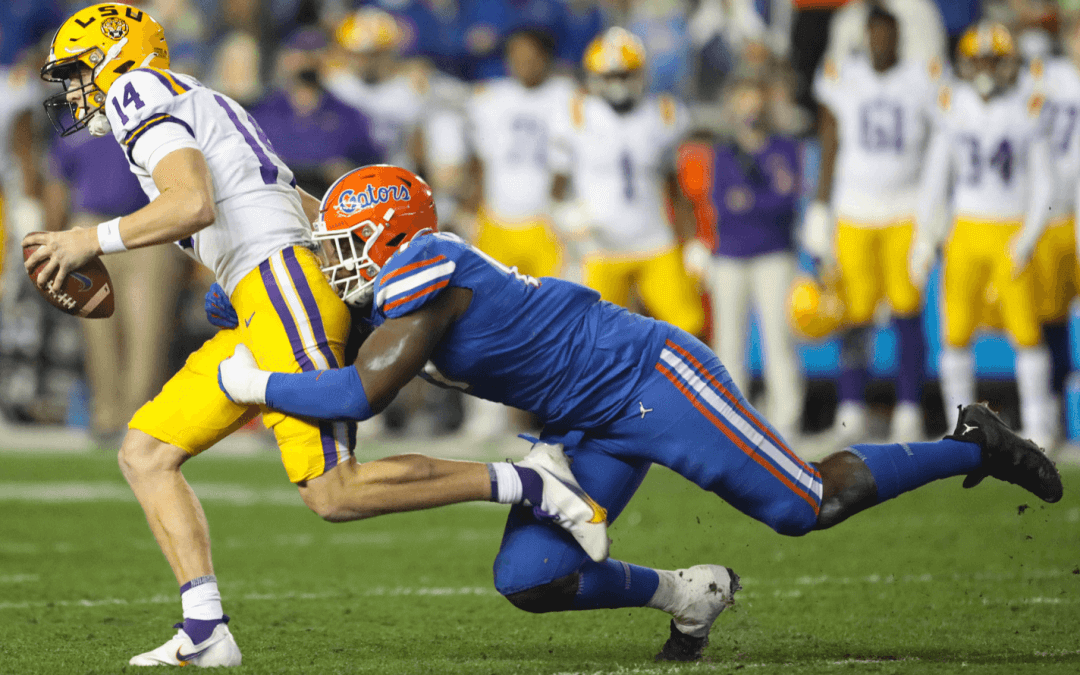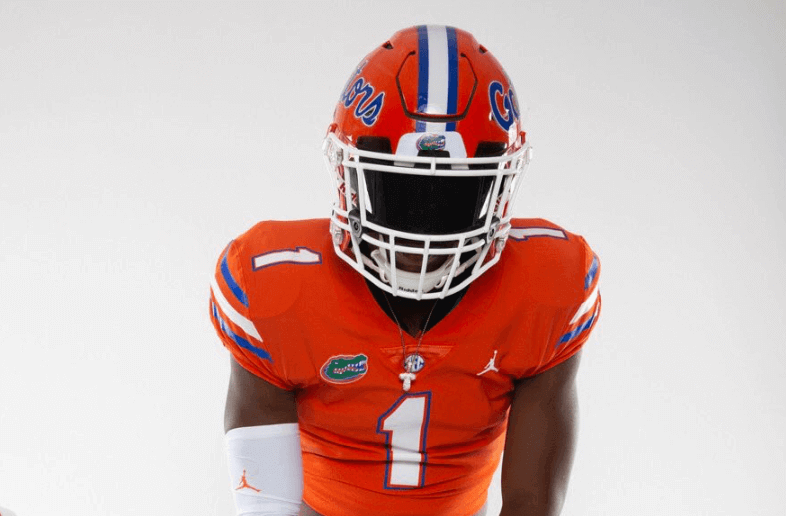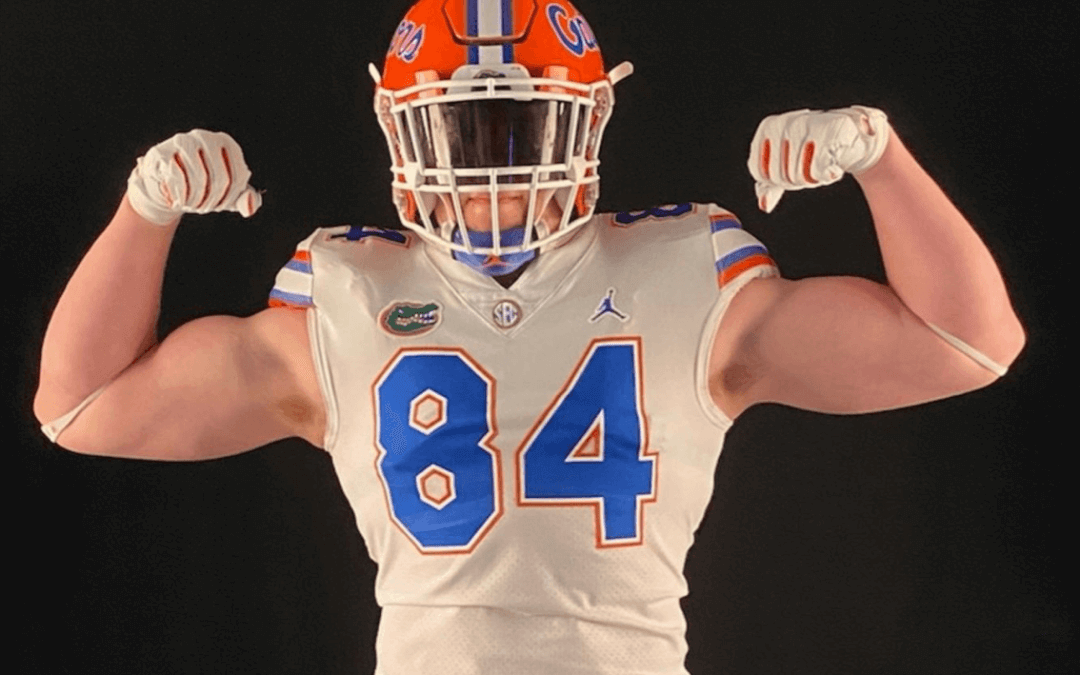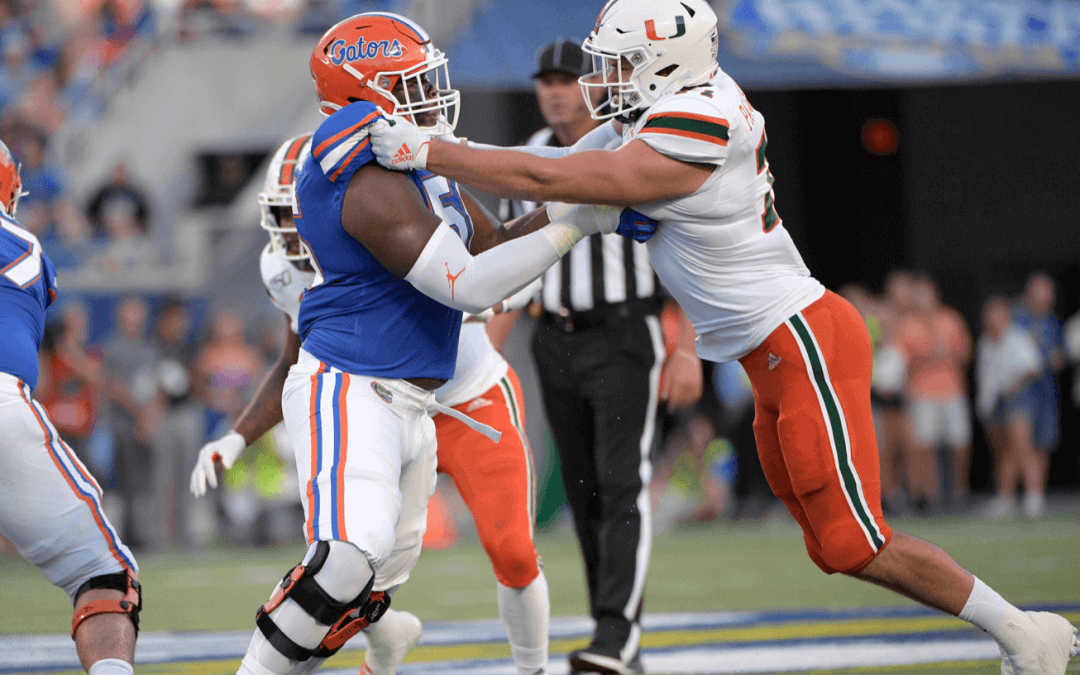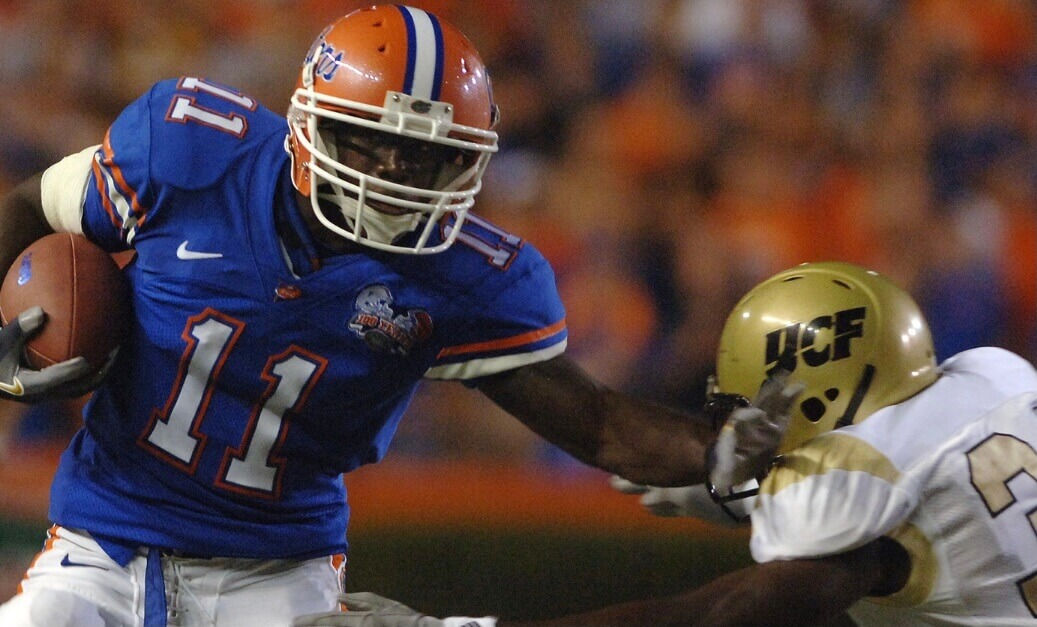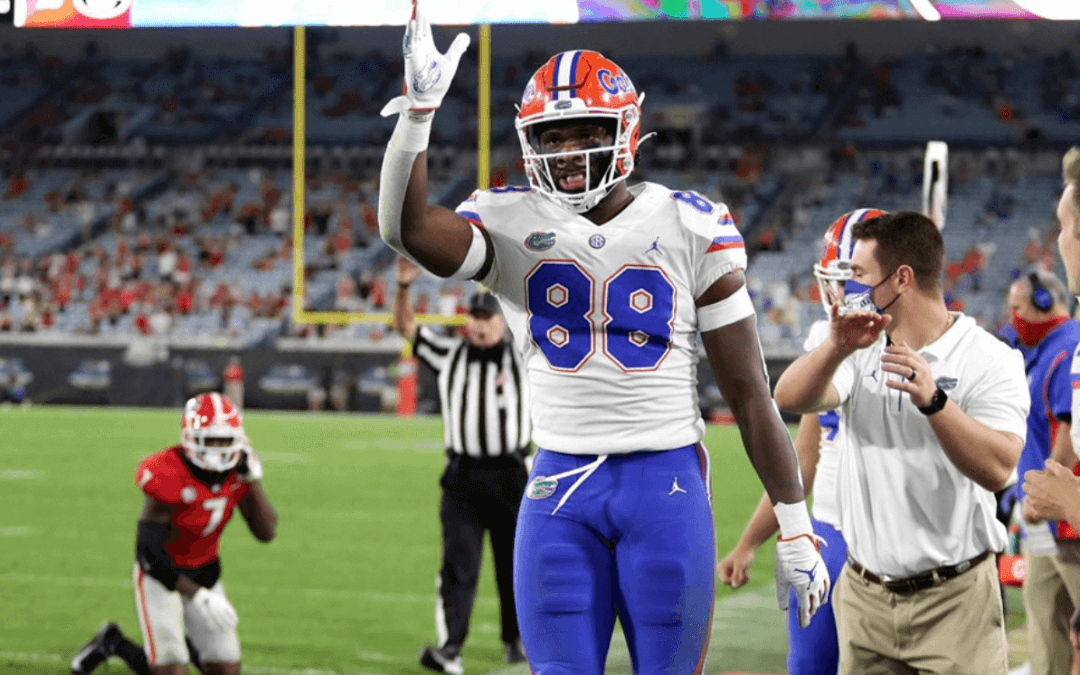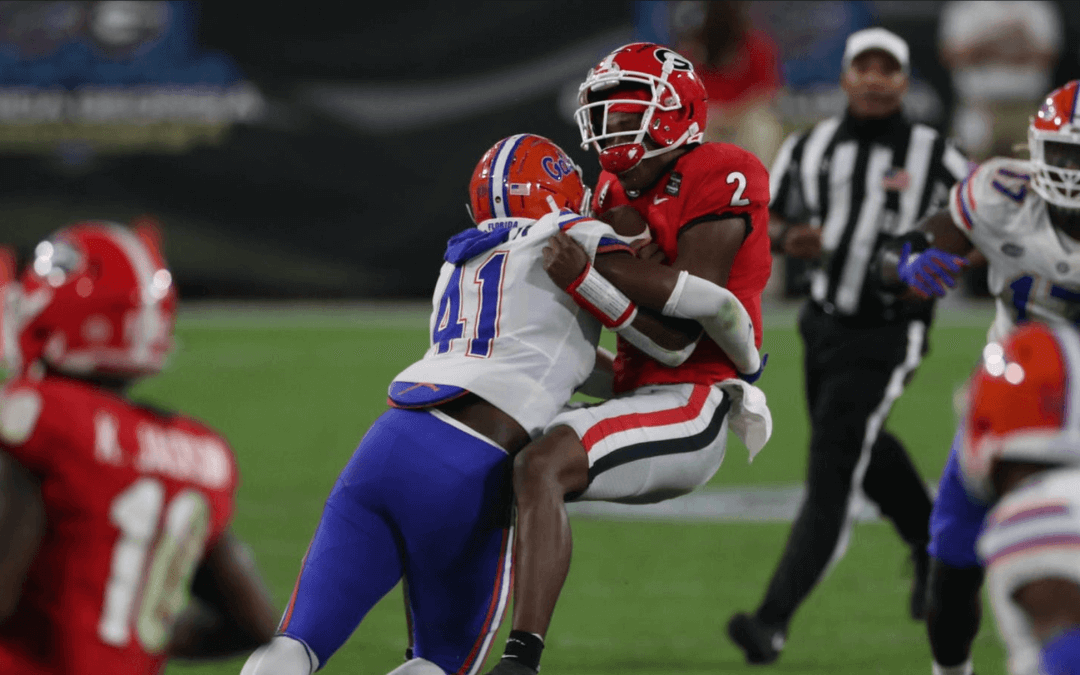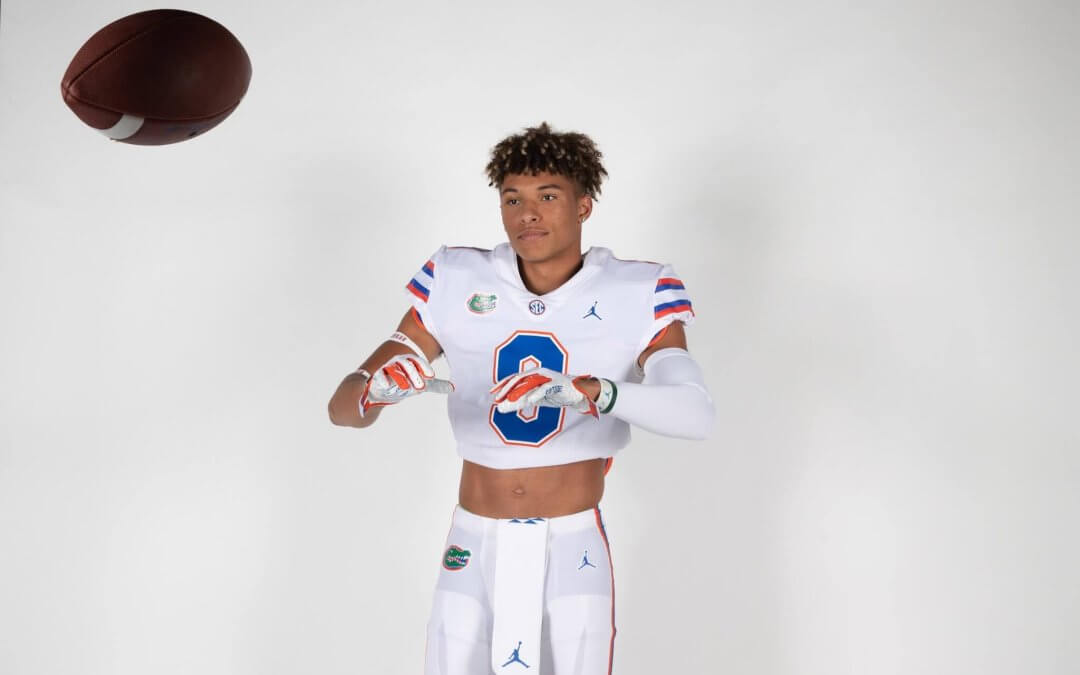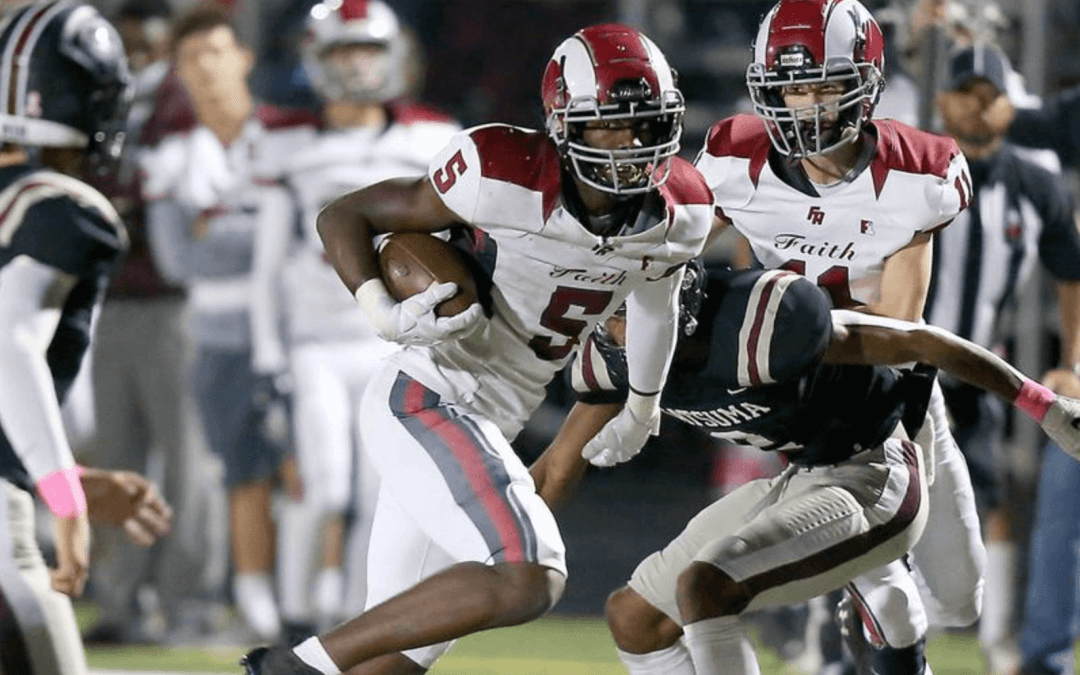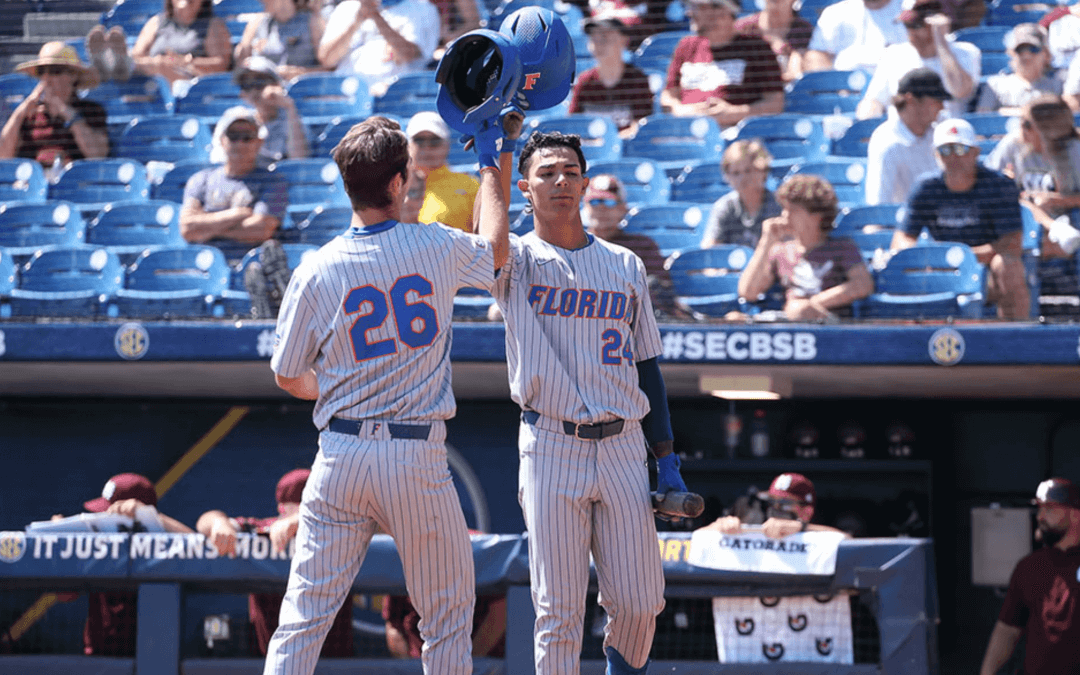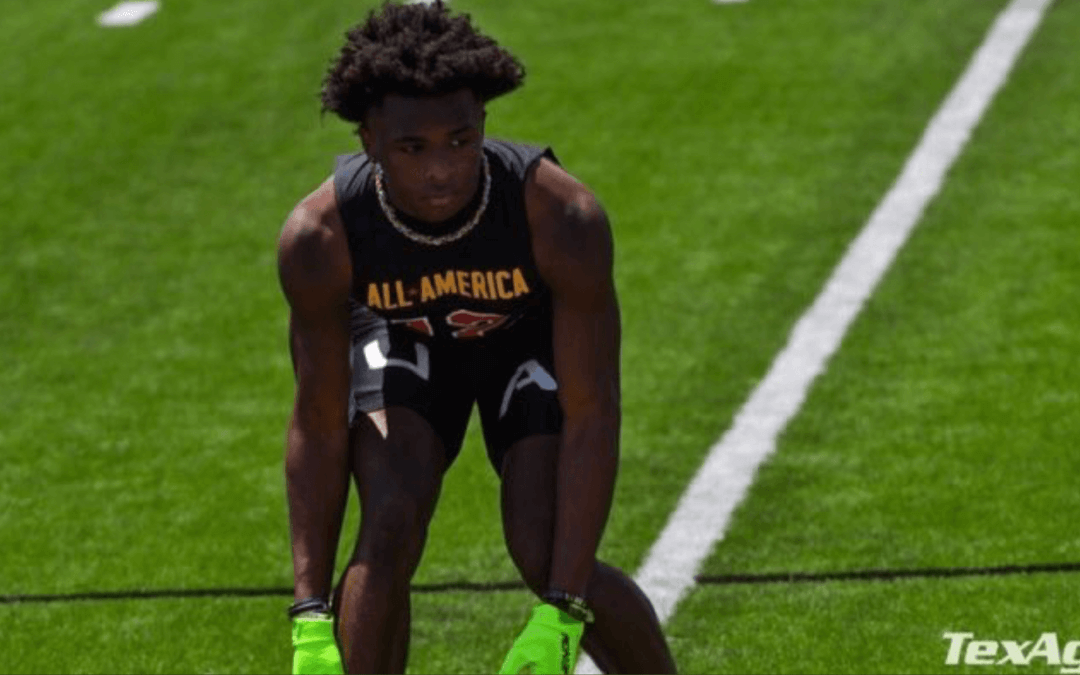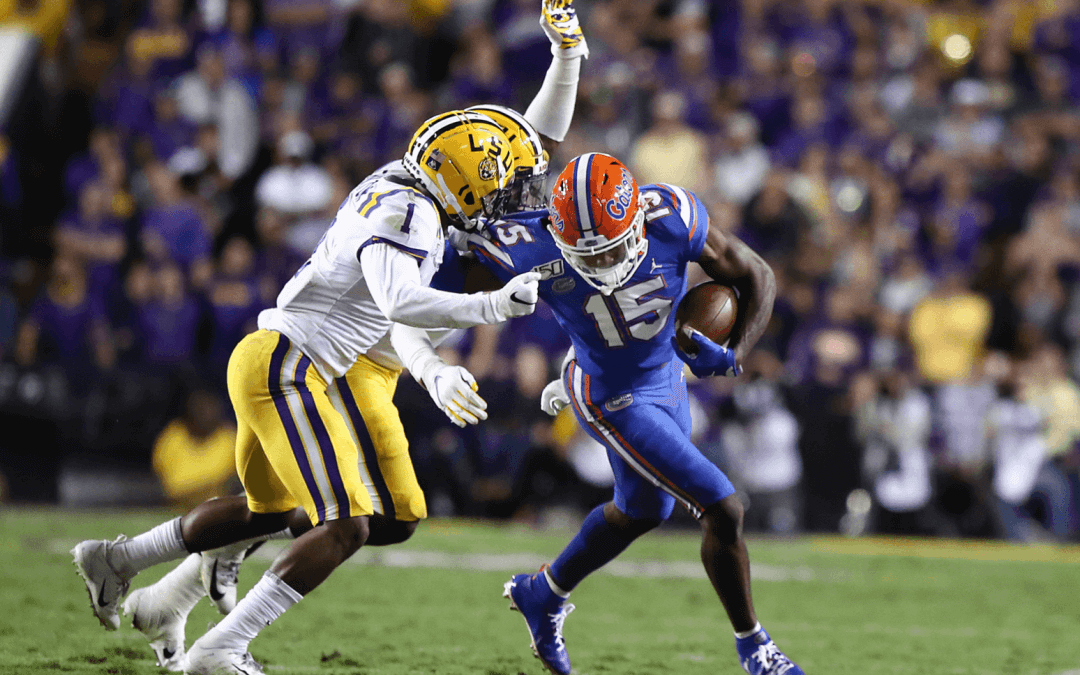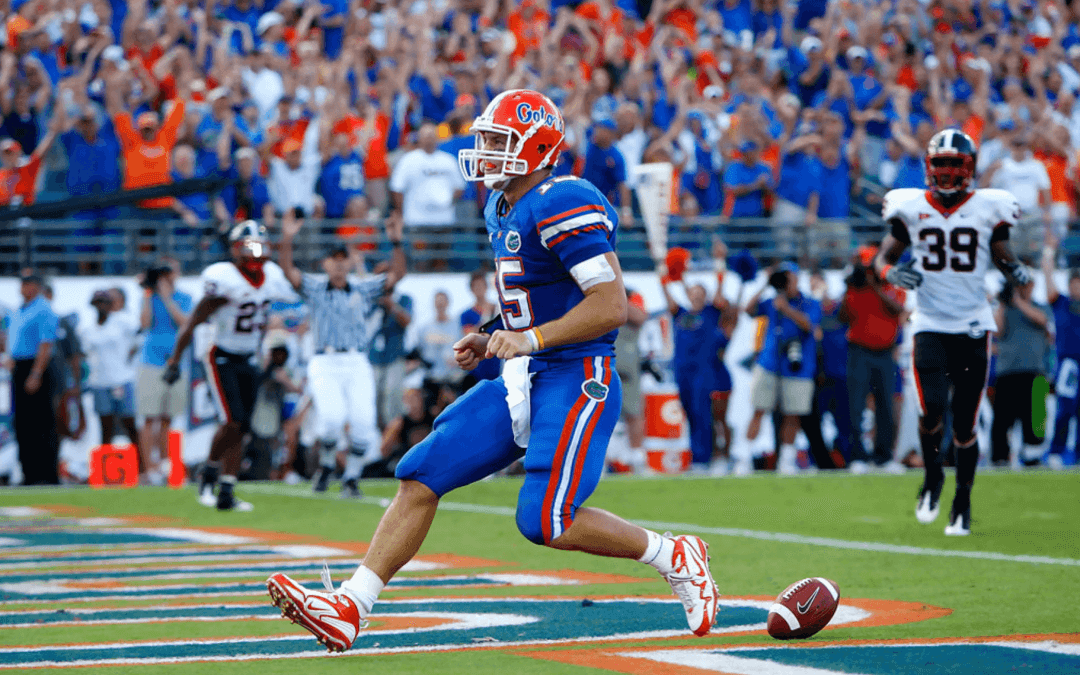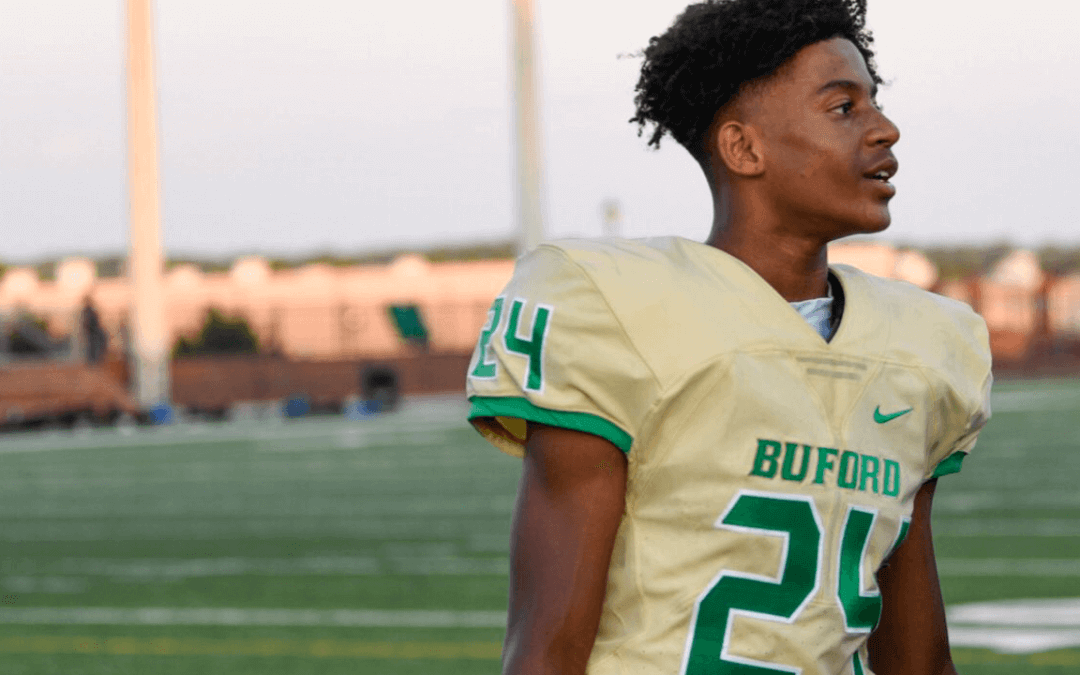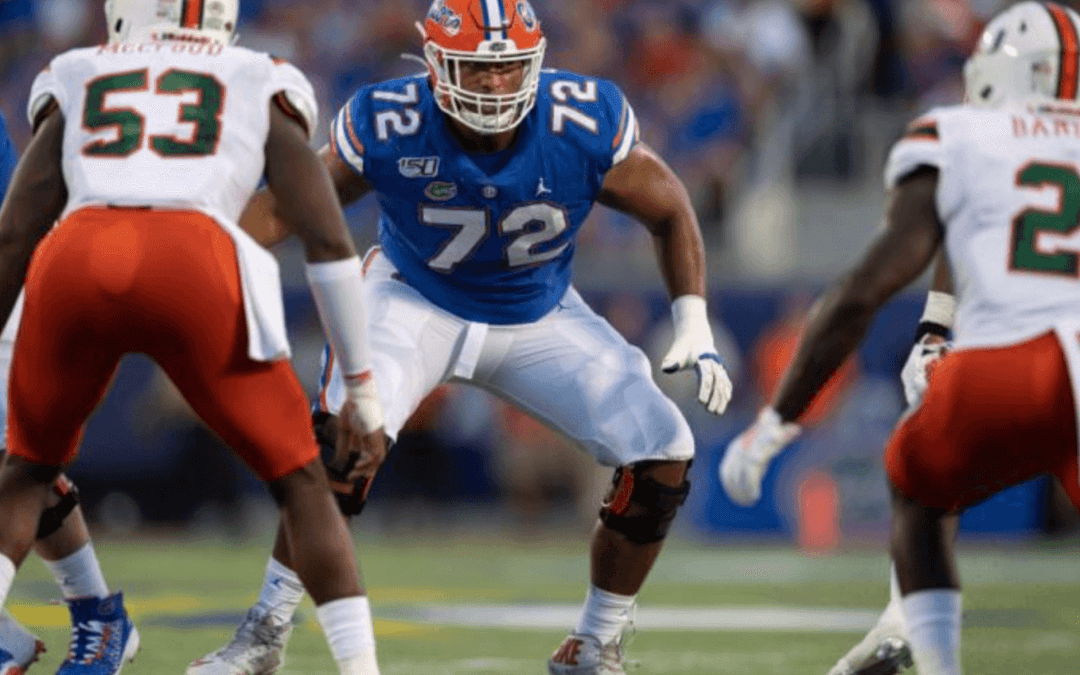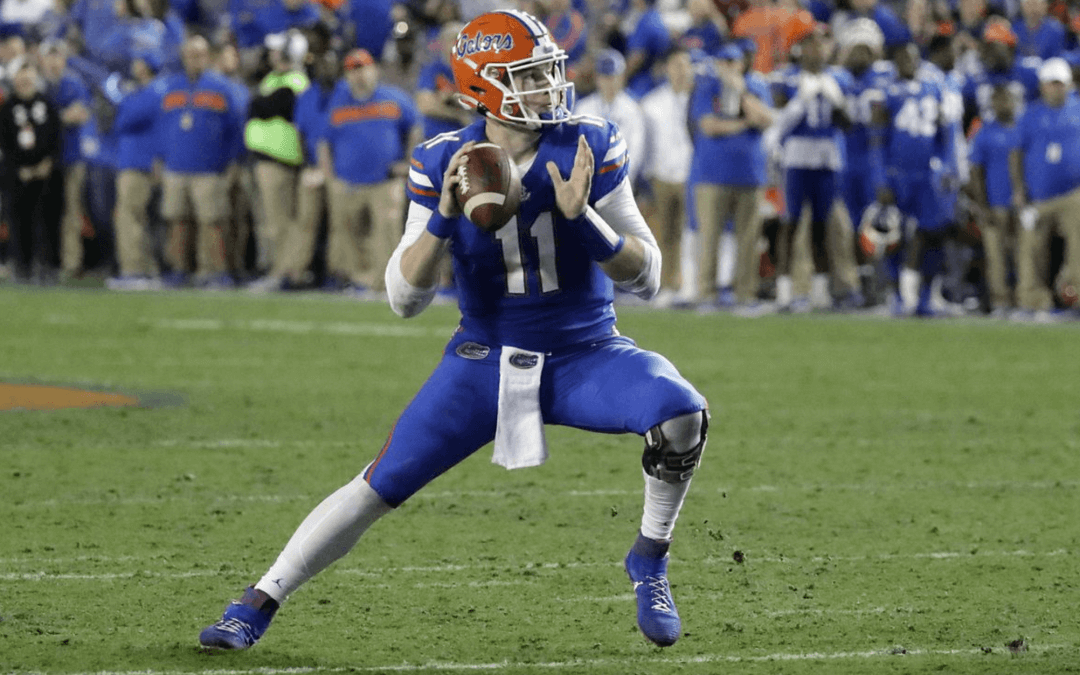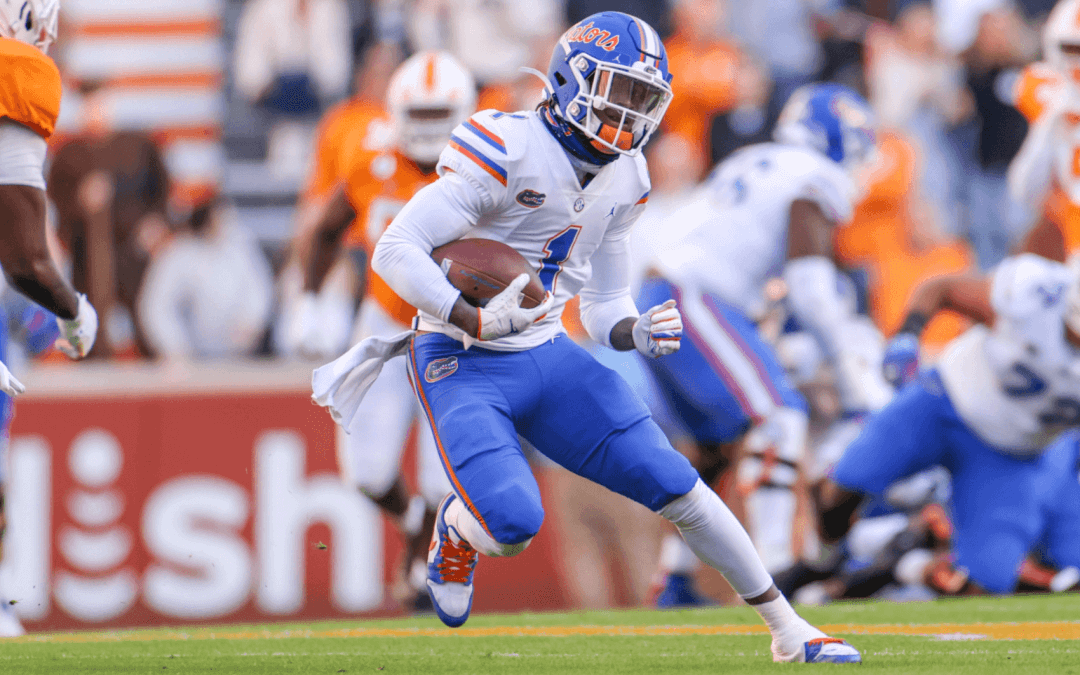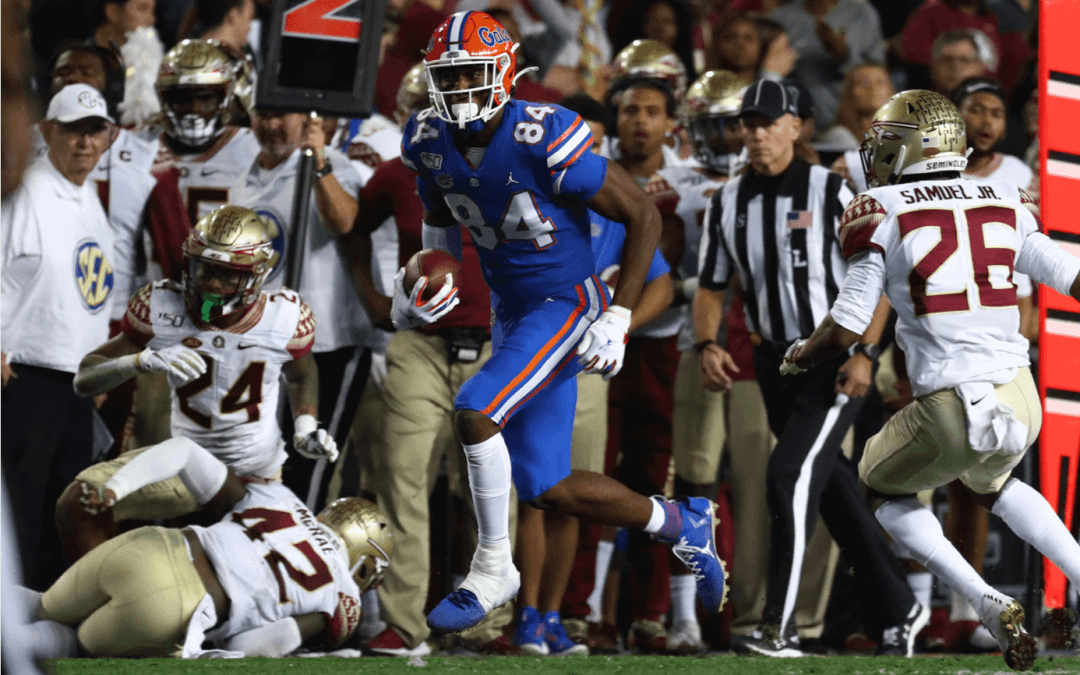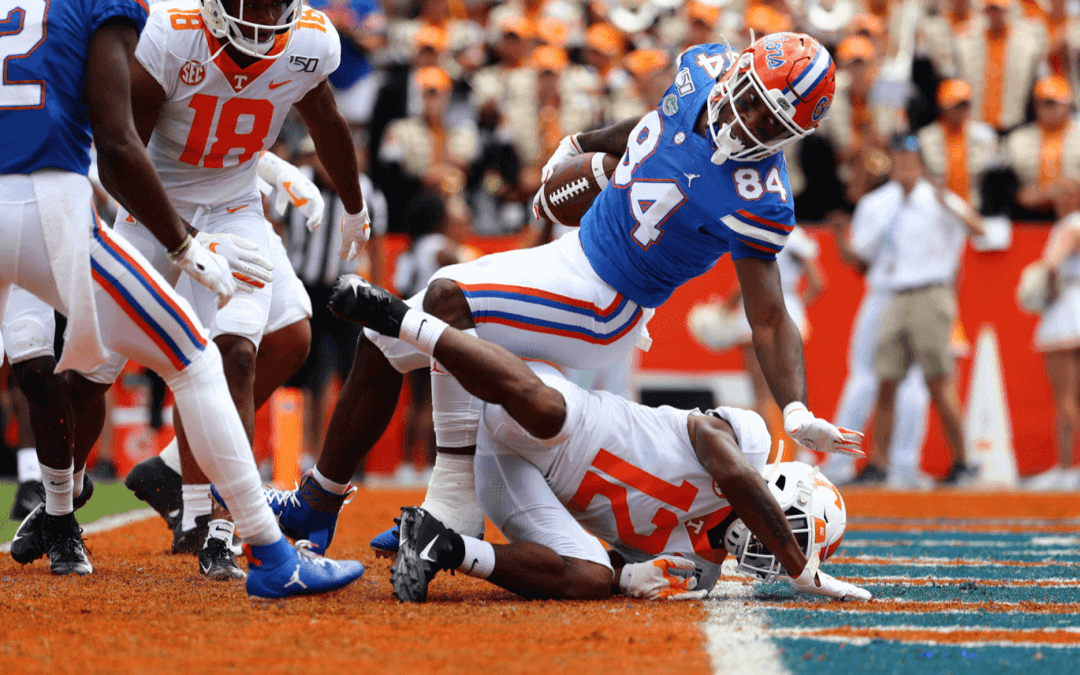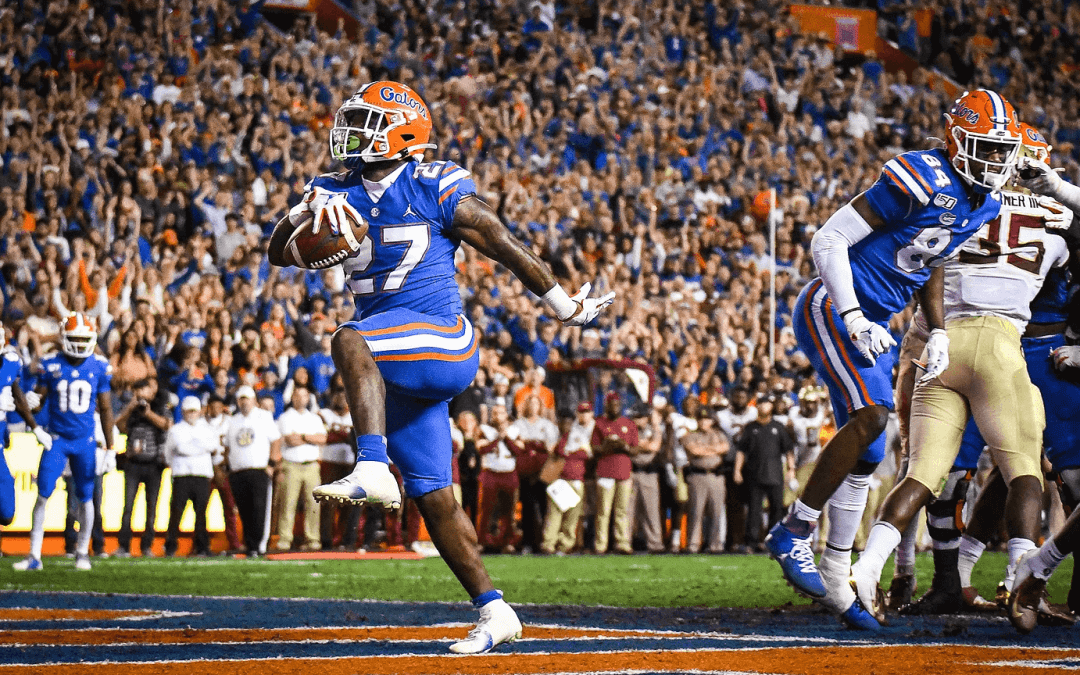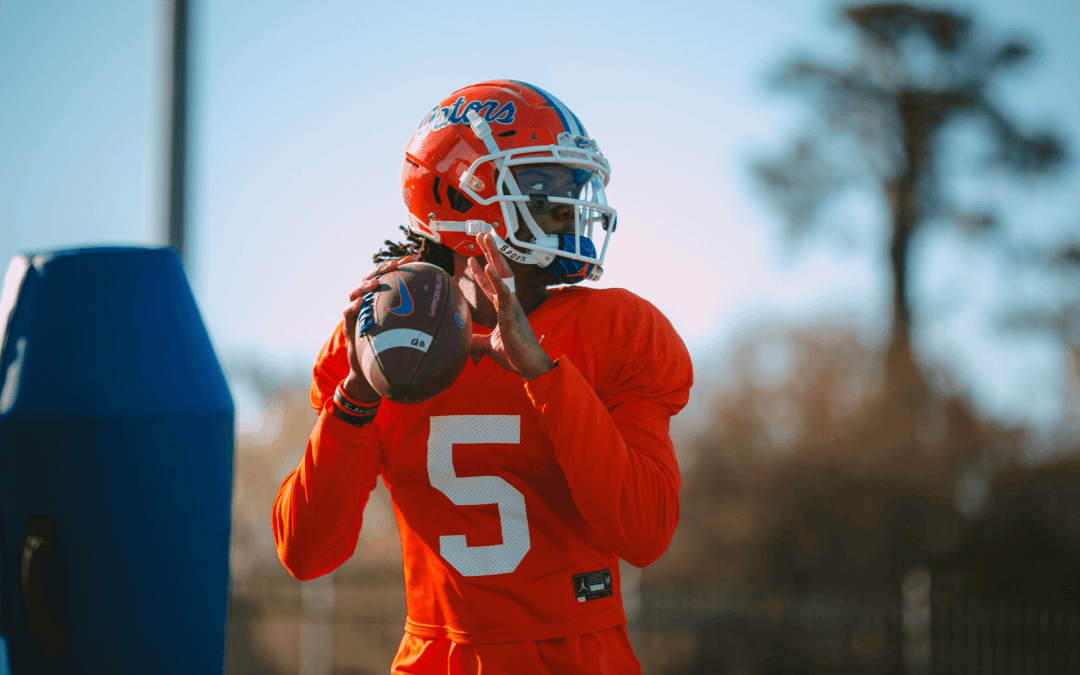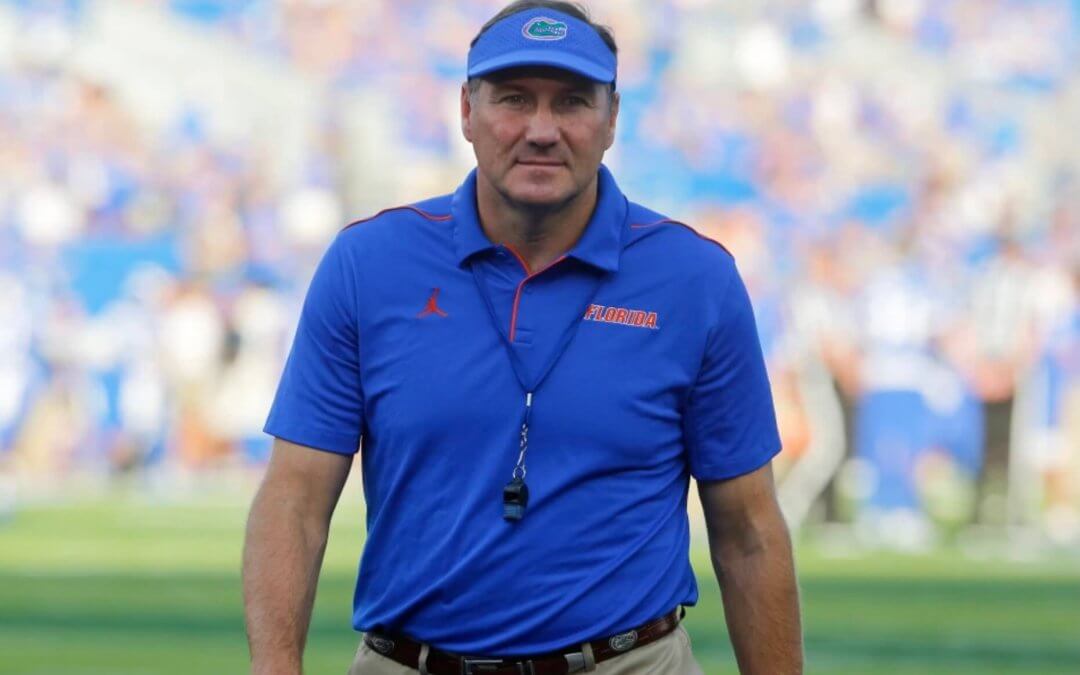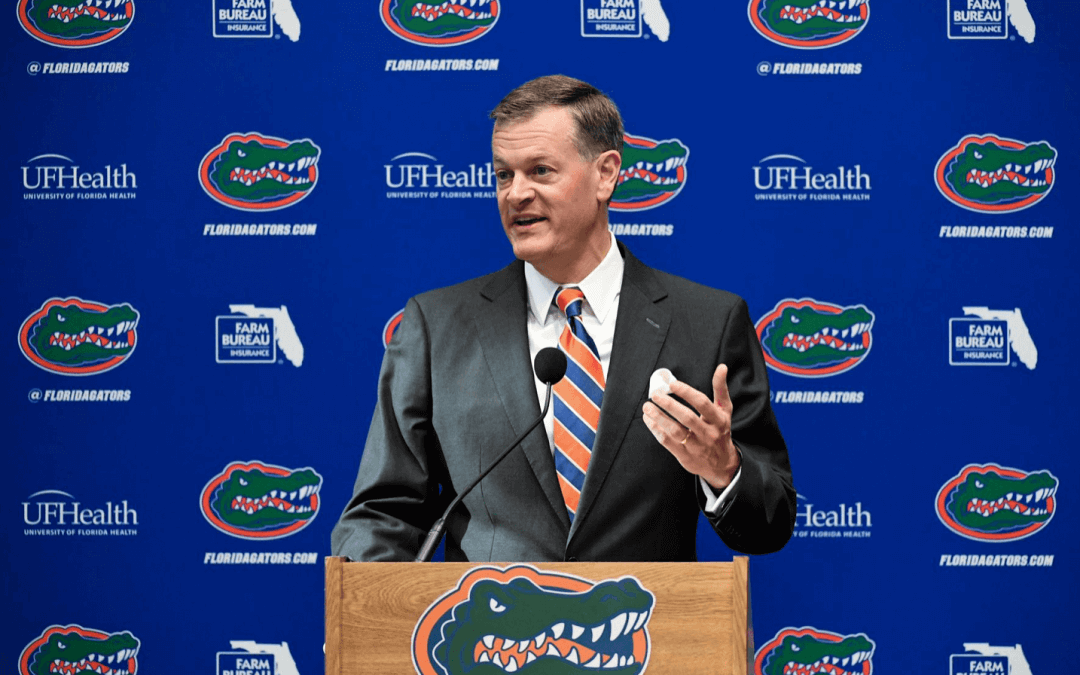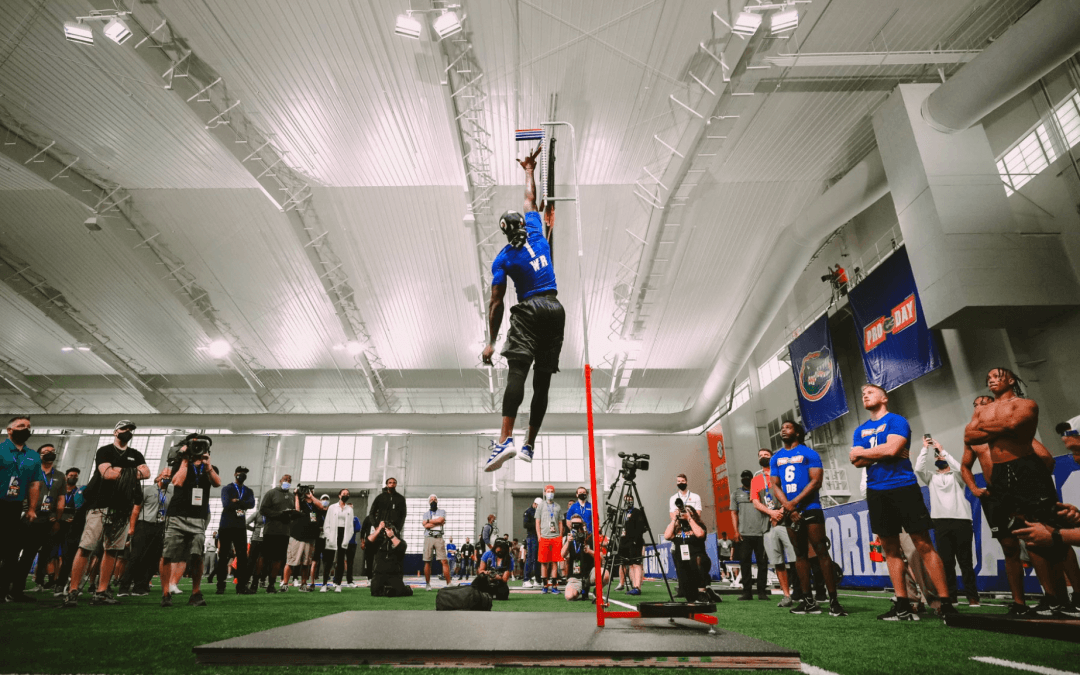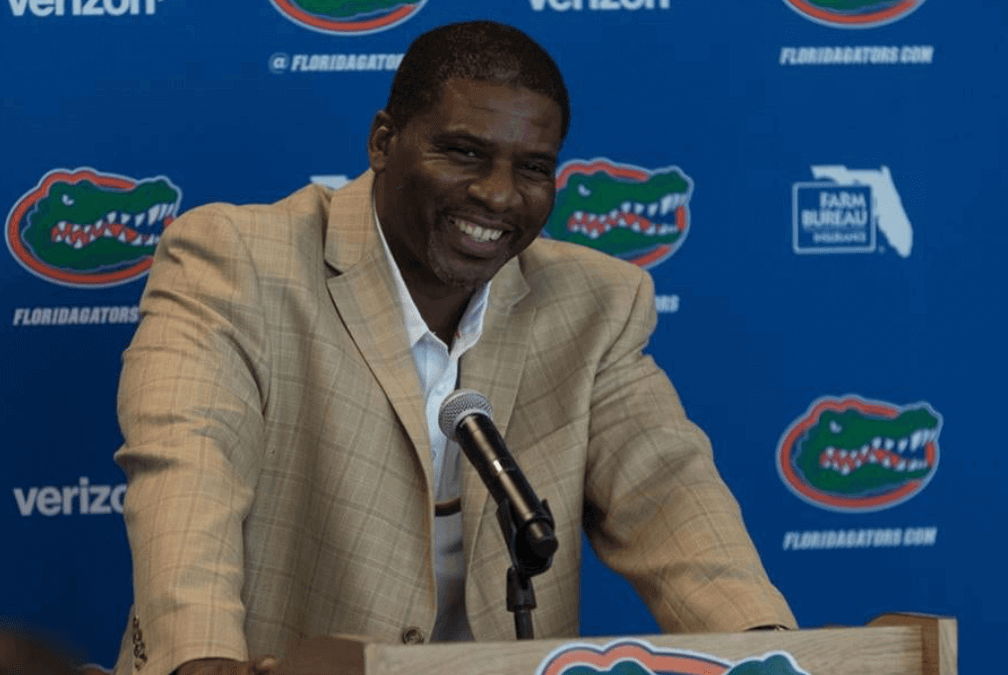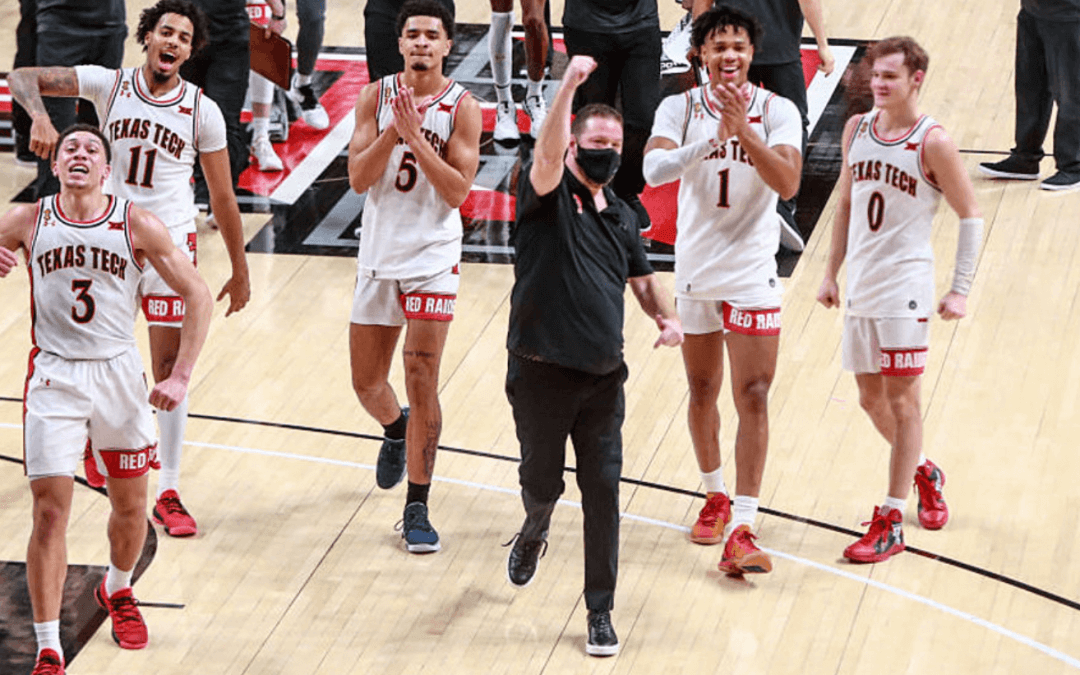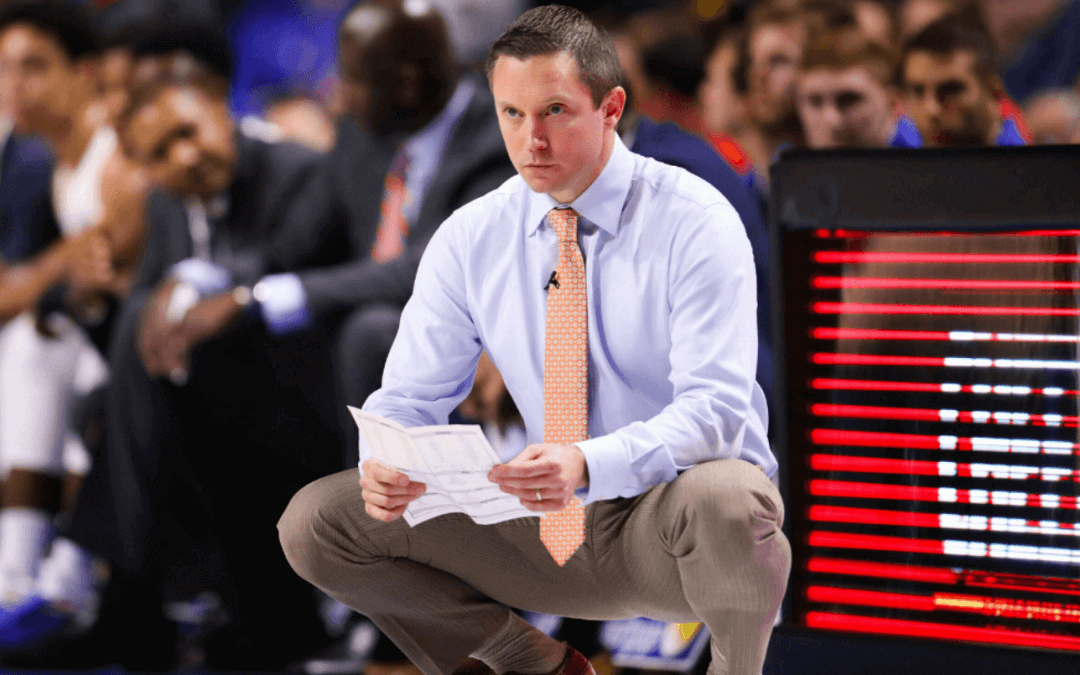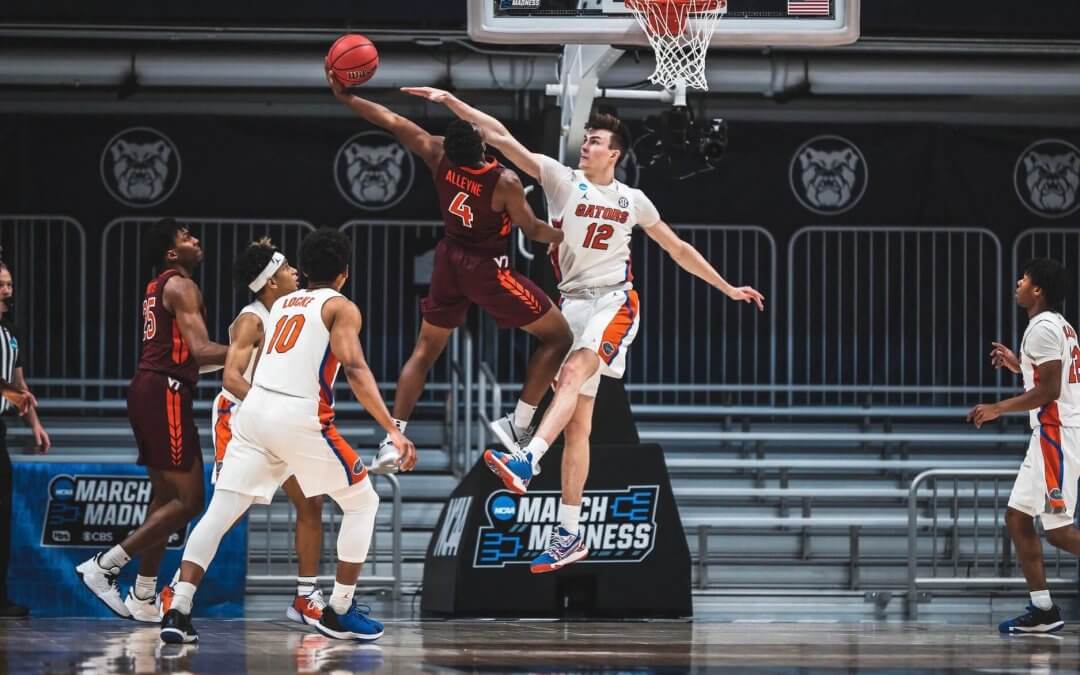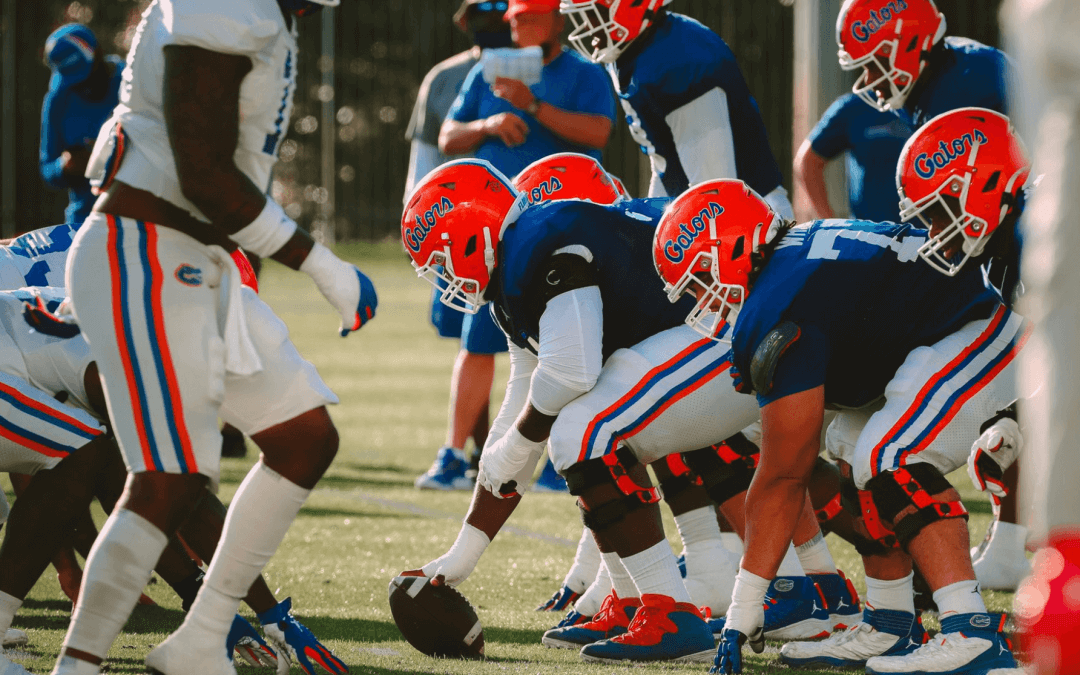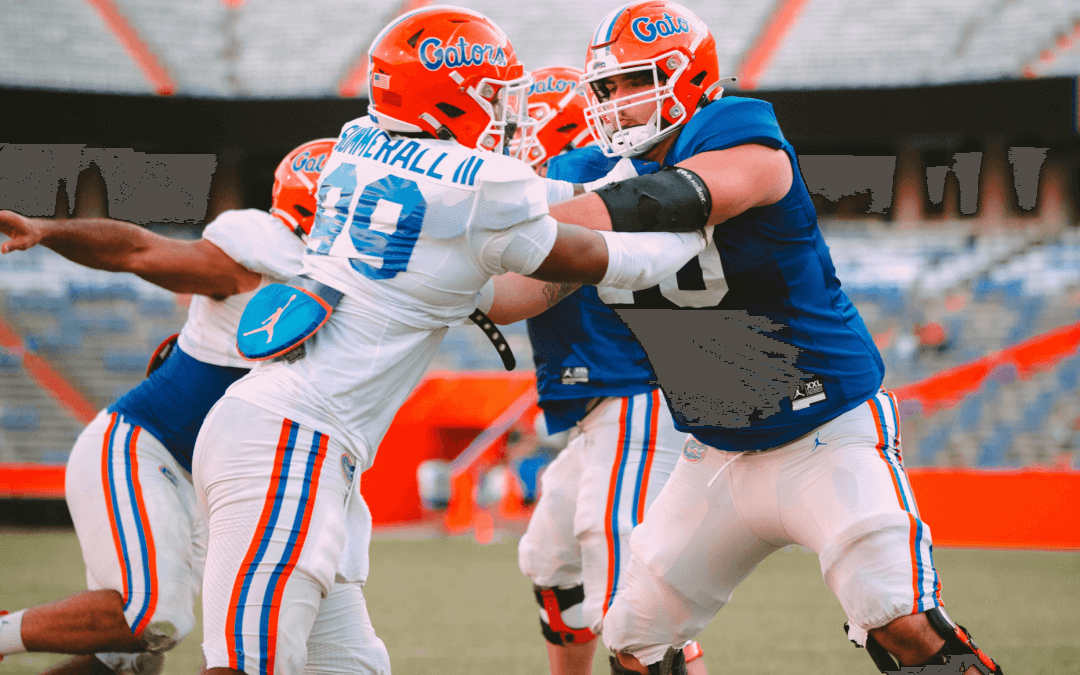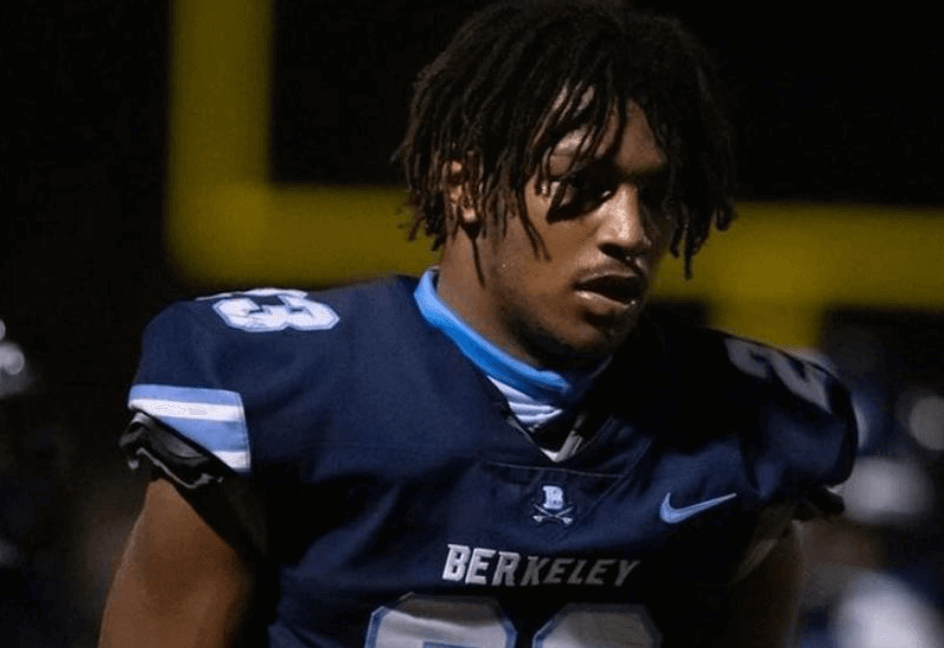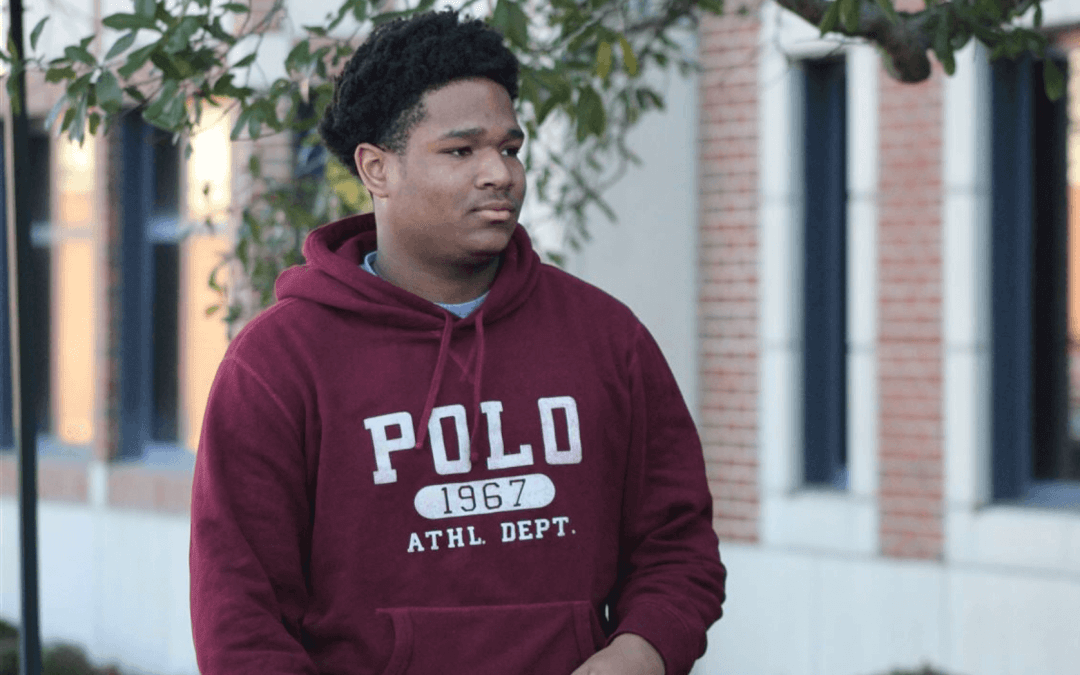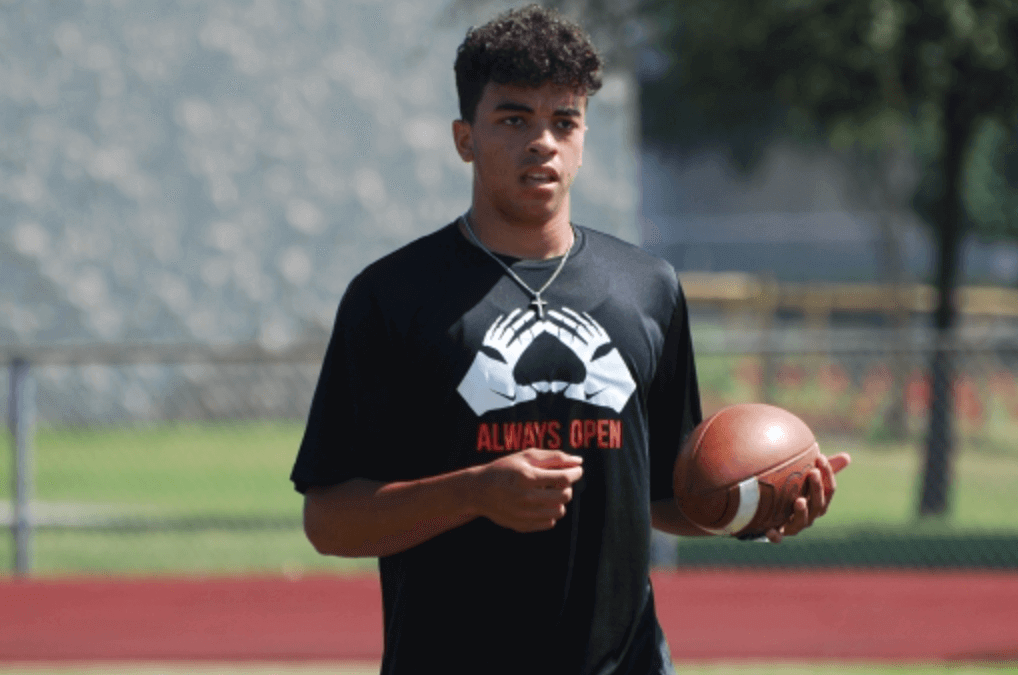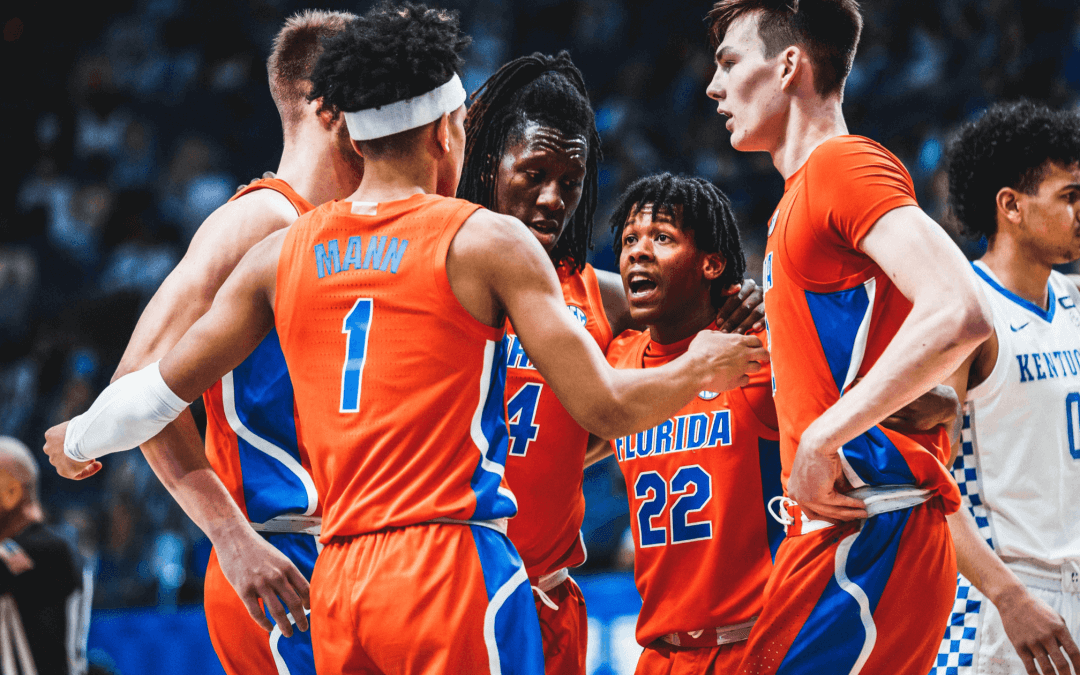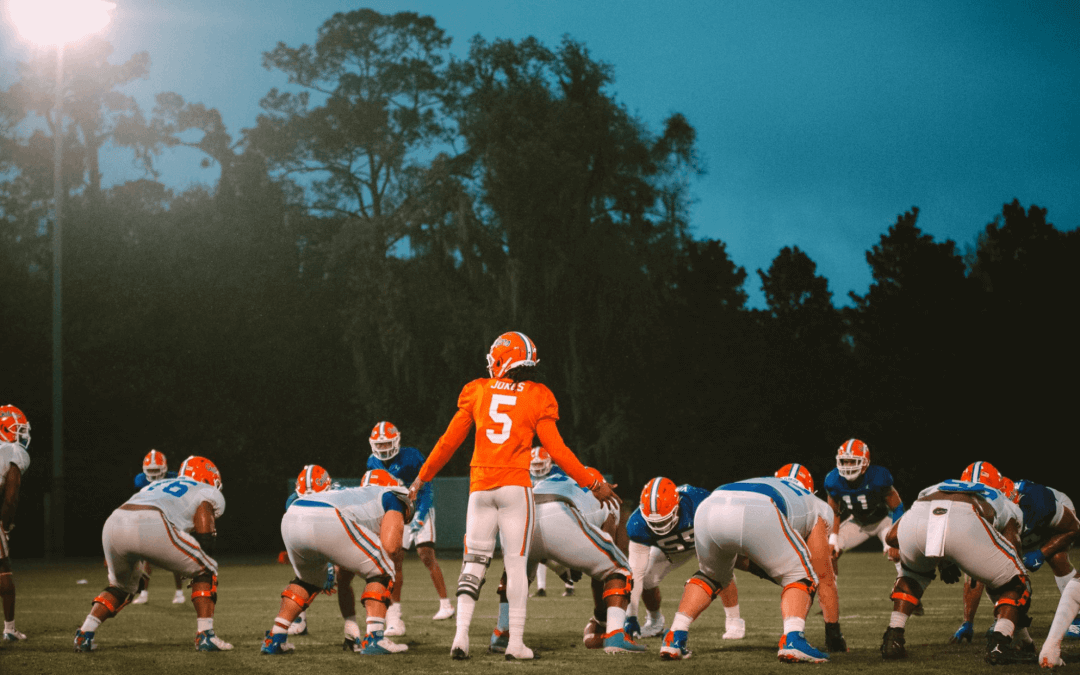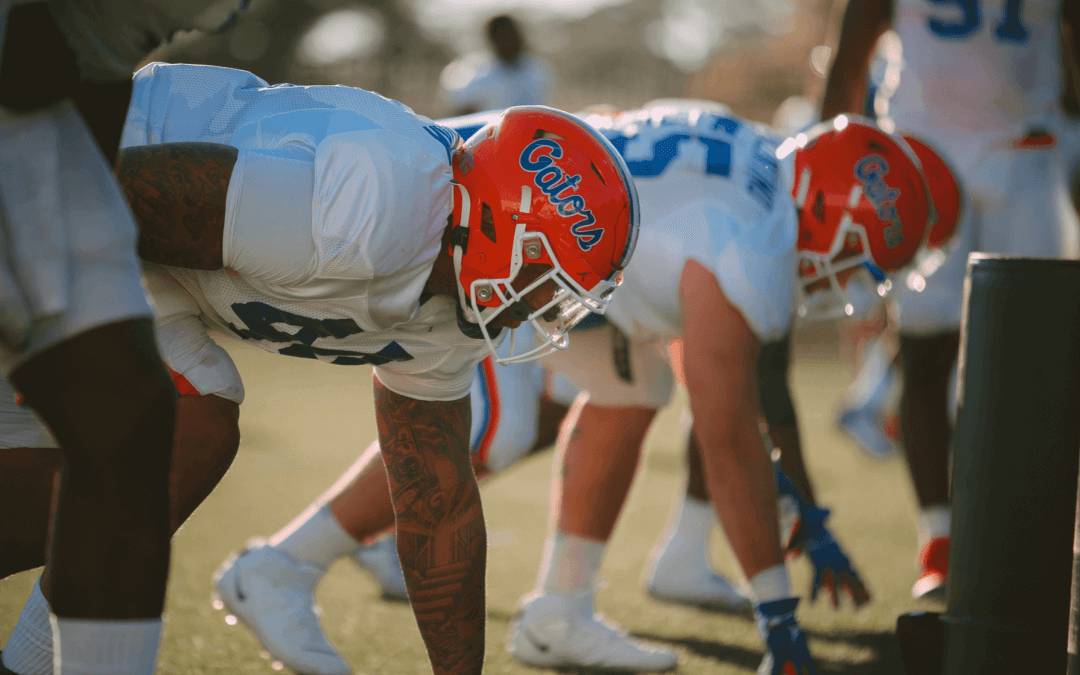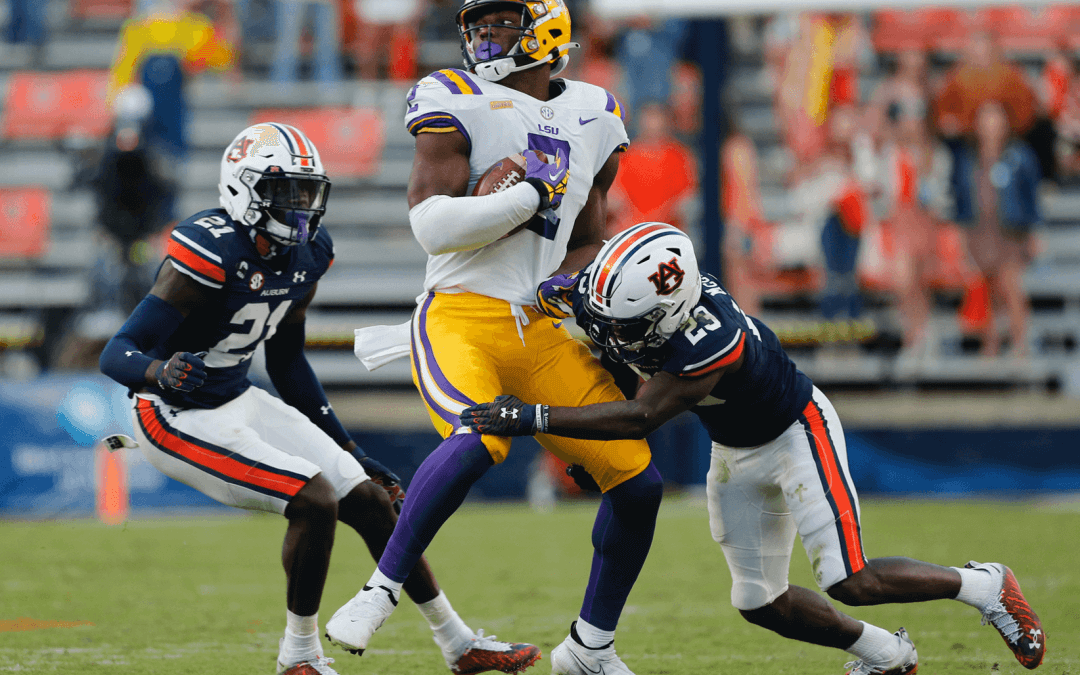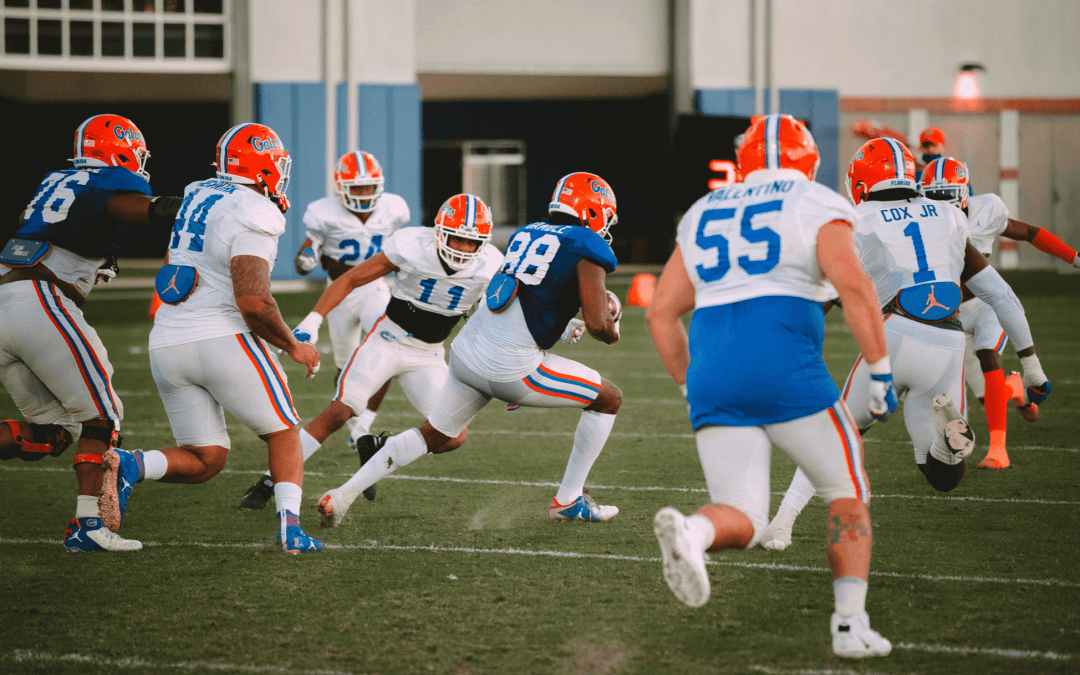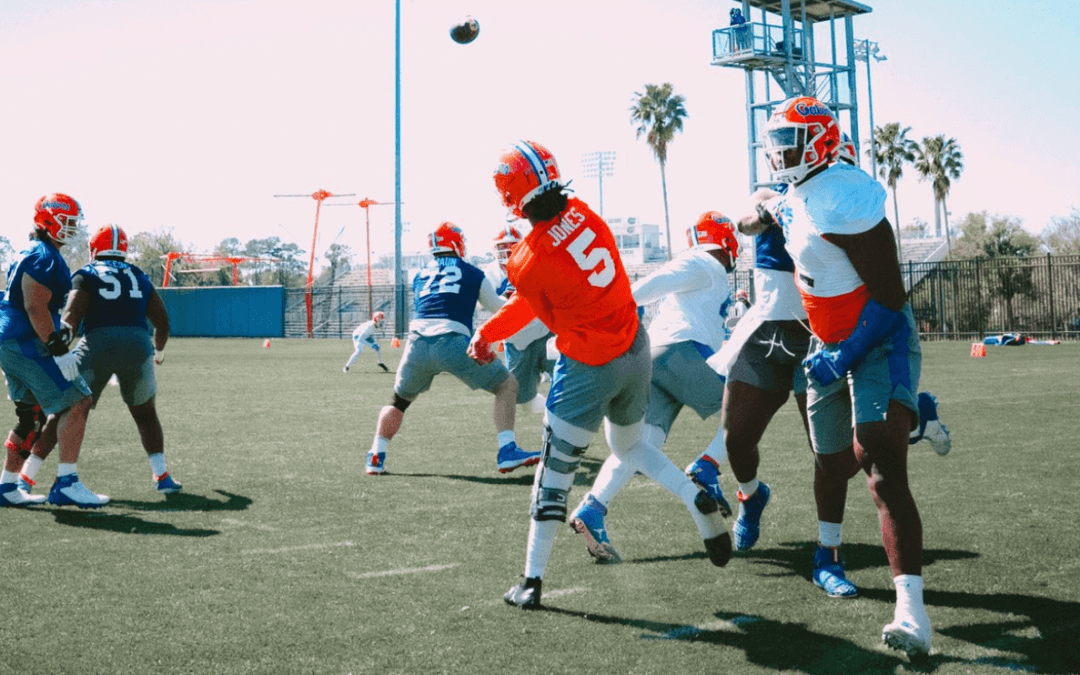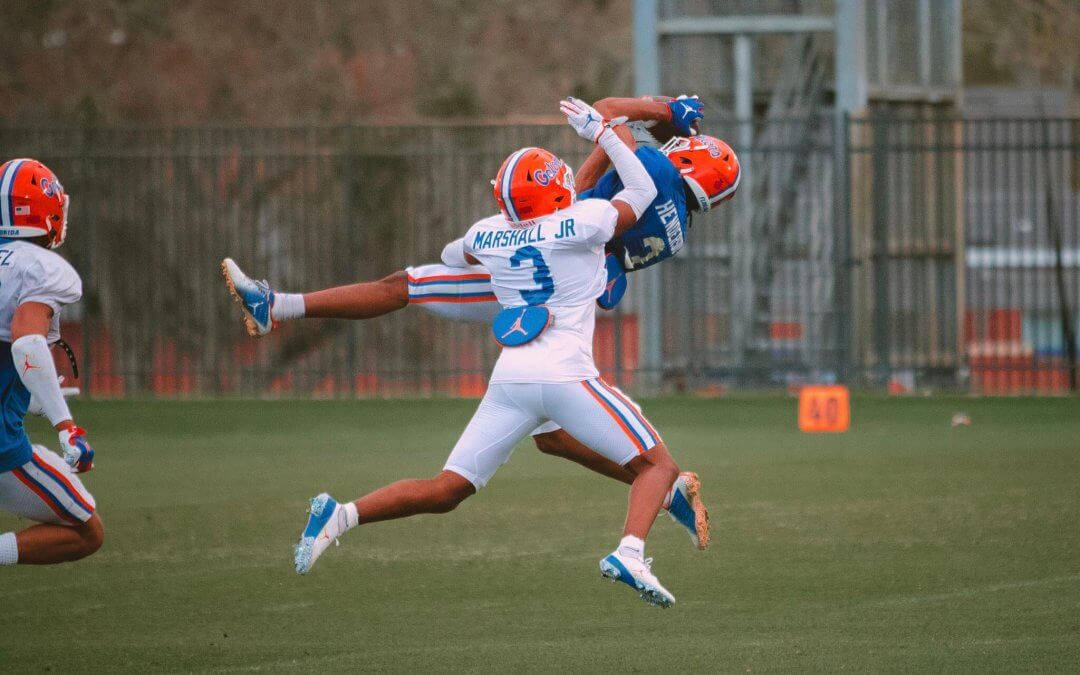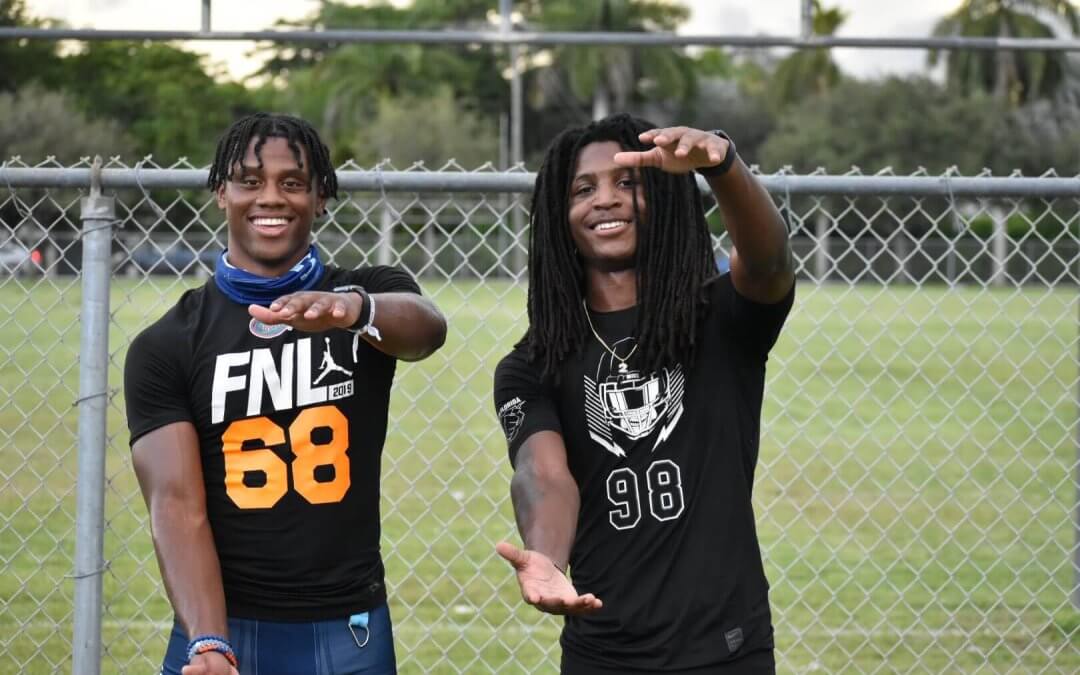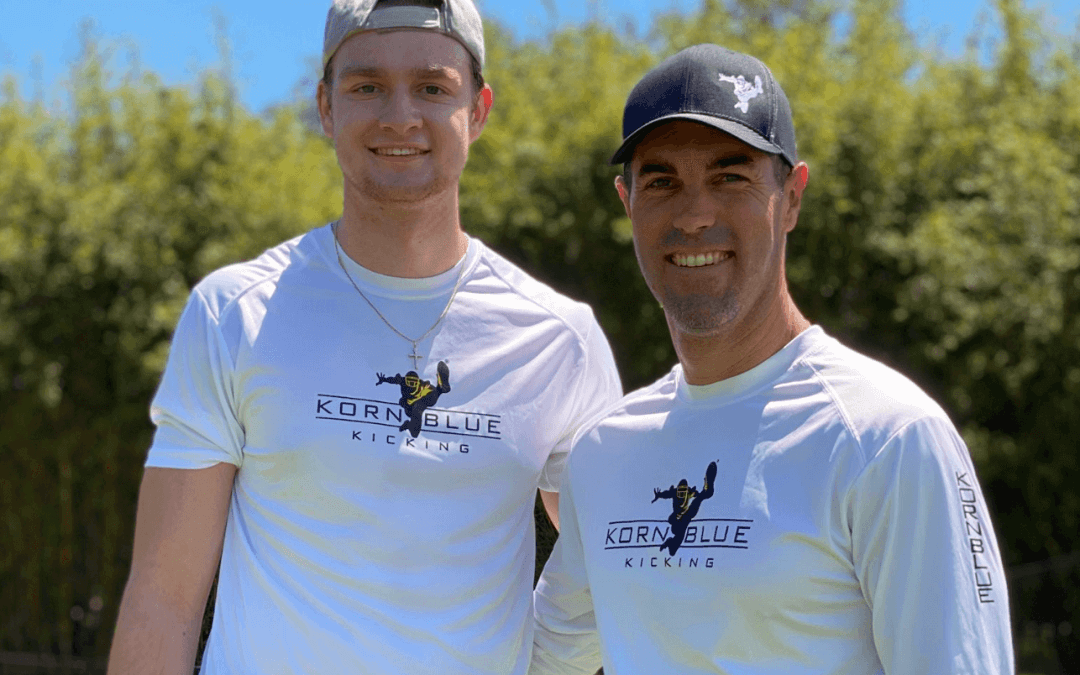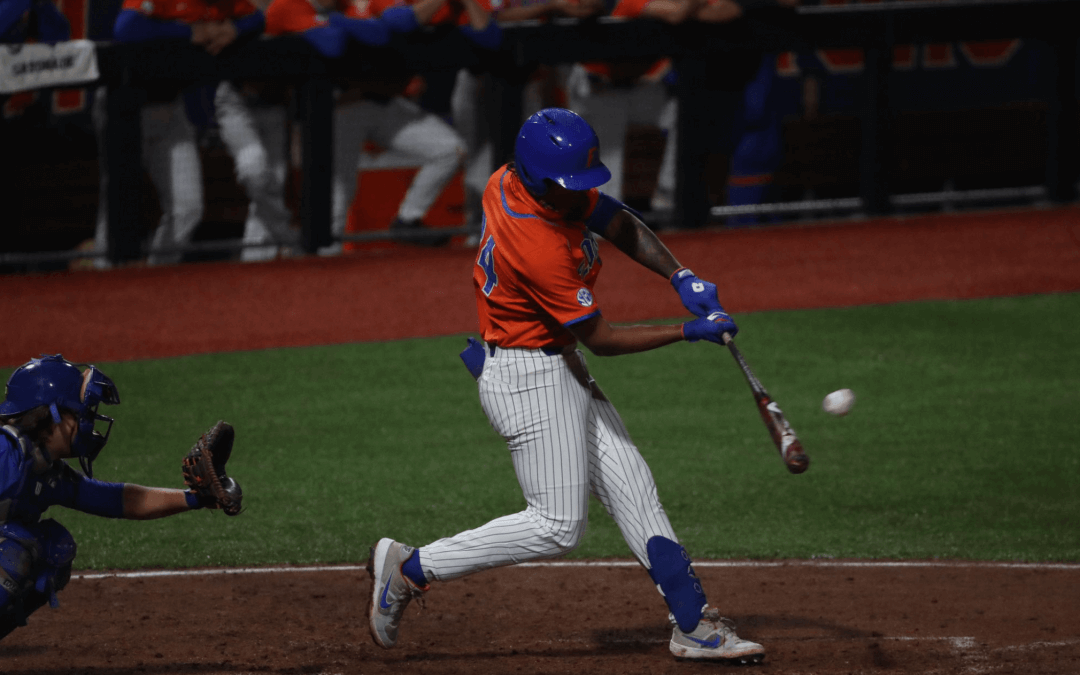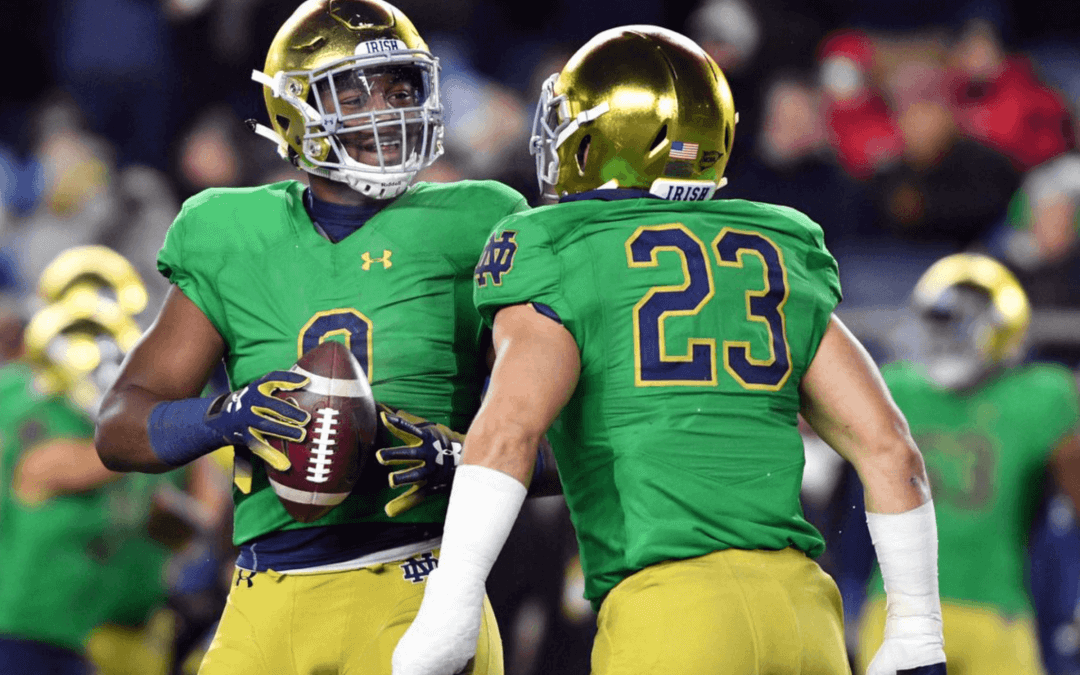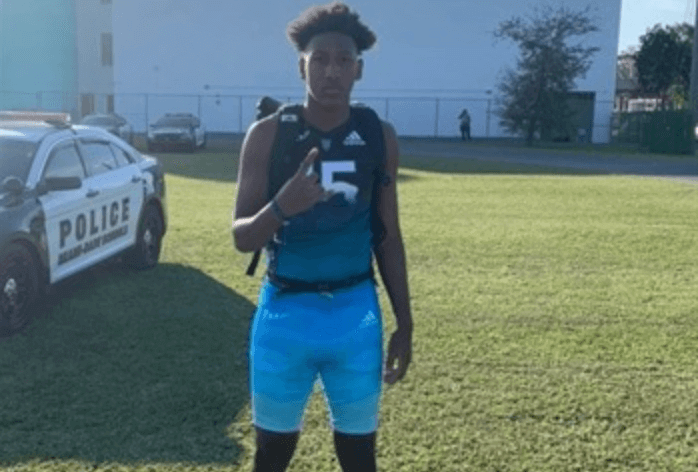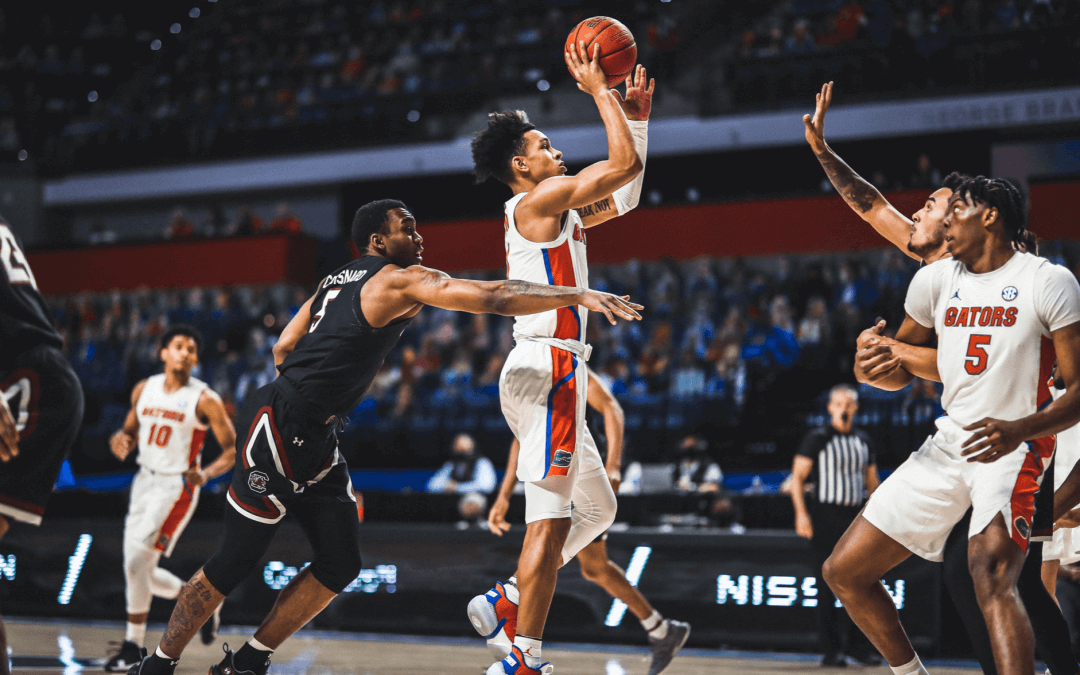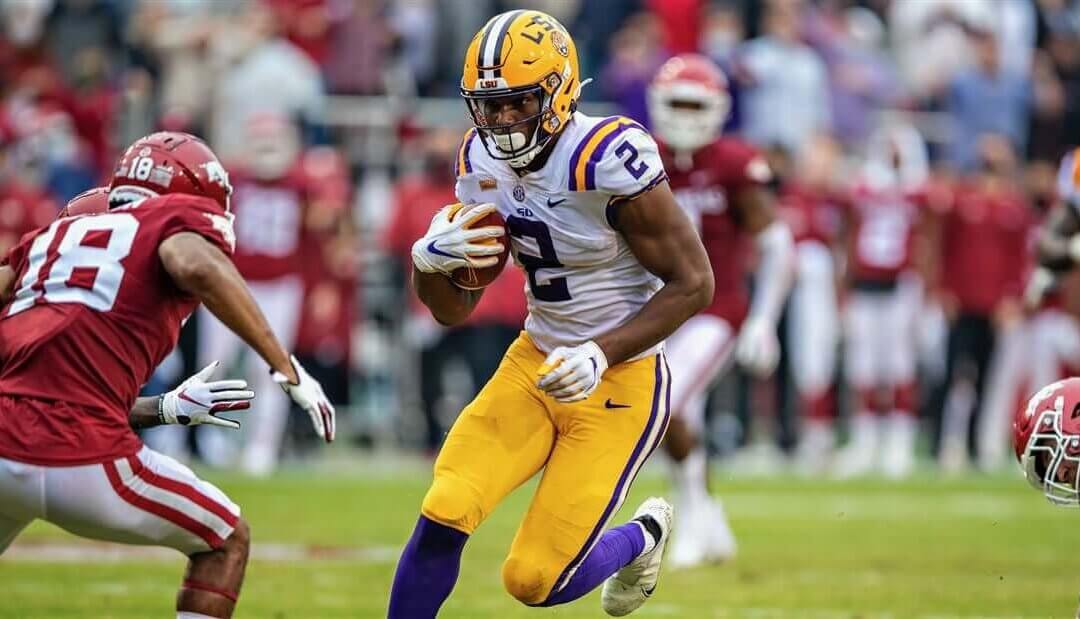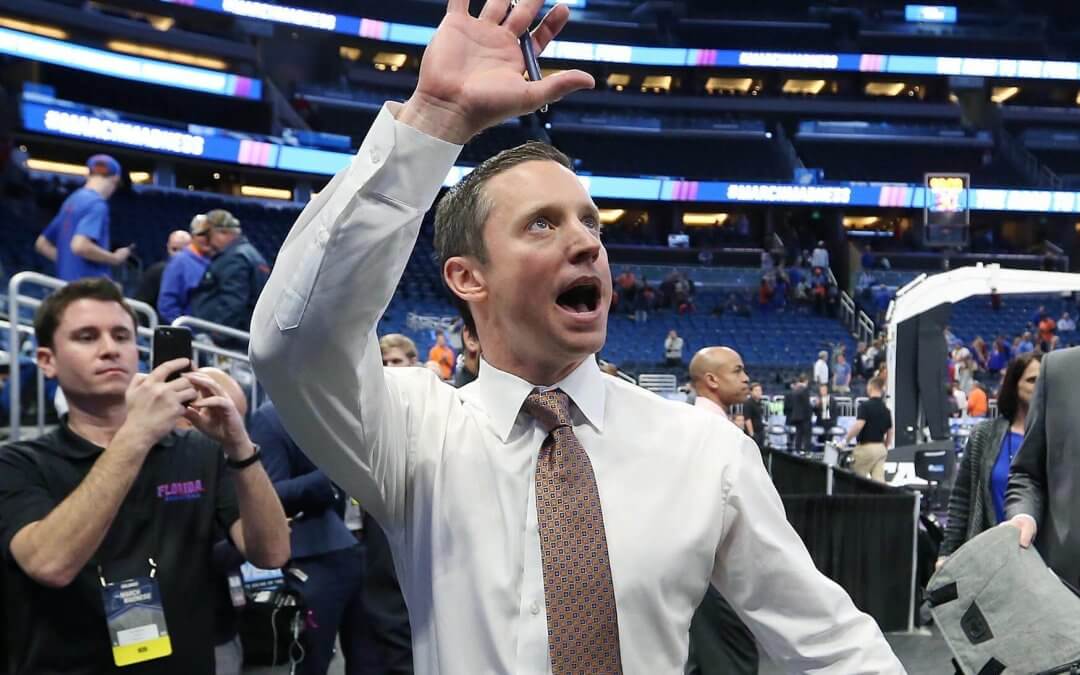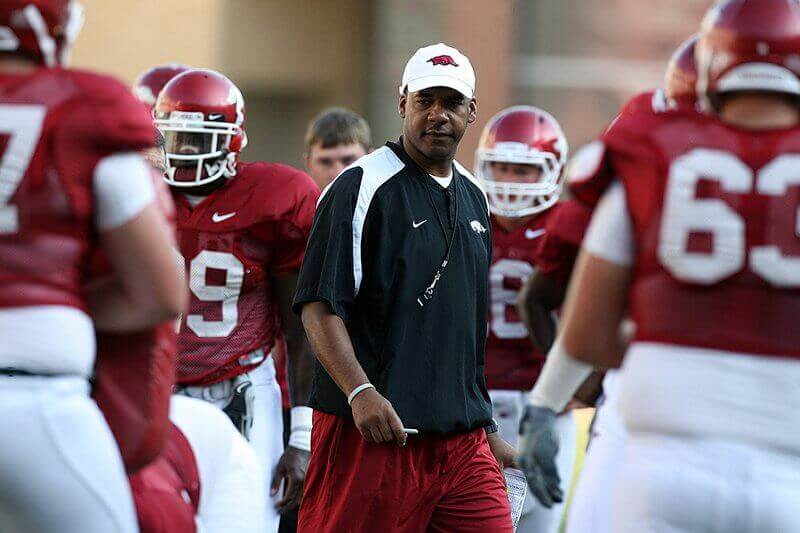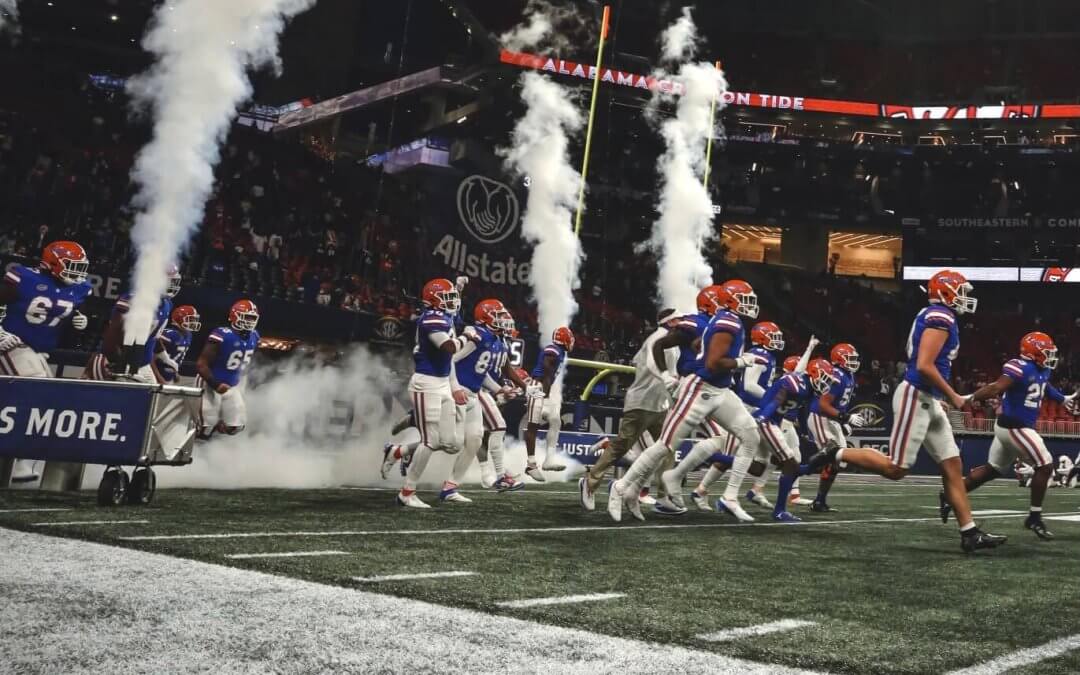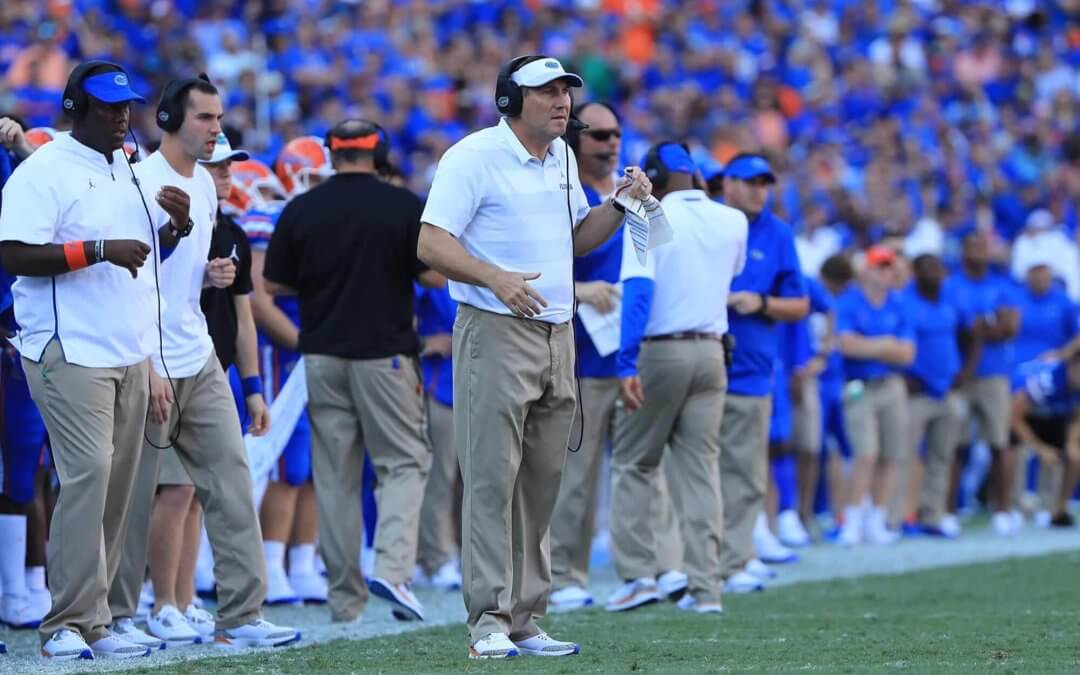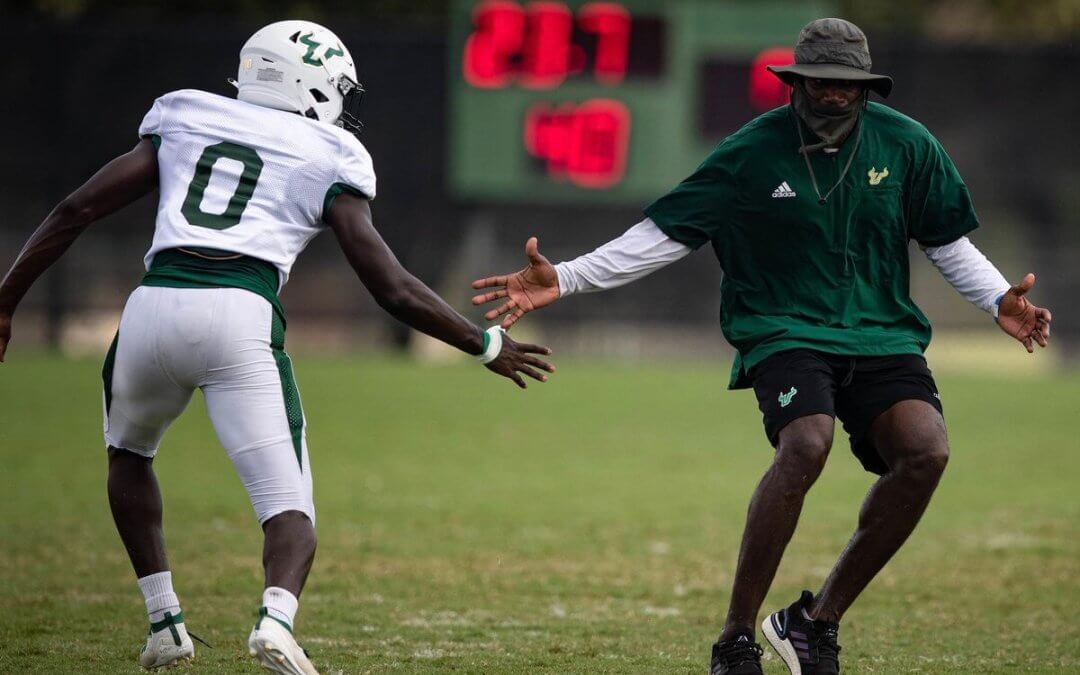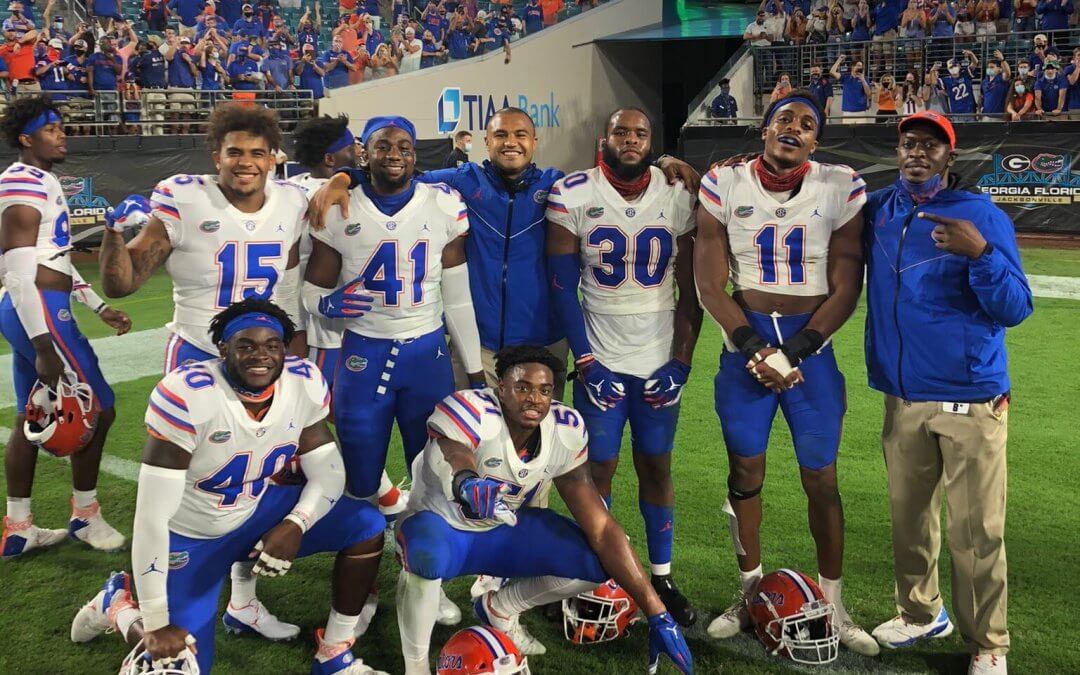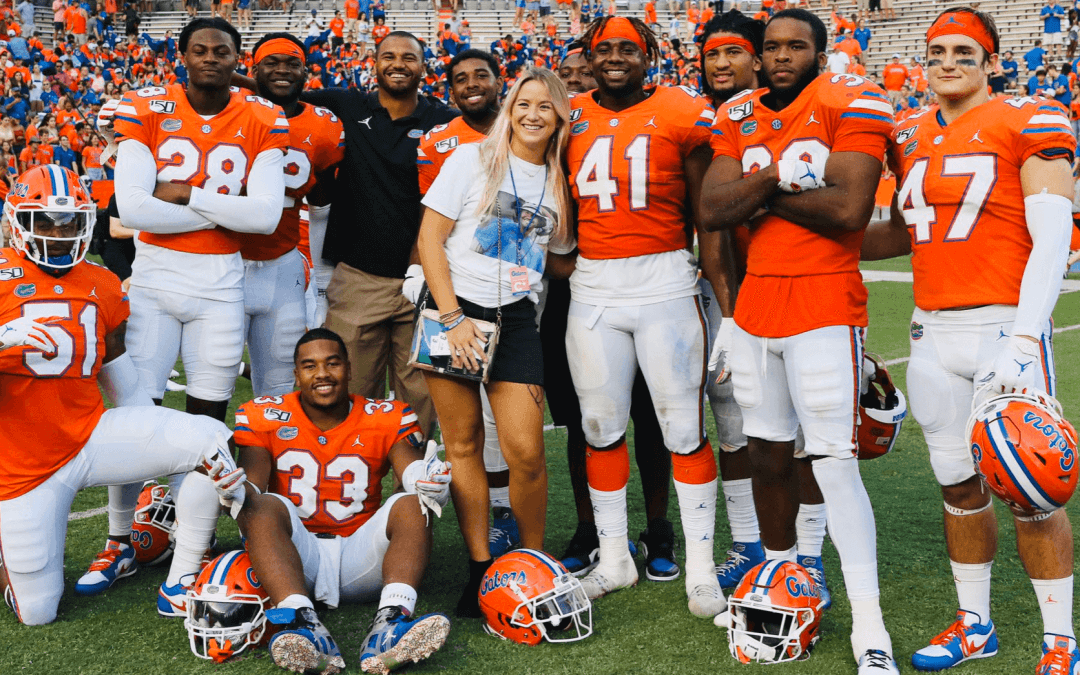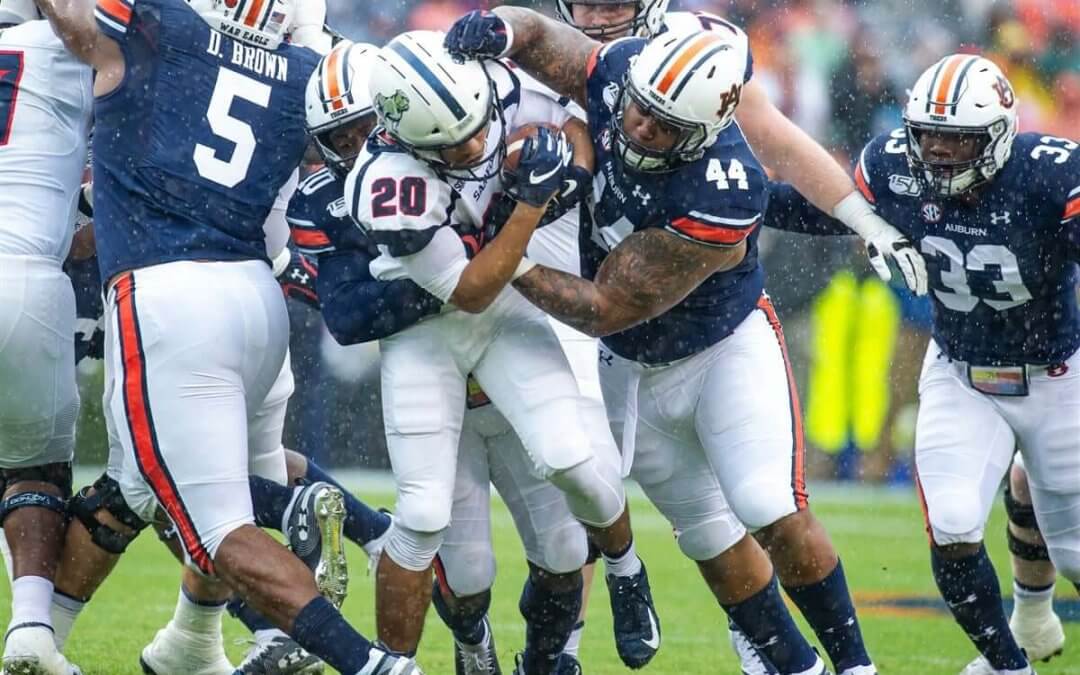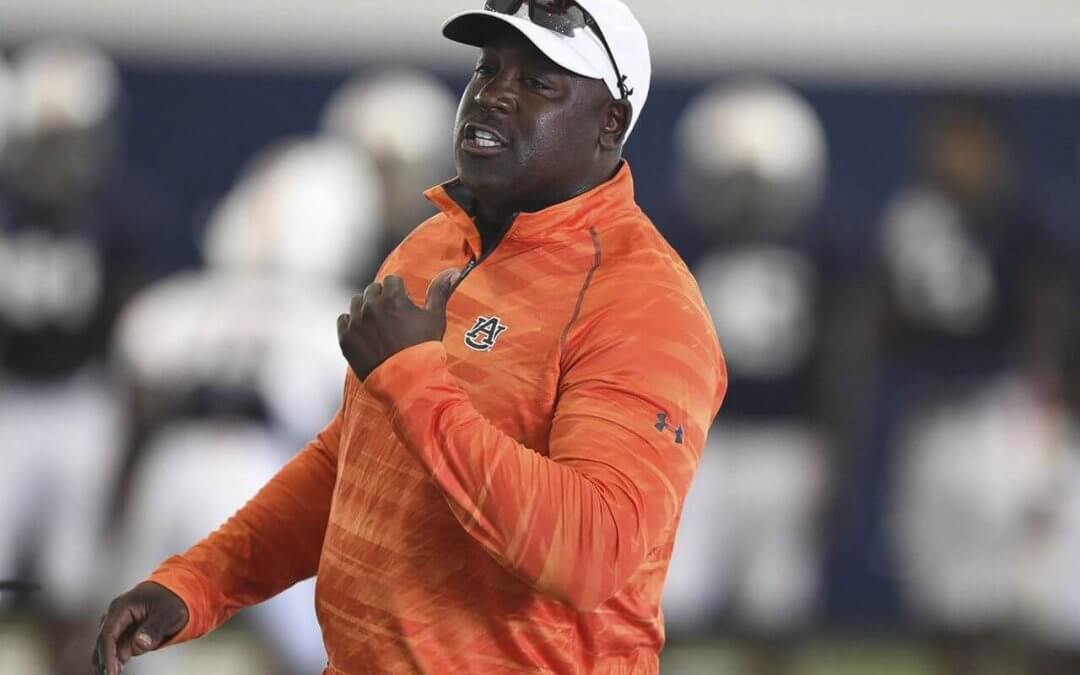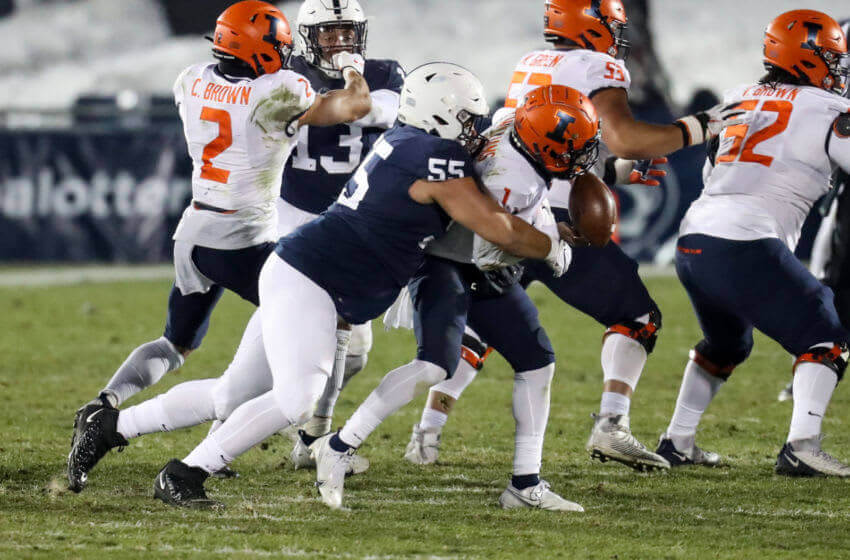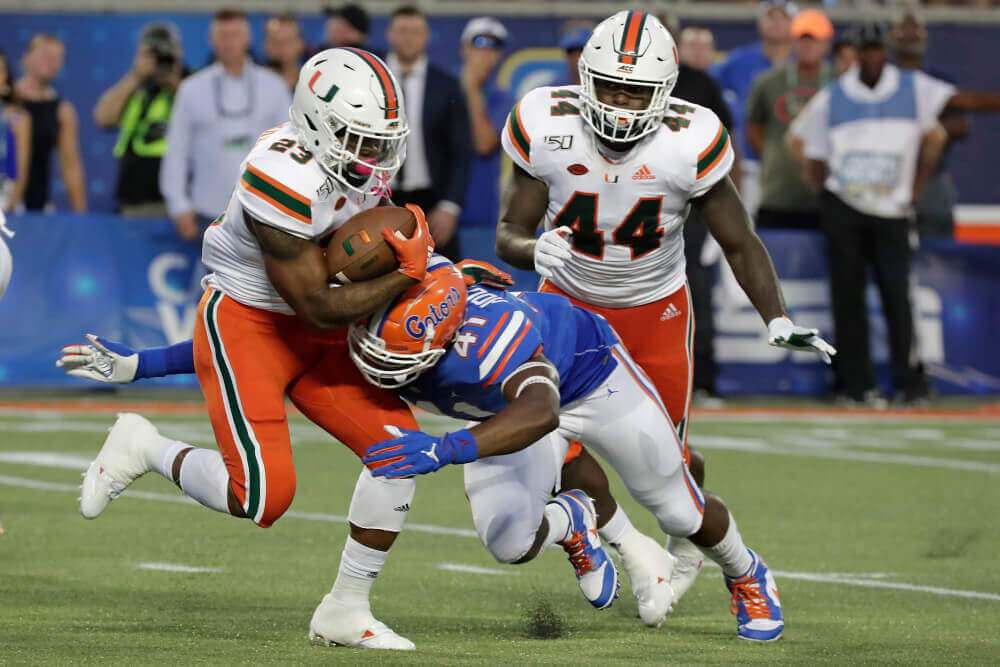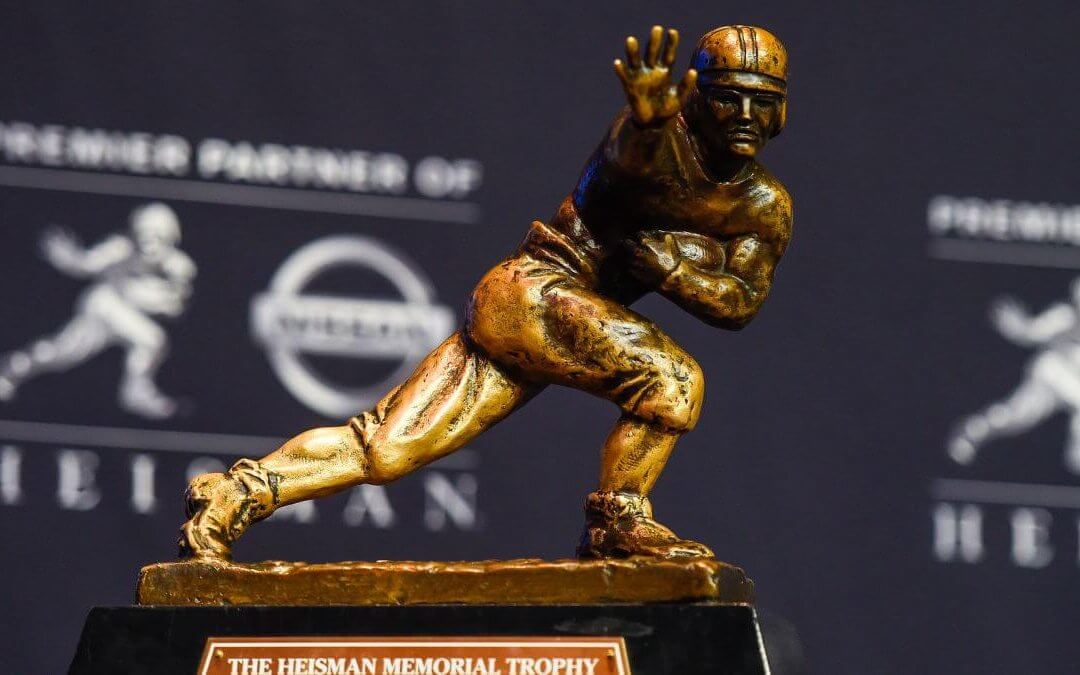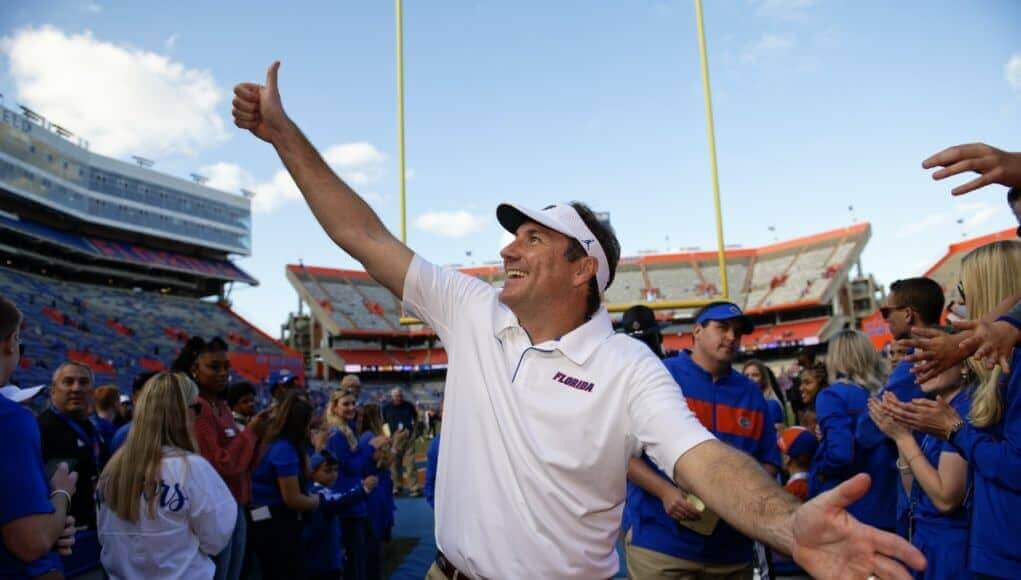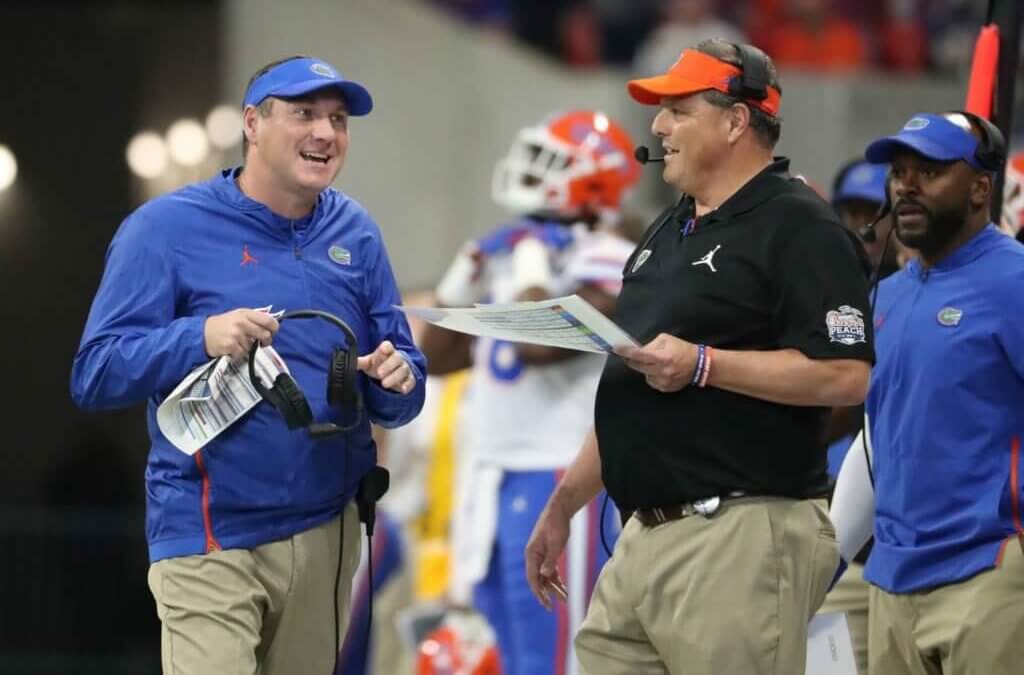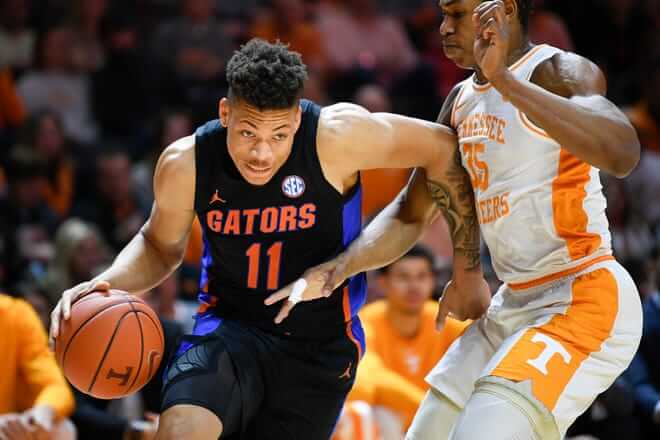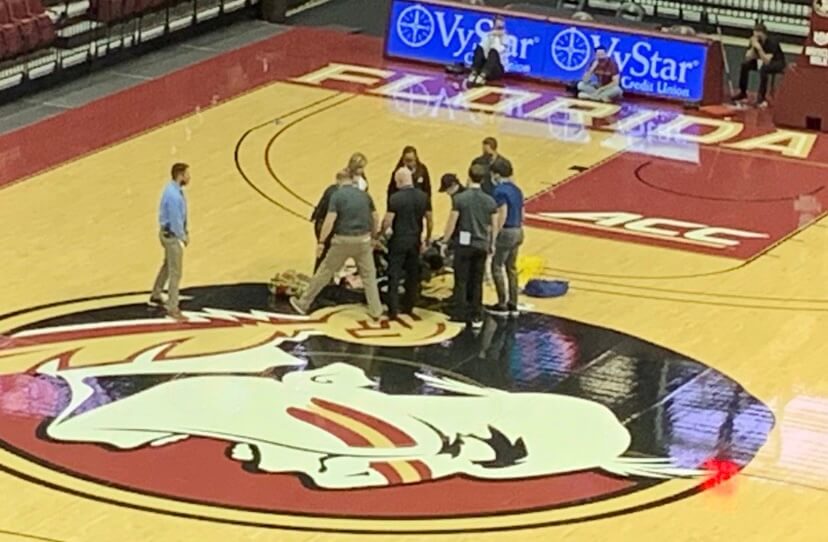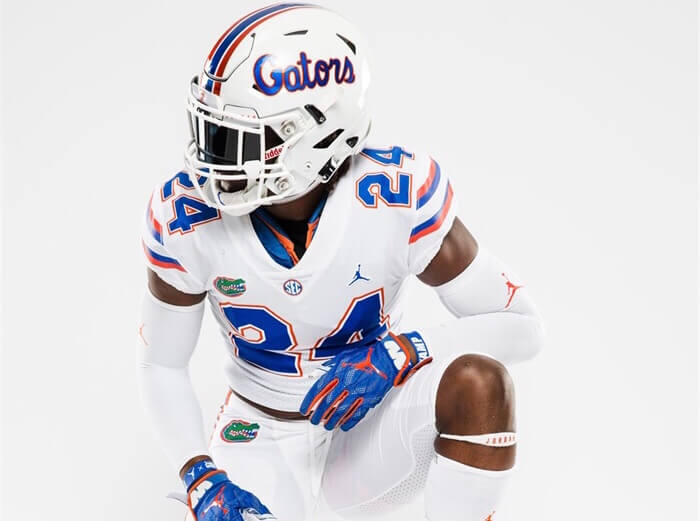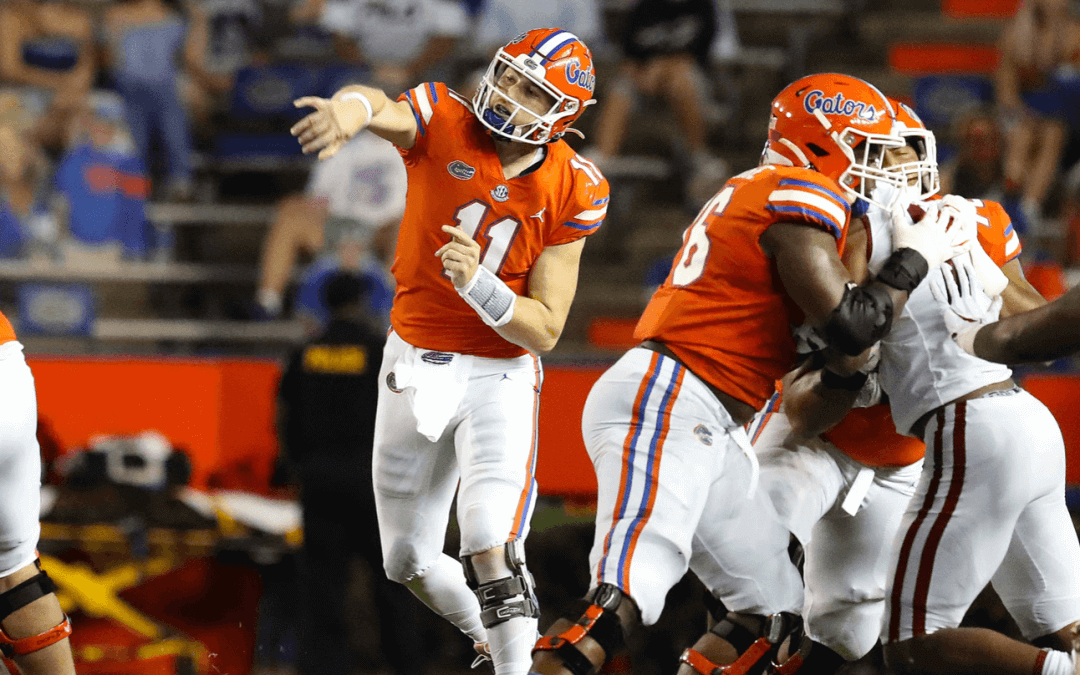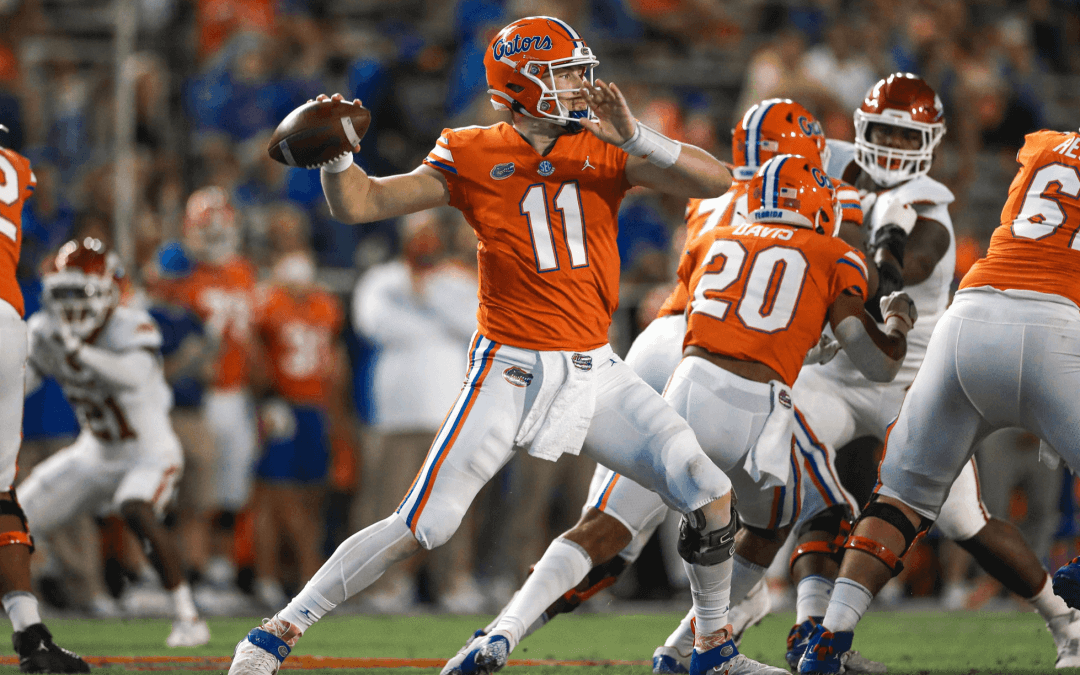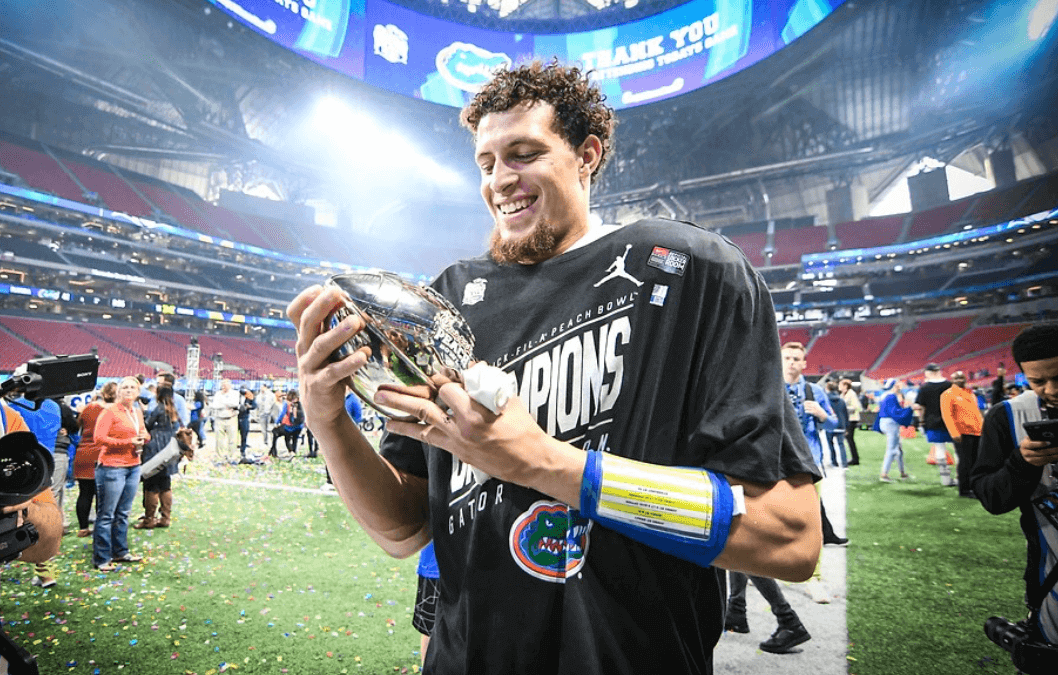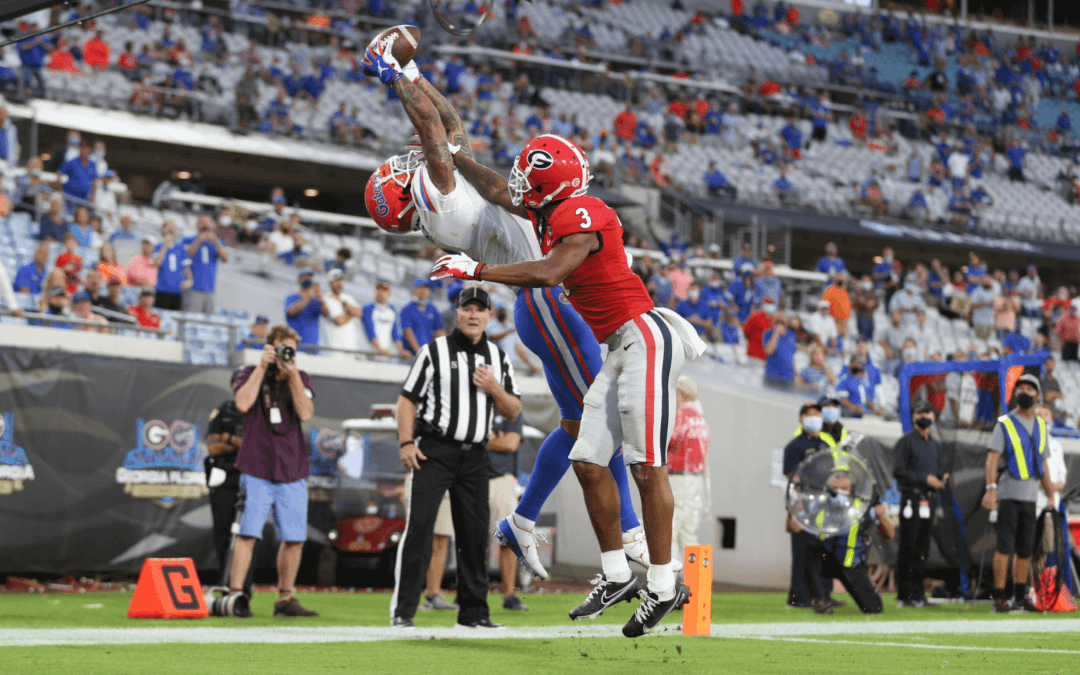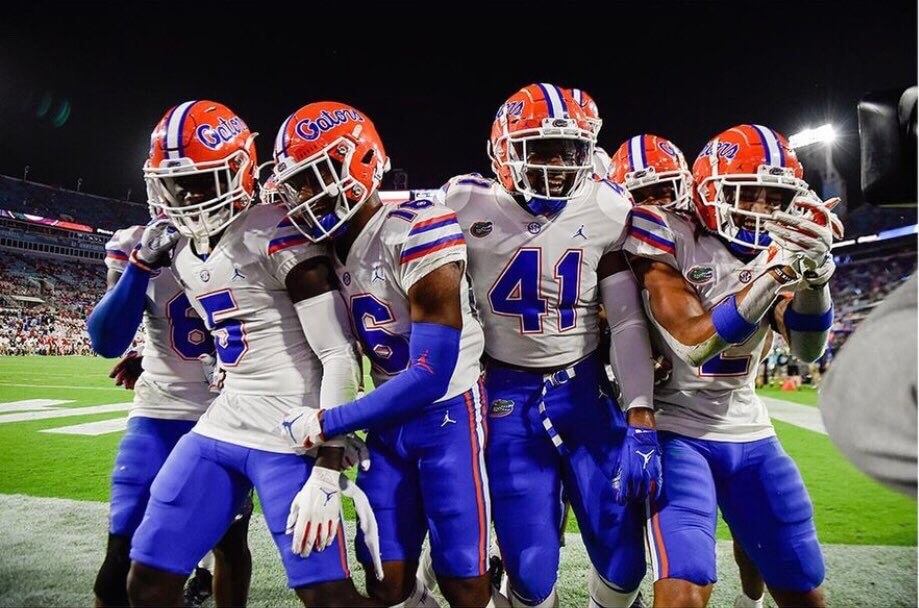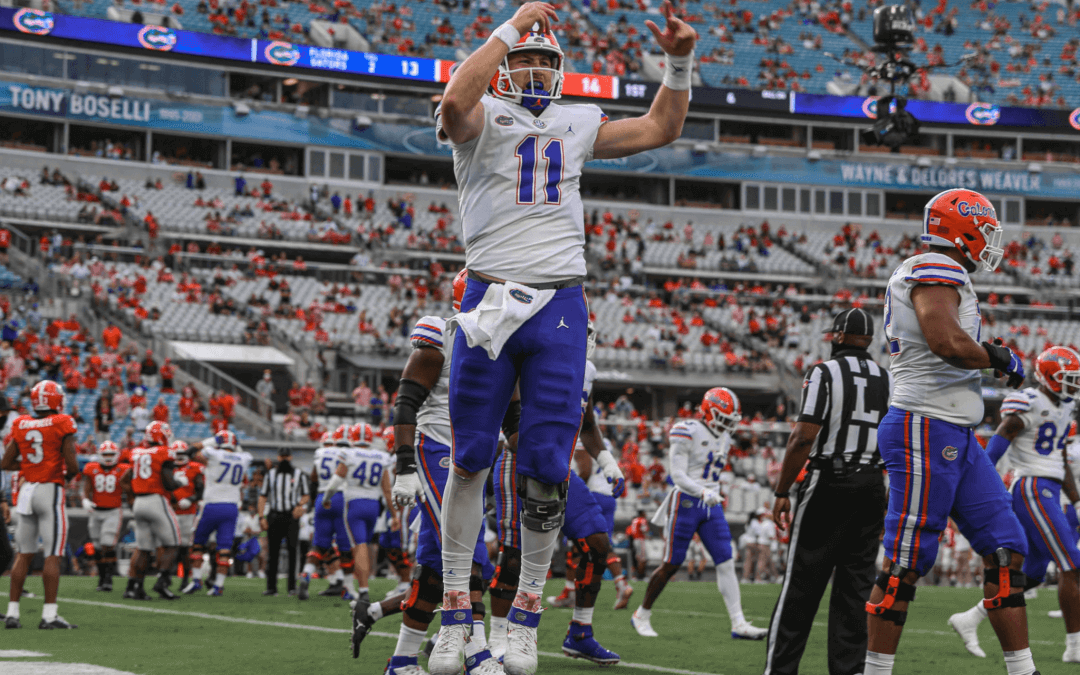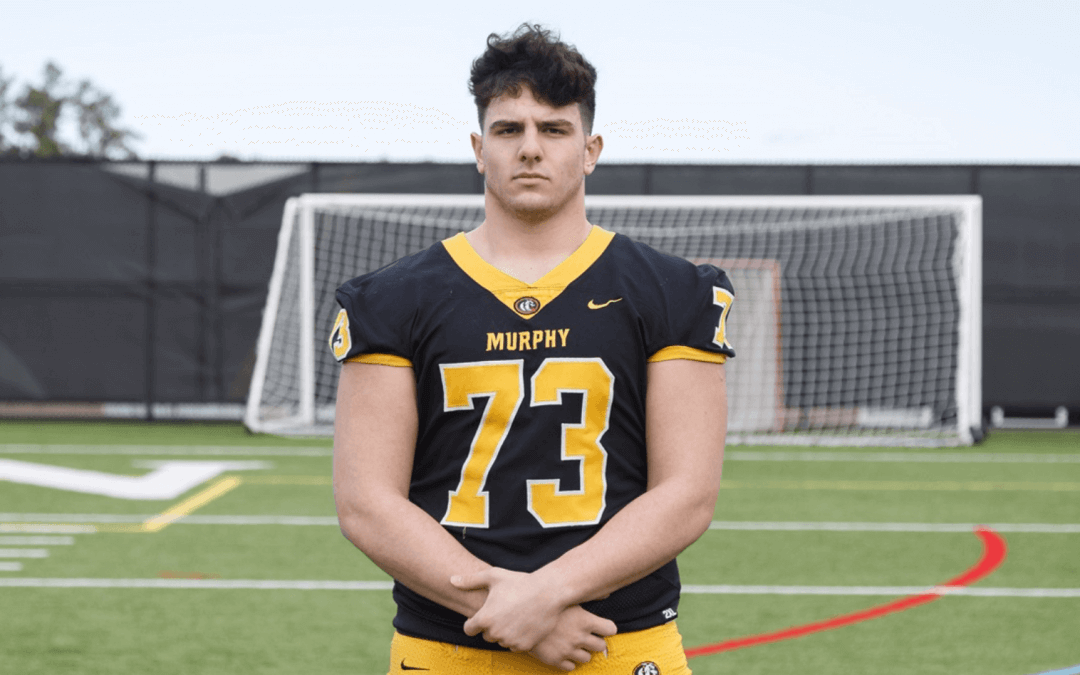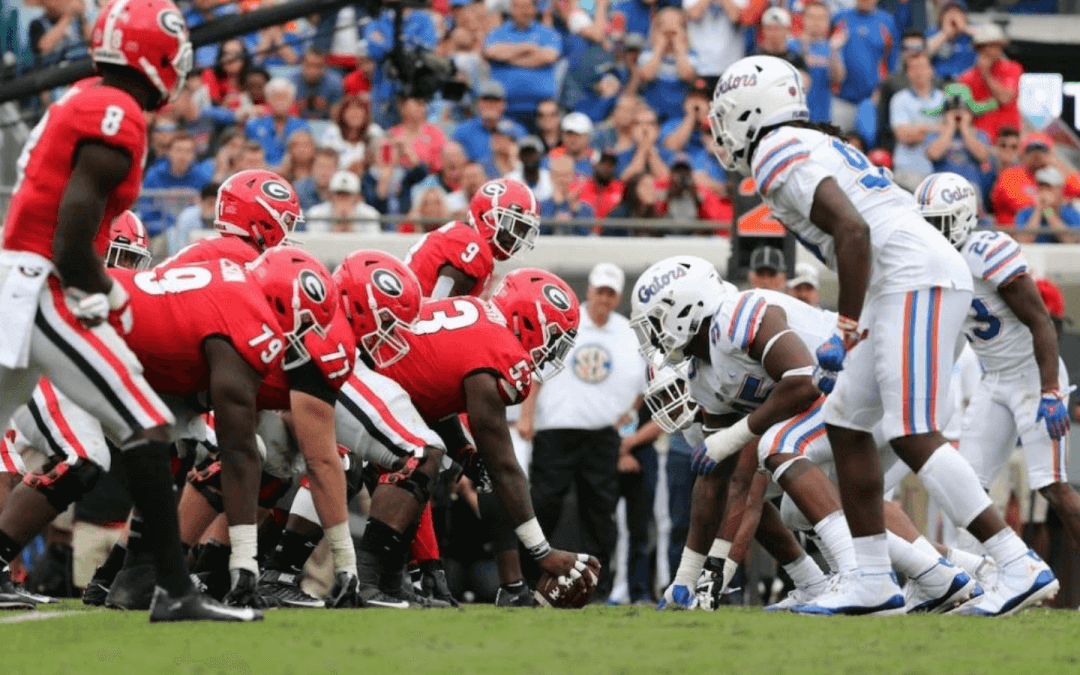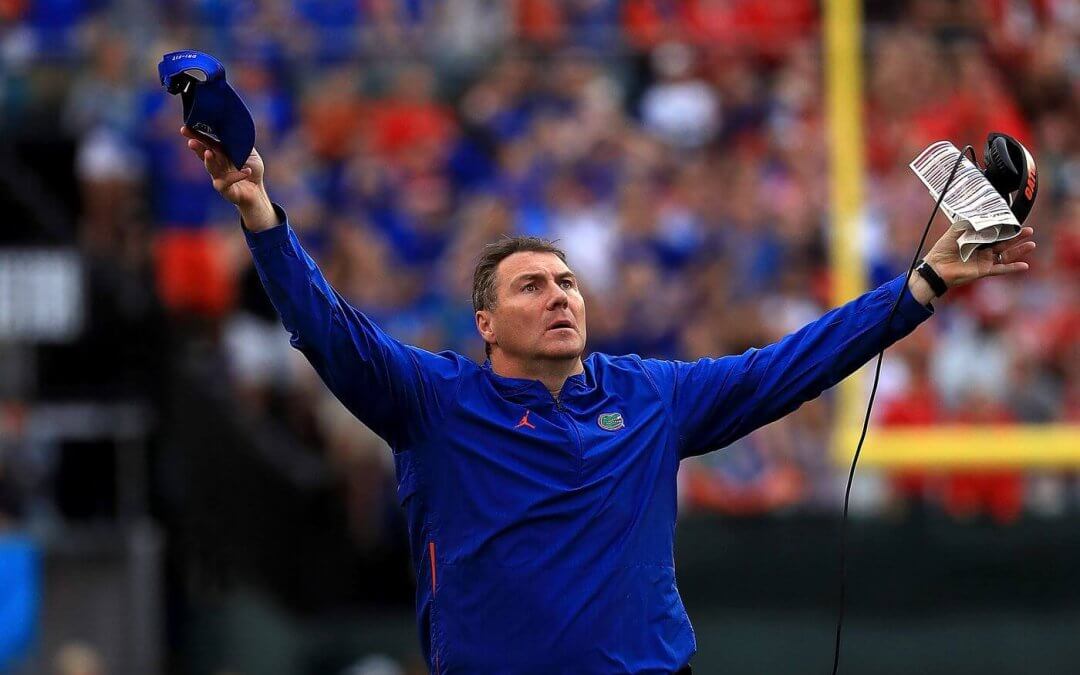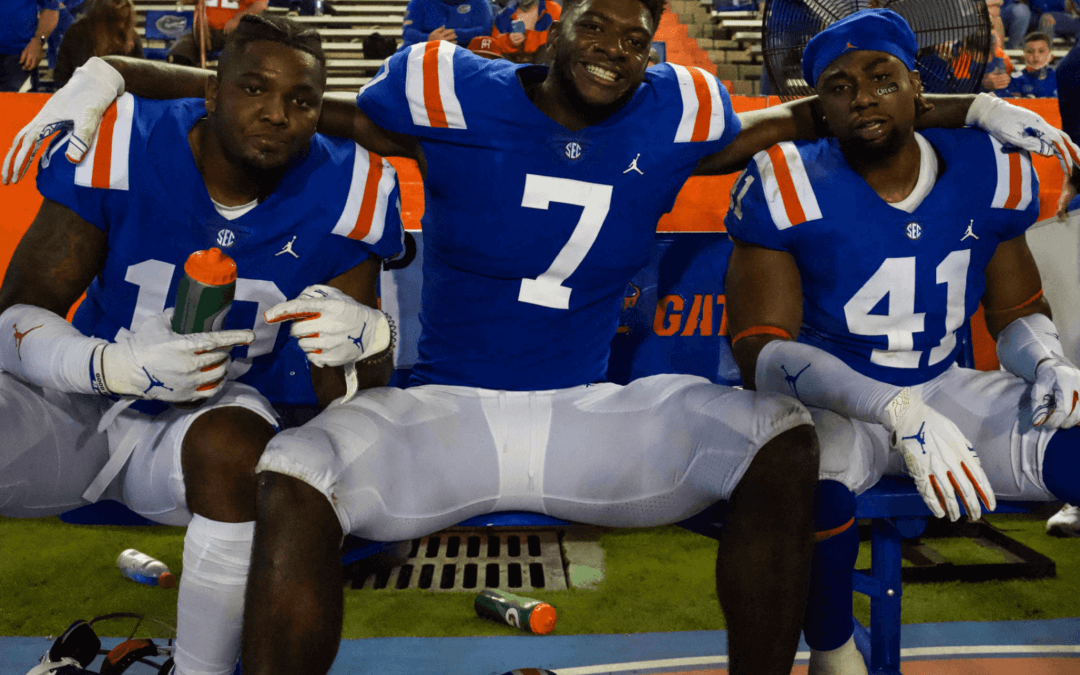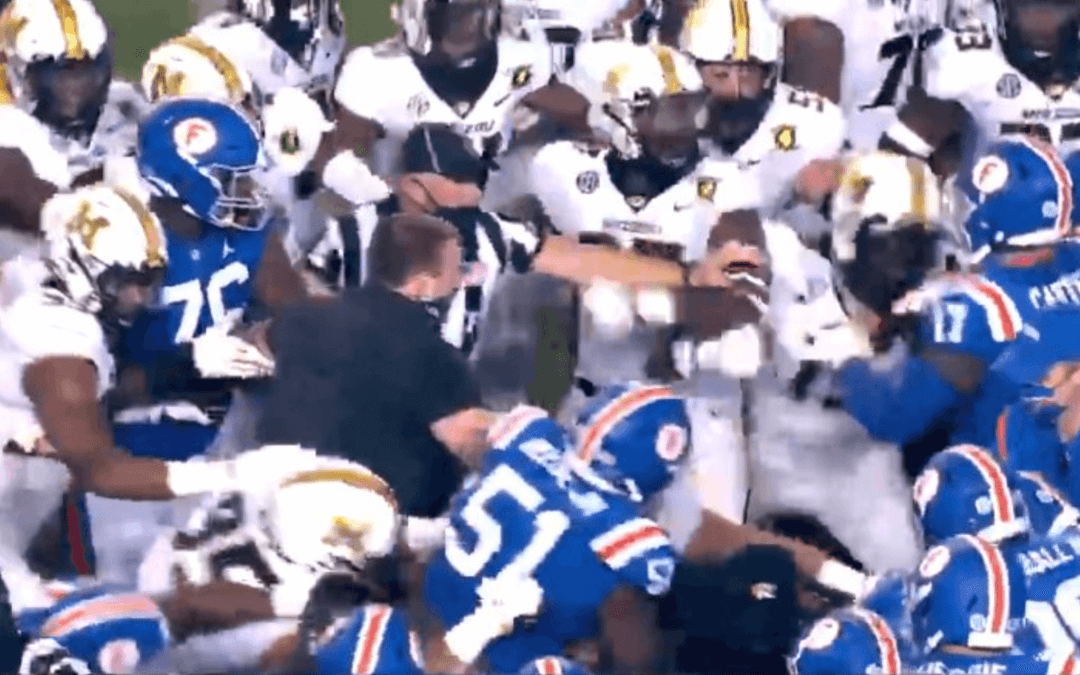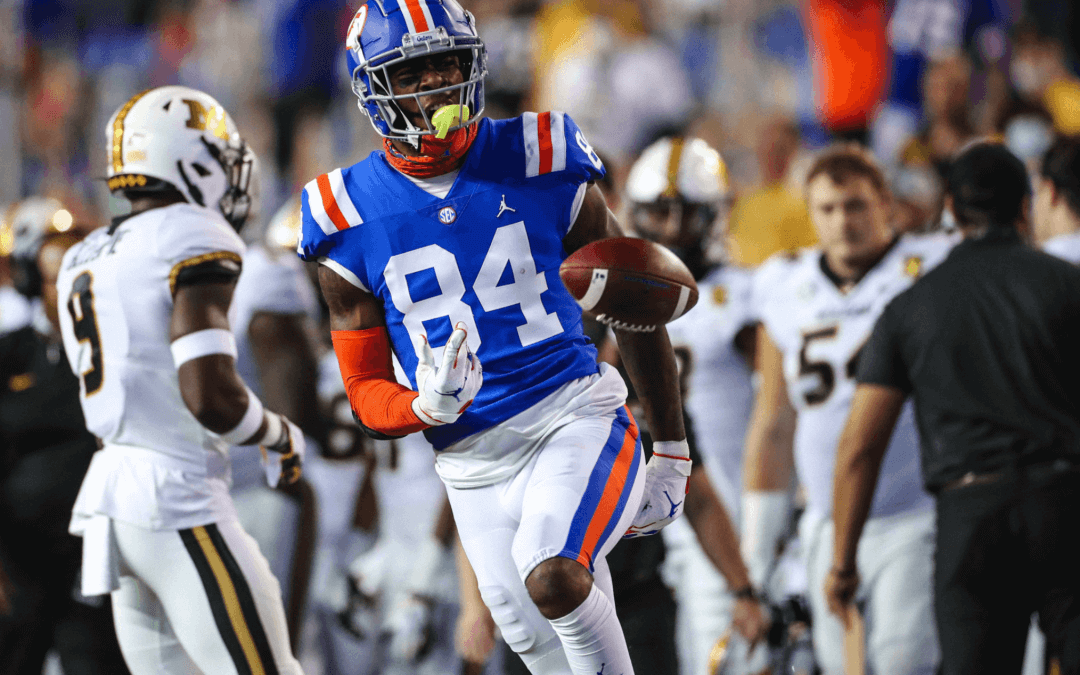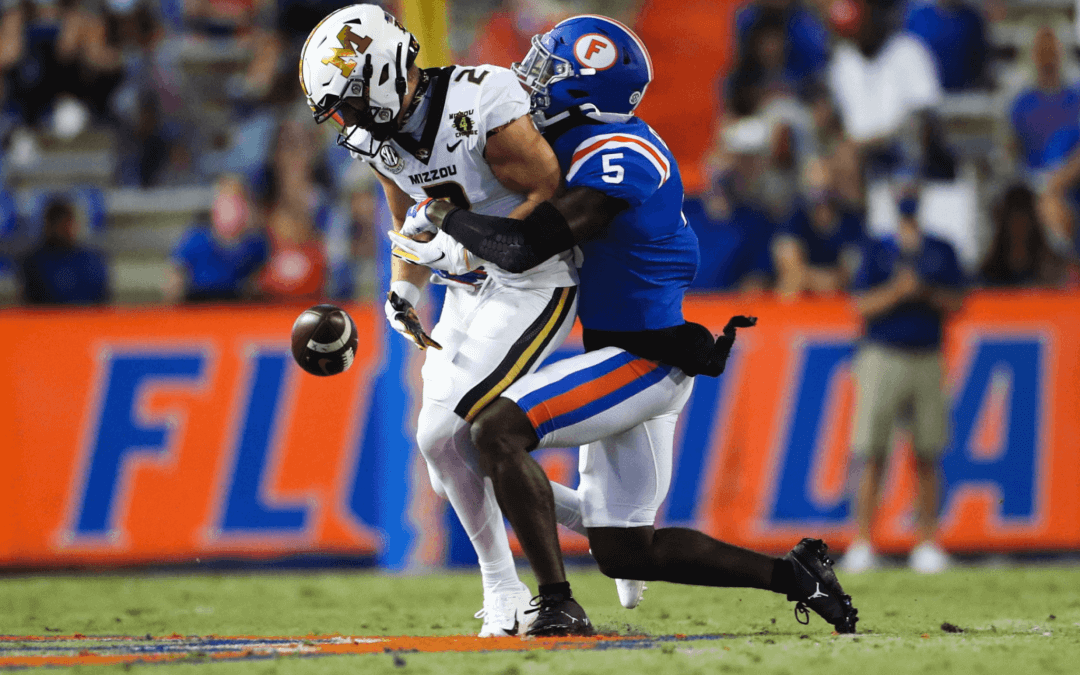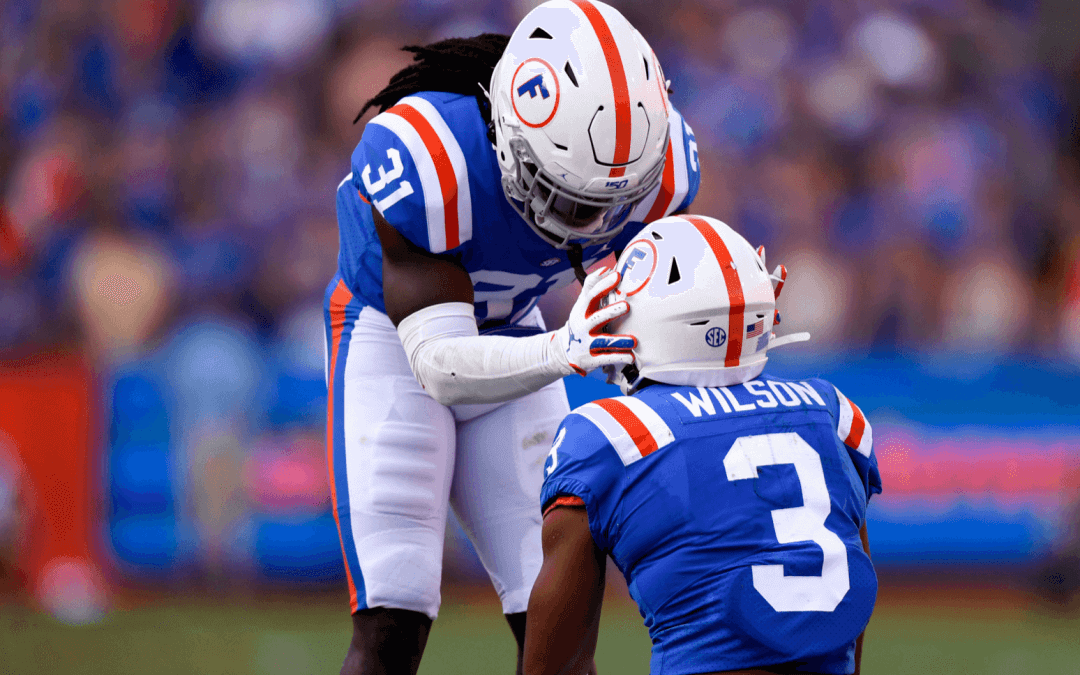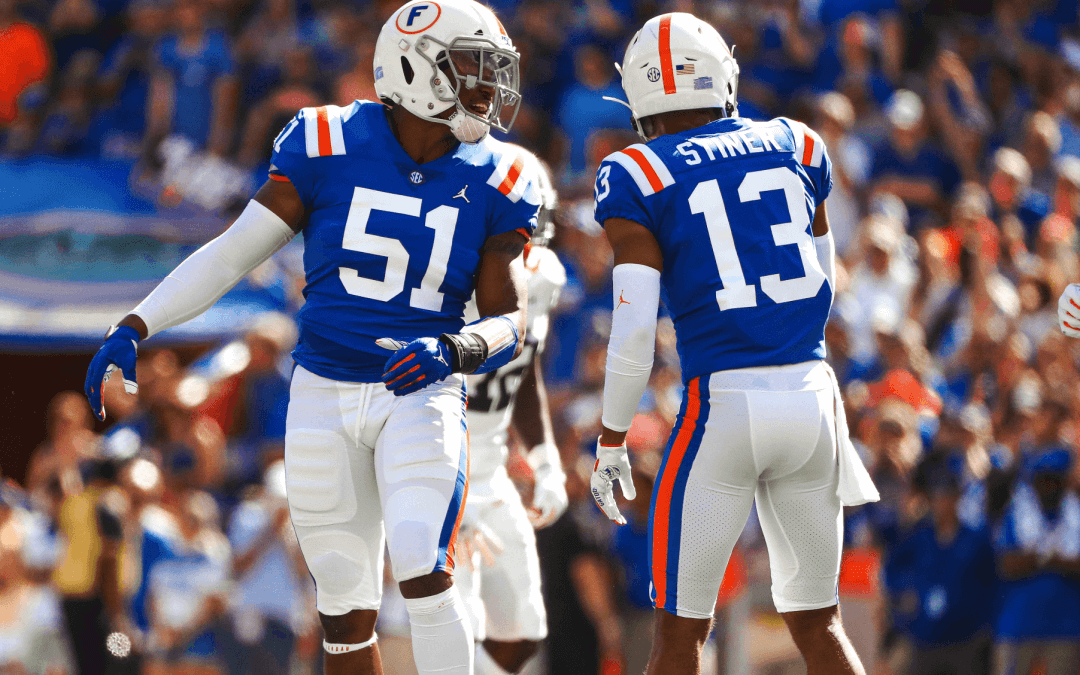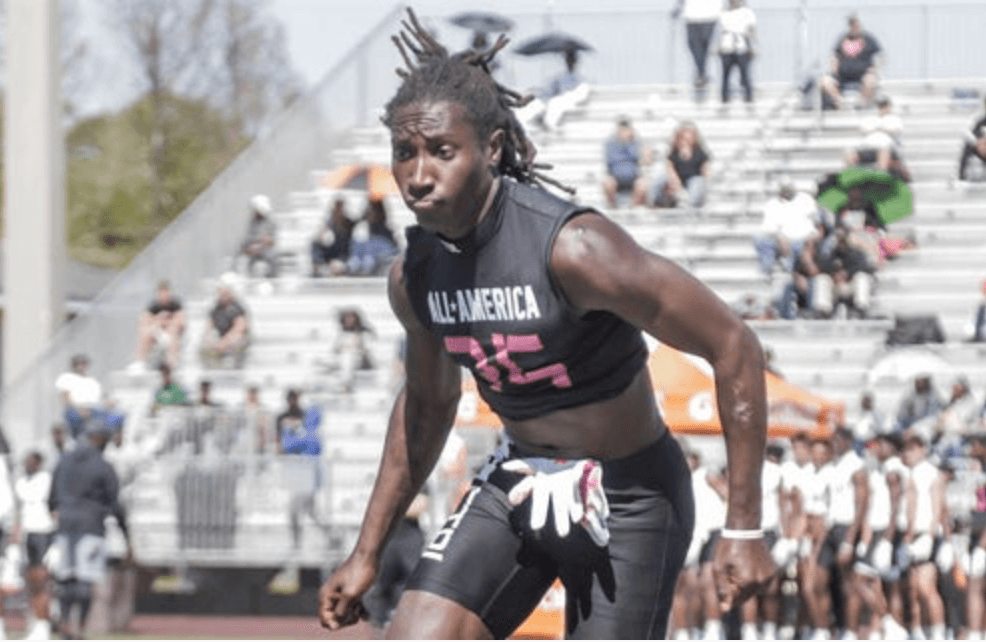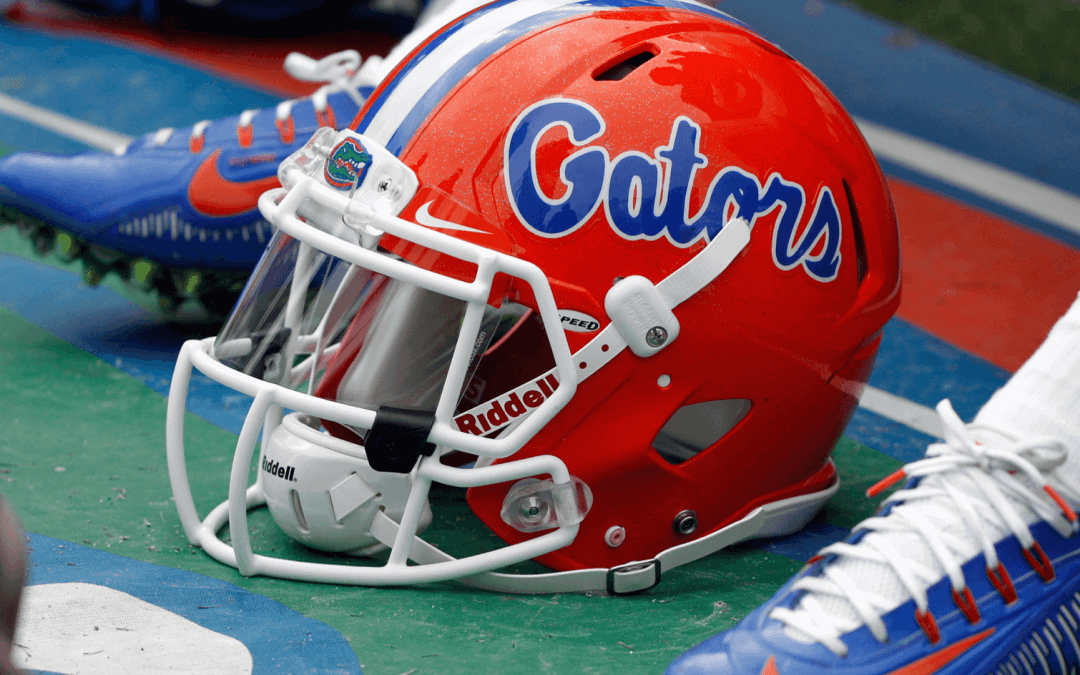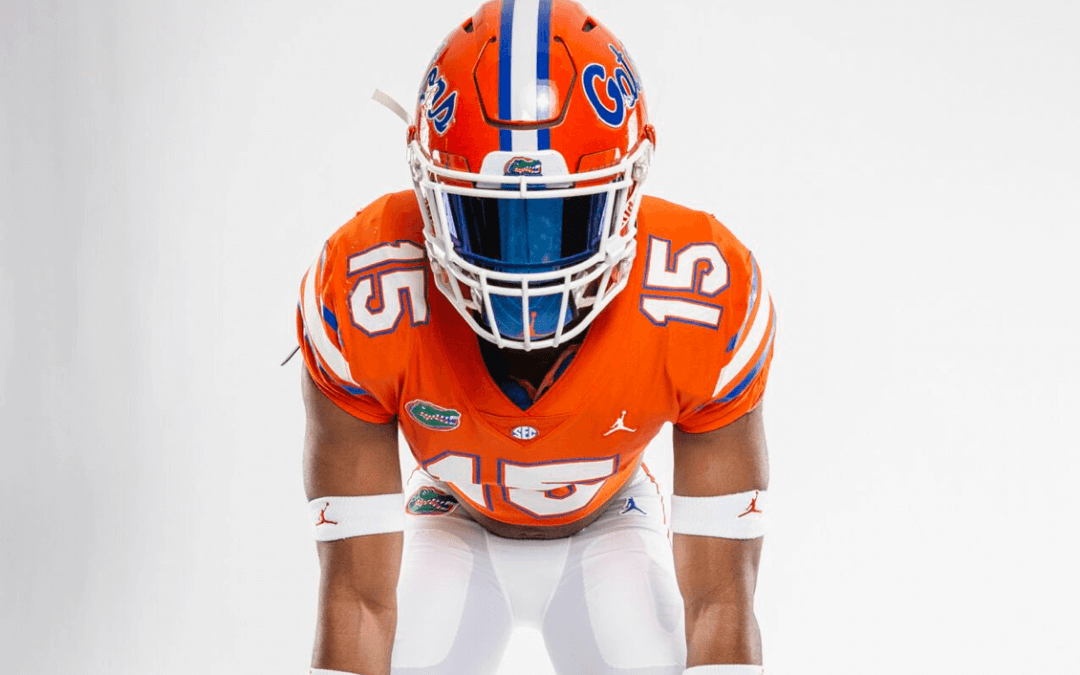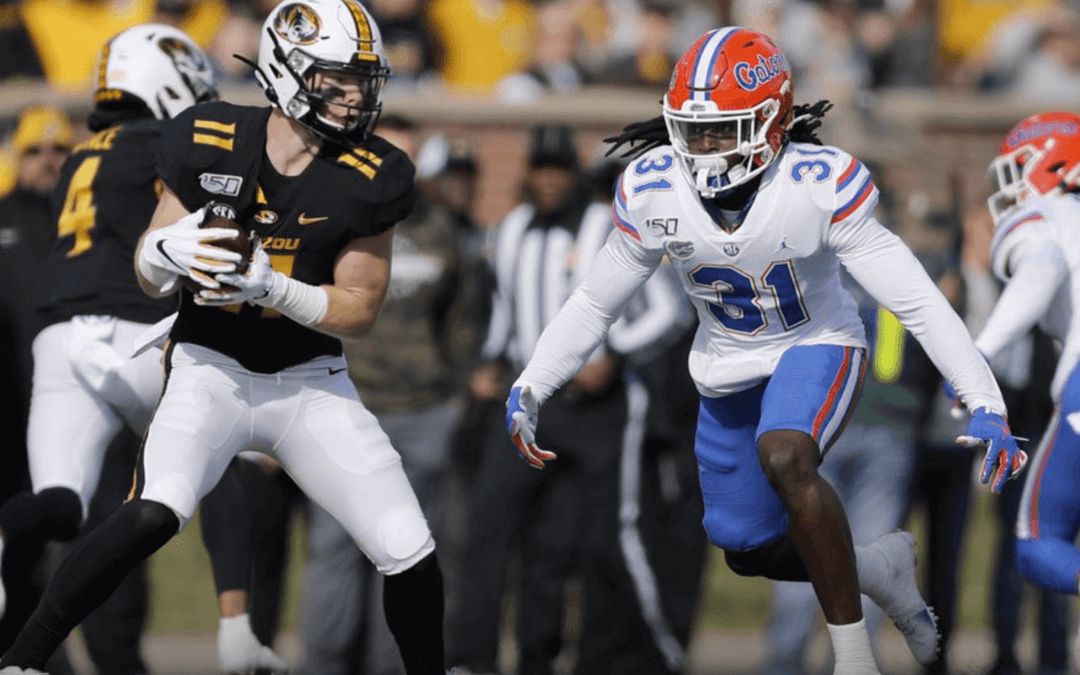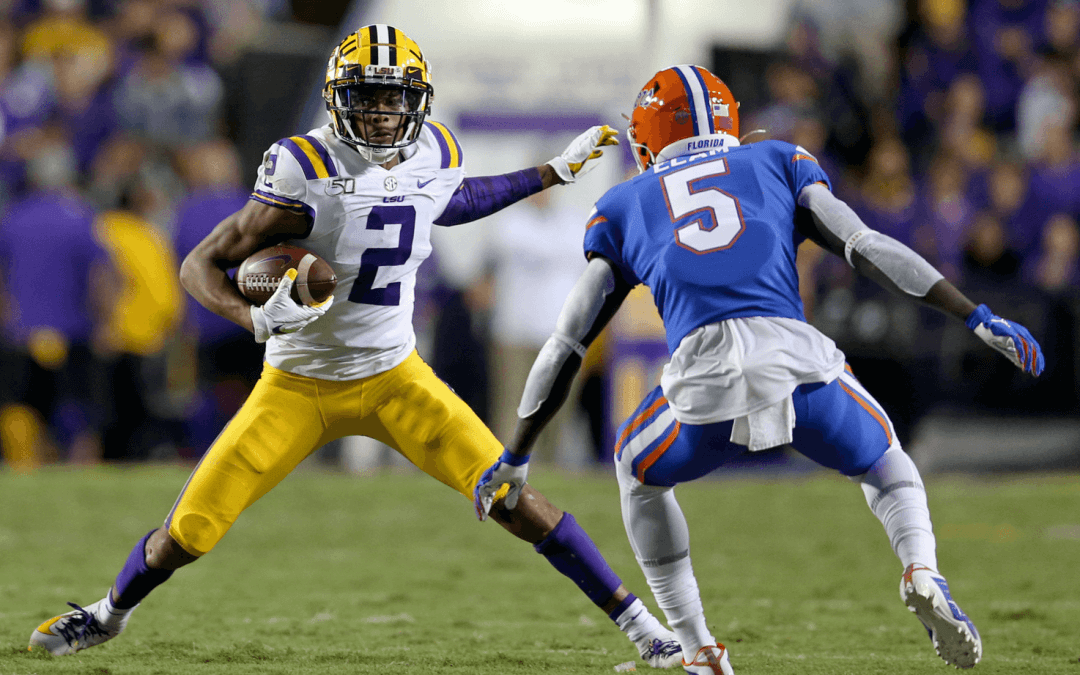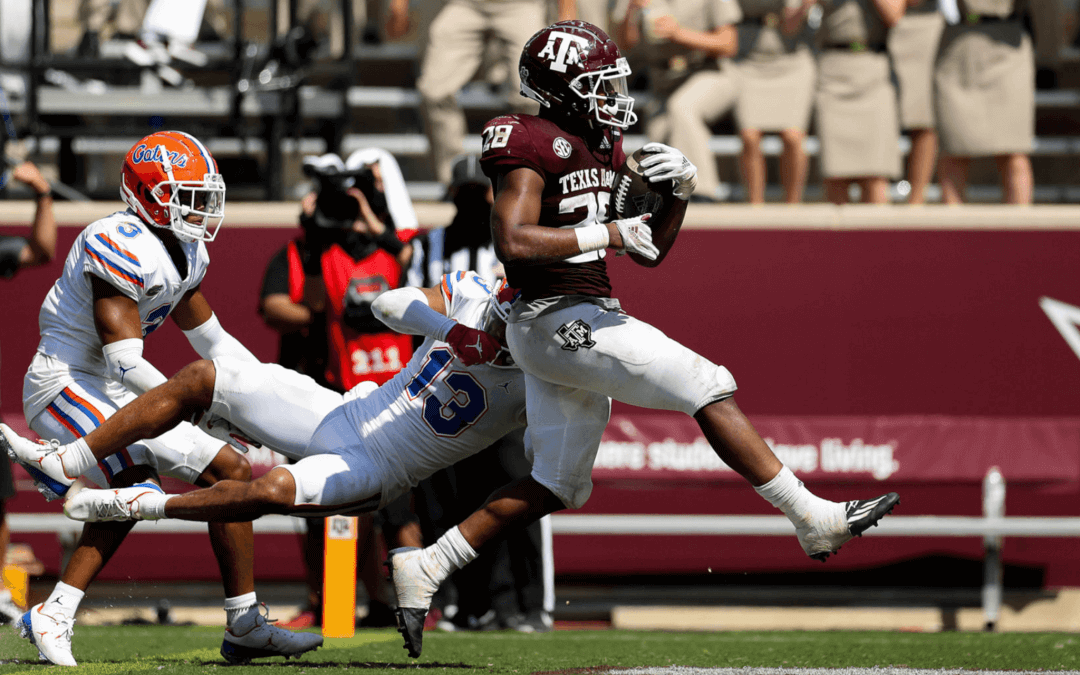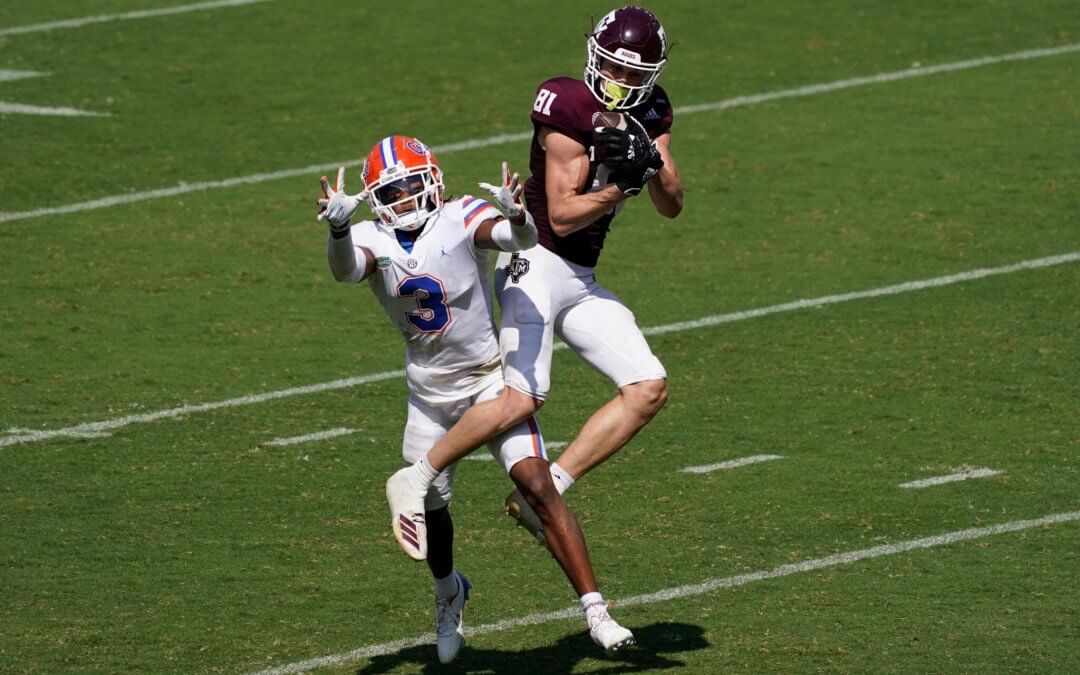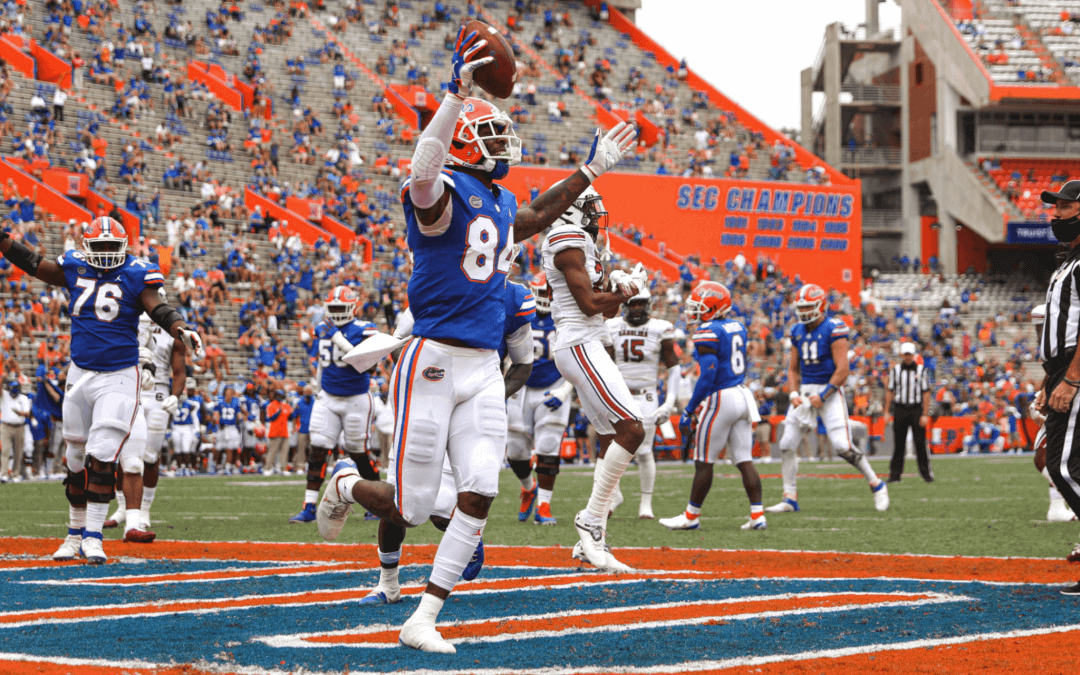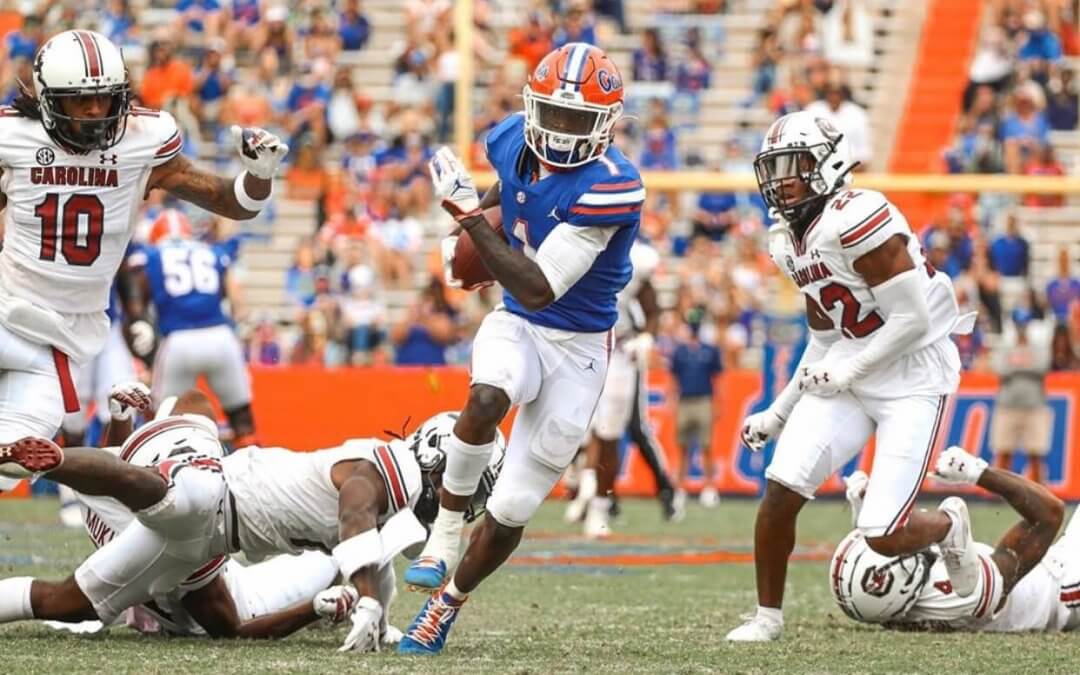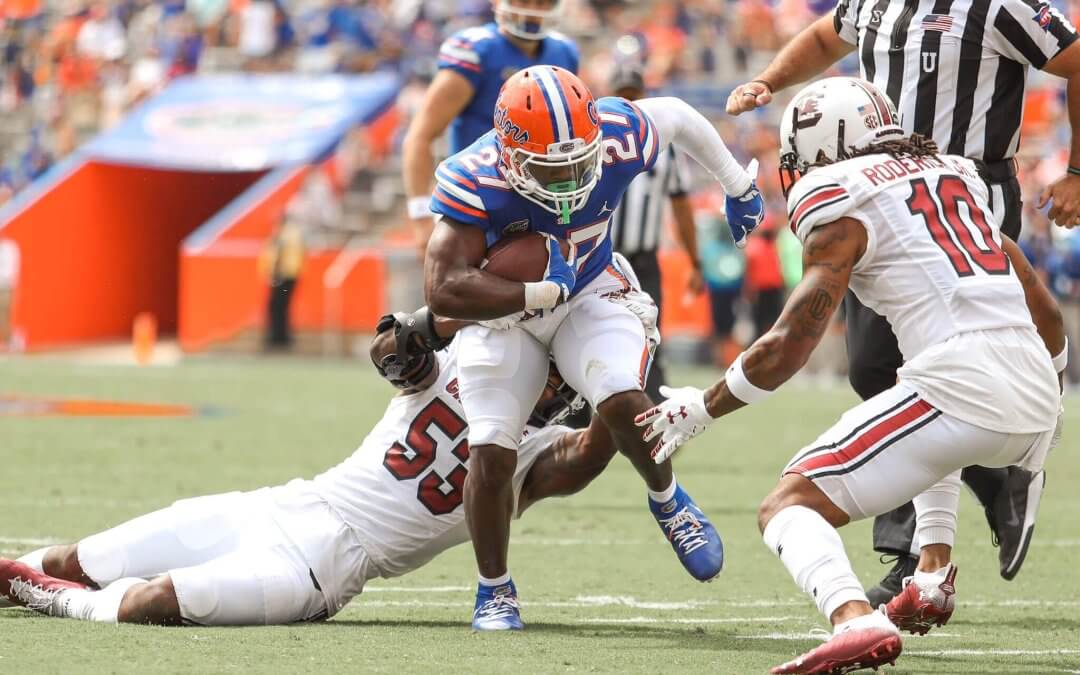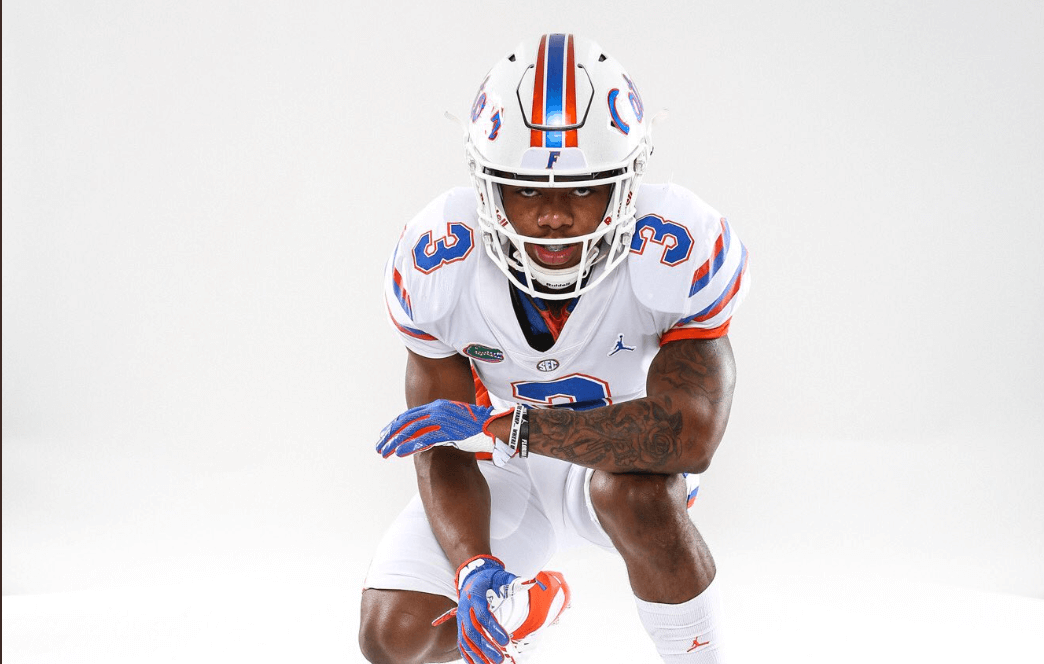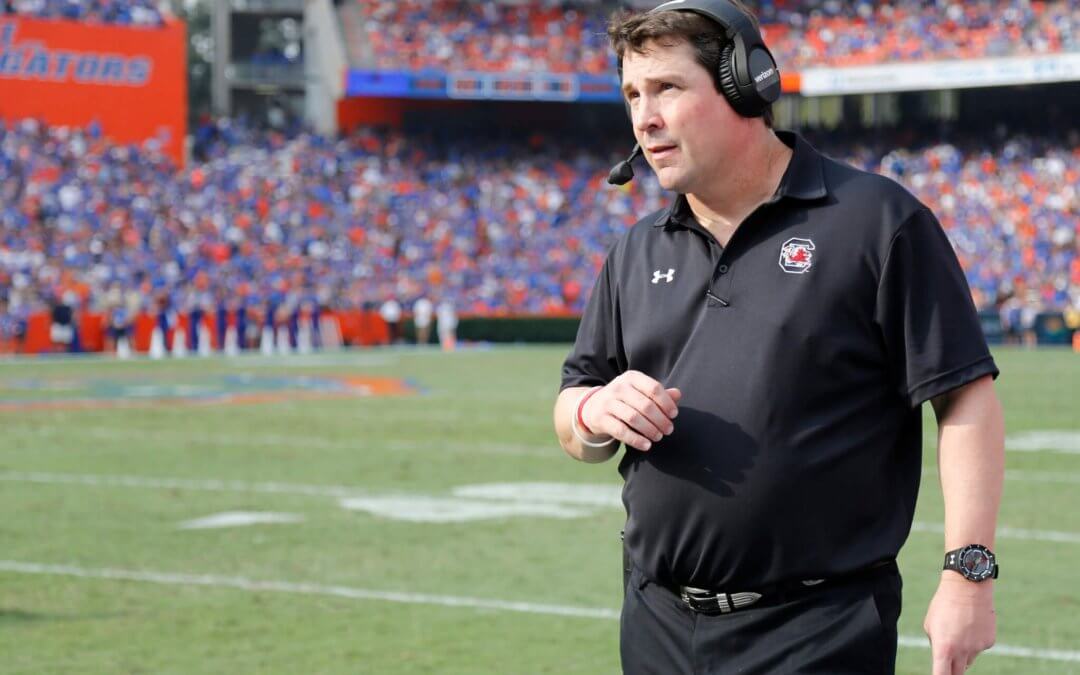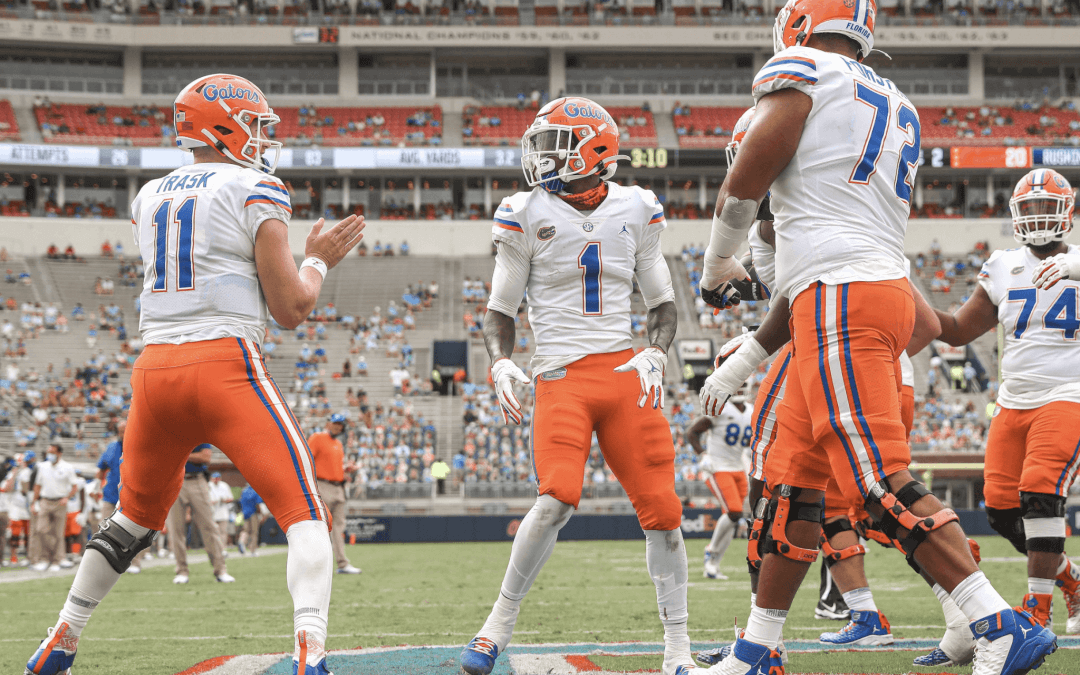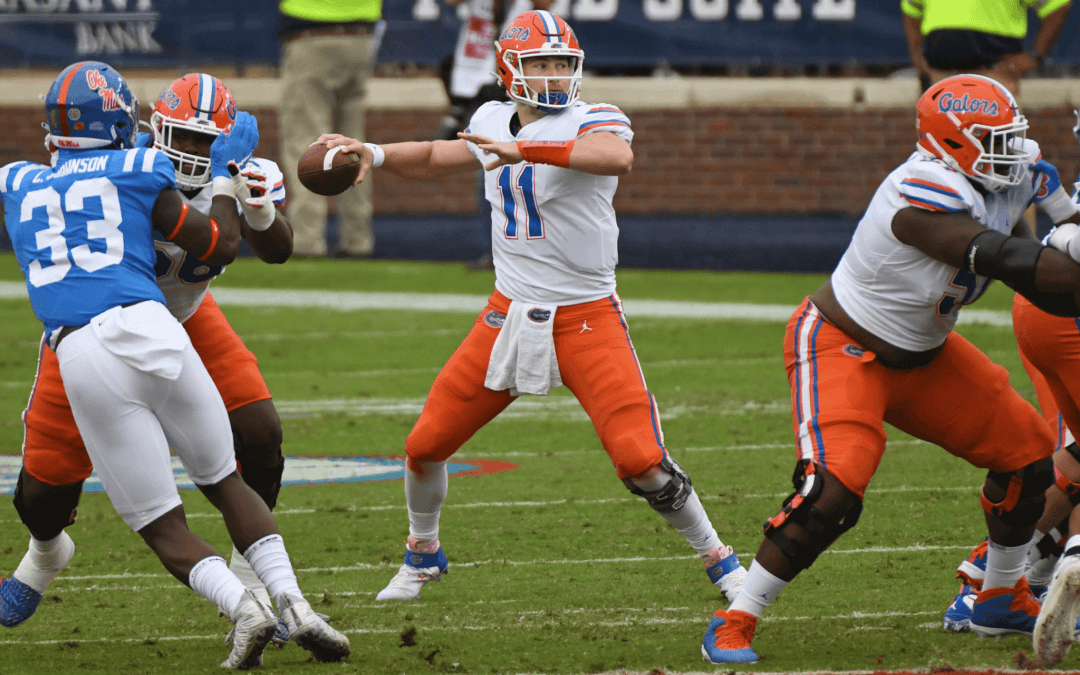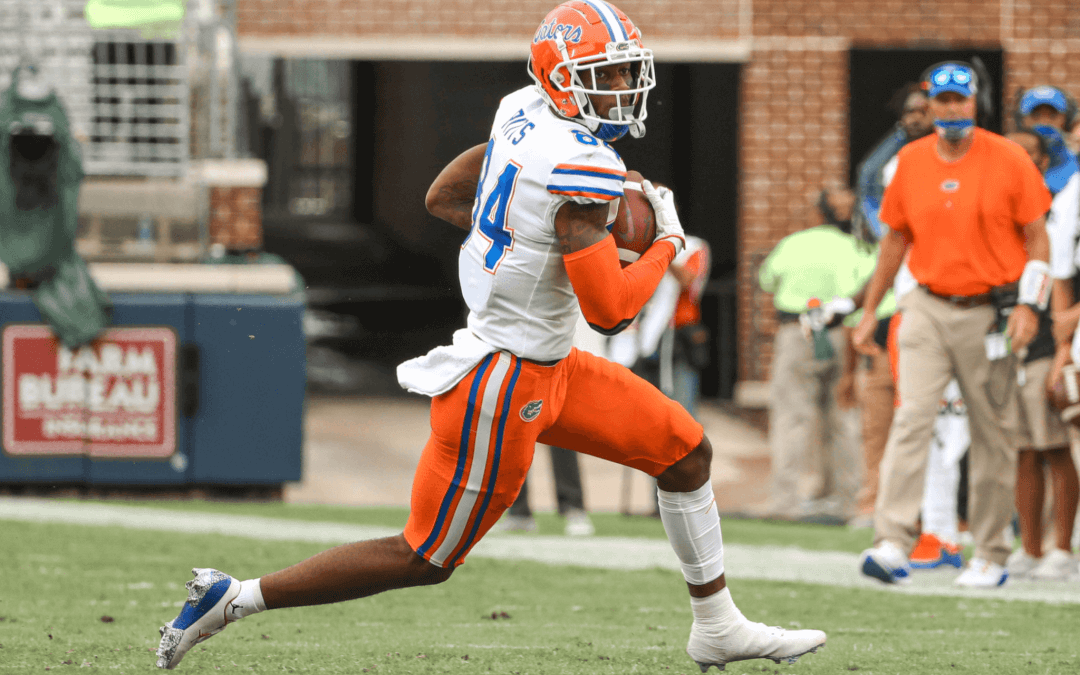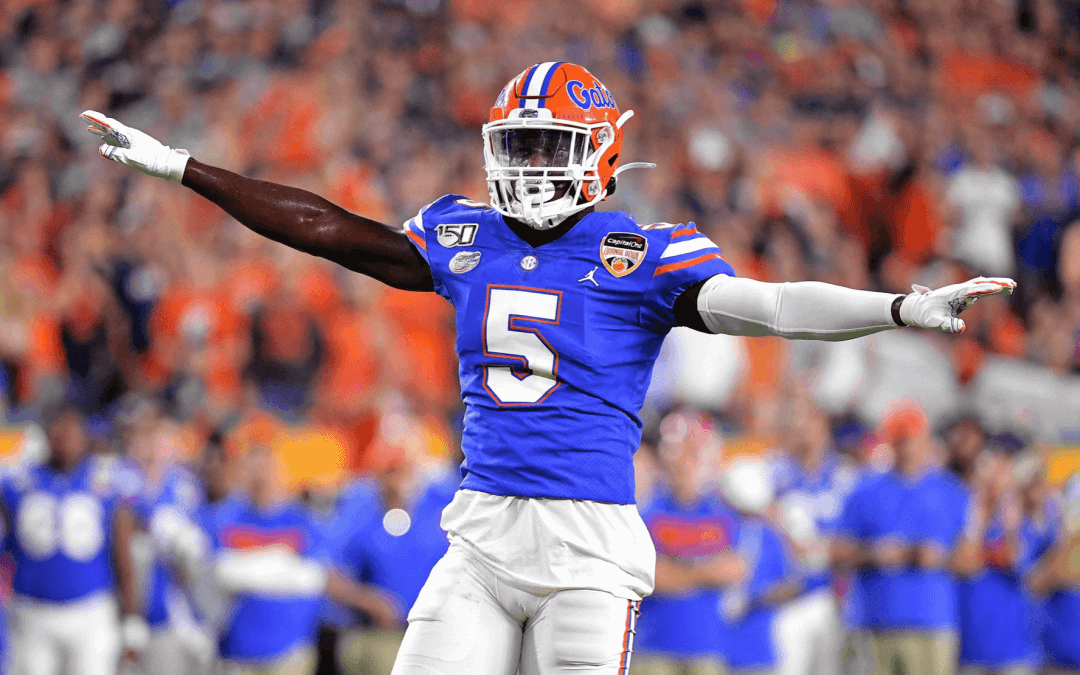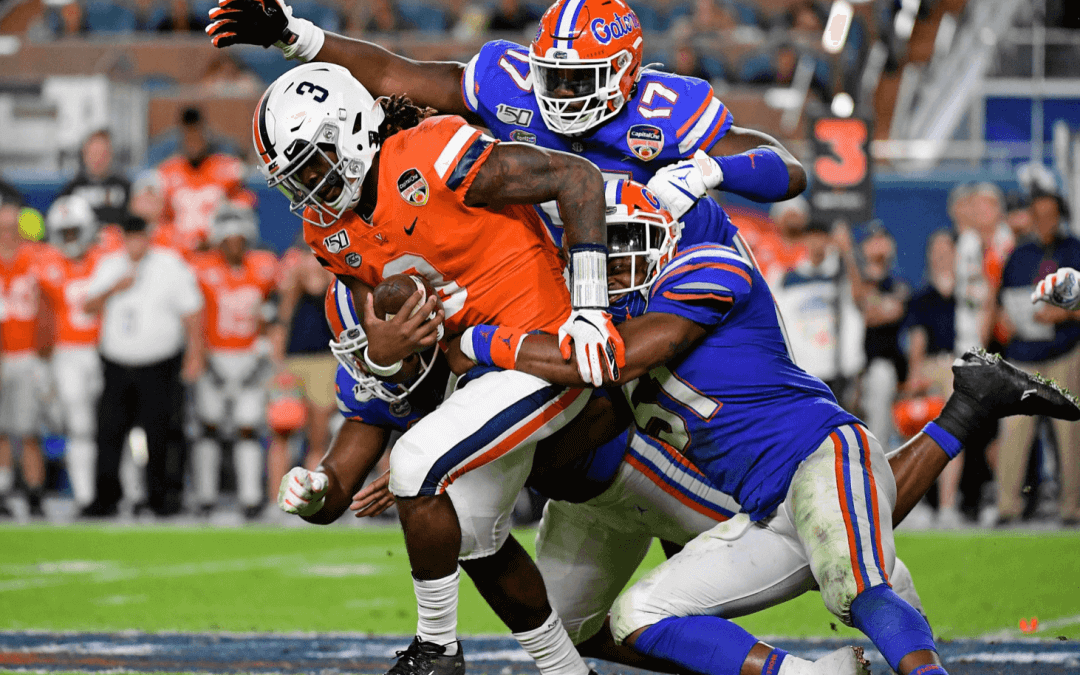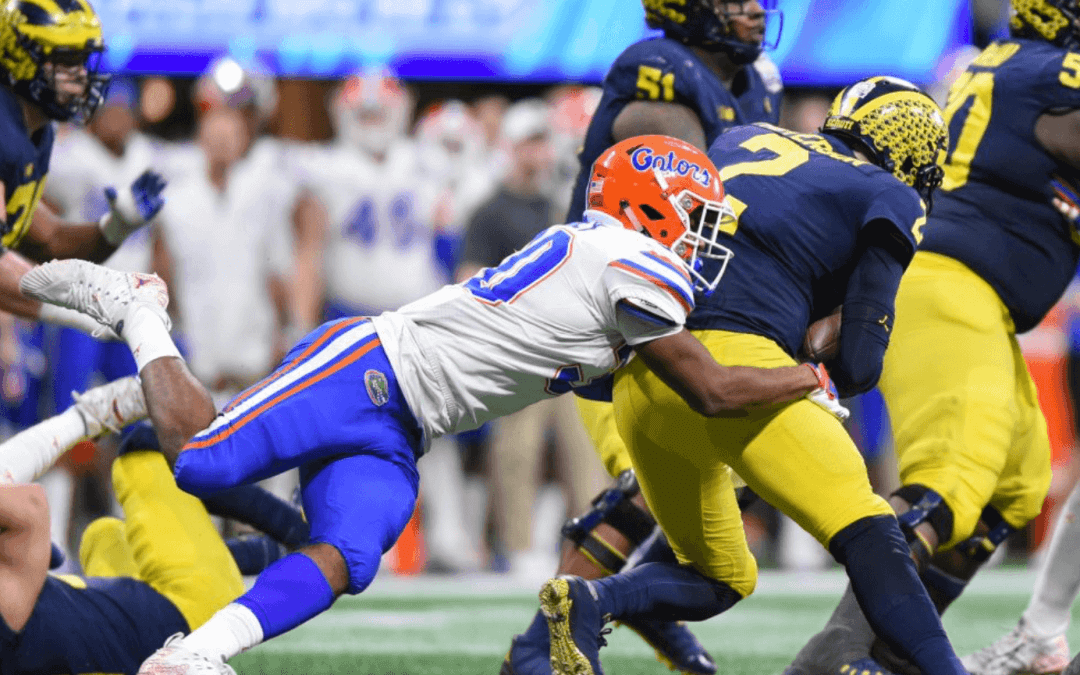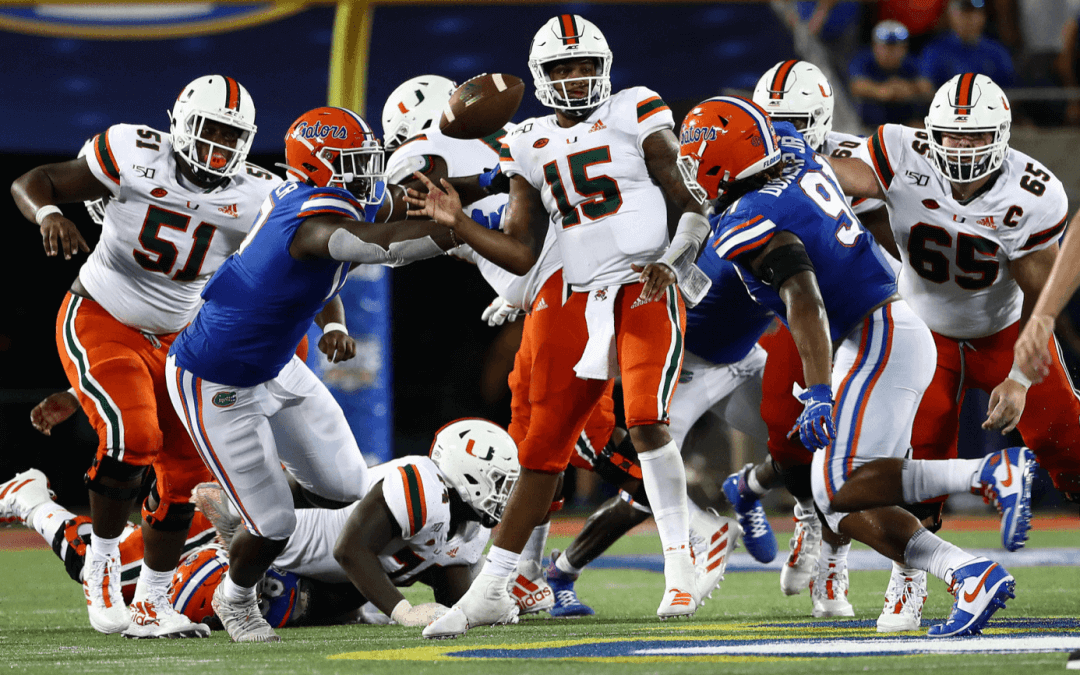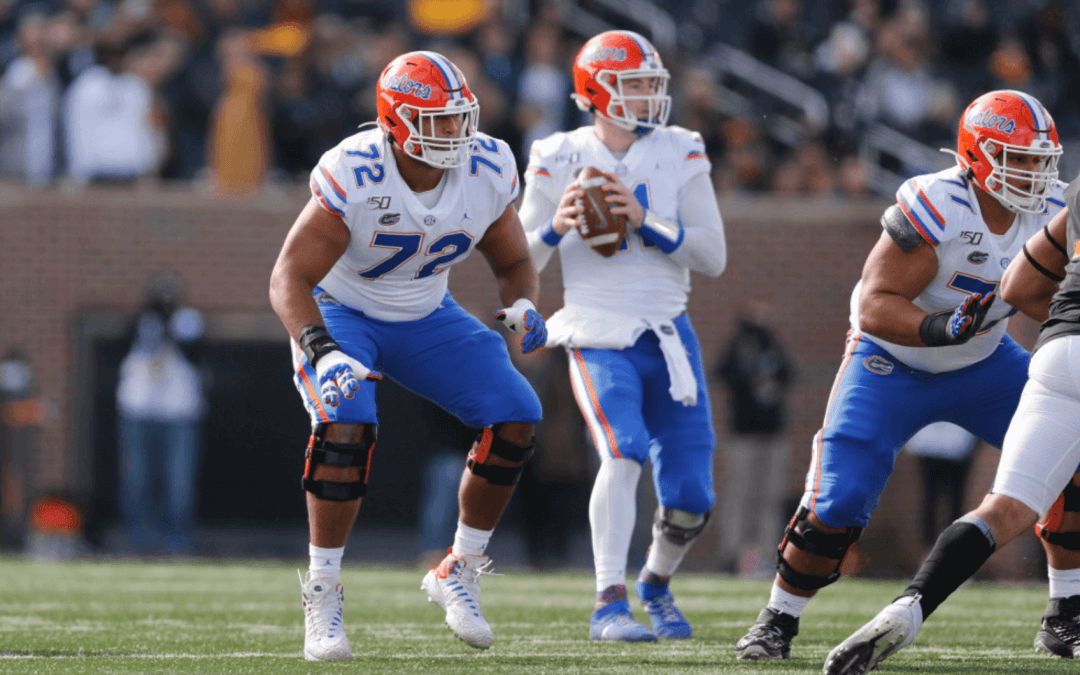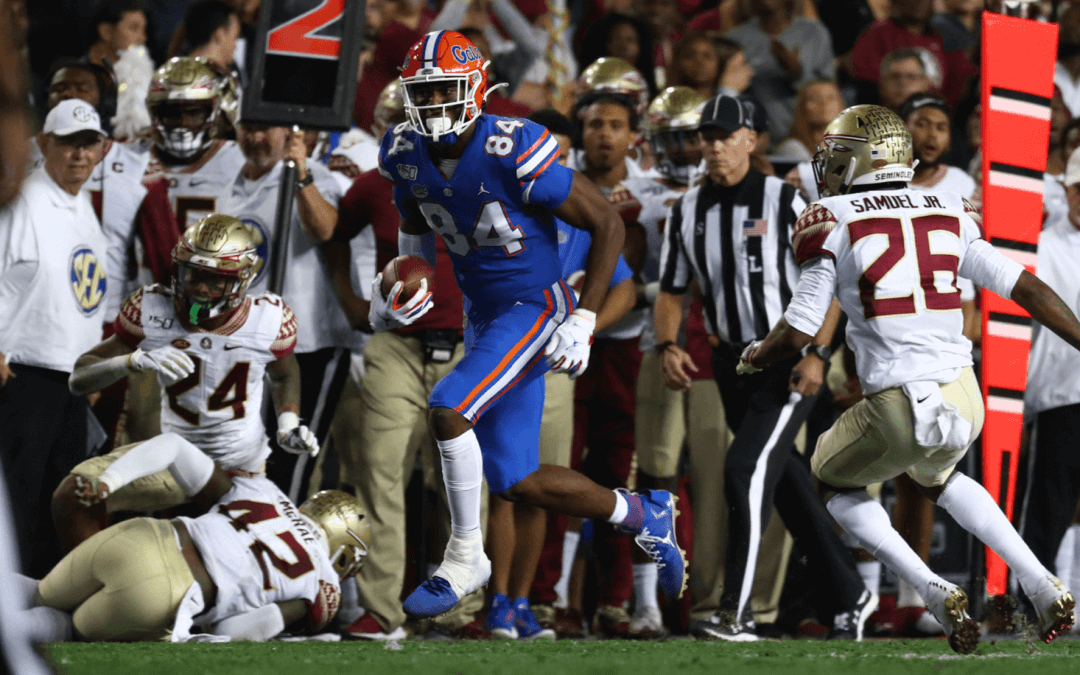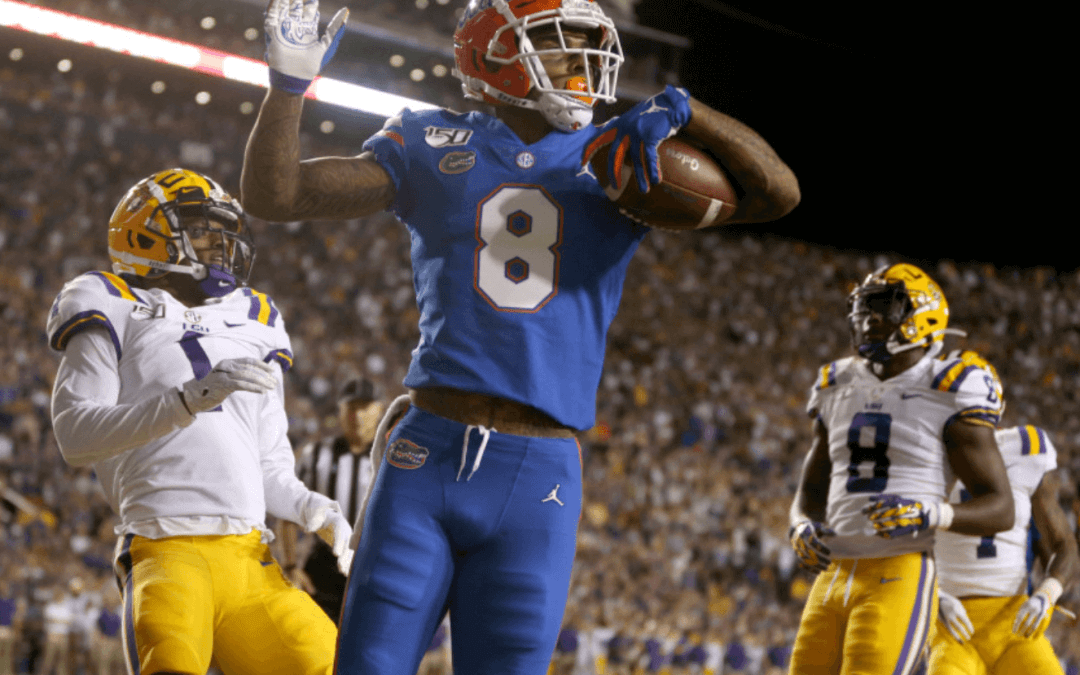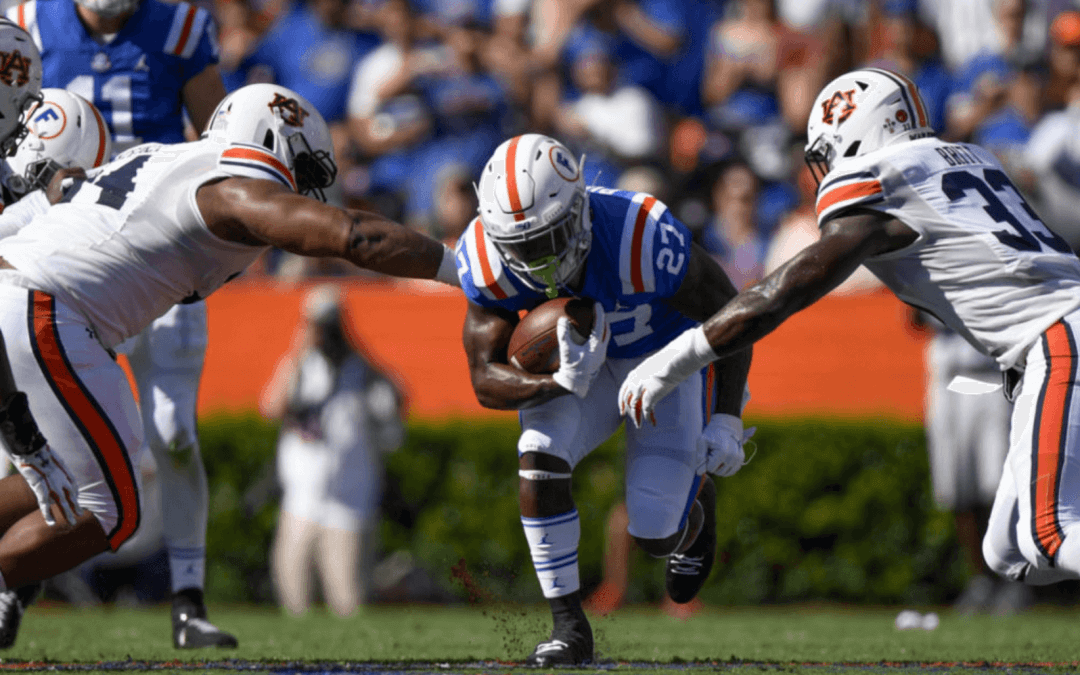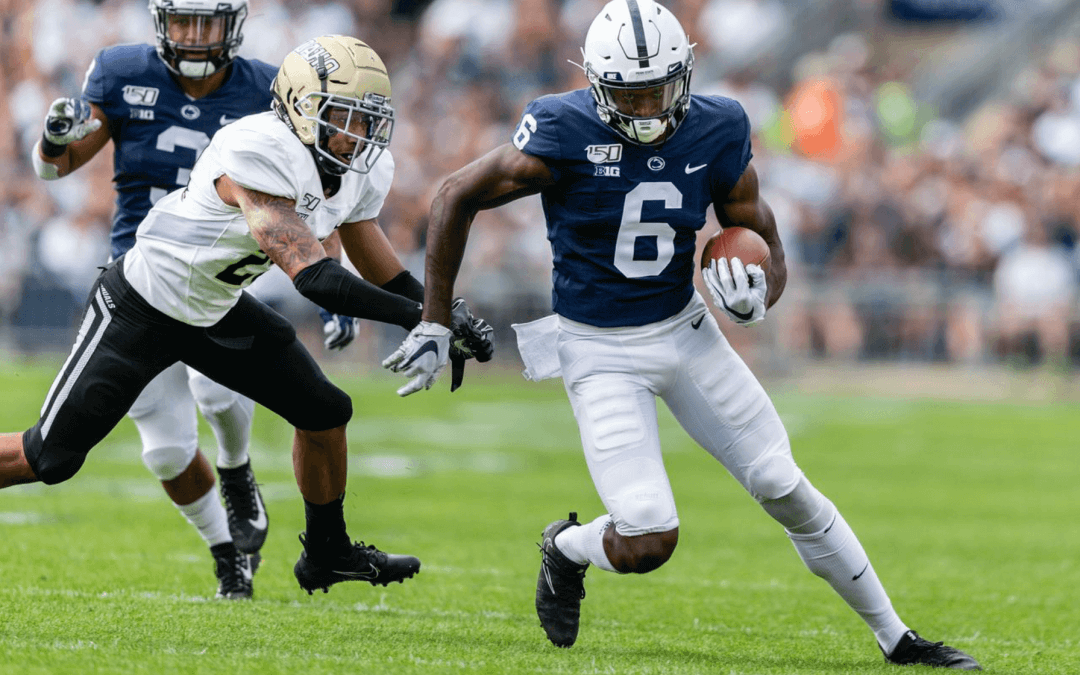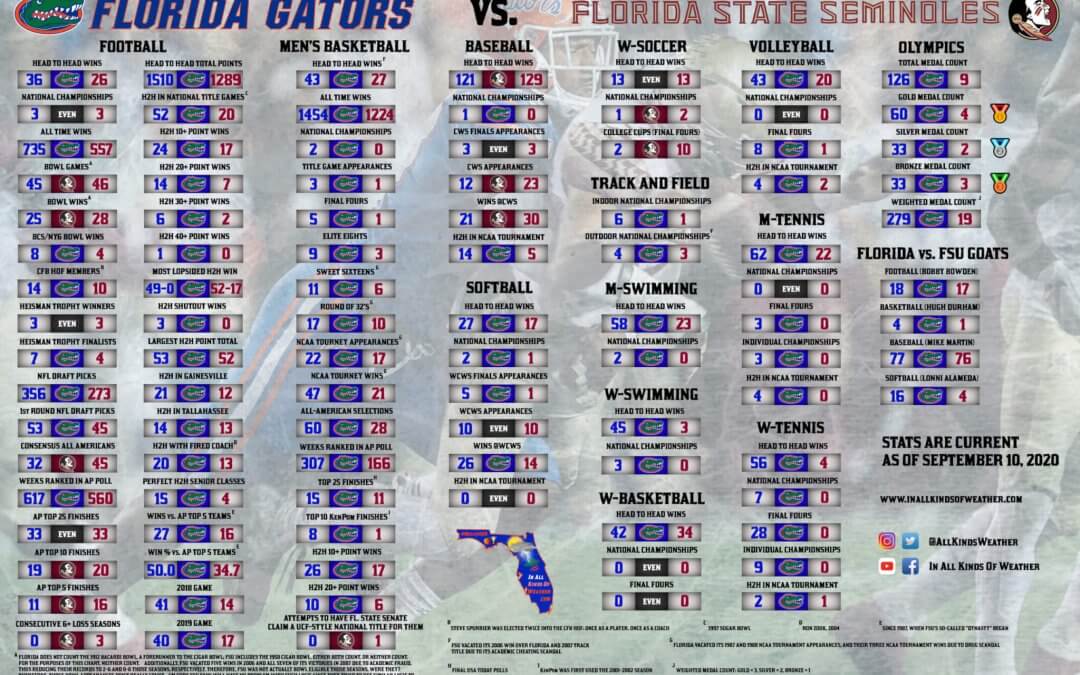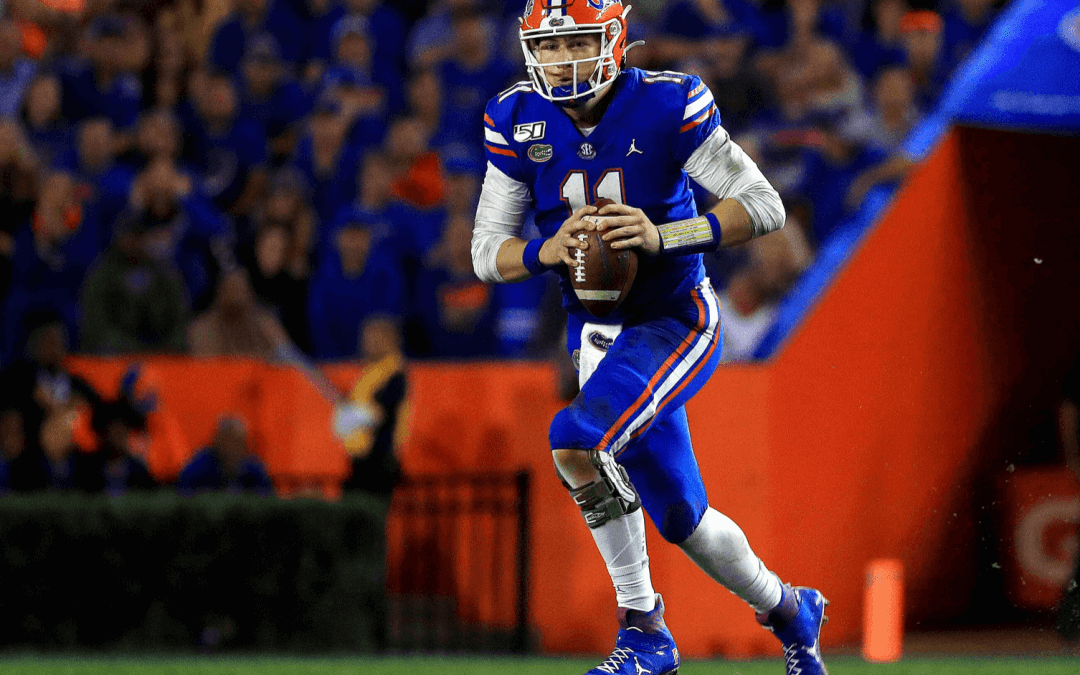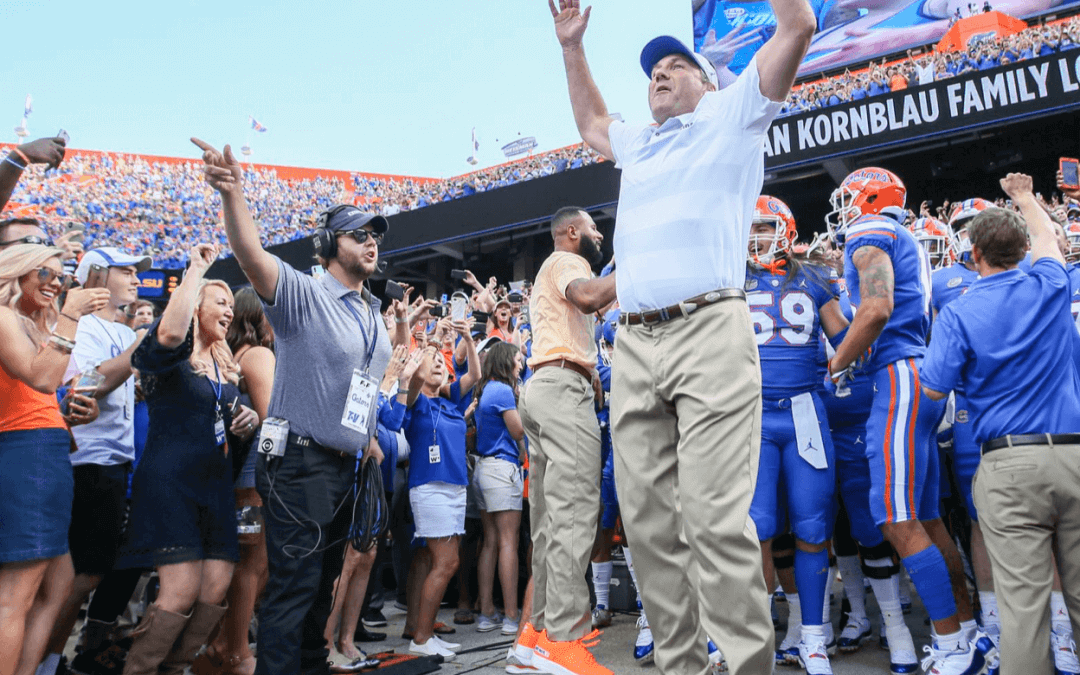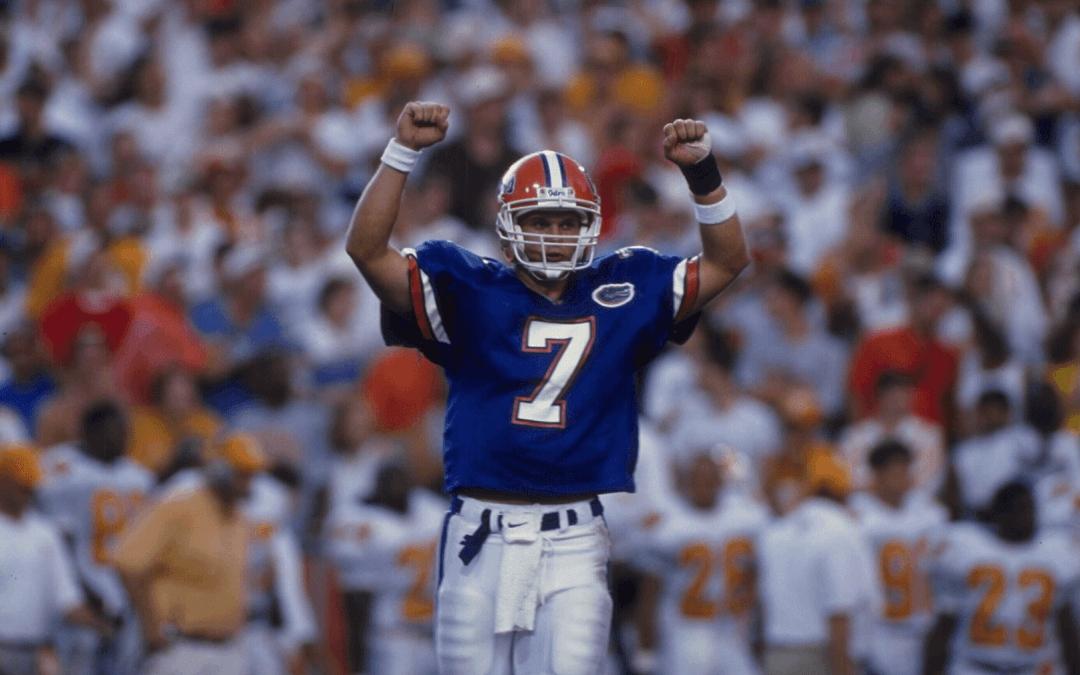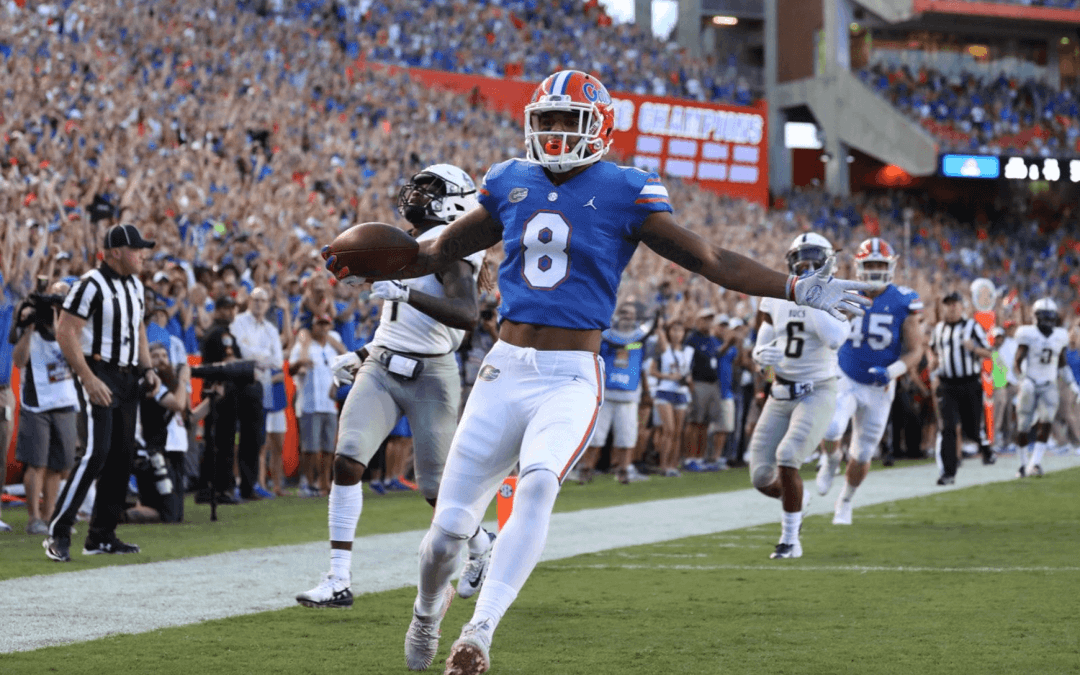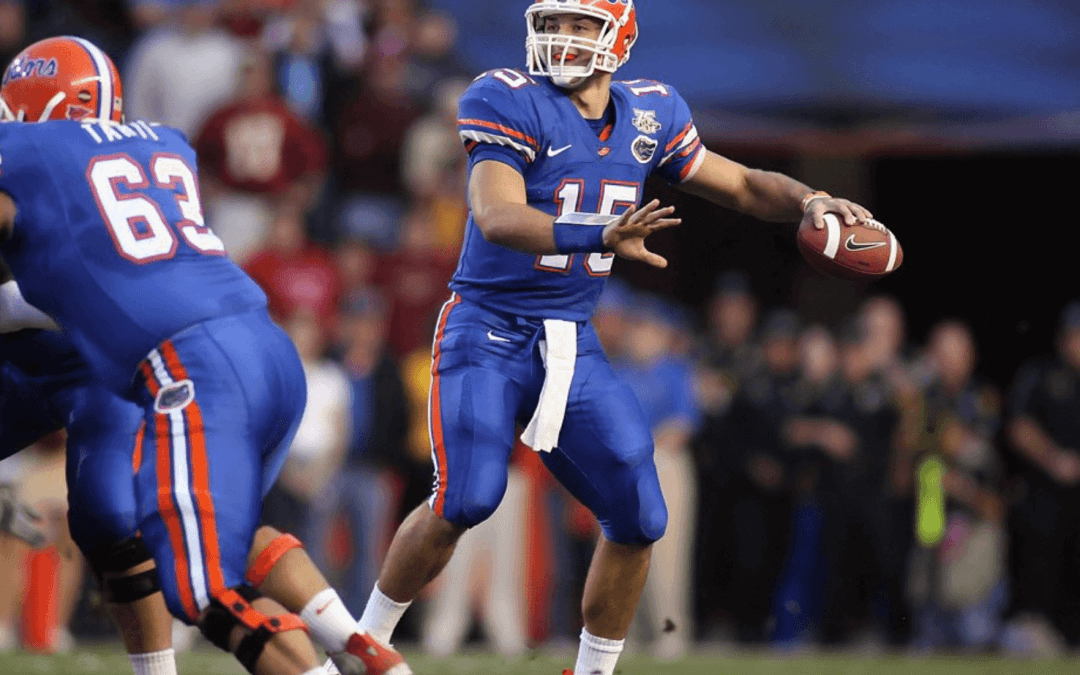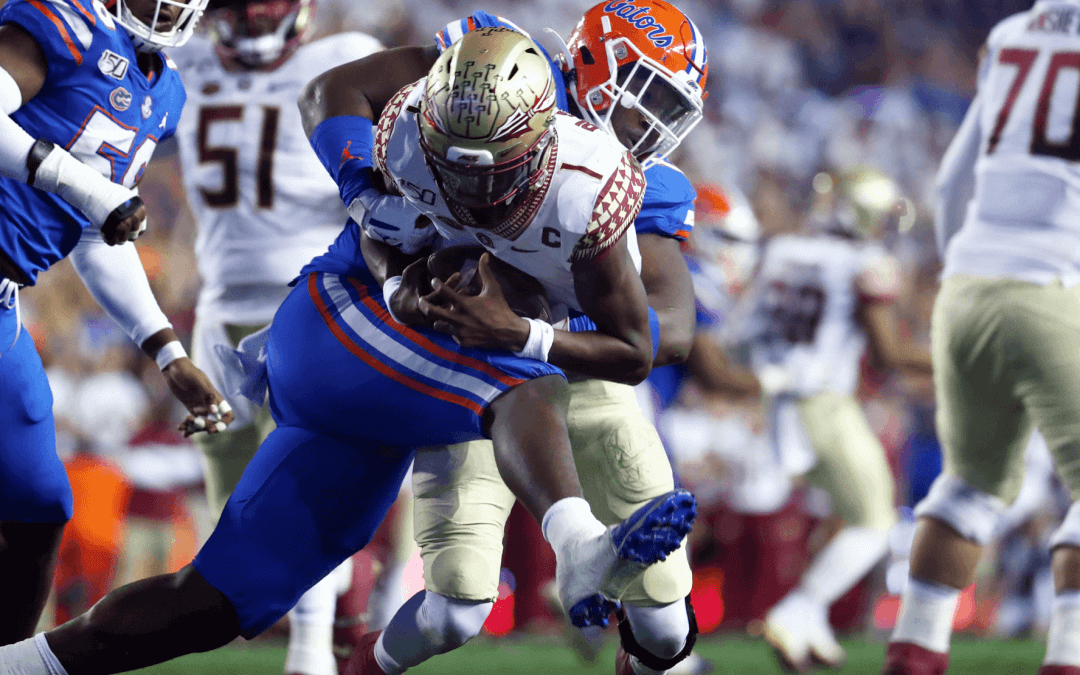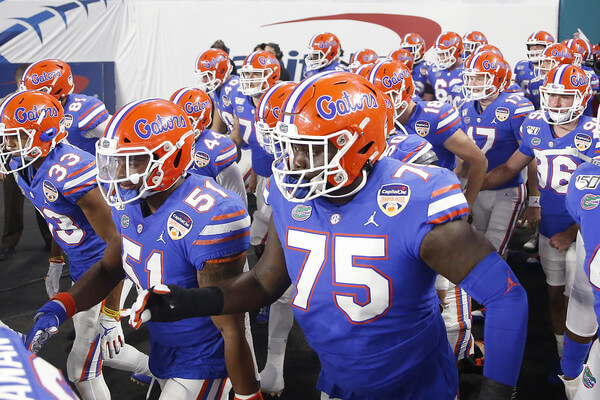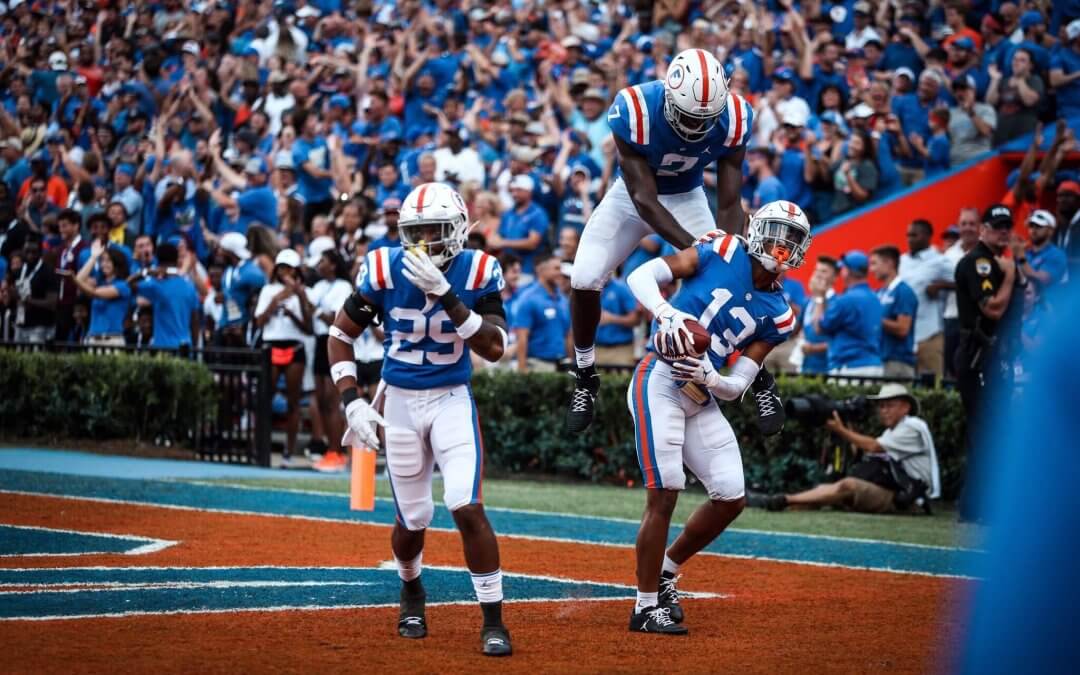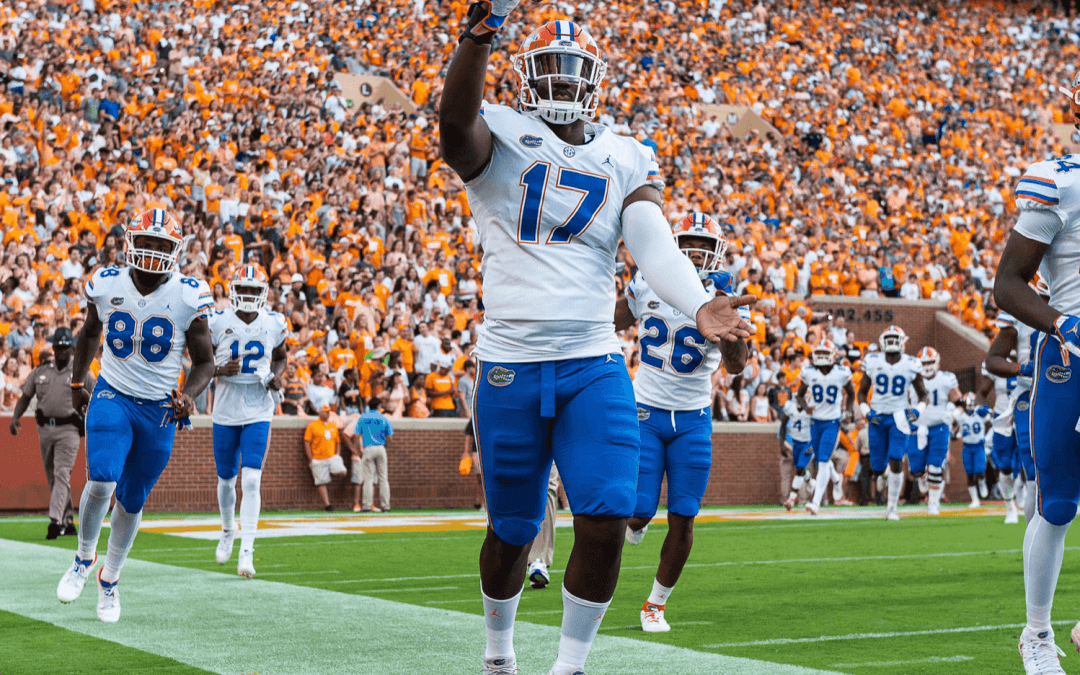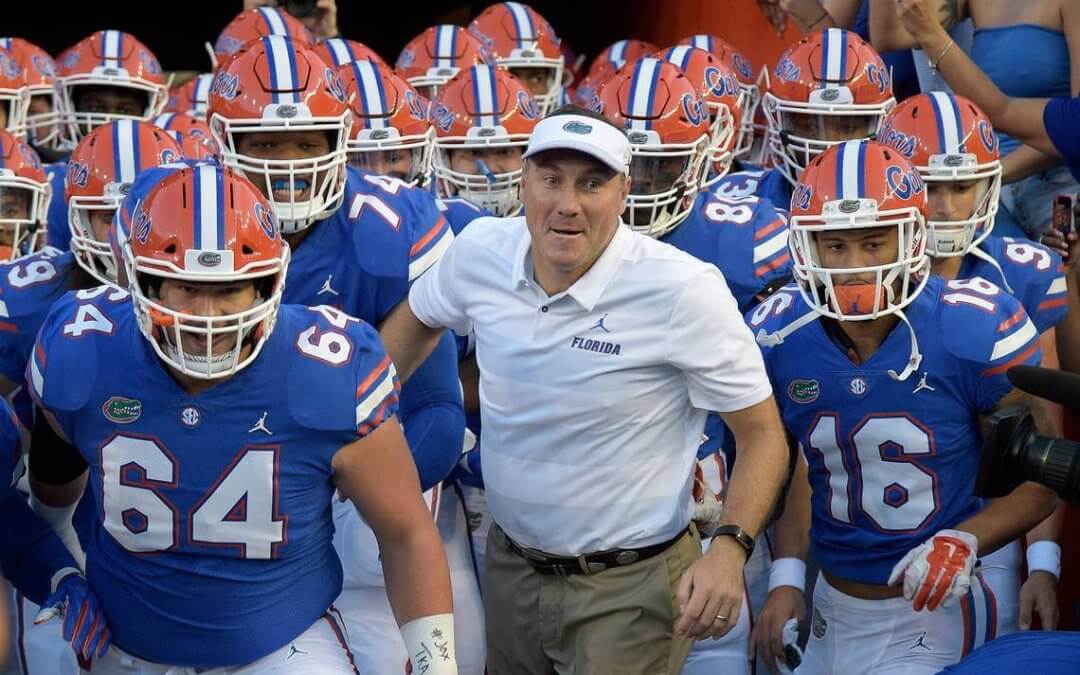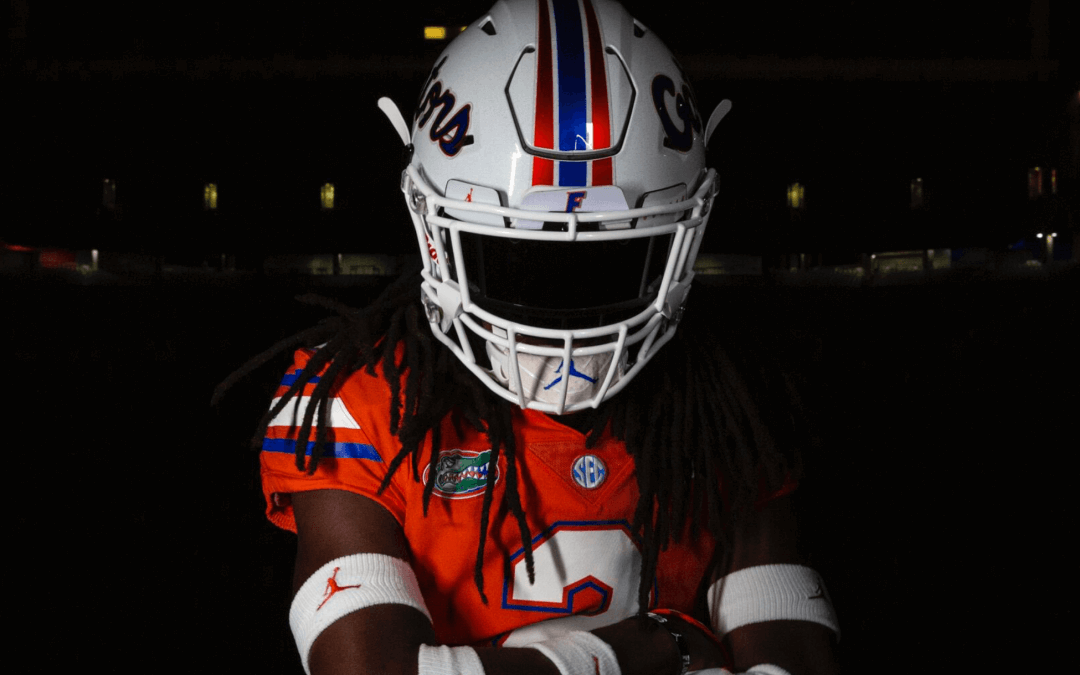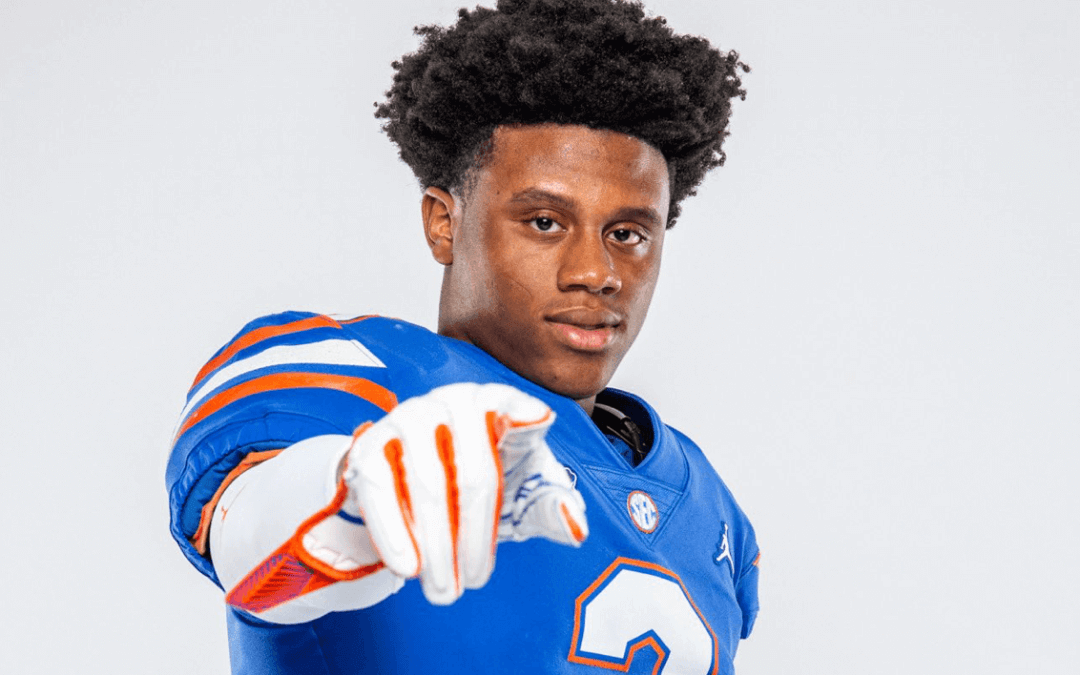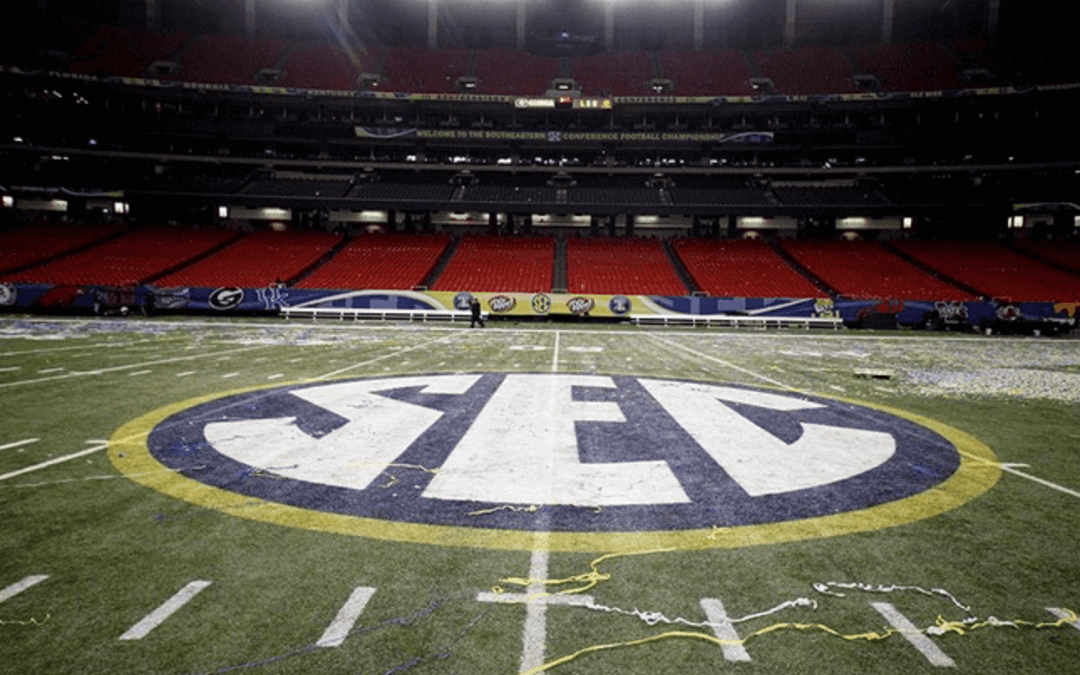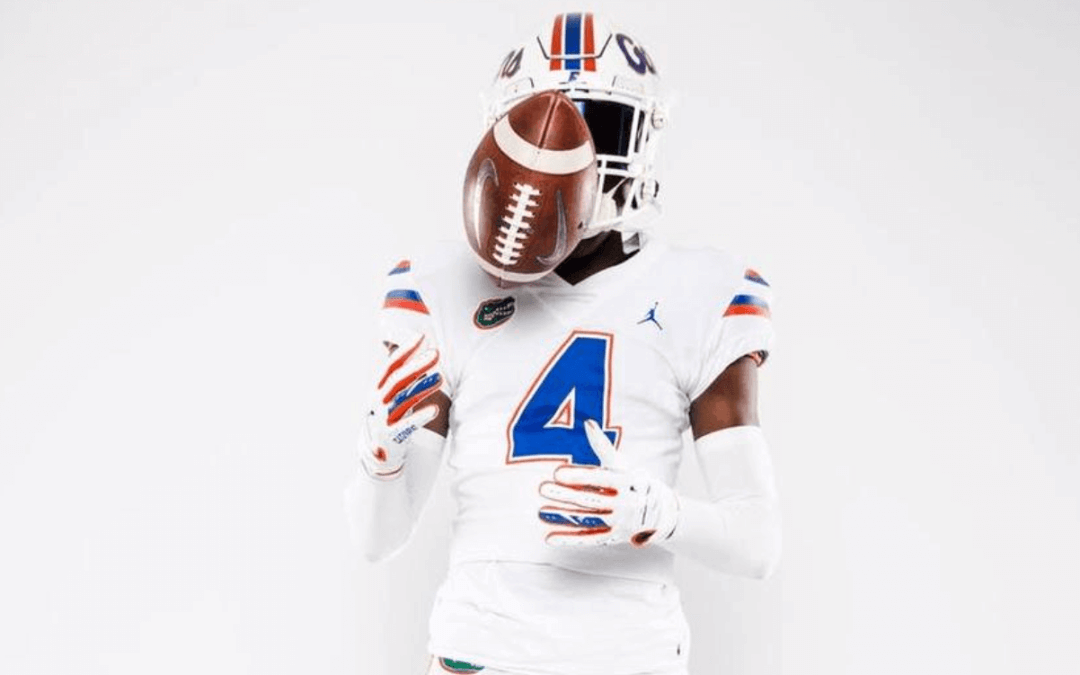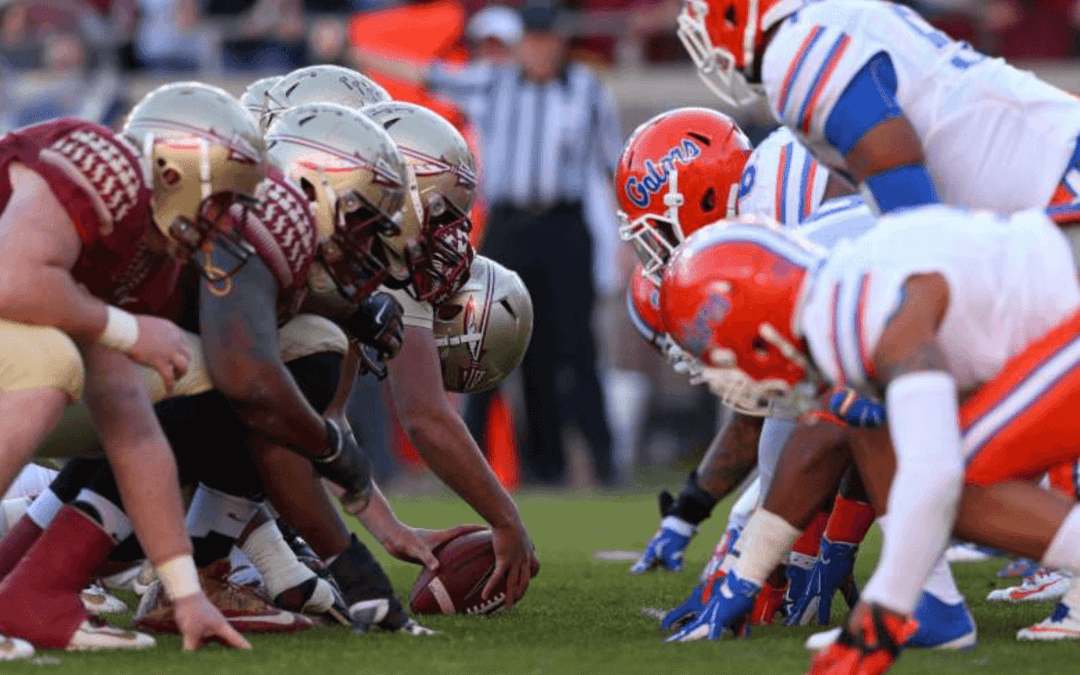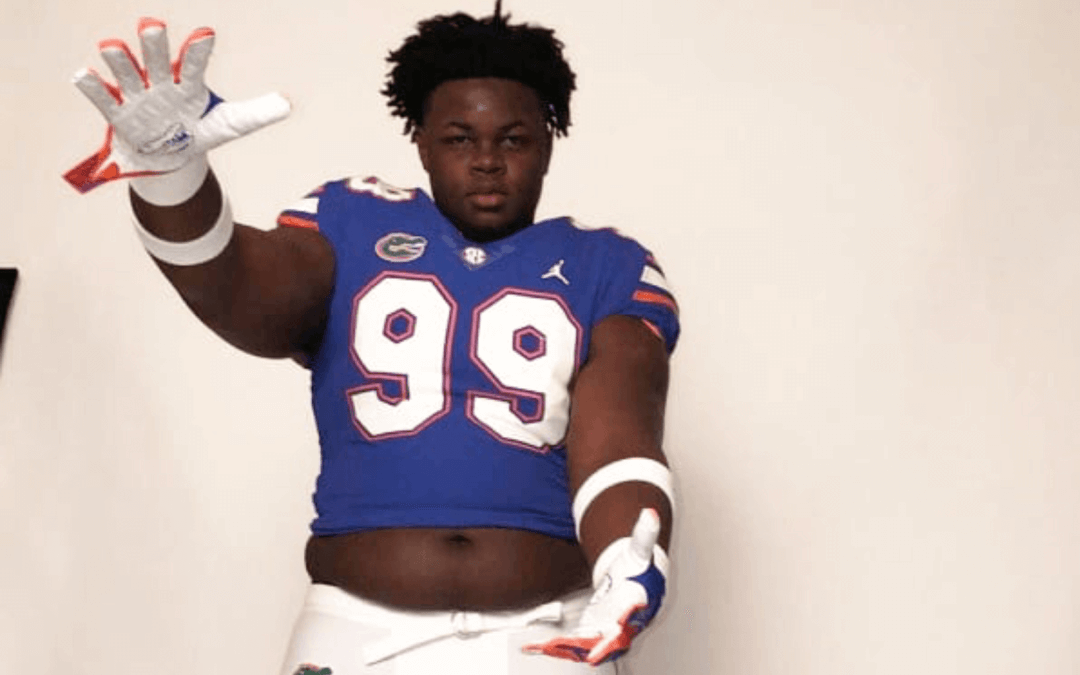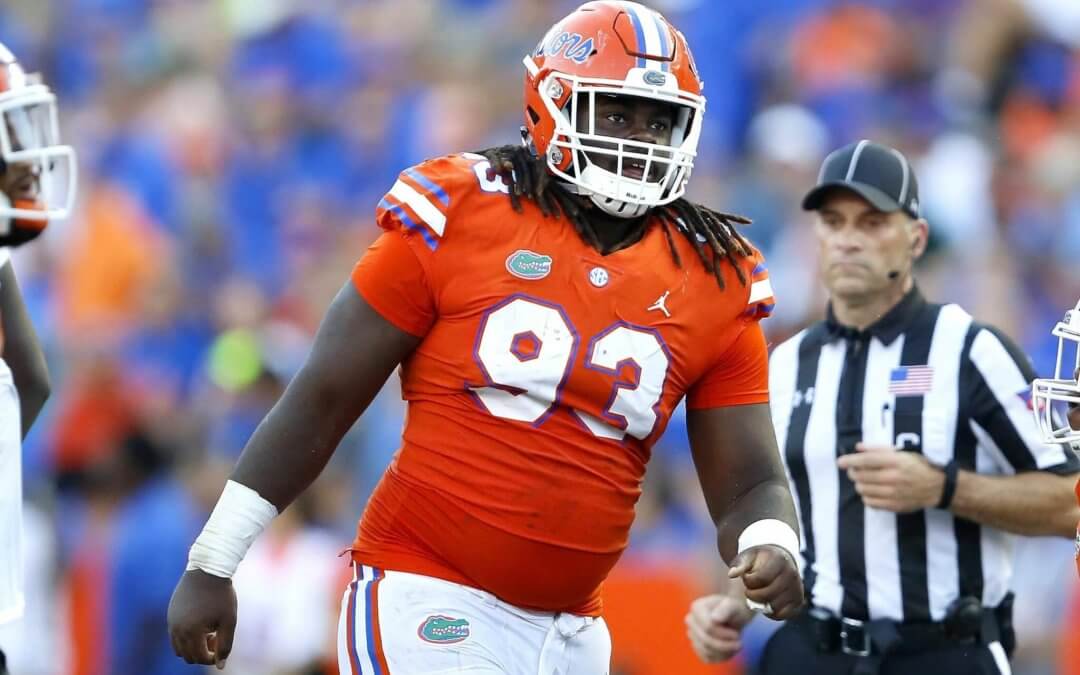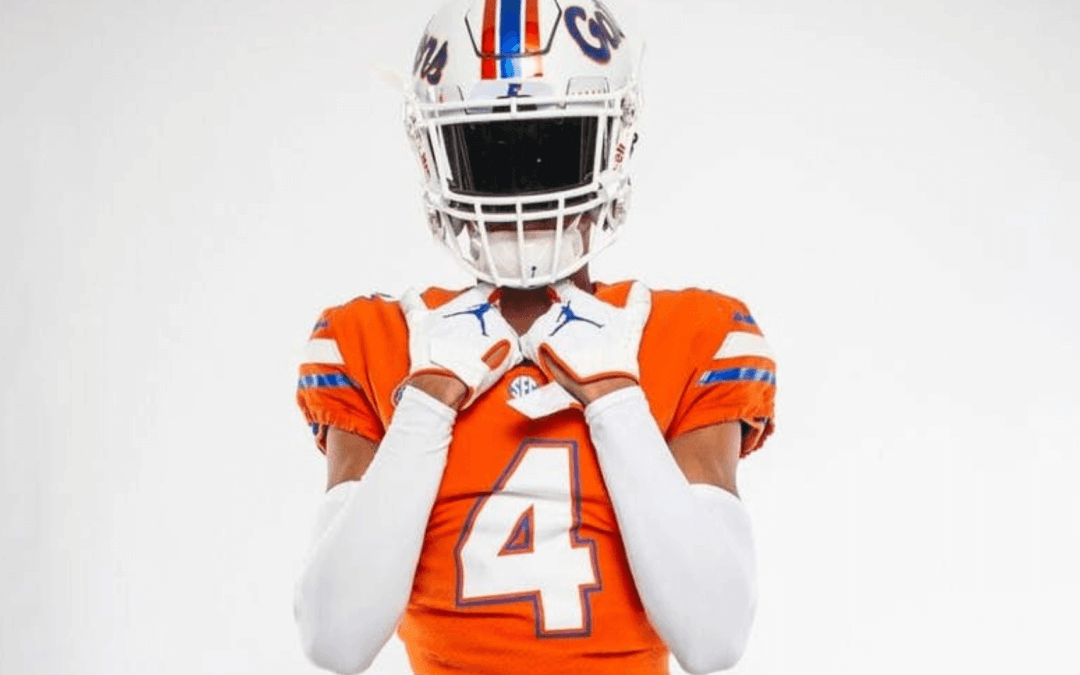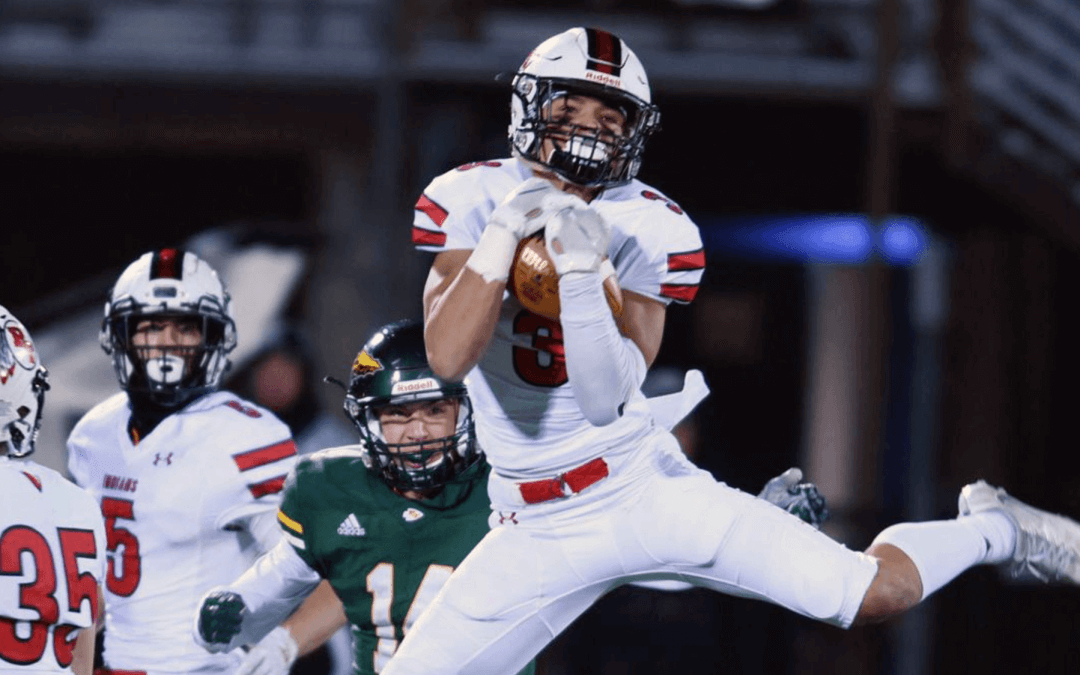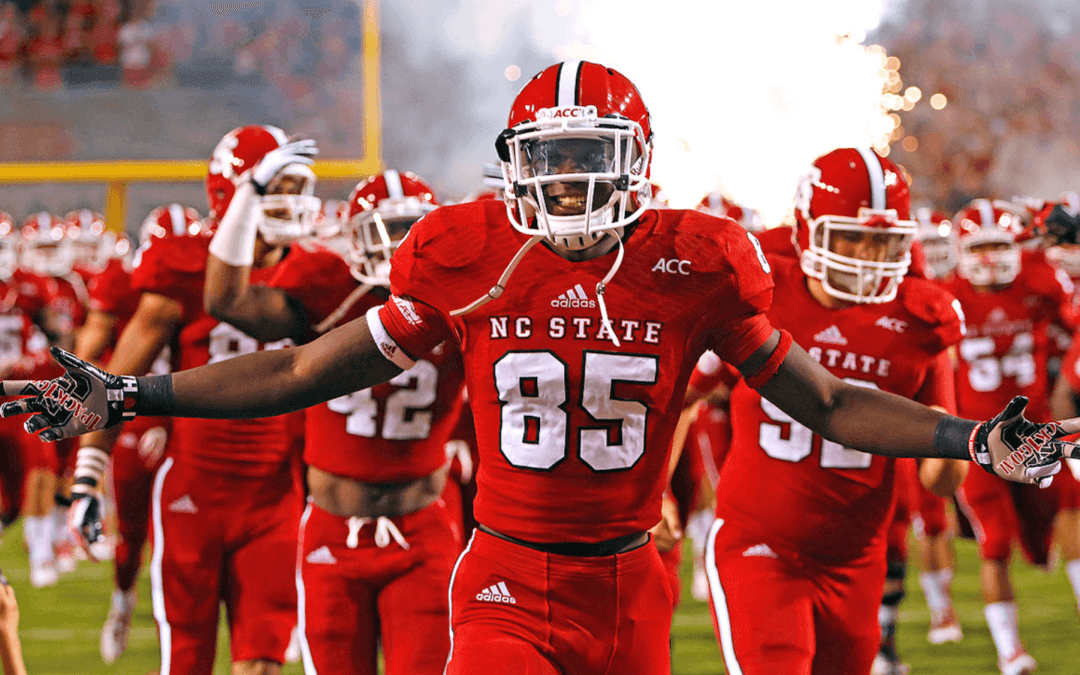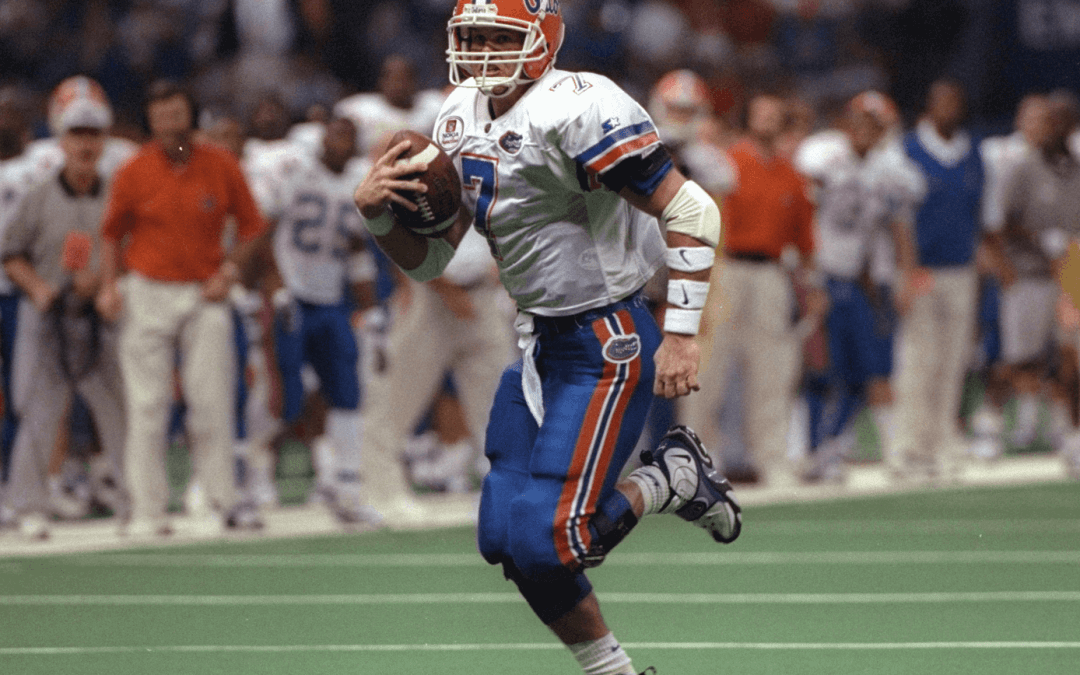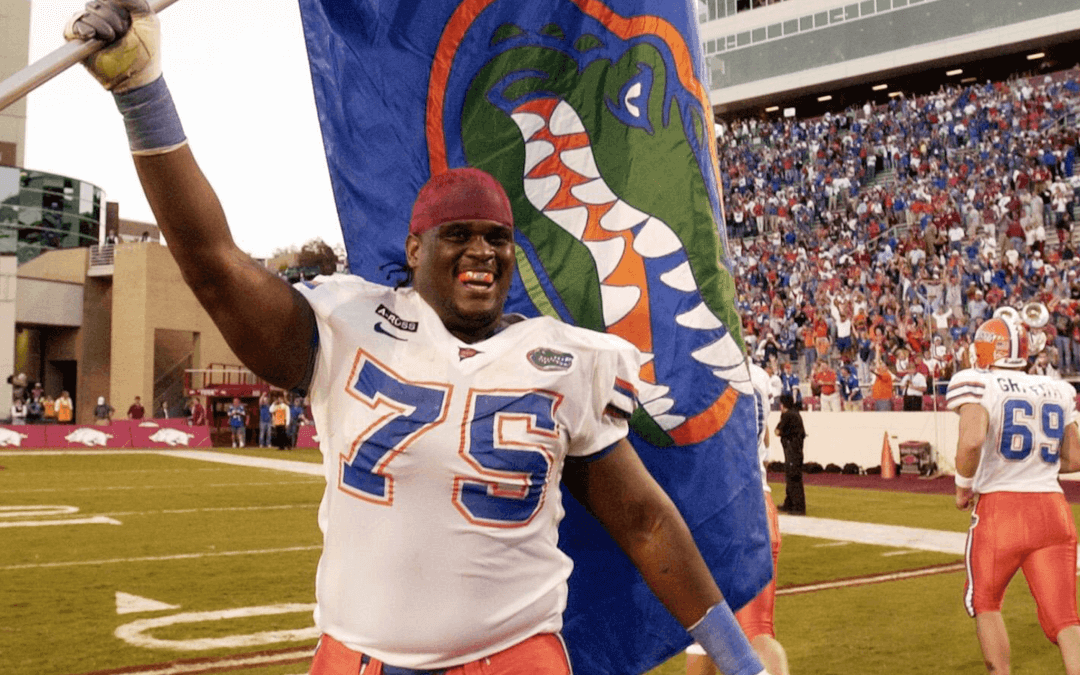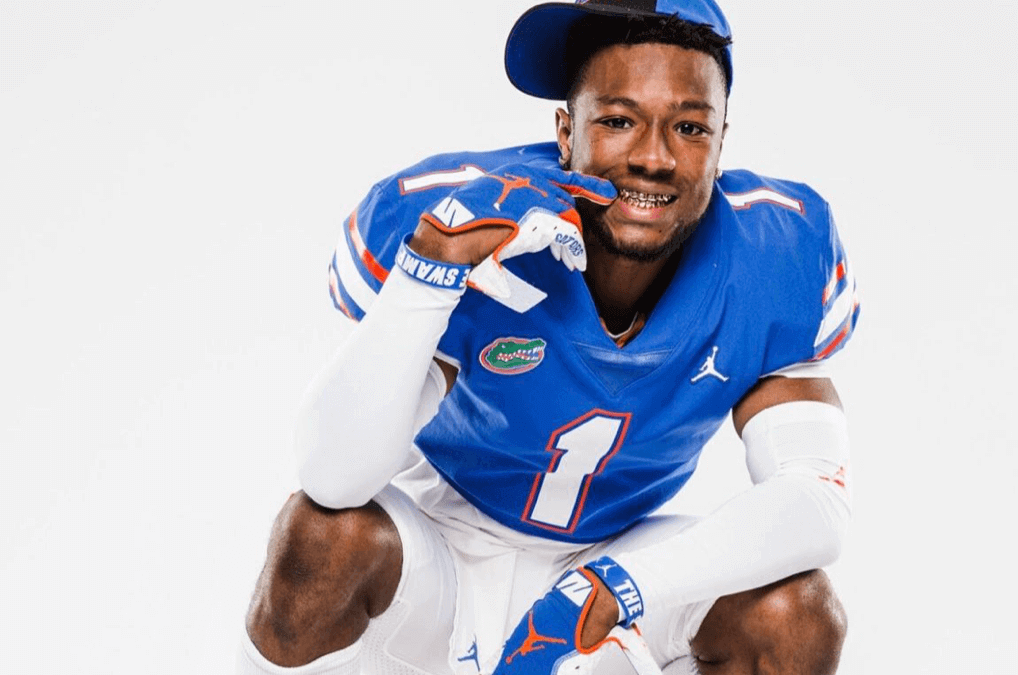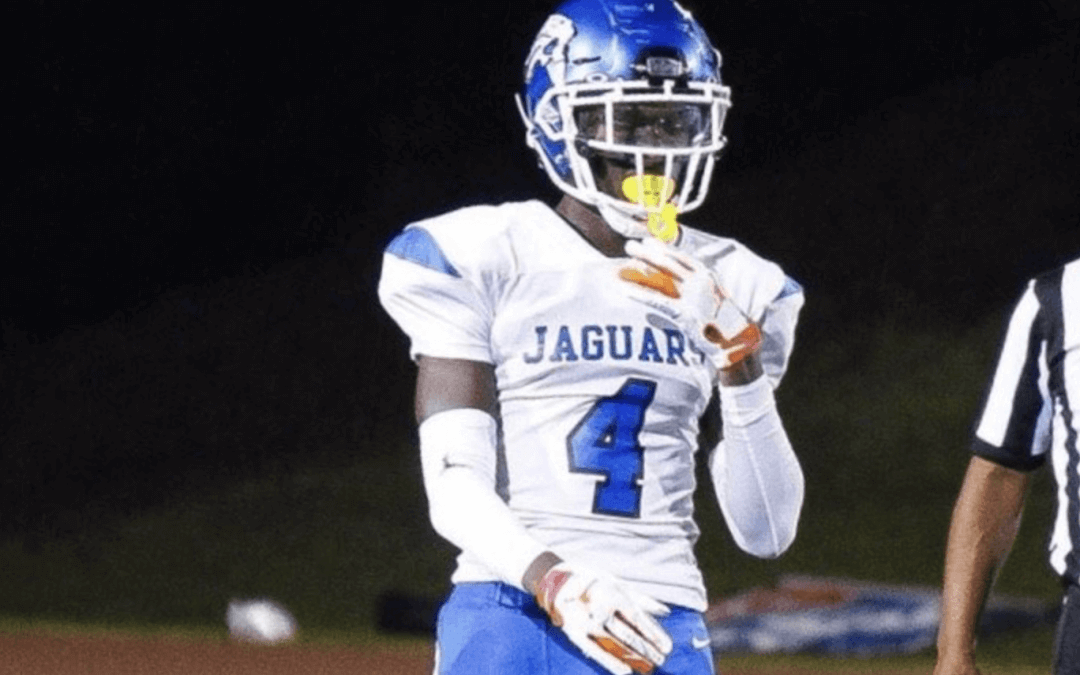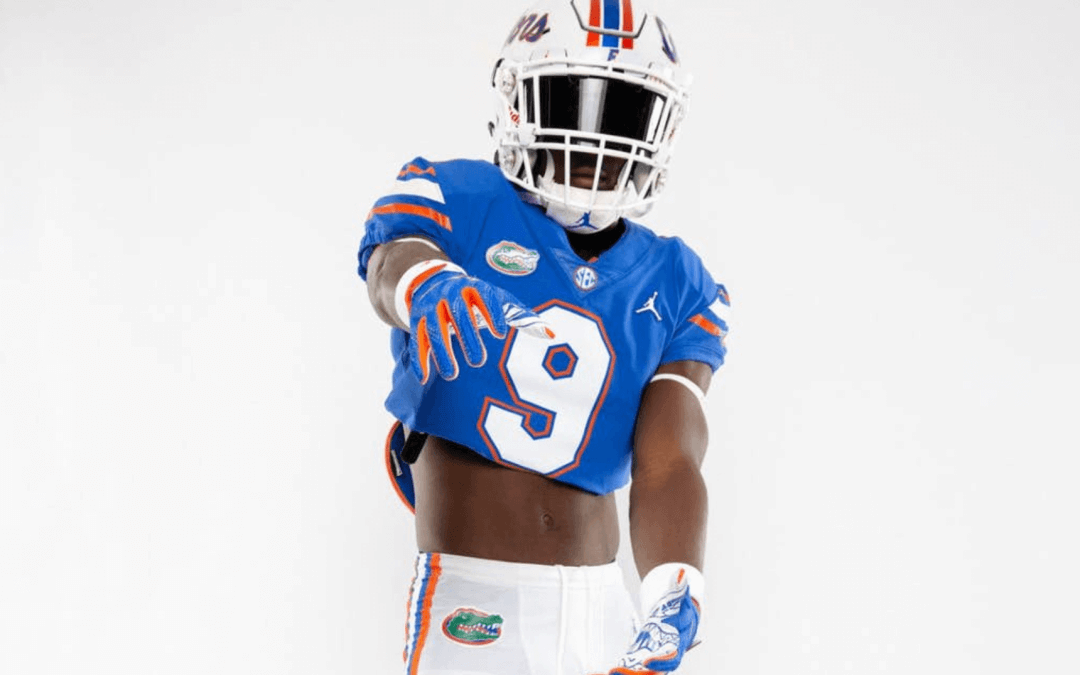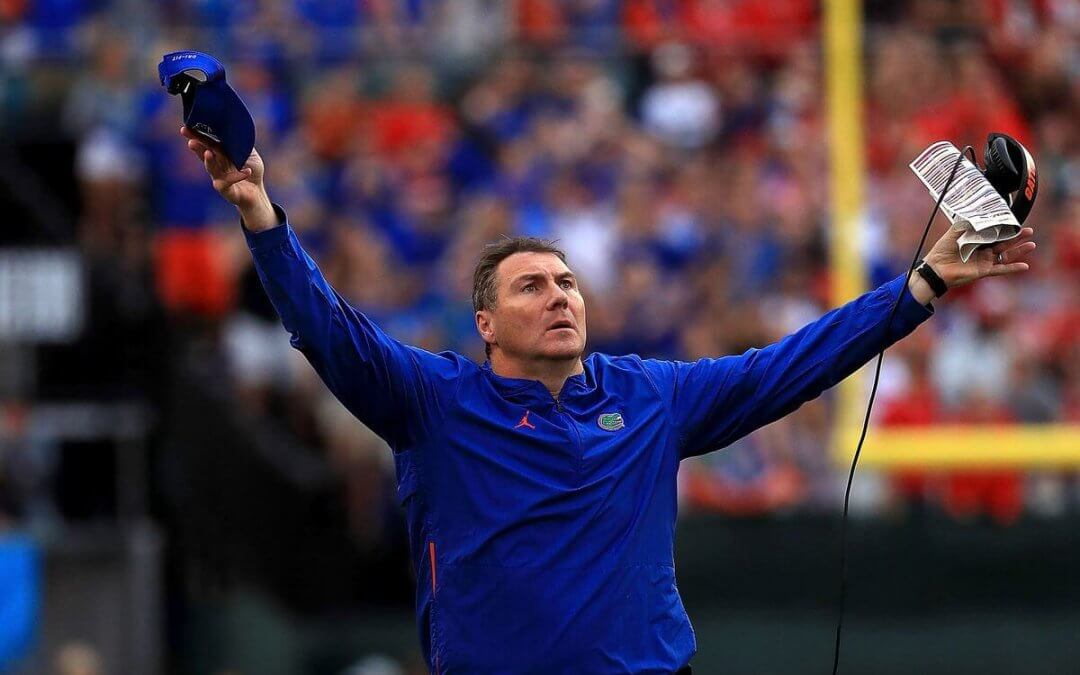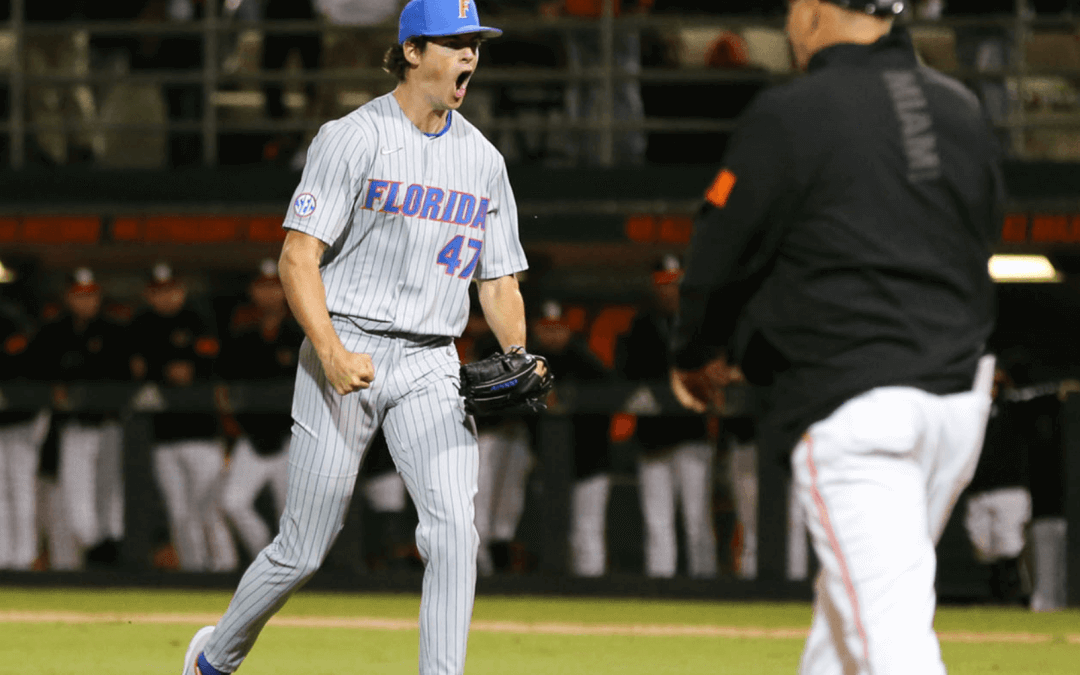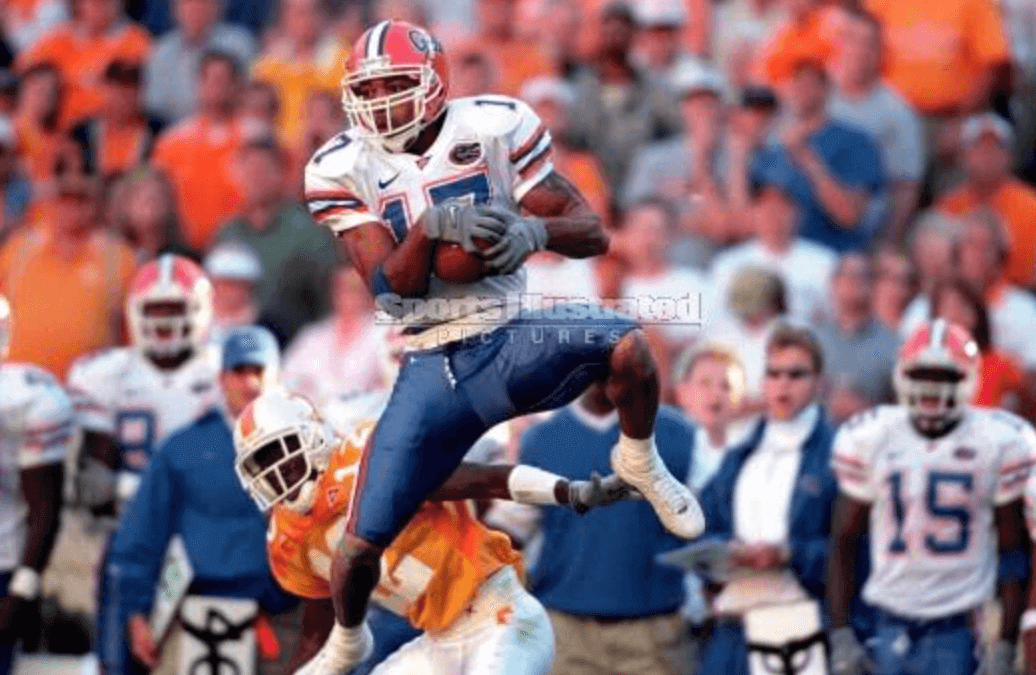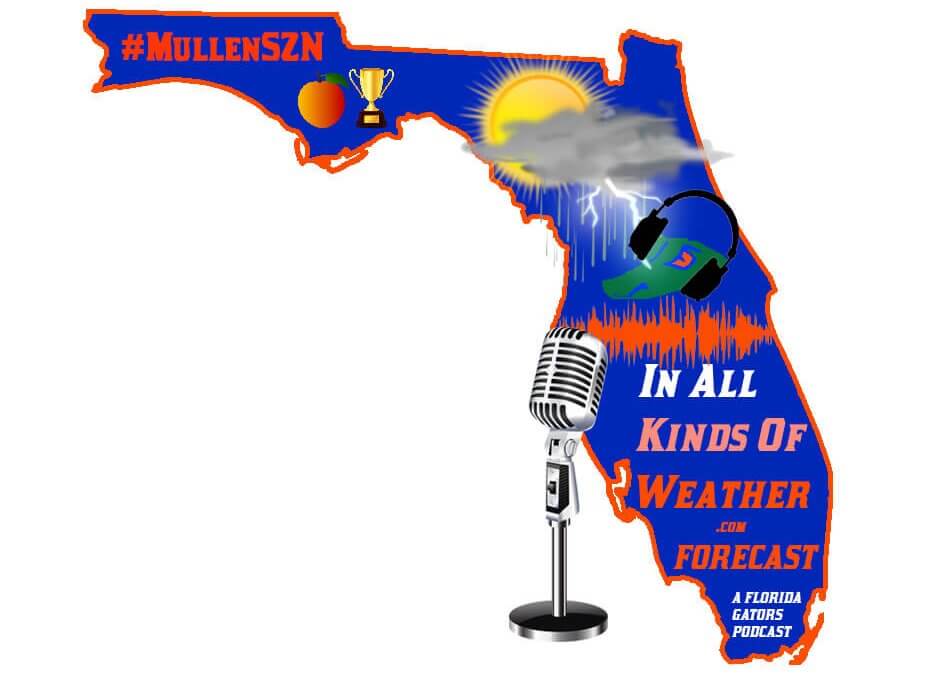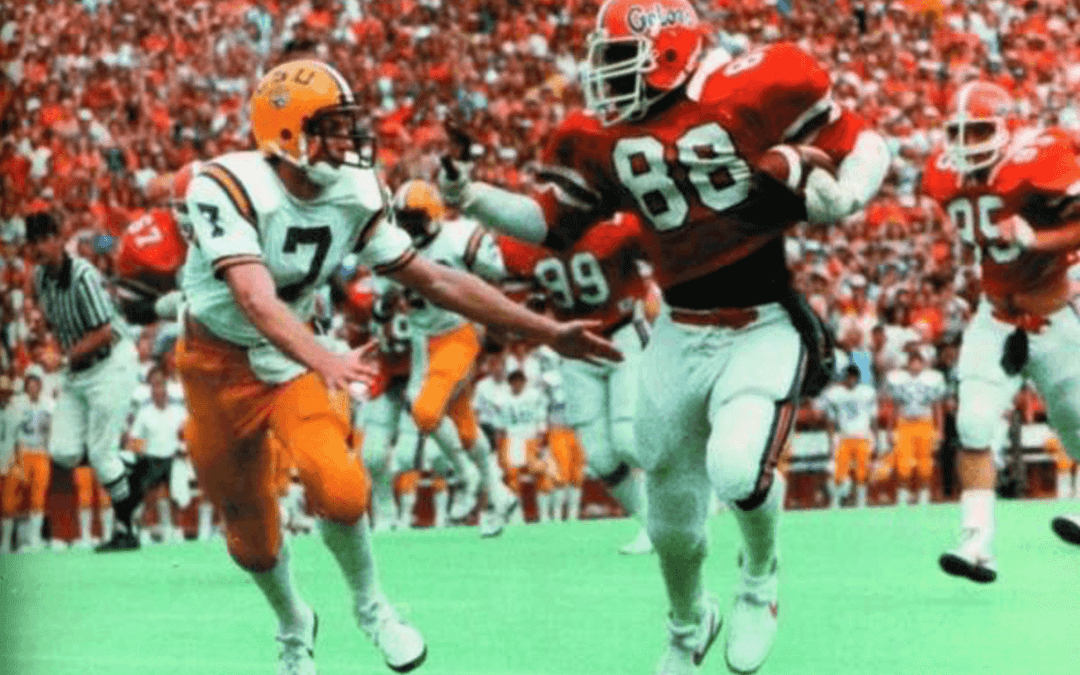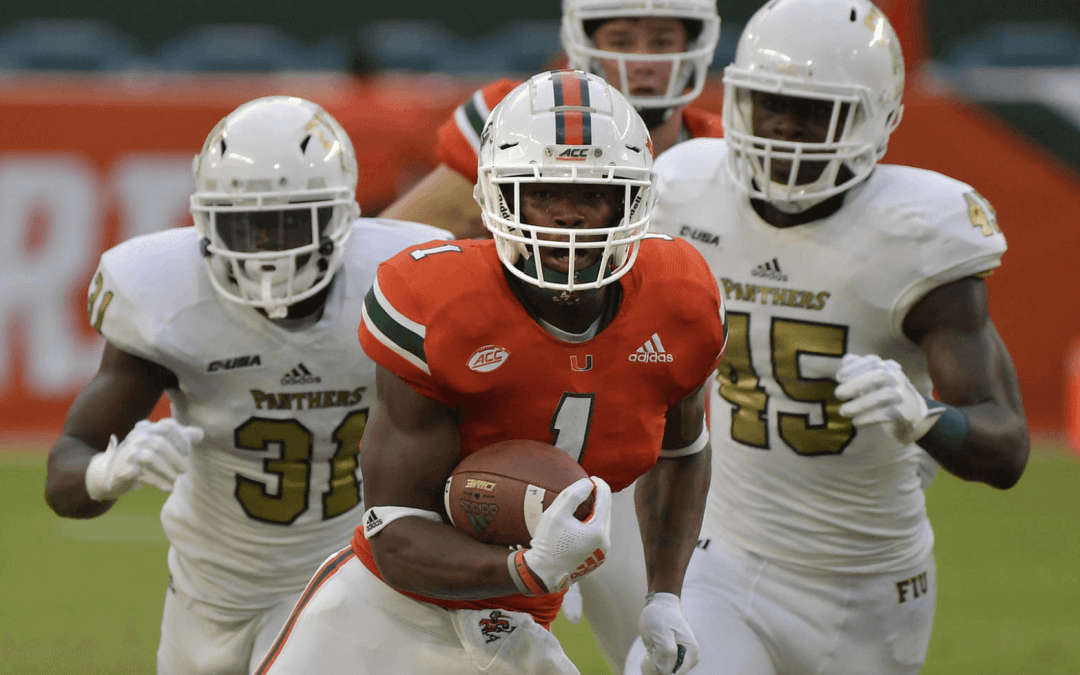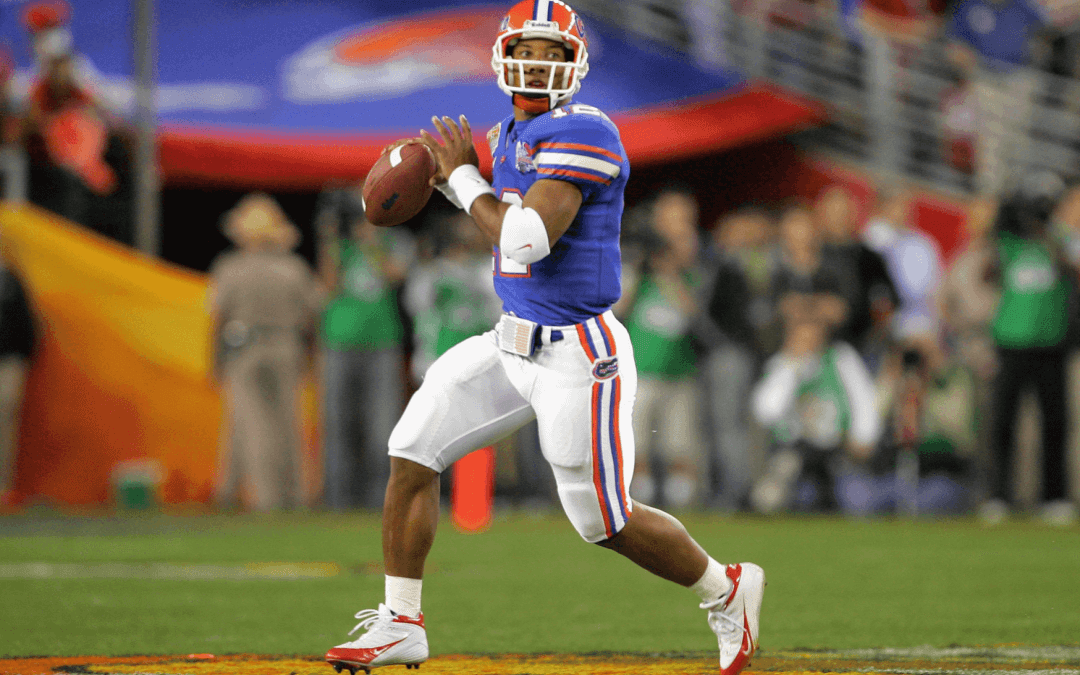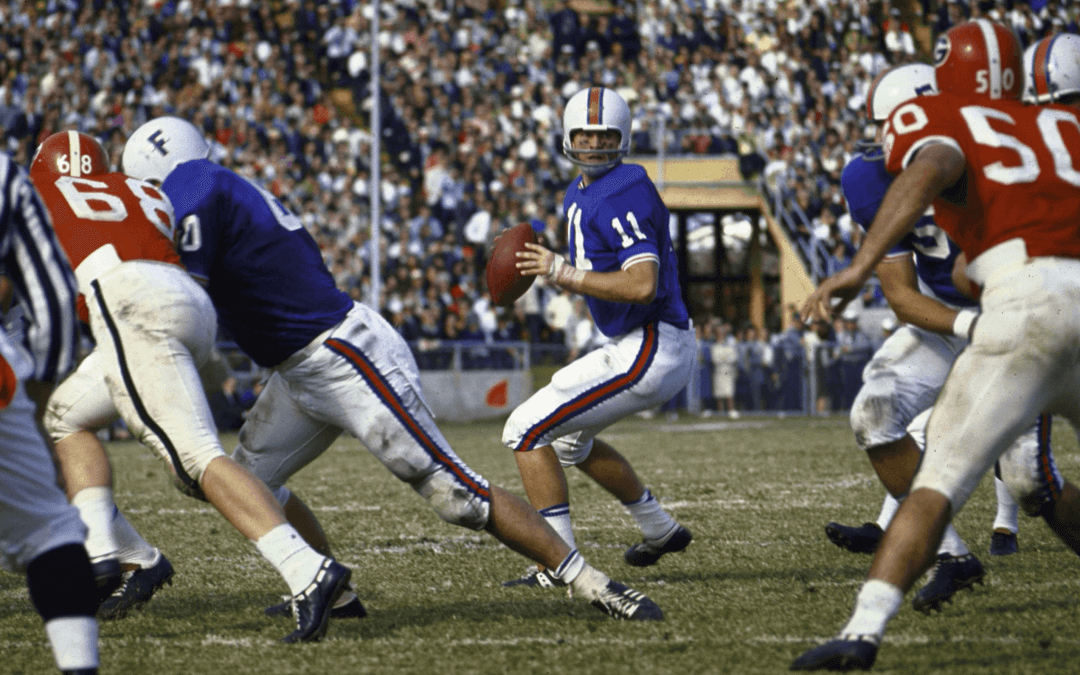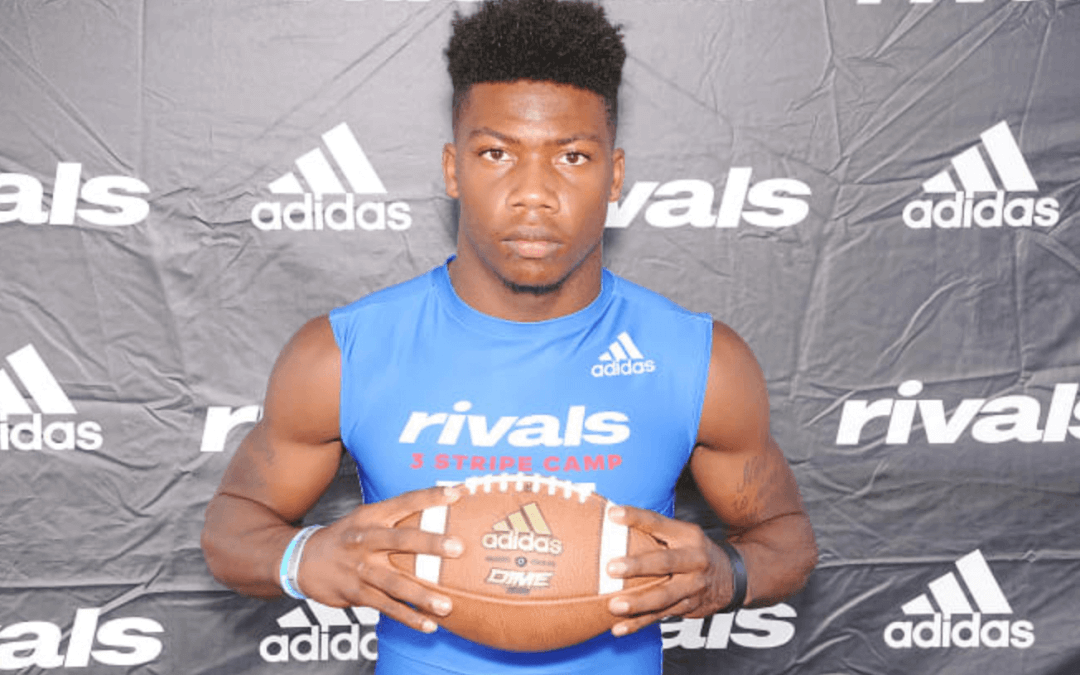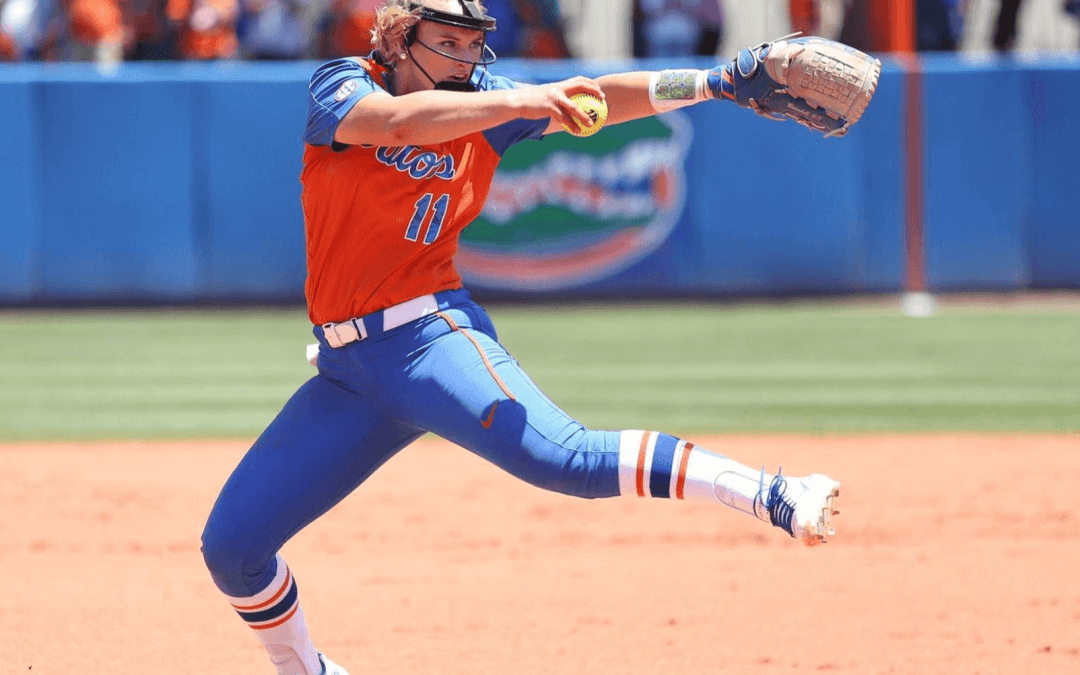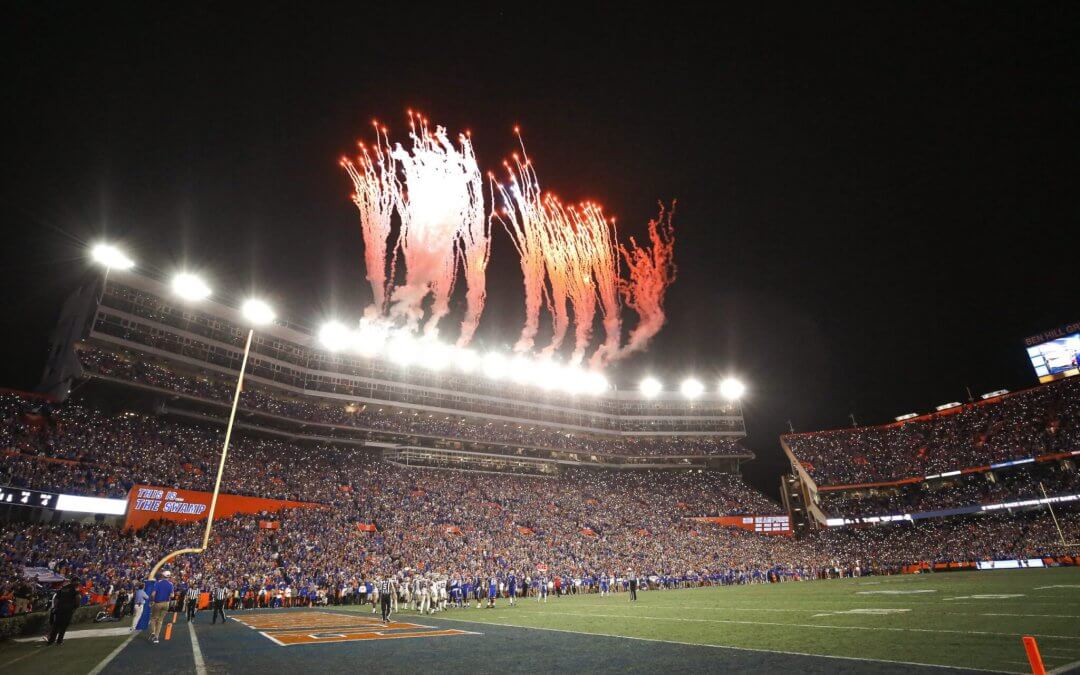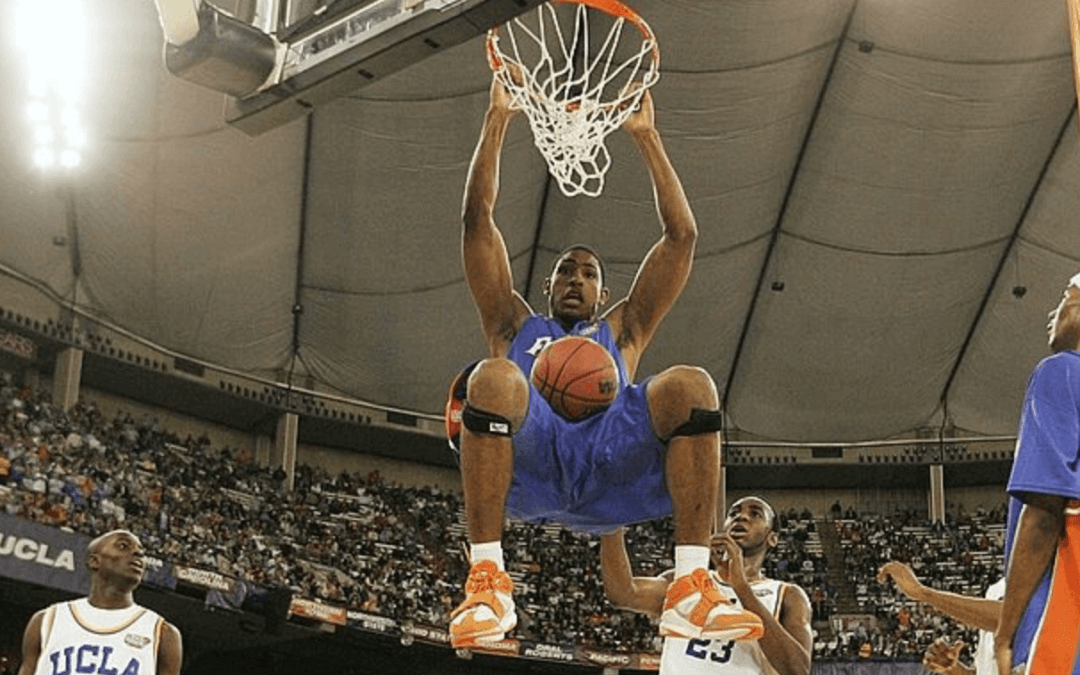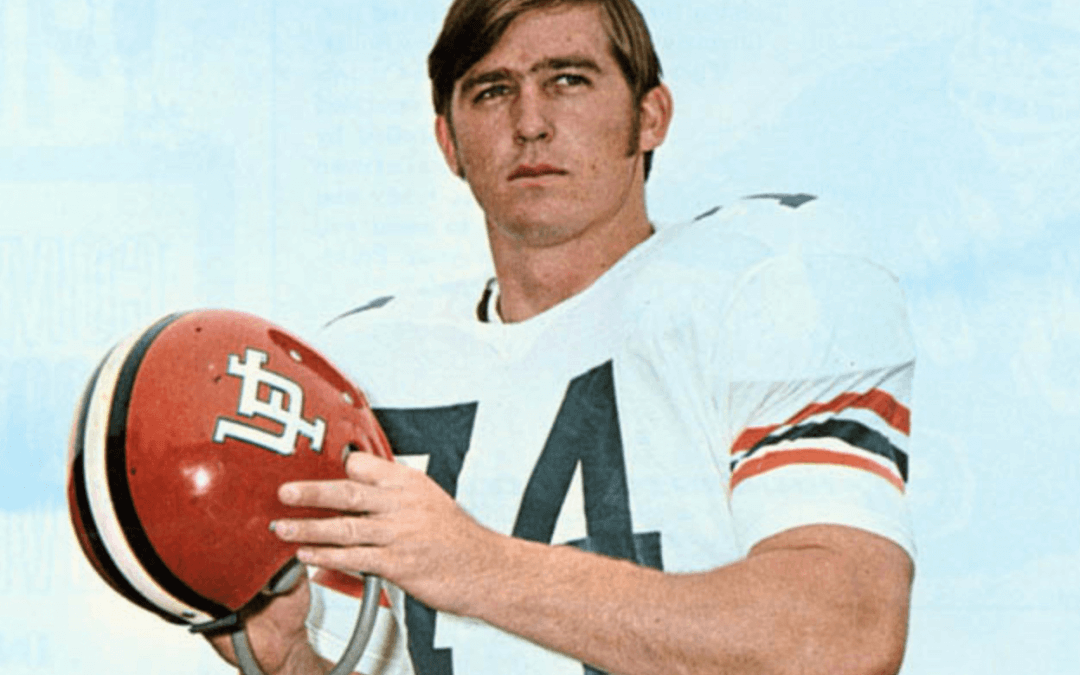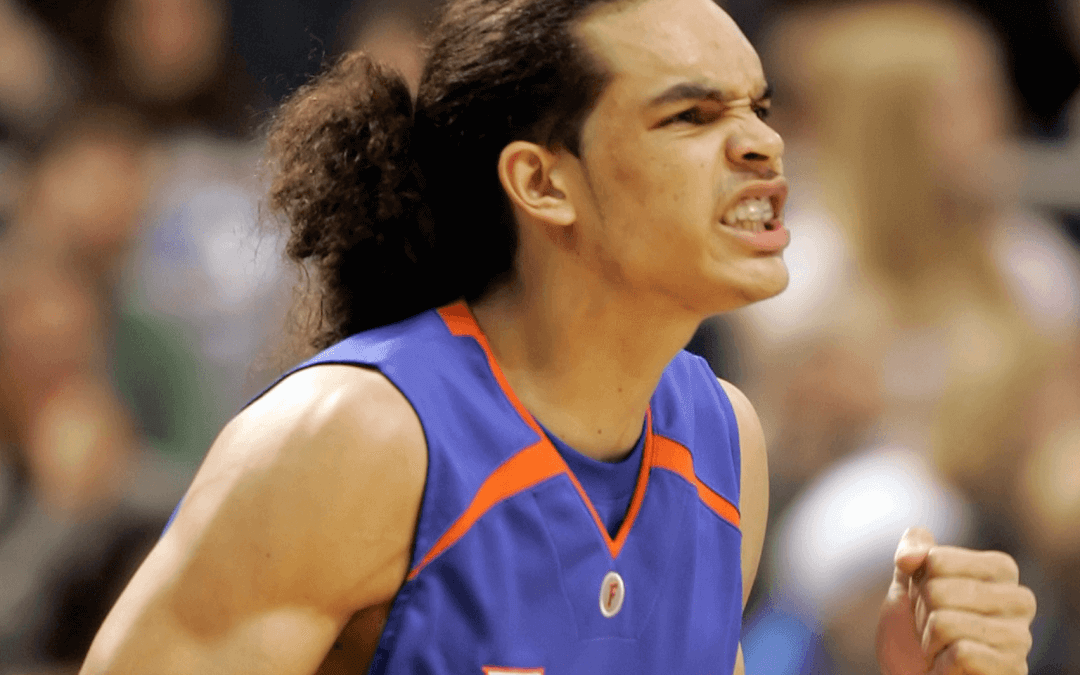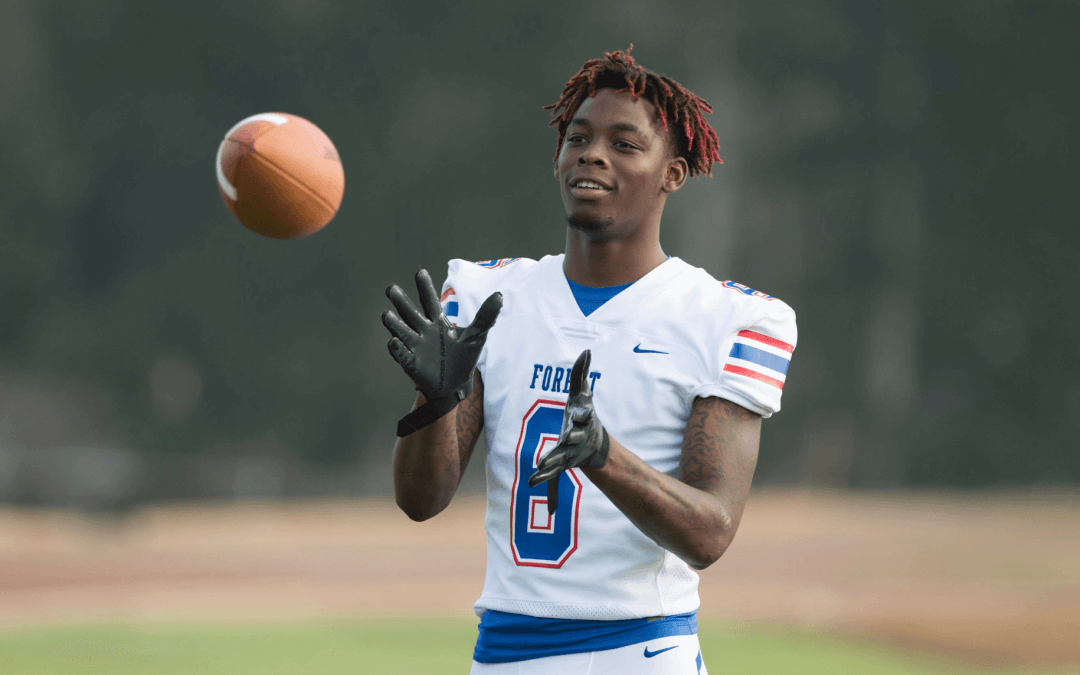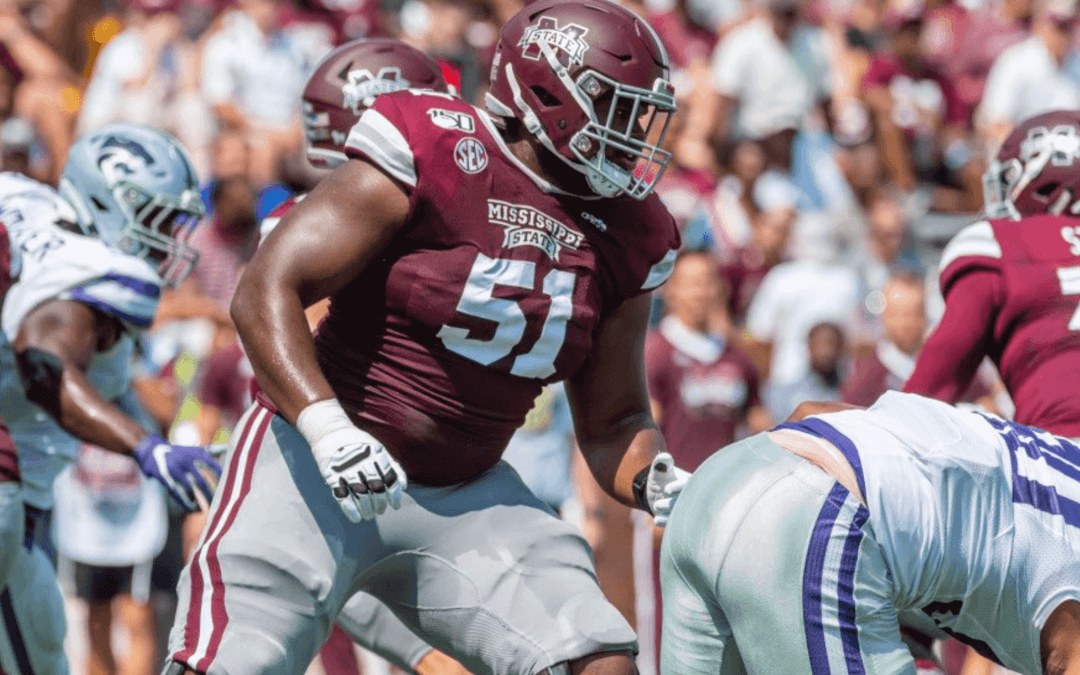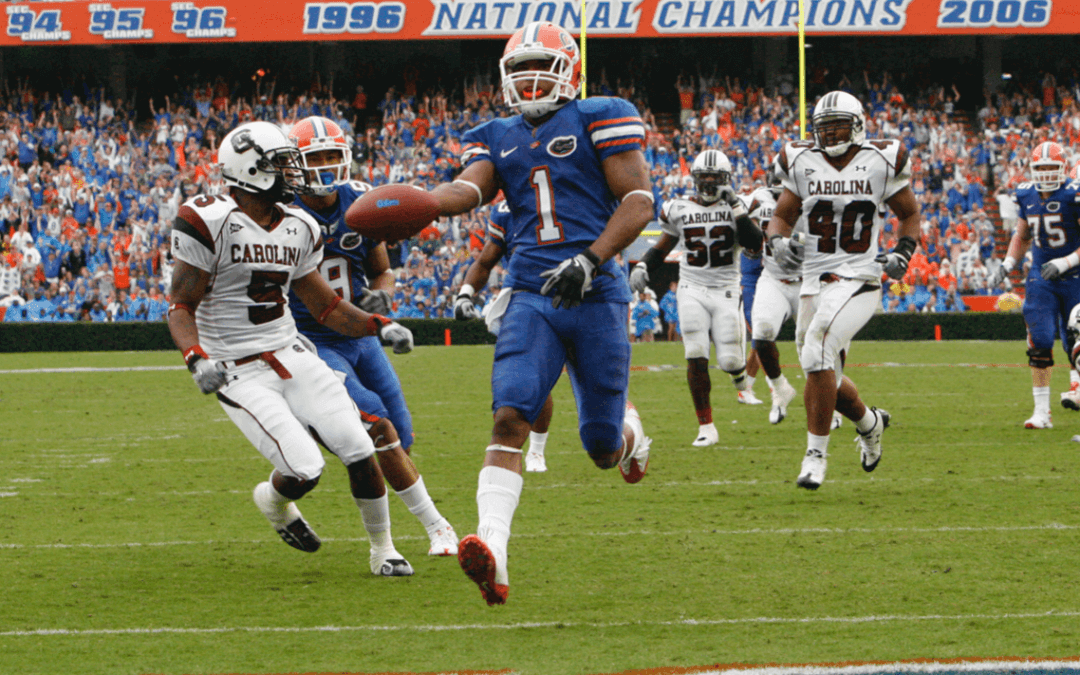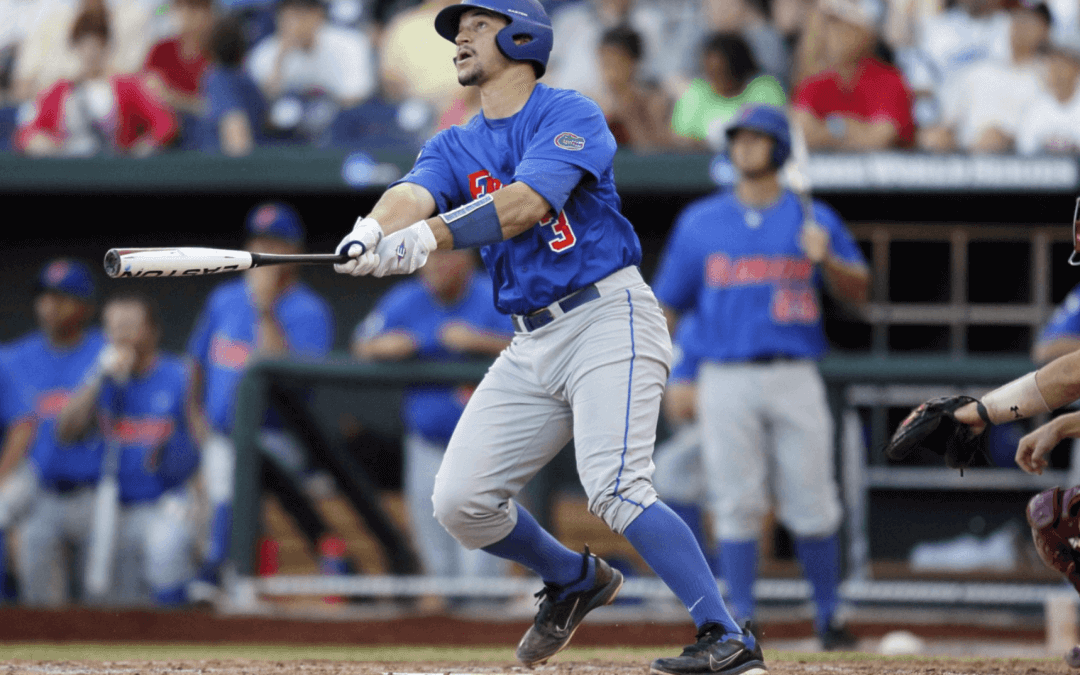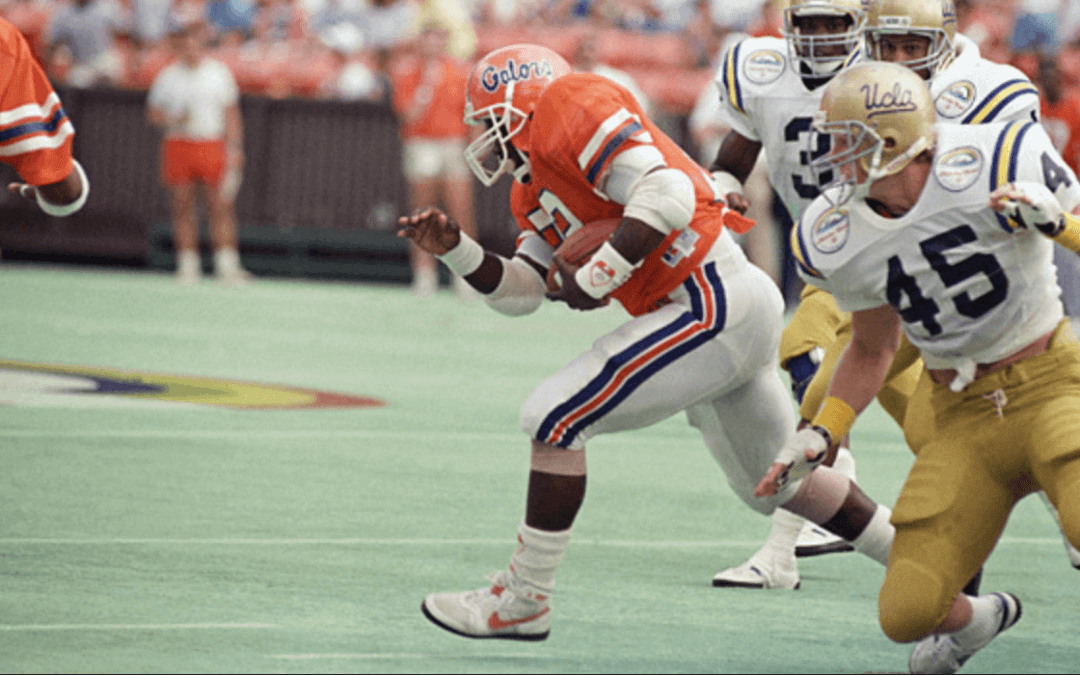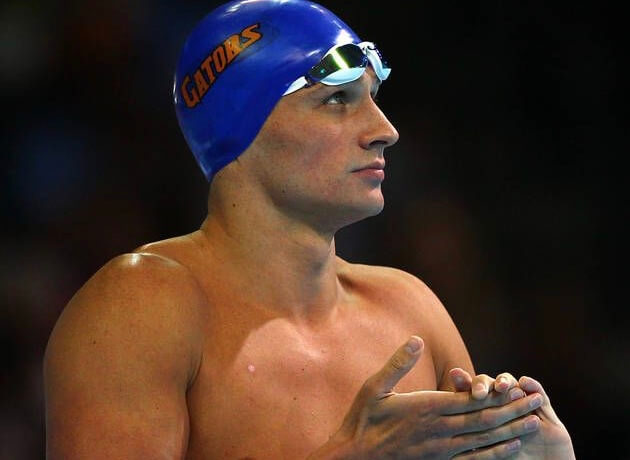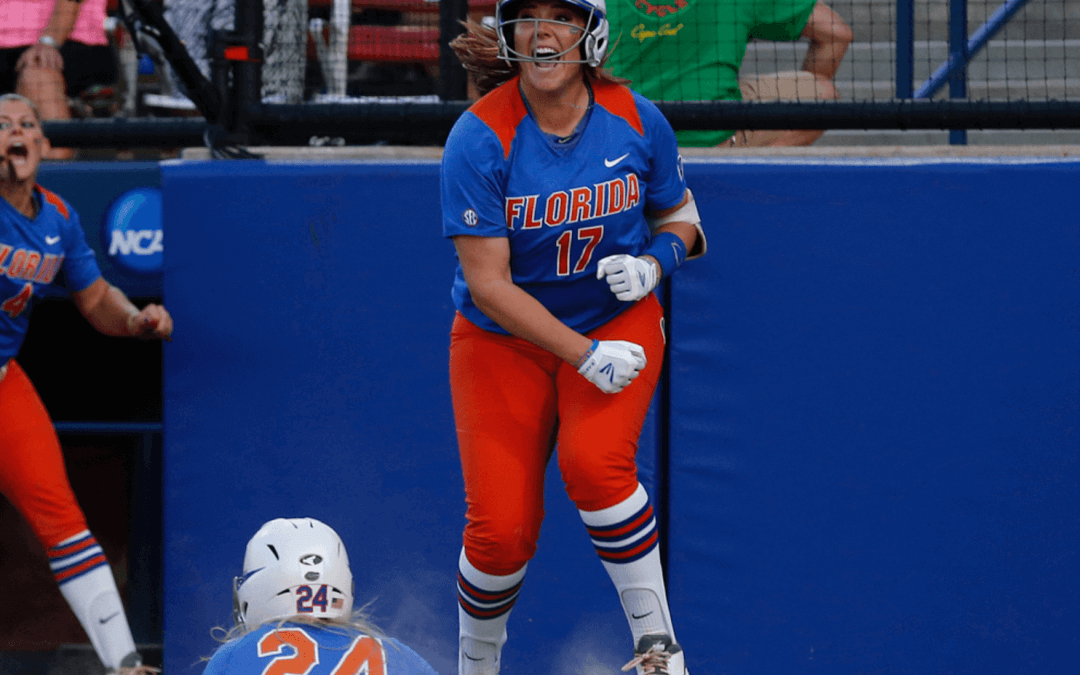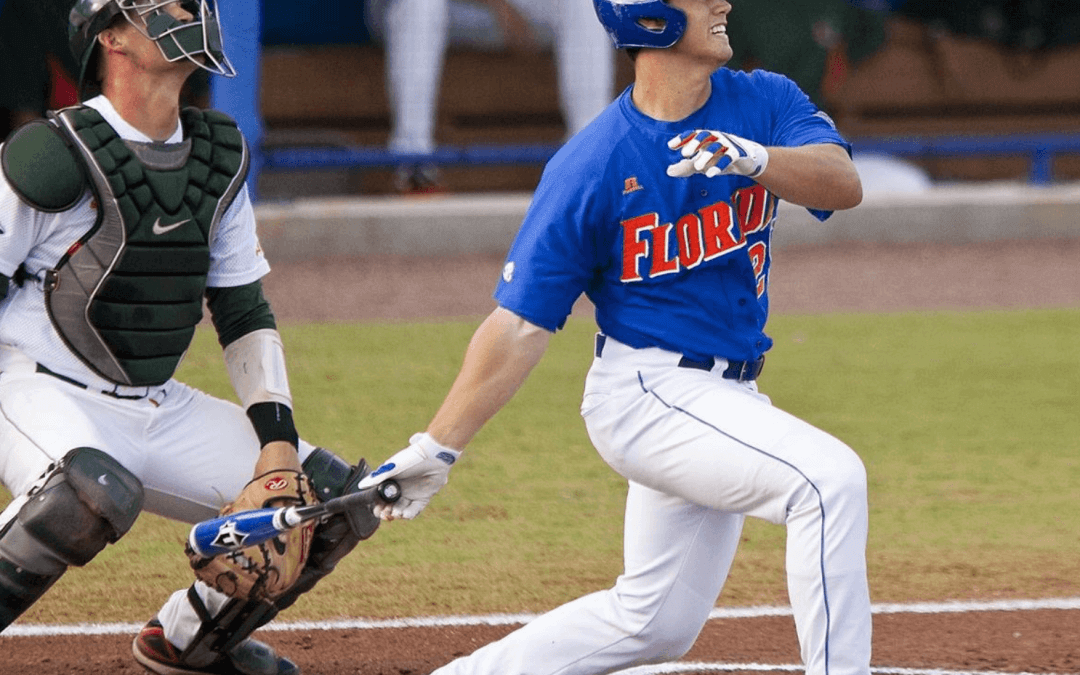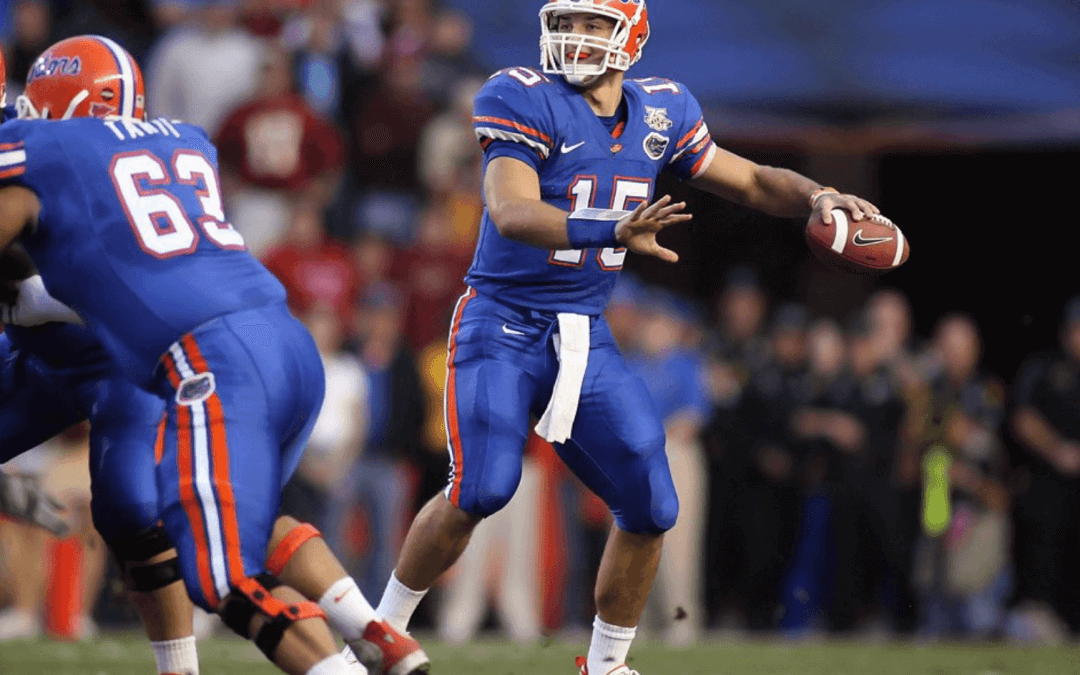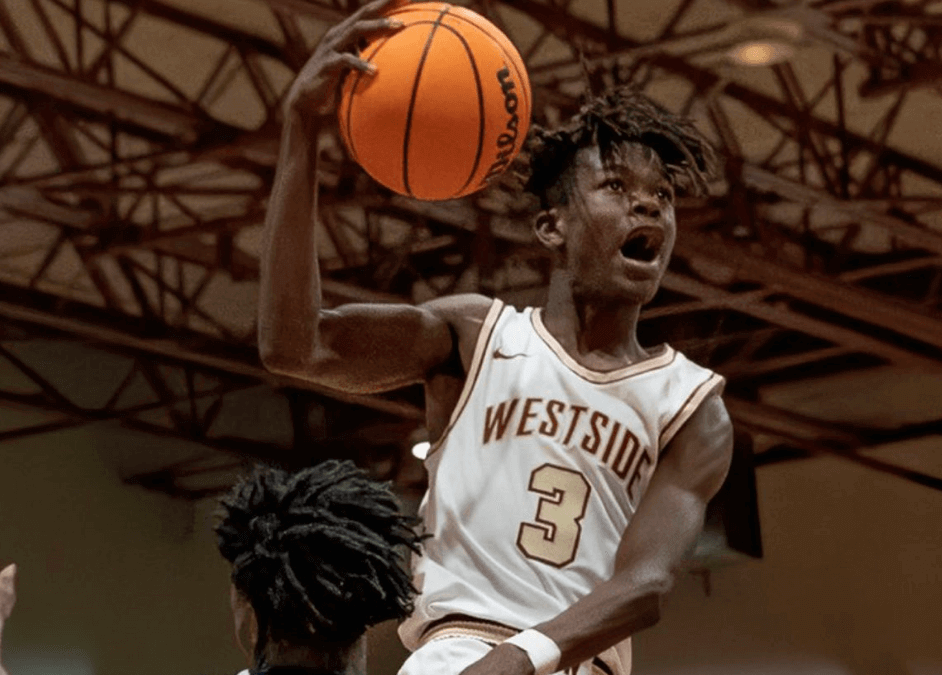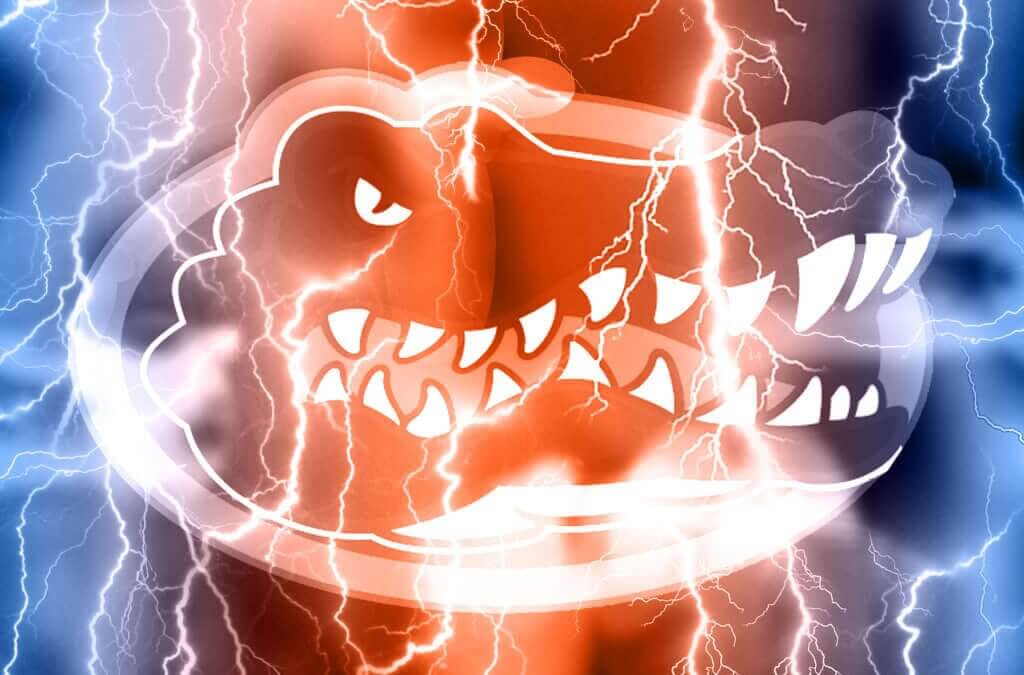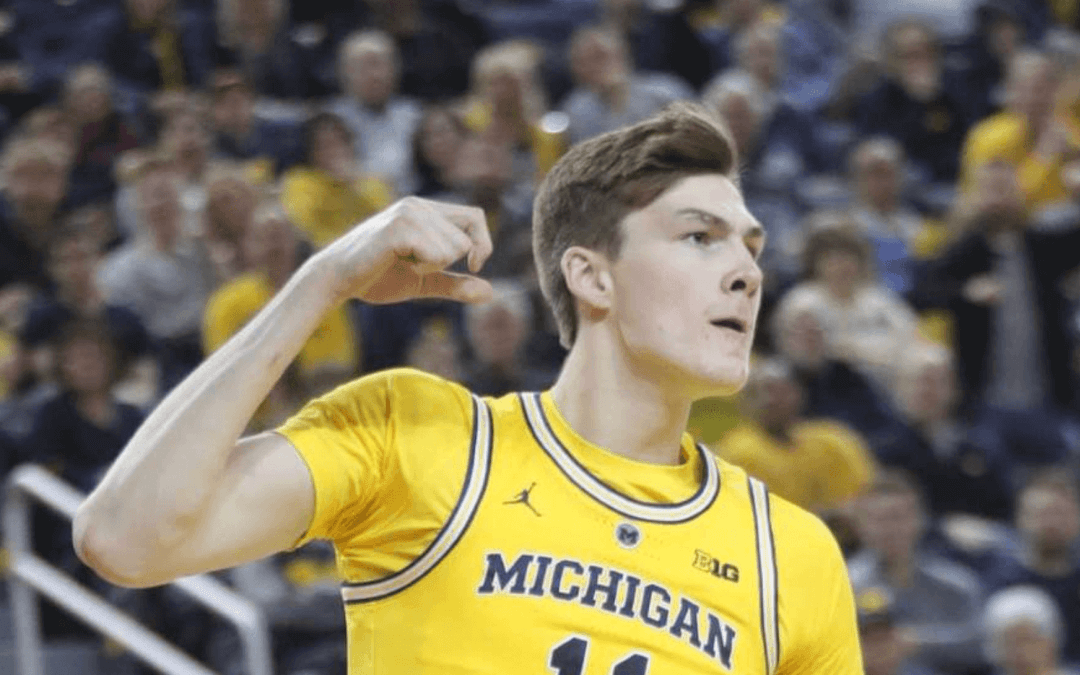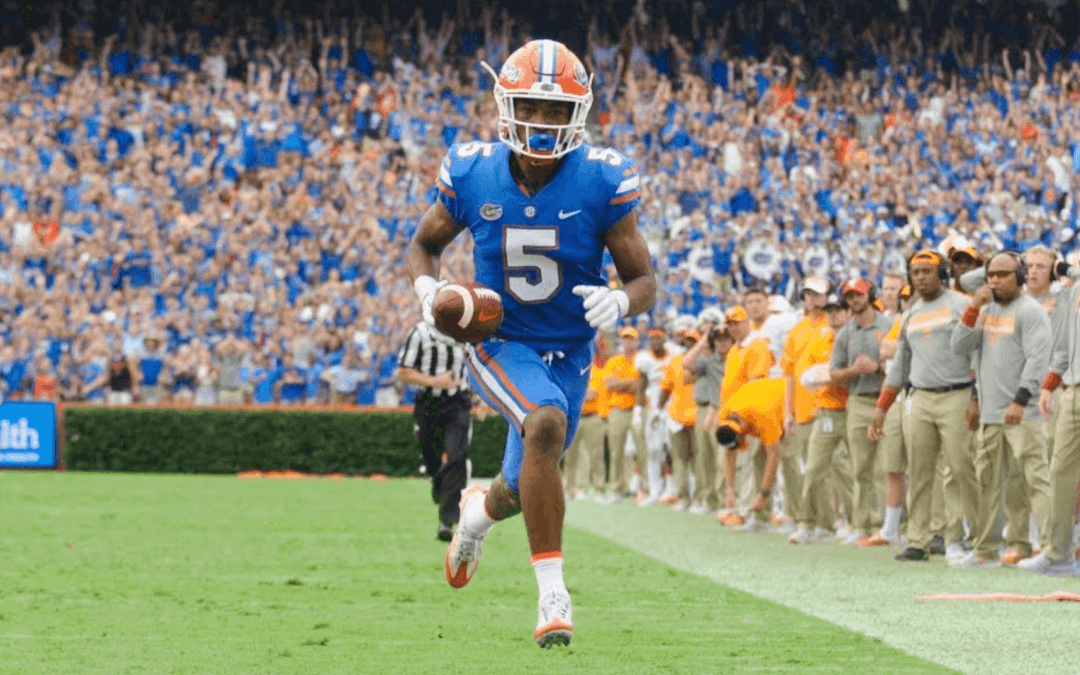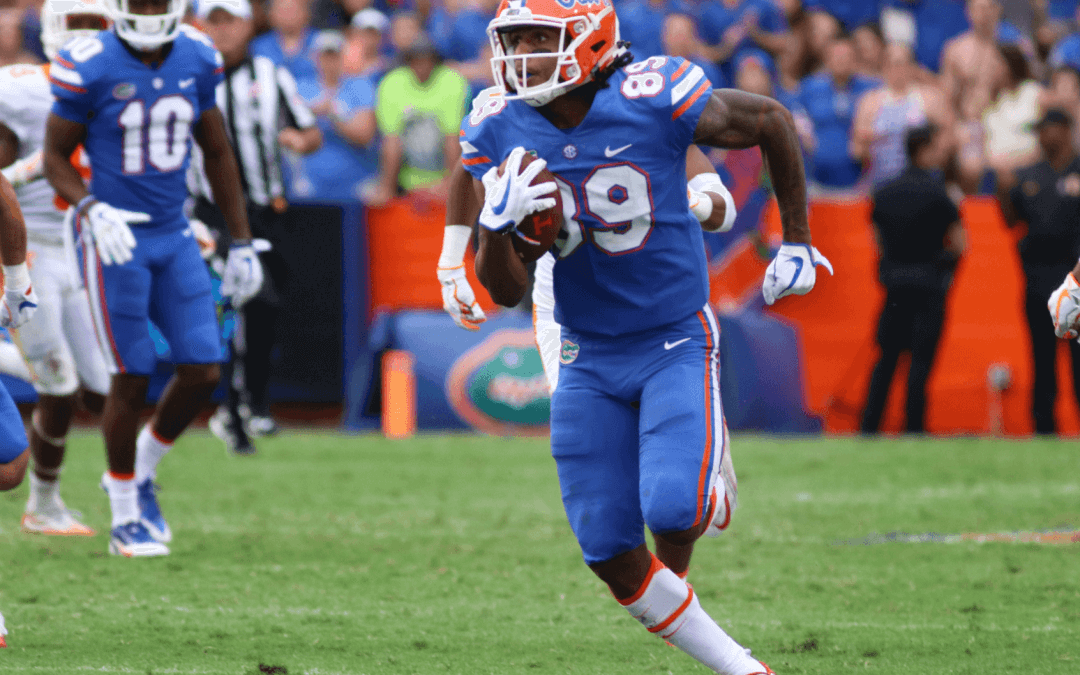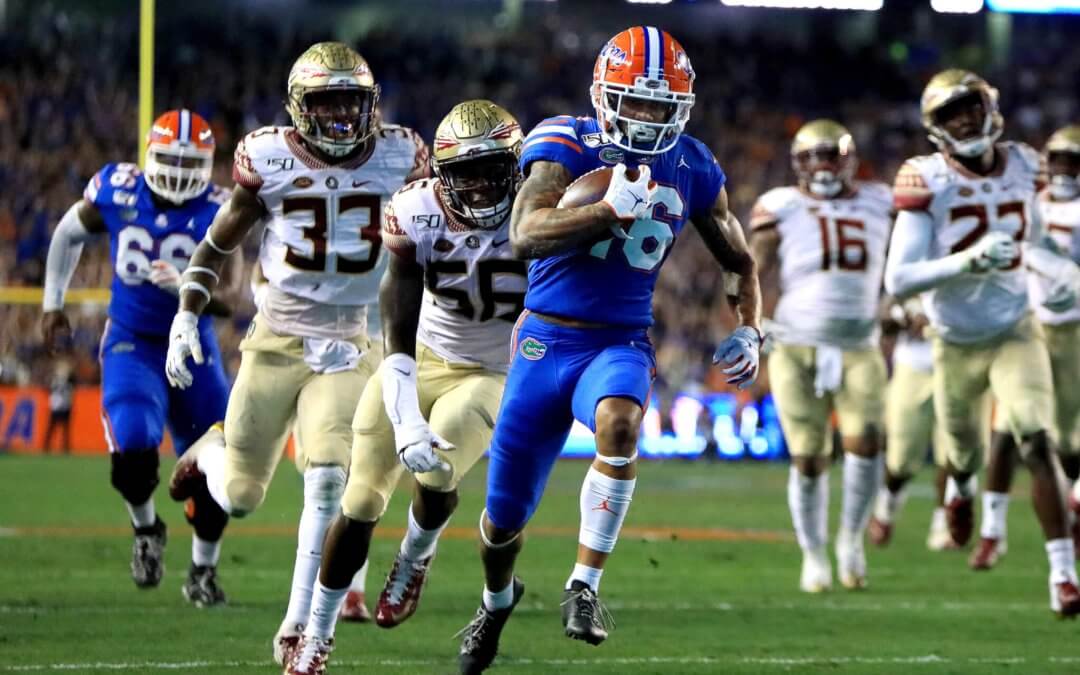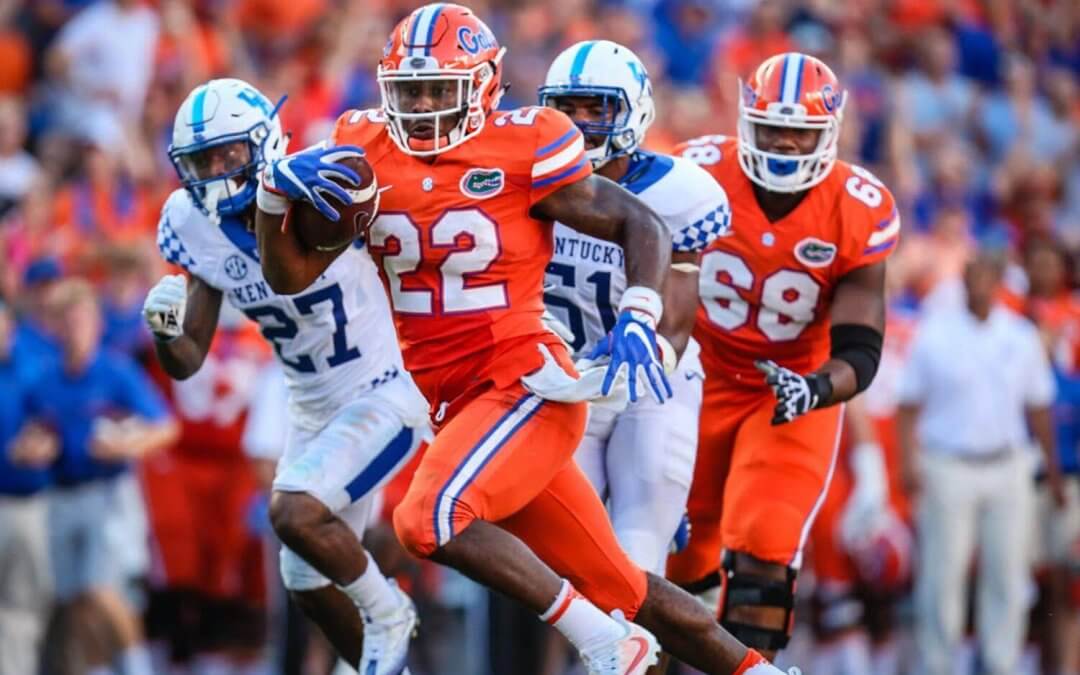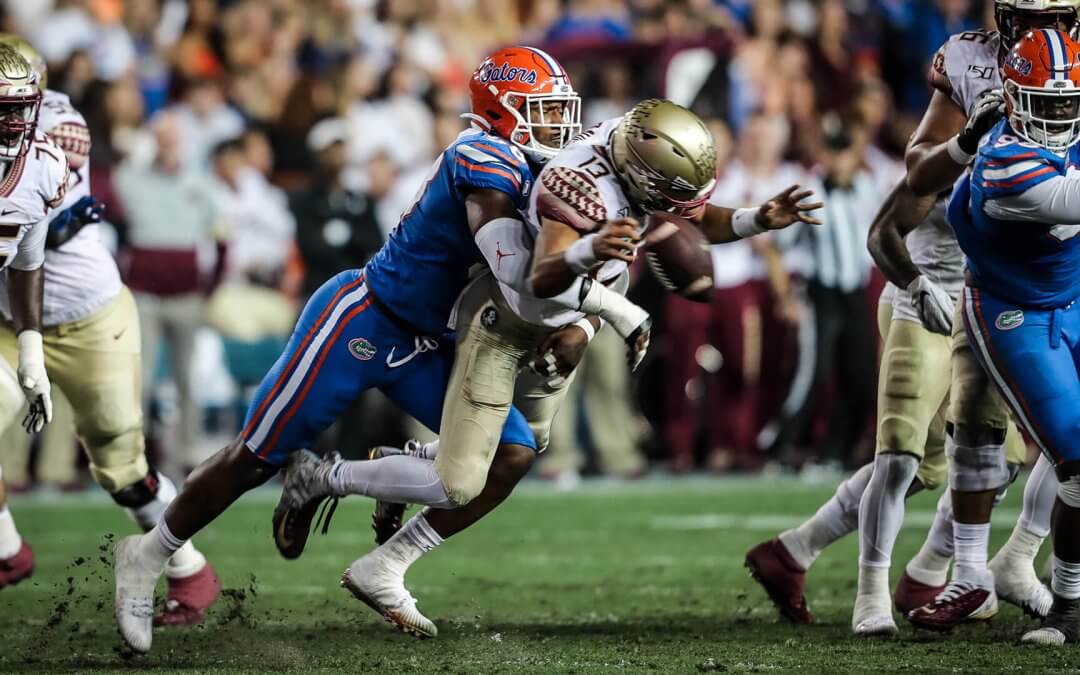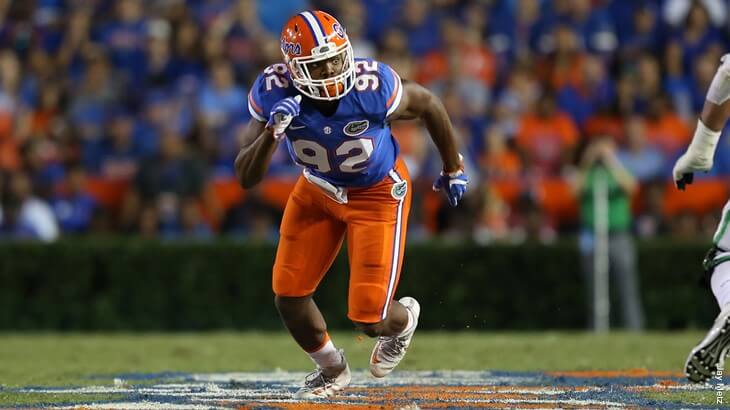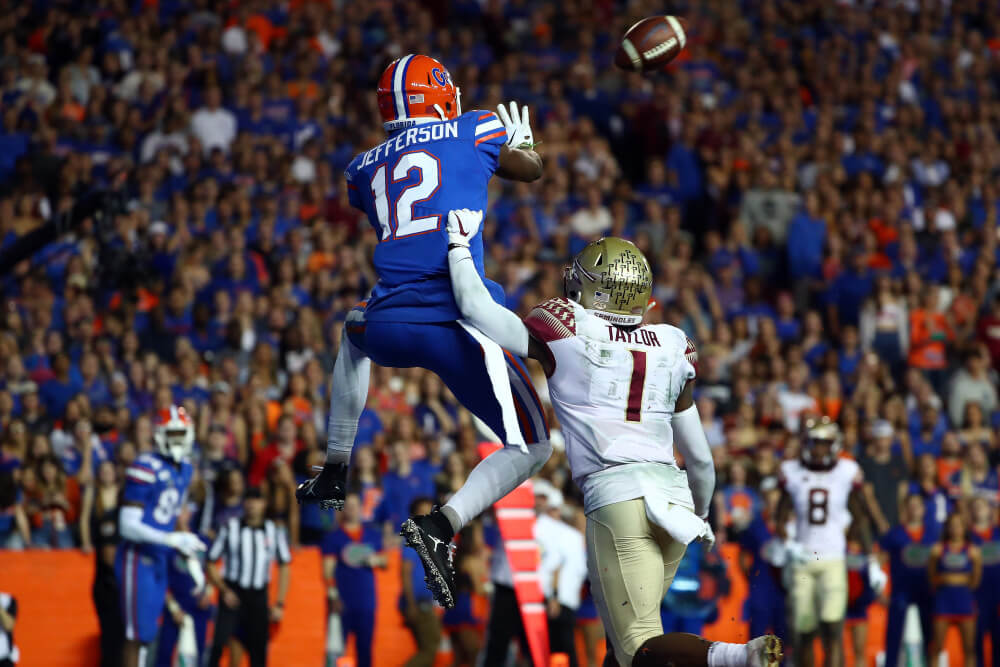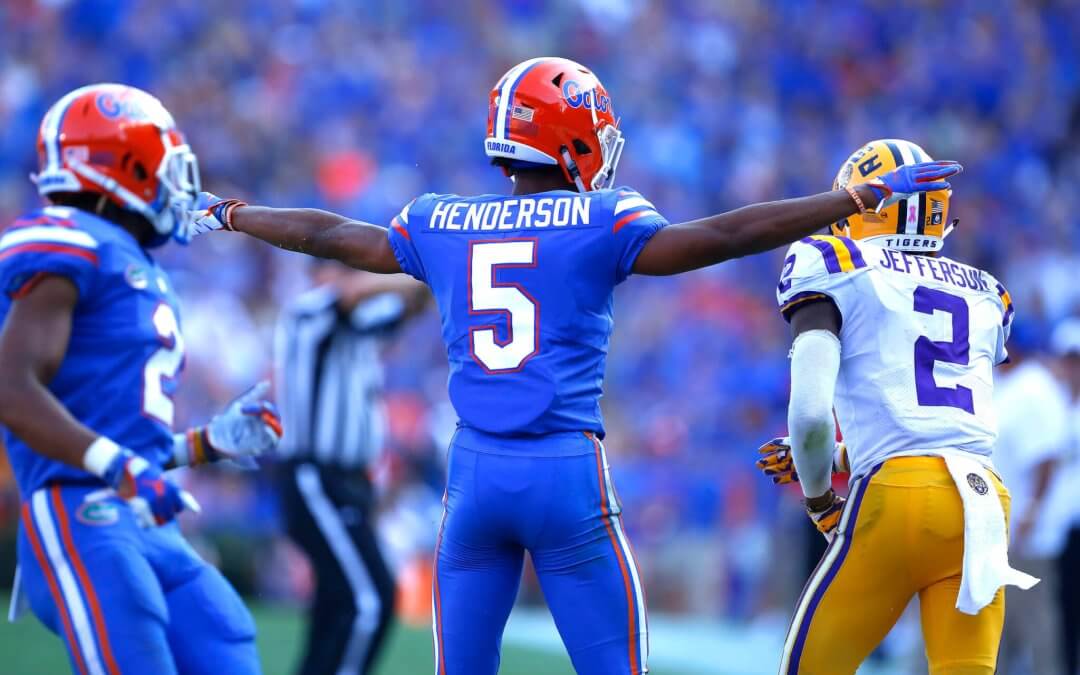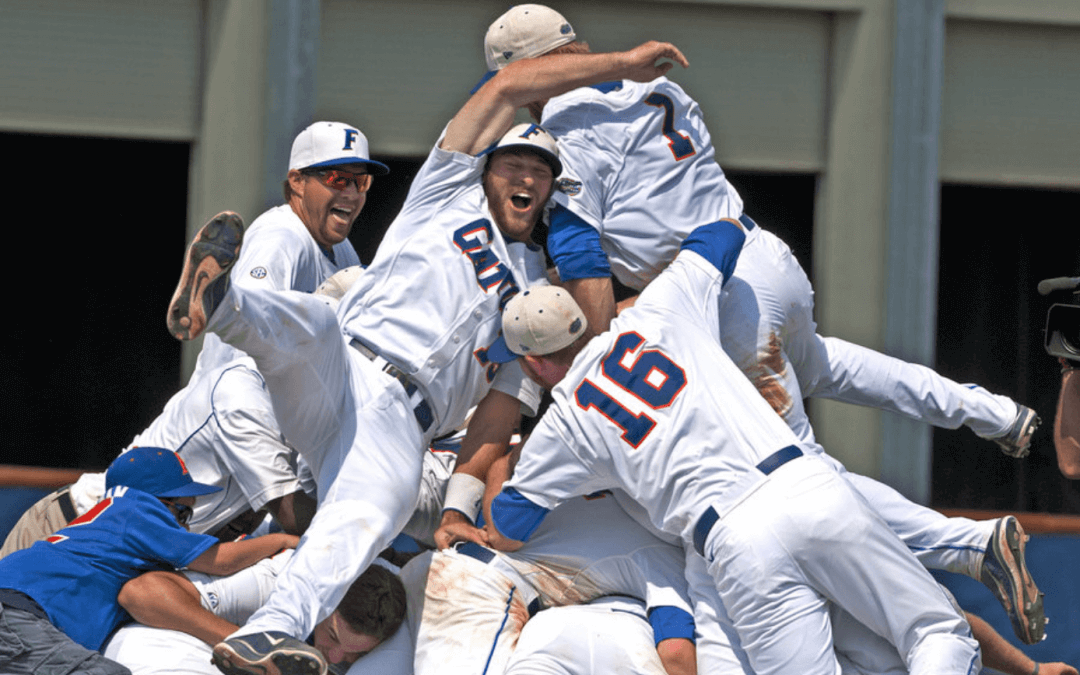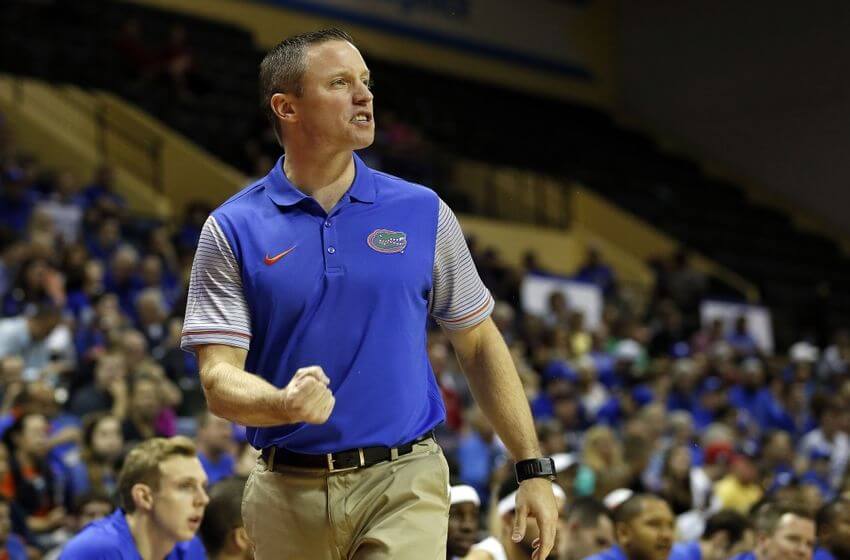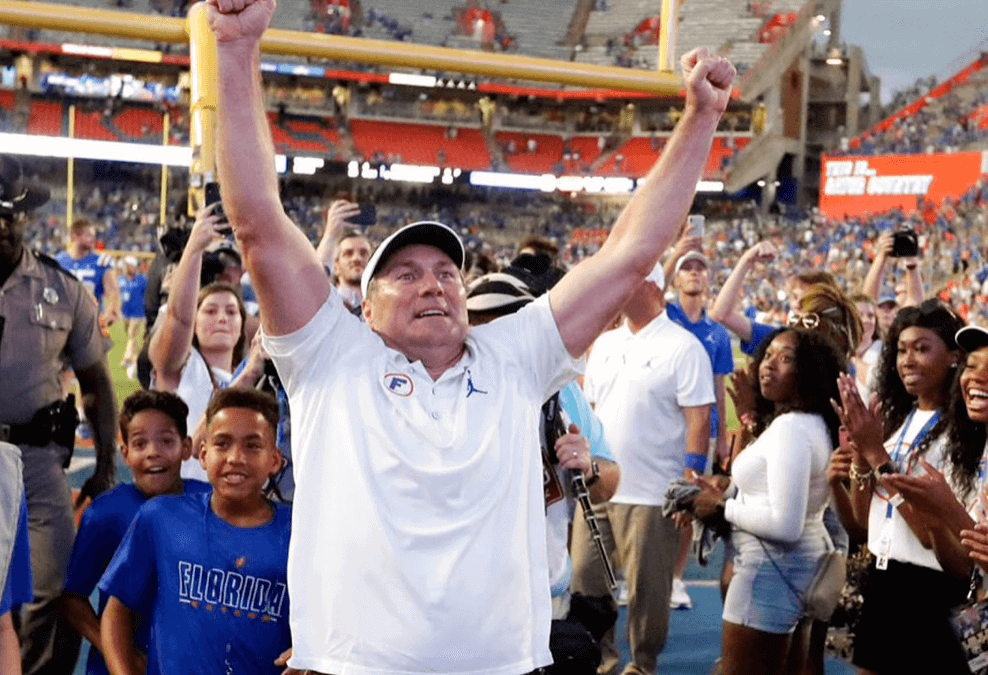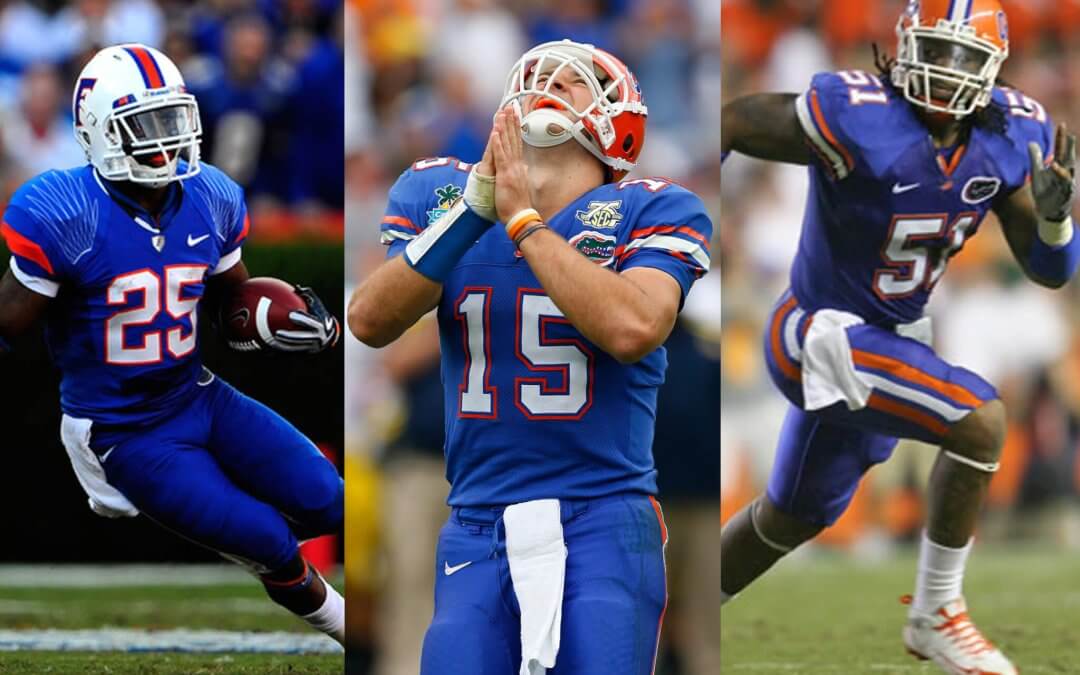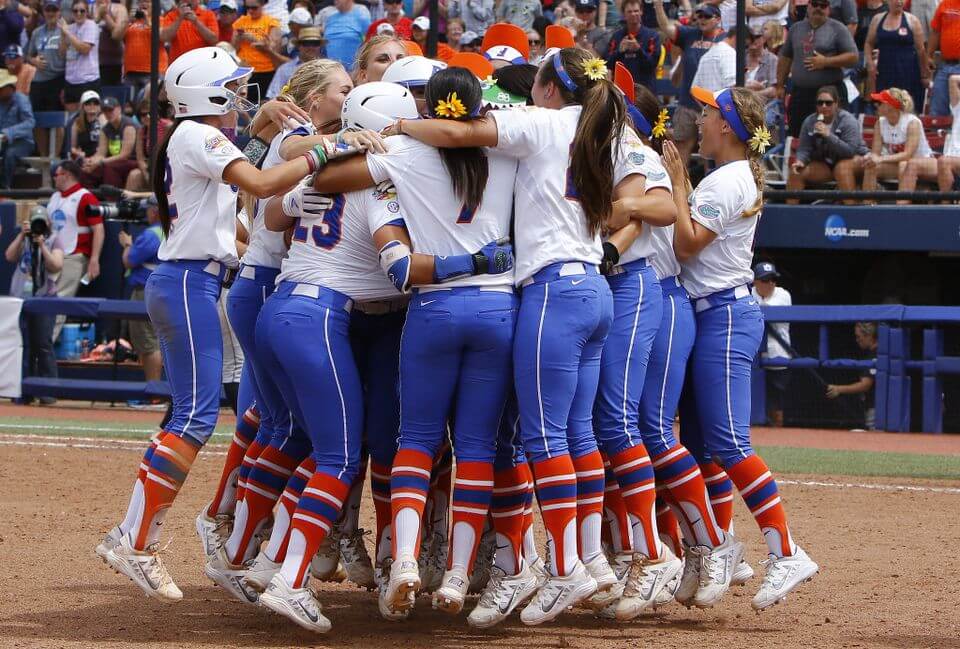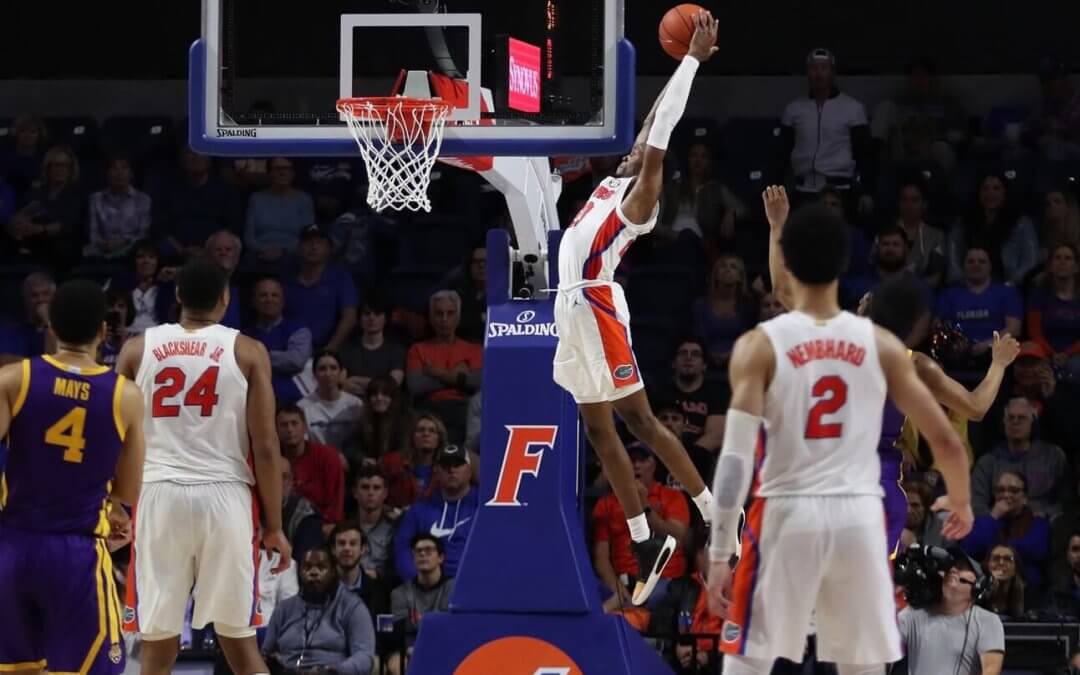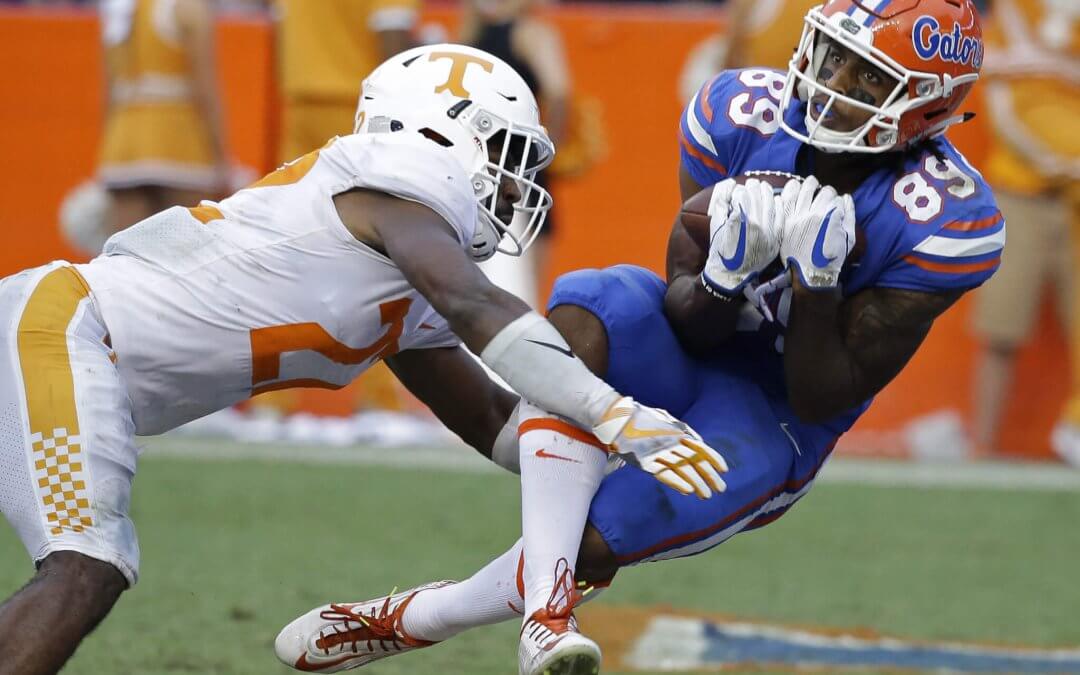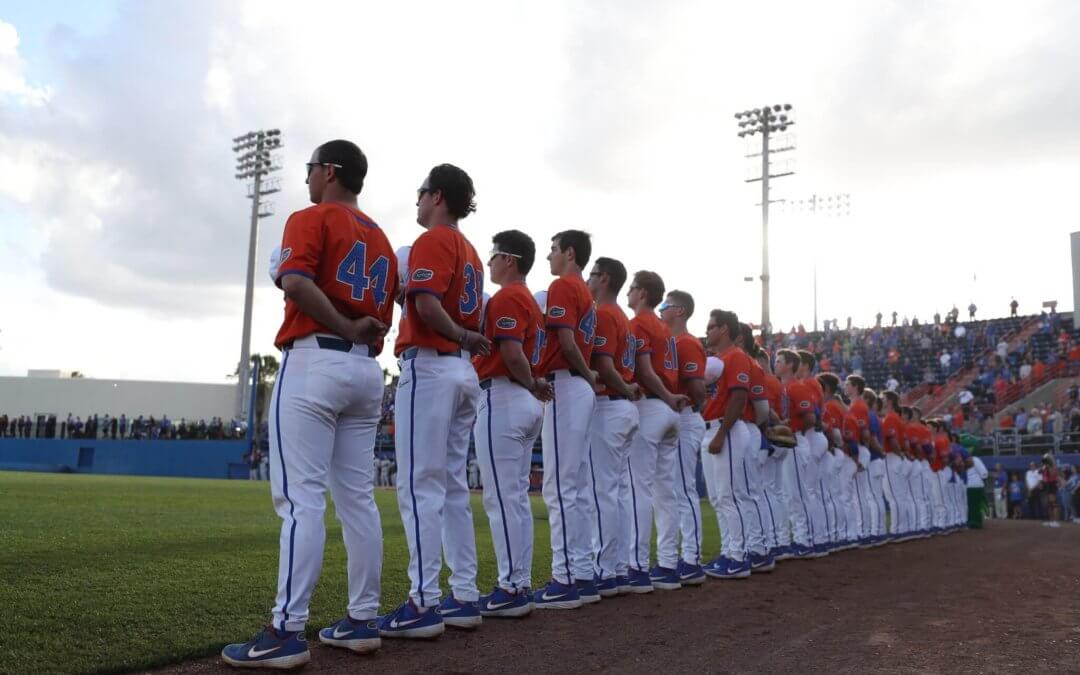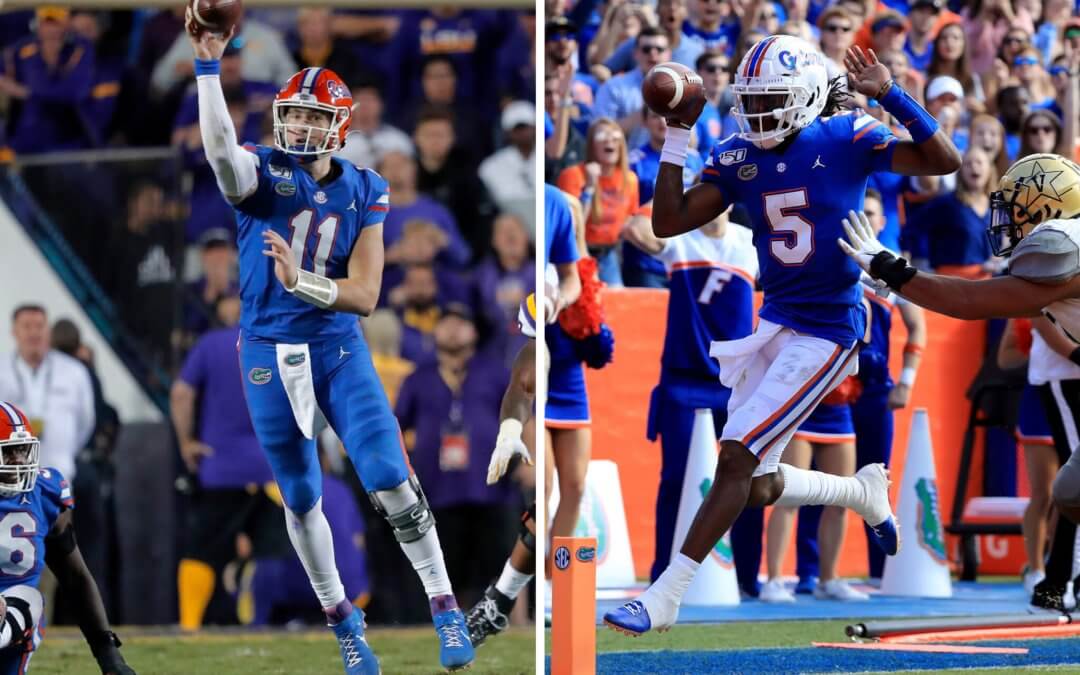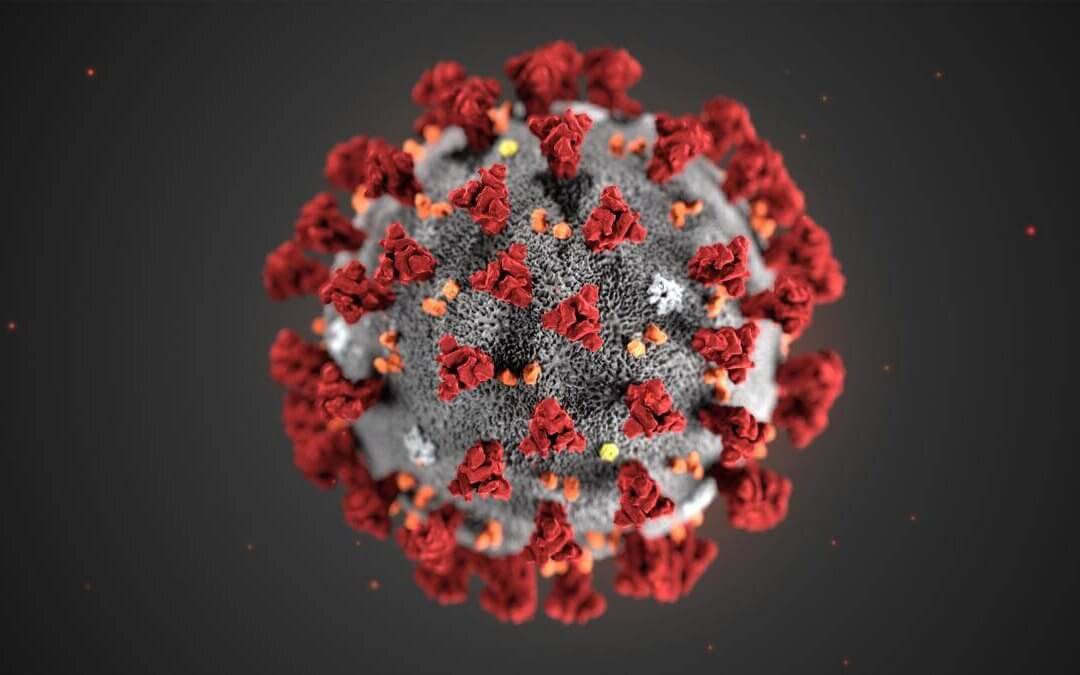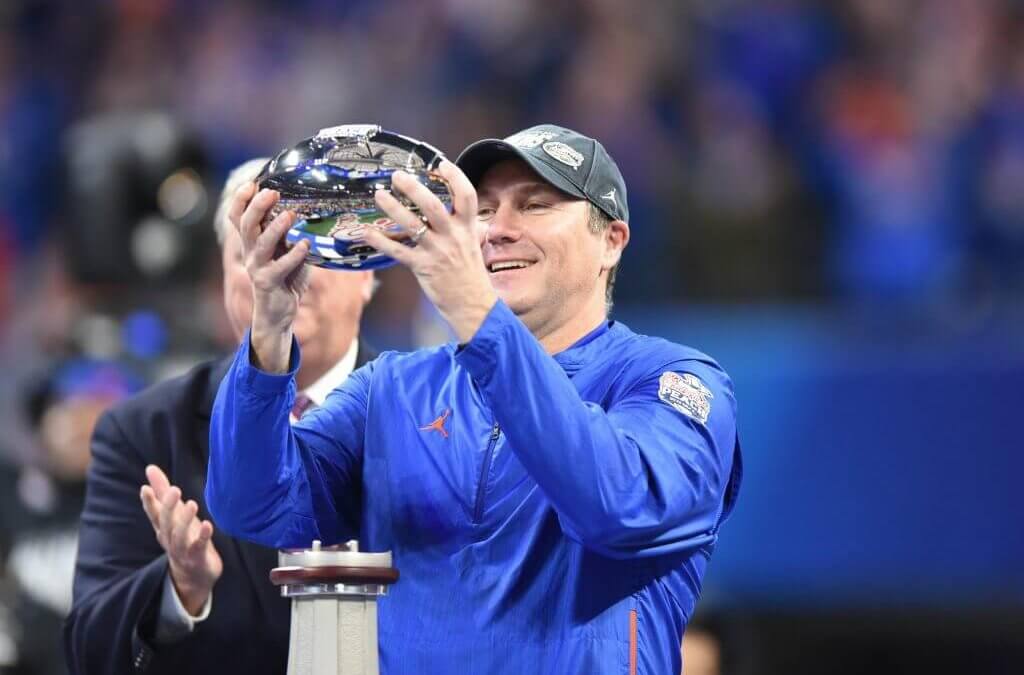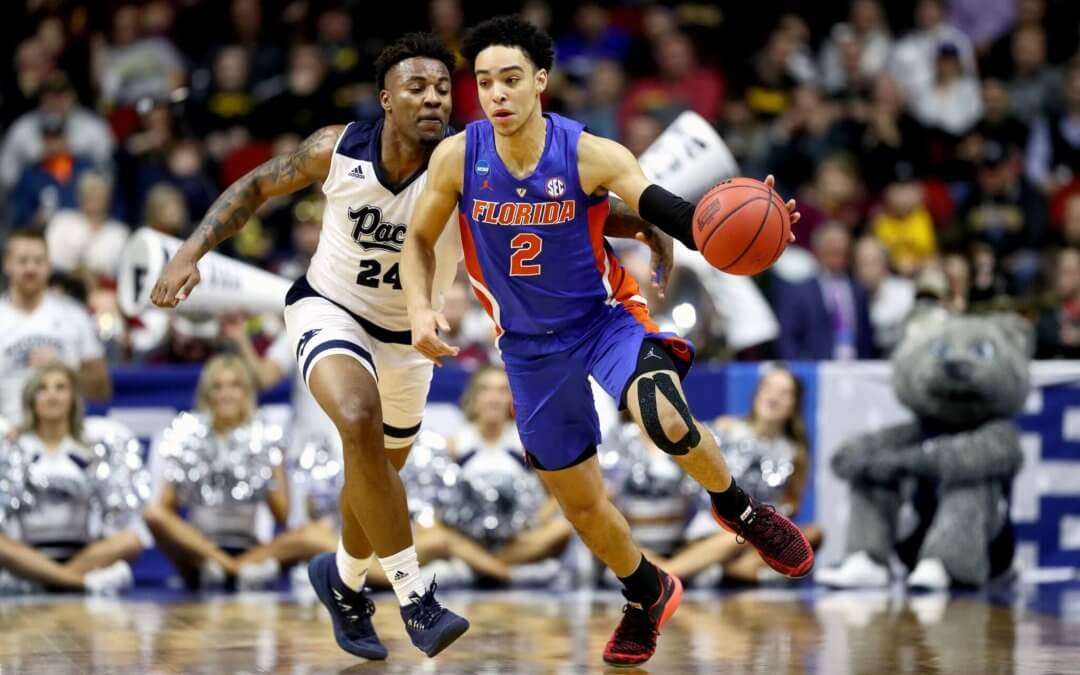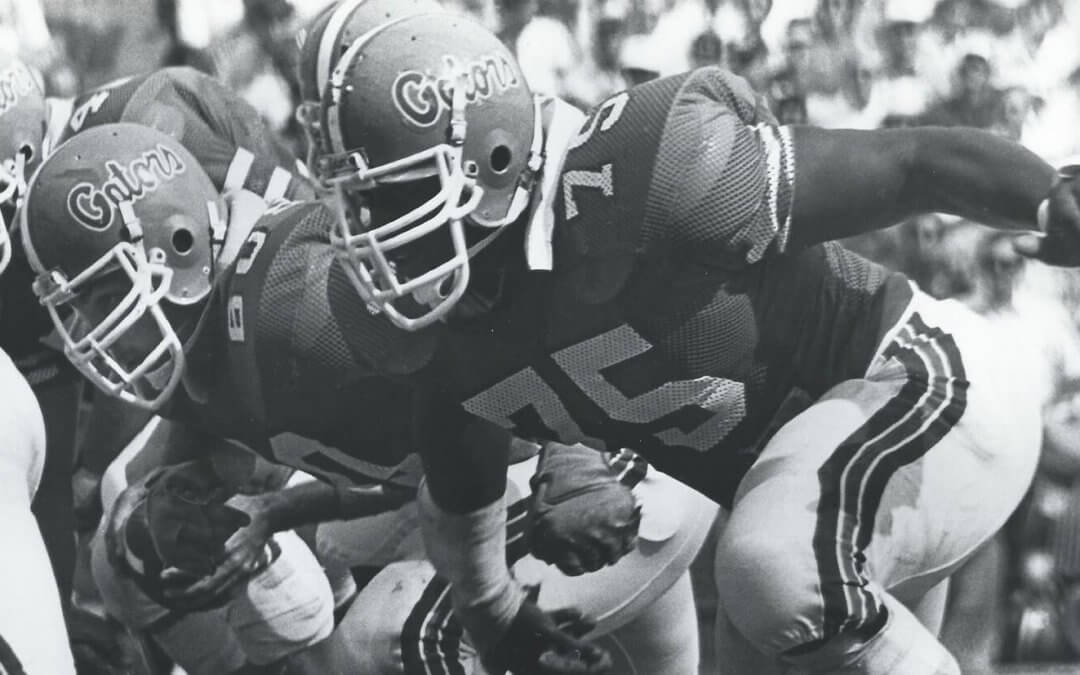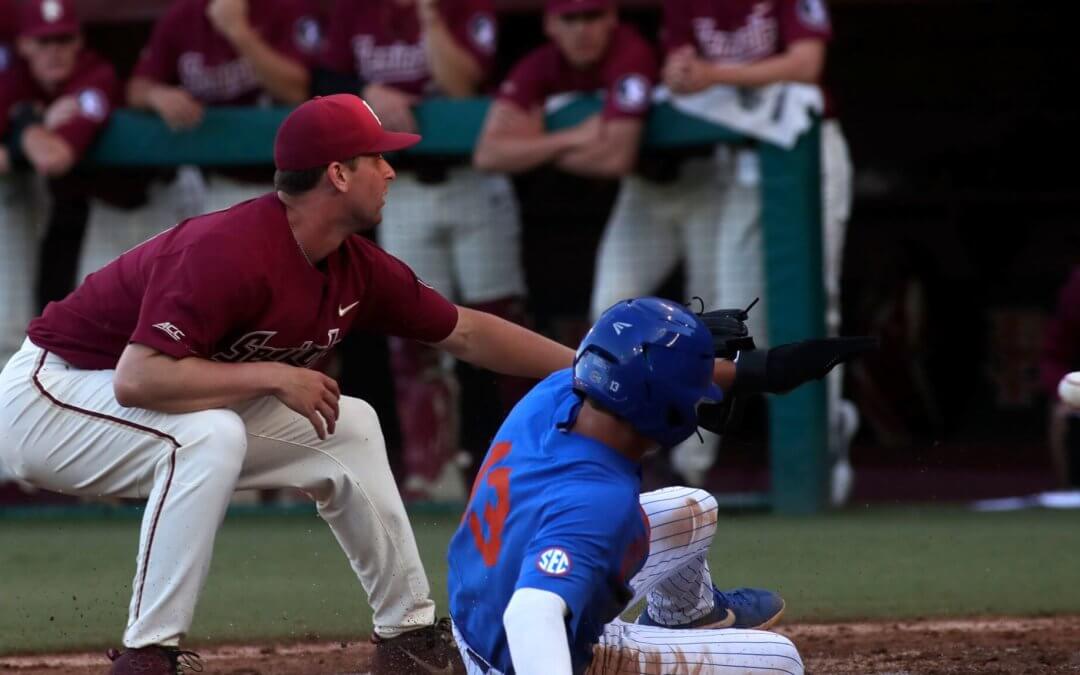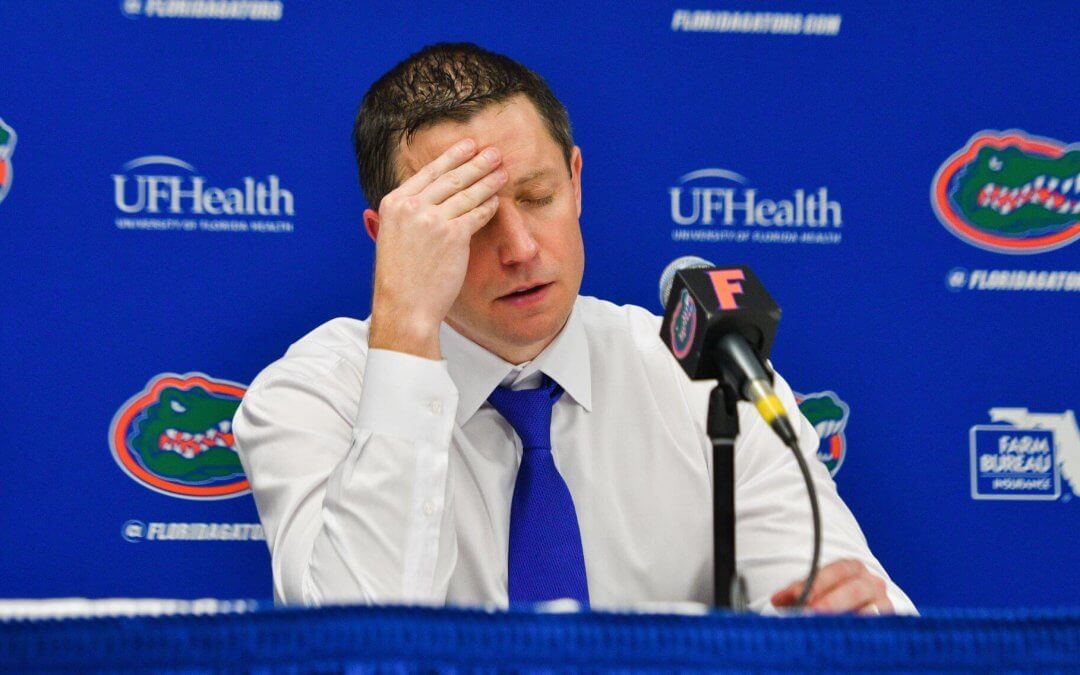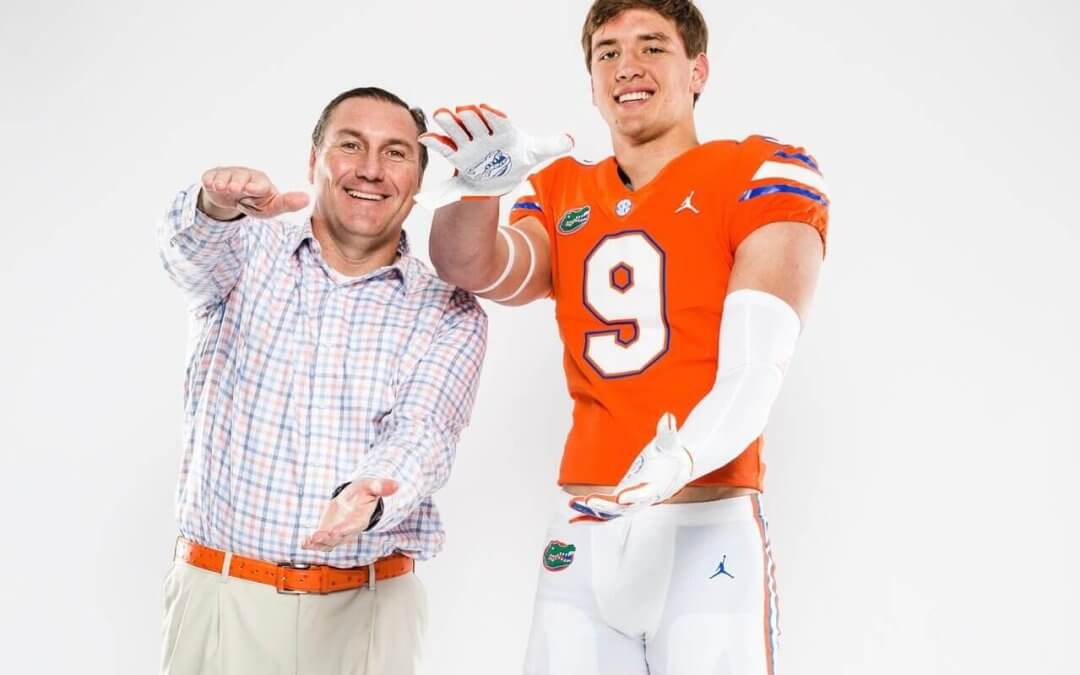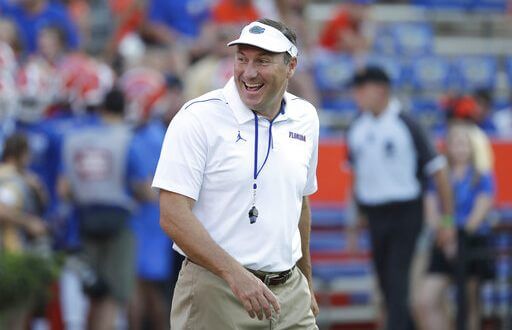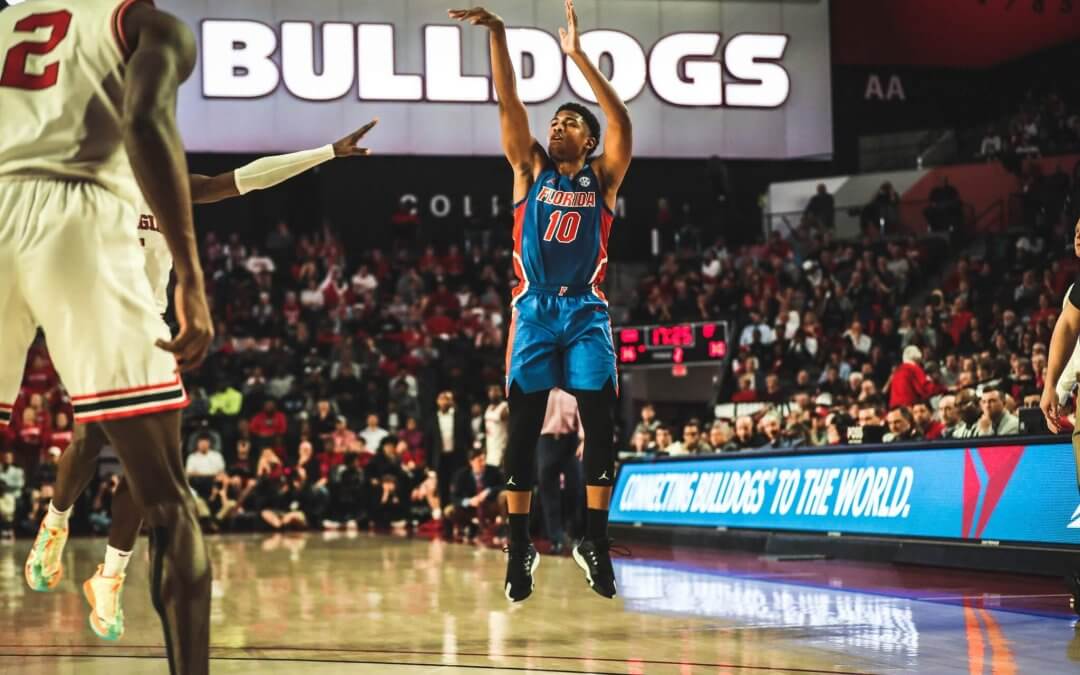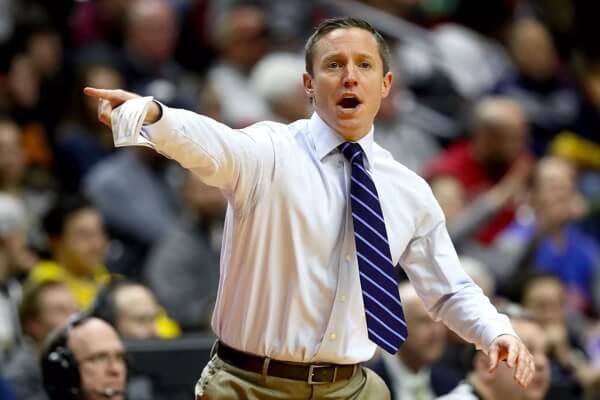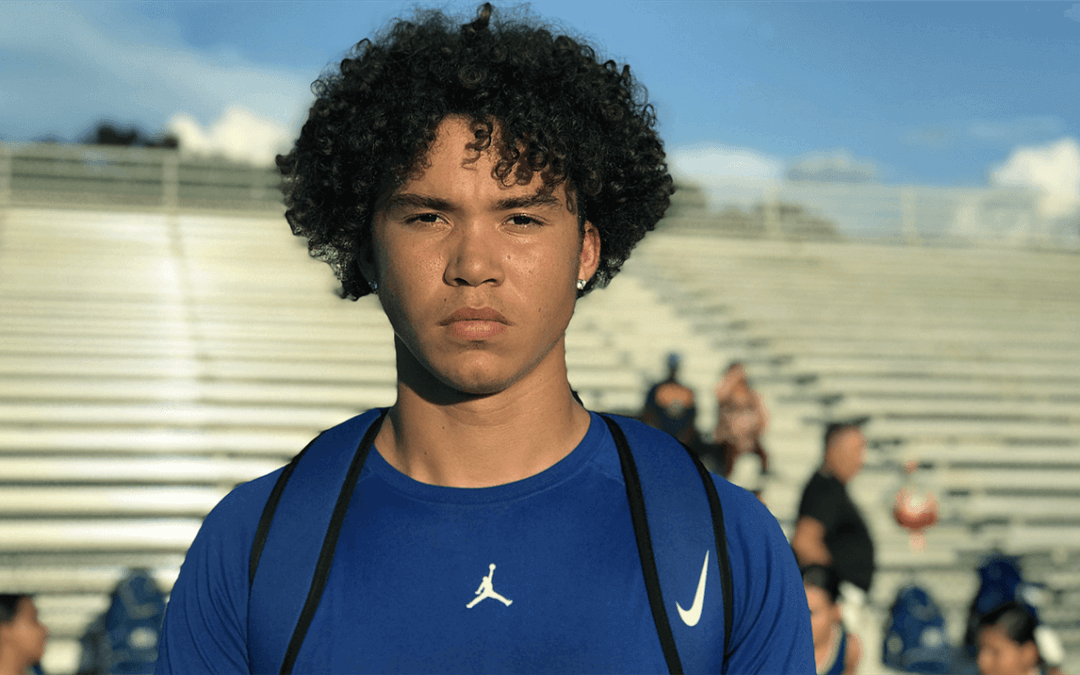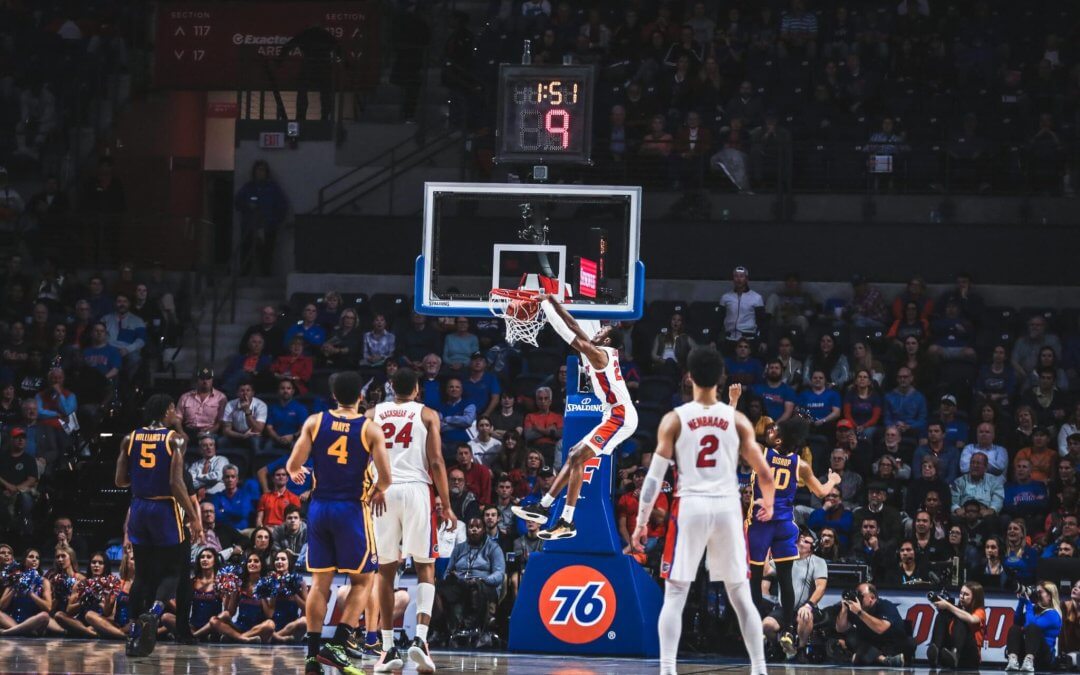It’s Florida and LSU in the CWS Finals- just like in 2017. Can history repeat itself? (Photo via Florida Gators)
De ja veaux.
It’s no exaggeration to call Florida and LSU the two current superpowers of college baseball. LSU is the most successful program in the country since 1990, having won six national championships and participating in sixteen College World Series. Florida, meanwhile, has been the most dominant program since 2010, reaching the College World Series eight times, winning the 2017 national championship and now playing in the Championship Series for the third time in that span.
And, oh yeah- there’s history between these two here. Six years ago, the Florida Gators staked their claim to be labeled an elite program by finally breaking through for the program’s first national title. And they did it against LSU.
Of course, much has changed for Florida, LSU, and the sport of college baseball as a whole since then.
The advent of the pitch clock and mound visit limitations has caused some anxious moments for both teams this year, with Florida’s Kevin O’Sullivan of course being the poster child of this after losing count of how many times he’d gone out to the mound and essentially getting closer Brandon Neely ejected against Oral Roberts. But while the game has sped up and home runs have flown out of ballparks like rarely before, it’s quite comforting to see yet another college baseball season be decided by the two programs who have dominated it in recent history.
Florida’s 2017 team got its title by winning games however possible, and while the 2023 Gators can say the same because that’s pretty much the blueprint for any baseball team that makes the CWS Finals, this team has a distinct formula. The power in the Gator bats has resulted in seven home runs this week, which turned out to be just enough to propel them to three straight one-run victories in Omaha, and Florida’s bullpen- three months ago a major liability- has stepped up in a big way to complement starters Brandon Sproat, Hurston Waldrep and Jac Caglianone rather nicely.
As for LSU? There’s no dye-blond icon like Kramer Robertson this time around, but the Tigers know how to bash the baseball in a way that makes opponents sleep less at night. Dylan Crews (.423, batting average, 18 home runs, and 60 RBI) and Tommy White (.370, 23, 100) are a terrifying one-two punch in the Tigers’ lineup. And while LSU’s pitching situation minus Paul Skenes isn’t fantastic, it’s still above-average SEC level pitching- especially in the case of Ty Floyd, the Tigers’ probable starter in game one.
So, what can we expect this weekend?
#2 Florida Gators
Pitchers to watch: Brandon Sproat, Hurston Waldrep, Jac Caglianone, Brandon Neely, Ryan Slater, Cade Fisher, Philip Abner, Tyler Nesbitt
Florida has the distinct advantage of having its pitching rotation set for the CWS Finals as a result of sweeping through its pool at 3-0. By not having to burn Brandon Sproat a second time in pool play, the Gators will get to use him in Game One of the CWS Finals tomorrow night. Though Sproat is often slow out of the gate and struggles a bit in early innings, once he finds his groove, he’s lights out and damn near untouchable.
Hurston Waldrep, for his part, saw some frustrating moments earlier in the year when he was forced to alter his pitching motion by the NCAA, but since finding a groove with his tweaked windup has been absolutely lights-out. His wiper slider makes even the best hitters look foolish, and his penchant for racking up the strikeouts bodes well against an LSU lineup that can hit for power.
The question is Jac Caglianone. He’s had games where he’s been tremendous, he’s had games where he’s been tremendously wild, and then there was his most recent outing against TCU, where he was tremendously effective by virtue of being tremendously wild. There’s no telling which version of him we’re going to get, although he’s been able to get Florida through four or five innings before even without his A game. If this series goes three games, Gator fans won’t have any nails left.
The good news is that if Caglianone- or any of Florida’s starters- has a bad day and gets pulled, the bullpen has undergone an extraordinary transformation over the course of the year as young arms have grown up and blossomed before our very eyes. Slater, Fisher, Nesbitt and Abner have all pitched in big moments this year and pitched well. And Brandon Neely- widely assumed to be a starter next season- has found a role as an extended closer, frequently able to get six, seven, or even eight outs to nail down a game. It’s truly the best turnaround job Sully has ever overseen from his bullpen from February to June, and Florida has that option to do a bullpen game in its back pocket if they need to.
Hitters to watch: Jac Caglianone, Wyatt Langford, Josh Rivera, Cade Kurland, BT Riopelle, Luke Heyman, Colby Halter, Ty Evans
Florida’s offense has basically had three names that opponents earmarked as “do not let these guys beat you” all season: Cags, Langford, and Rivera. Batting third, Caglianone has shattered the record for home runs in a season with 31, Langford- who owned that record for one year after setting it in 2022- has again chipped in with a healthy 19 homers and a team-leading .363 batting average hitting just before him, and Rivera sits in the cleanup hole with nearly identical stats (.361, 19 homers). But the Gators have gotten to this point because they’ve had contributions from more than just the 2-3-4 spots in the lineup.
After going mostly dormant other than clutch home runs against rivals Miami and FSU, Ty Evans has burst onto the scene in Omaha, clobbering a pair of homers and a double in pool play to help guide Florida to the CWS Finals. Colby Halter’s bat simply wasn’t there either for most of the year, yet he’s picked it up in the postseason and has shown an ability to turn the lineup over. BT Riopelle hasn’t collected too many hits this postseason, but when he does hit the baseball, it usually leaves the yard- seven of his last nine hits have been home runs. And Luke Heyman
The key for Florida is to get contributions from not only those four mentioned above, but from Cade Kurland. The freshman went on a tear in the first half of the season, but then hit a wall as the SEC slate progressed. He did hustle out the game-winning infield hit against TCU to get Florida to the CWS Finals, but the Gators will need him to come through once or twice at the top of the lineup this weekend to best situate themselves for a national title.
#5 LSU Tigers
Pitchers to watch: Ty Floyd, Nate Ackenhousen, Gavin Guidry, Blake Money, Riley Cooper, Thatcher Hurd, Garrett Edwards, Chase Shores
It’s possible that ace Paul Skenes (and his 1.69 ERA) comes in on Monday night in a potential save situation, but by being forced to go through the loser’s bracket, LSU had to burn him in the national semis against Wake Forest. 120+ pitches on Thursday night means his chances of appearing against Florida for more than just a few pitches are microscopic. Which, of course, is a massive advantage.
LSU does still have arms behind Skenes, though. Ty Floyd doesn’t have anywhere near the numbers that Skenes has, with a 4.45 ERA and sixteen more walks despite pitching in forty fewer innings, but he also hasn’t been responsible for a loss this season (7-0). He’ll get the ball in the opener tomorrow night, and if he pounds the zone with strikes, Florida fans can expect a difficult night. His problem has been control, so if he gets the yips and starts losing command, LSU is in trouble.
It’s what happens on Sunday and Monday that is yet to be determined. Freshman Chase Shores, junior Nate Ackenhousen and junior Garrett Edwards are far and away the Tigers’ best relievers as far as numbers are concerned- they’re the only ones with ERAs below 3.5- but they also have the fewest innings under their belt. Riley Cooper (4.53 ERA) and Thatcher Hurd (5.97 ERA) have gotten the most work this year, so you have to figure they’ll each get some extended work in a by-committee game. But they’ve both been beaten up by the better opponents they’ve faced, and Hurd in particular has a propensity for wildness (38 walks in 57.1 innings pitched).
Hitters to watch: Dylan Crews, Tommy White, Tre’ Morgan, Cade Beloso, Gavin Dugas, Brayden Jobert, Jared Jones
By far, Crews and White are the problems on this LSU roster. Together, these two have been responsible for 199 of LSU’s 702 hits on the season and 41 of their 138 homers (including White’s walkoff homer to send LSU to the CWS Finals). Simply put, these are the two hitters that Florida pitchers have to be ultra-careful with; they’re the two that you do not want to allow to beat you.
But beyond Crews and White? Well, there’s no truly “weak” hitter in their lineup, but after those two, the quality drops off like a continental shelf.
If there’s a real #3 threat for LSU, it’s probably Tre’ Morgan, who’s been the third most consistent hitter for them this season. He’s played in 66 of LSU’s 68 games and hit for a respectable .314 average, although he doesn’t have the power of either White or Crews. Beyond Morgan and Cade Beloso, the LSU lineup is filled out with good-but-not-great hitters, with Gavin Dugas, Jared Jones, and Brayden Jobert all hitting between .280 and .305 on the season.
What LSU does do as a collective team is hit the ball out of the yard. They’re one of only two teams in college baseball with more home runs (138) than Florida (136), and they get that power pretty much throughout their lineup. Eight of LSU’s nine starters have hit eleven or more homers on the season, and the ninth- Tre’ Morgan- has nine, which is way above the average for how many homers that the starter who’s hit the fewest homers has hit on a Division I college baseball team.
Keys To Winning The CWS Finals
Florida key #1: knock LSU’s starters out of the game quickly. Whether by the old-fashioned “work the pitch count” way or by simply battering the baseball all over the yard, the sooner Florida gets to the bullpen, the better. Of course all the classic disclaimers come into play about how this is baseball and anything can happen, but the Tigers’ chances to win this series decrease if they’re forced to utilize their bullpen for extended periods of time.
Florida key #2: don’t let Crews or White be the ones to beat you. If Florida is going to lose this series, it cannot be because the Tigers’ best players did what they’ve been doing all year. Gator pitchers need to be extremely careful when dealing with Crews and White, as they have a habit of crushing mistake pitches like few others. Make Tre’ Morgan beat you. Make Gavin Dugas beat you. Make Cade Beloso beat you.
Florida key #3: get timely hitting. This kind of goes back to key #1, but it’s more than just that. Not all hits are created equal. Home runs are always nice, but they don’t hold a candle to a merry-go-round where back-to-back hitters deliver clutch hits with runners in scoring position. Those are the types of blows that can knock a pitcher out of the game, and against an LSU pitching staff with limited reliable arms, that’s going to be critical. Florida hasn’t hit the ball particularly well in Omaha so far outside of their seven home runs, so this would be a hell of a time to start.
LSU key #1: get a great outing from Ty Floyd and win game one. If Florida wins game one, it’s not quite as though the series is over. LSU can still outslug most teams in a shootout. But they’re in a deeper hole than Florida would be down 0-1. Ty Floyd is the only pitcher they’ll have who can reliably given them six or seven strong innings, and they need him to do so to gain the upper hand. Because after Florida uses Sproat in game one, they’ll simply roll out someone even better in game two in Waldrep, who gives Florida a decisive advantage vs. a bullpen game.
LSU key #2: limit the walks. Part of LSU’s problem from a pitching standpoint has been getting tagged for solid contact, but the Tigers really kill themselves when they lose control and walk or hit batters. If you miss your spot and the ball gets hit hard, you still have seven fielders who can make a play and record an out. If you miss your spot outside the zone and give the opponent free passes, there’s nothing your fielders can do. And LSU’s bullpen has a history of losing the zone and putting opponents on base this year. That can’t happen against Florida.
LSU key #3: keep Jac Caglianone at bay. Cags’ bat has been mostly silent in Omaha this season. LSU needs to keep it that way. If Caglianone gets his bat going in the championship series, the Tigers are in big trouble. His 31 homers lead all of college baseball, and if he finds his swing again, with the way his teammates have been leaving the yard, LSU is going to have to score double digits or close to it in order to win.
Prediction
Sproat has struggled early in starts pretty much all season before settling down, but that’s not going to work against such a power-laden lineup like LSU. Florida will get some hits, but not enough. So LSU takes game one.
Then the ball goes over to the strikeout artist Hurston Waldrep in game two, whereas LSU is forced to do a bullpen game- and their bullpen has been largely unreliable this year. So logic and reason say Florida wins game two.
And that means the whole thing comes down to game three, and what kind of performance we get from Jac Caglianone on the mound. Because of the talent in this LSU lineup, plus the unpredictability of Caglianone as a pitcher, it’s a prediction I make with very little confidence. But it’s been very ill-advised to pick against Florida this season, and I’ll say they’ve earned an honest positive projection. Florida wins the CWS Finals in three games, and takes home their second national championship.

